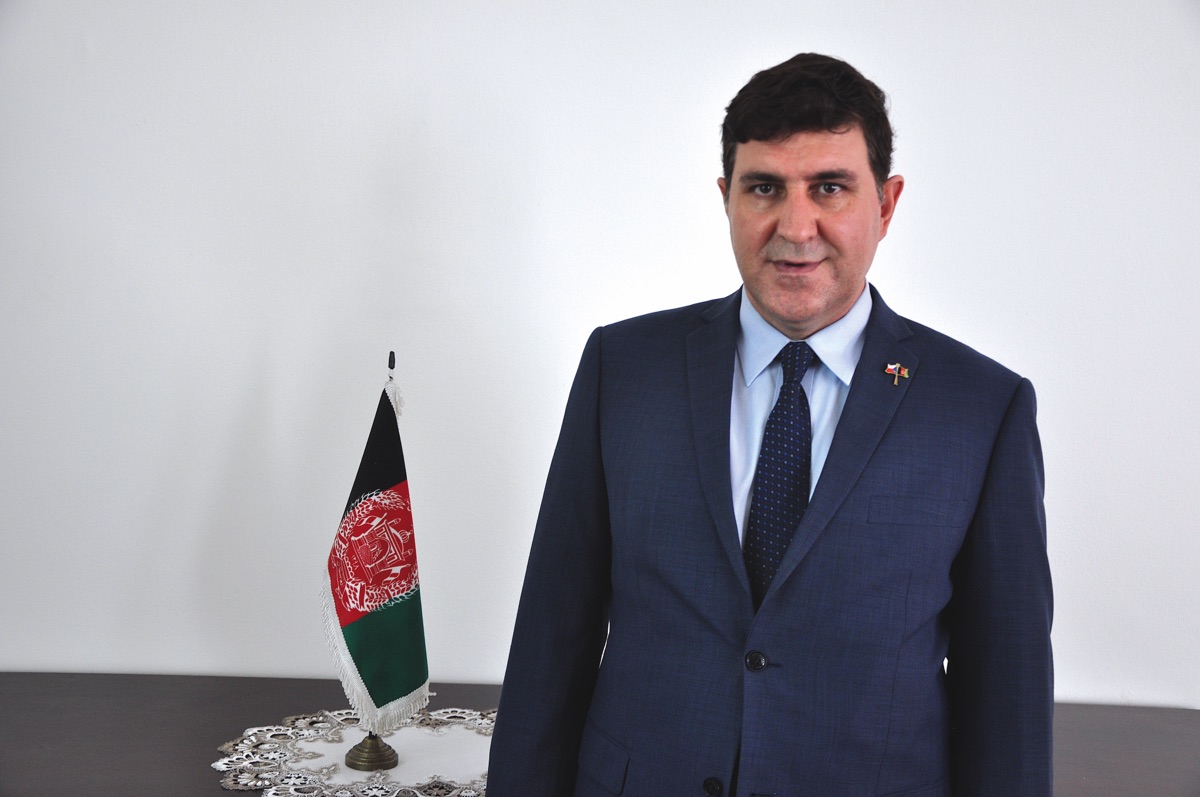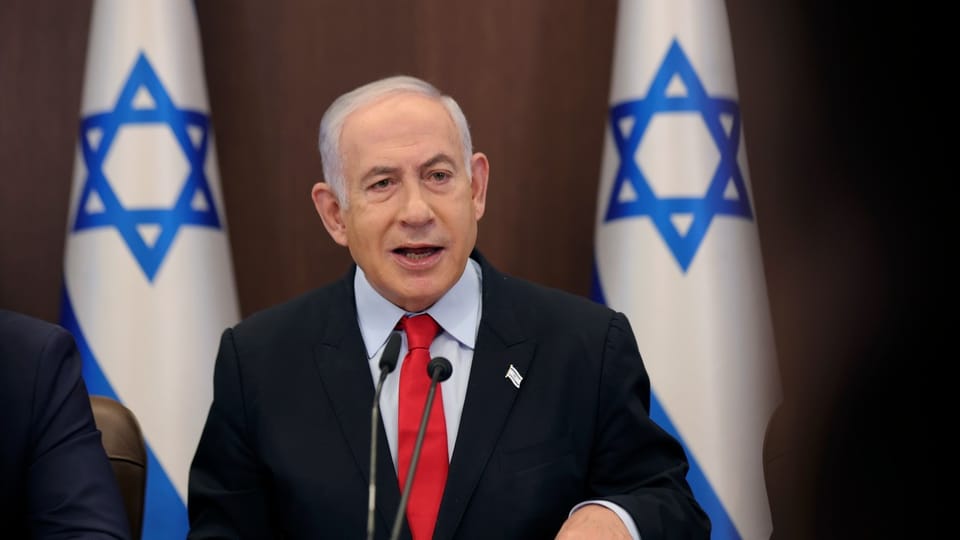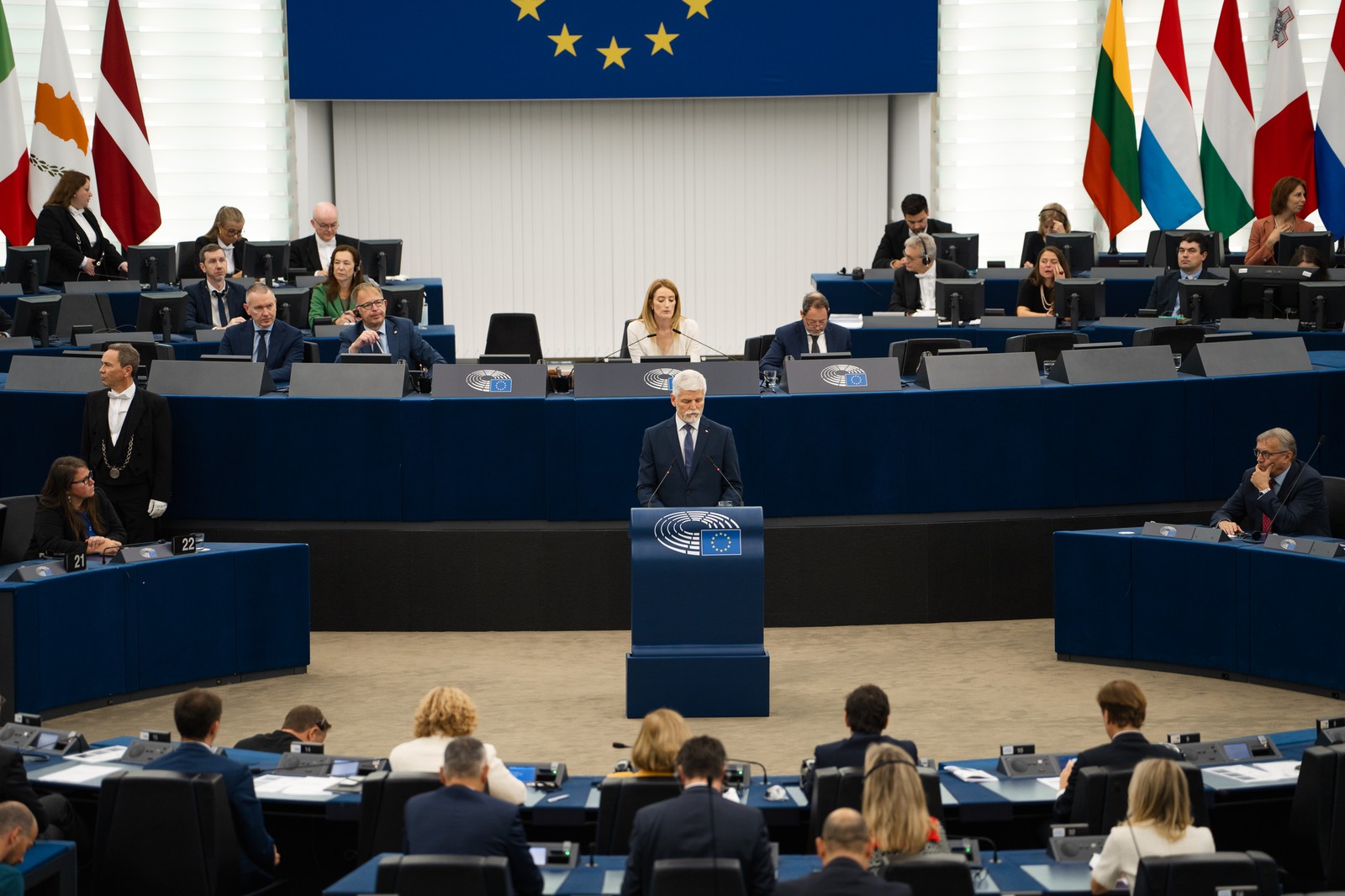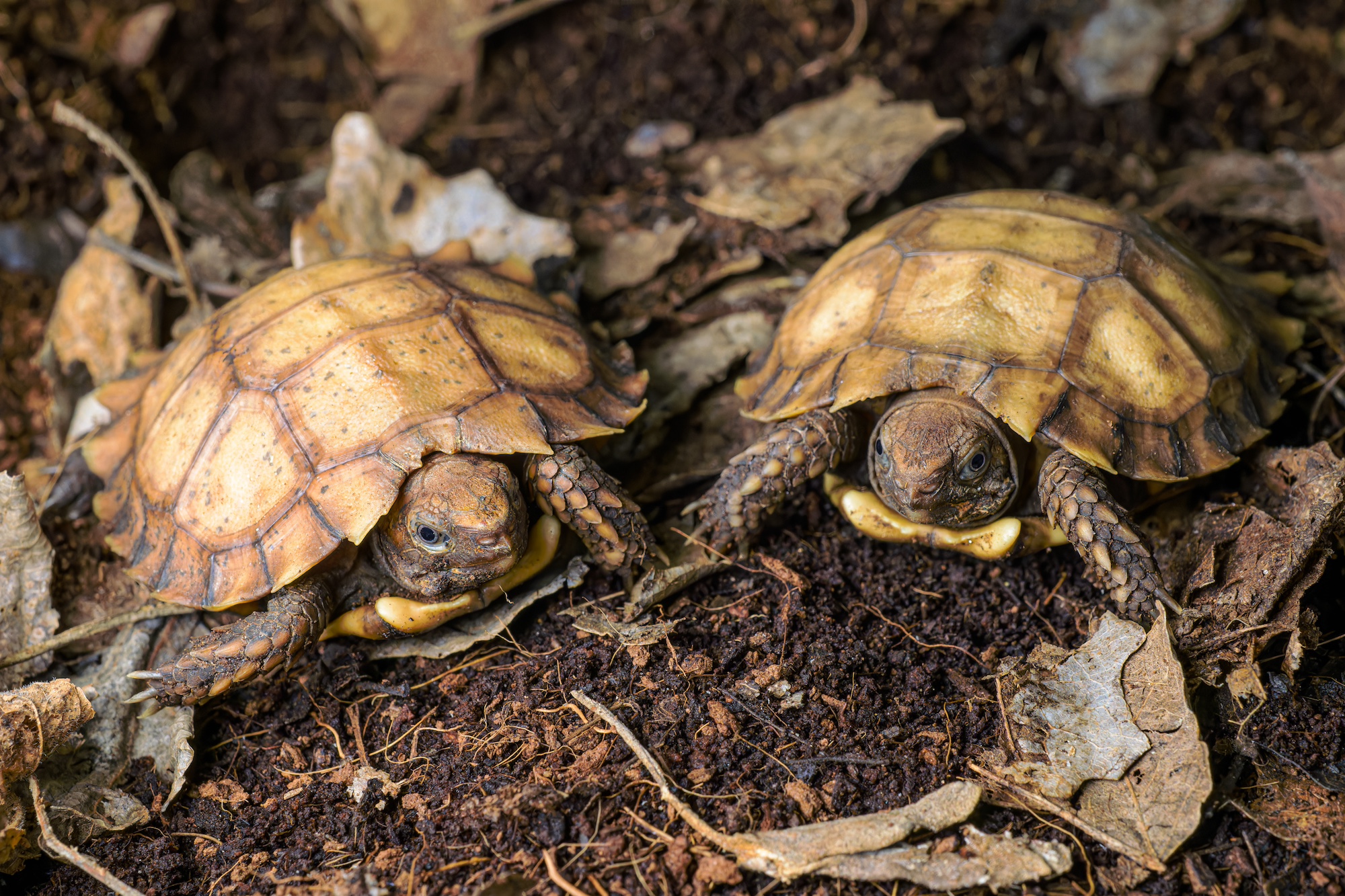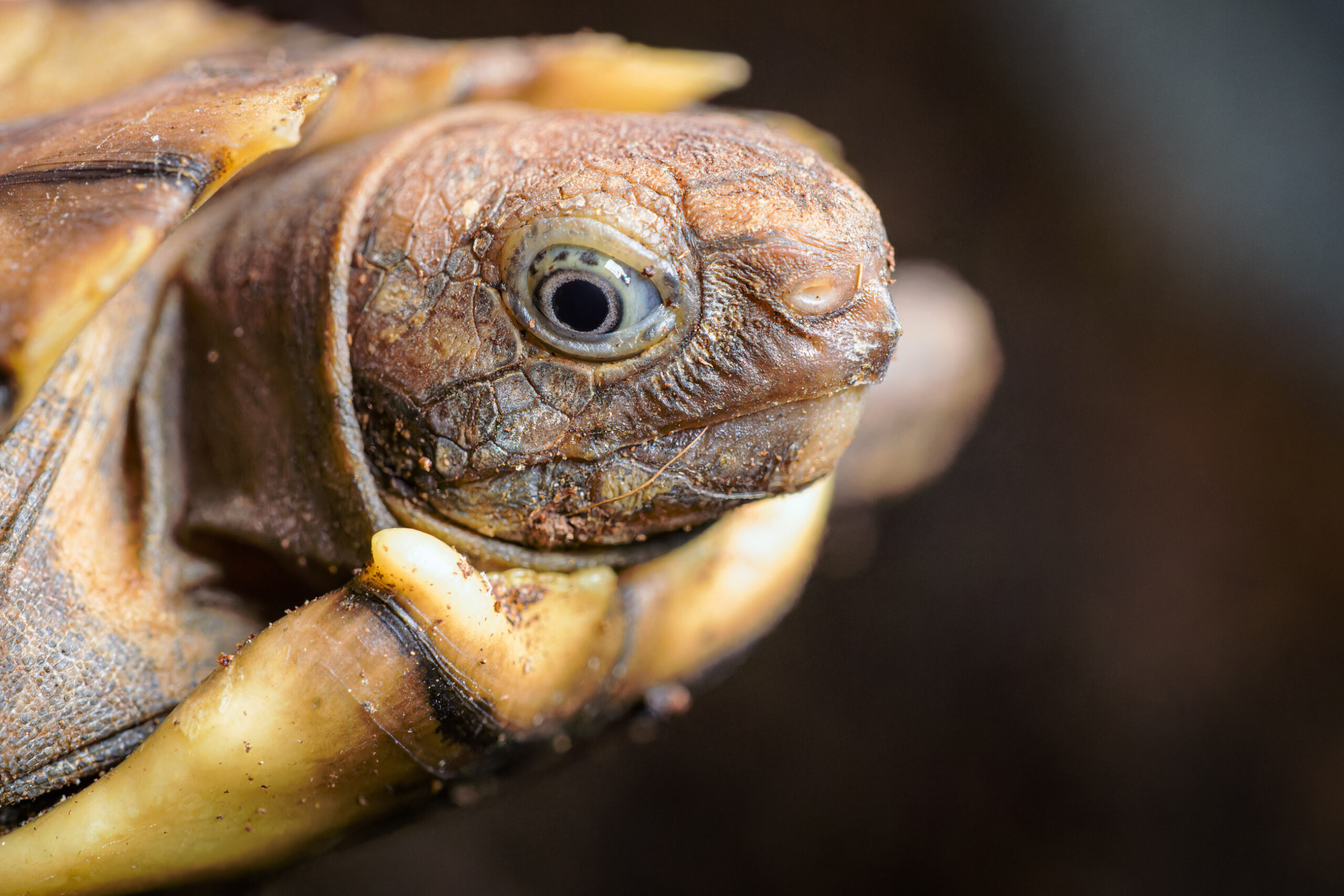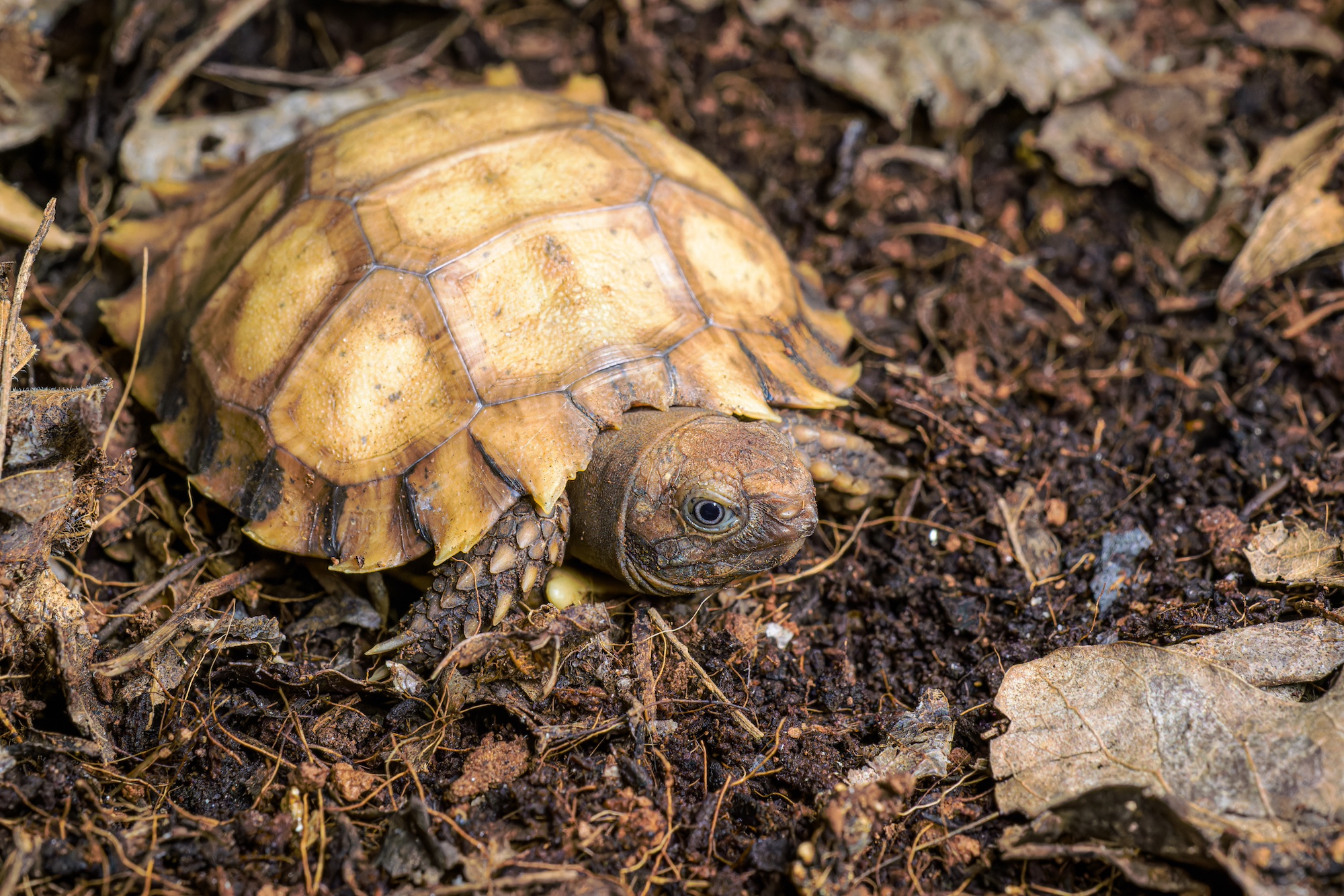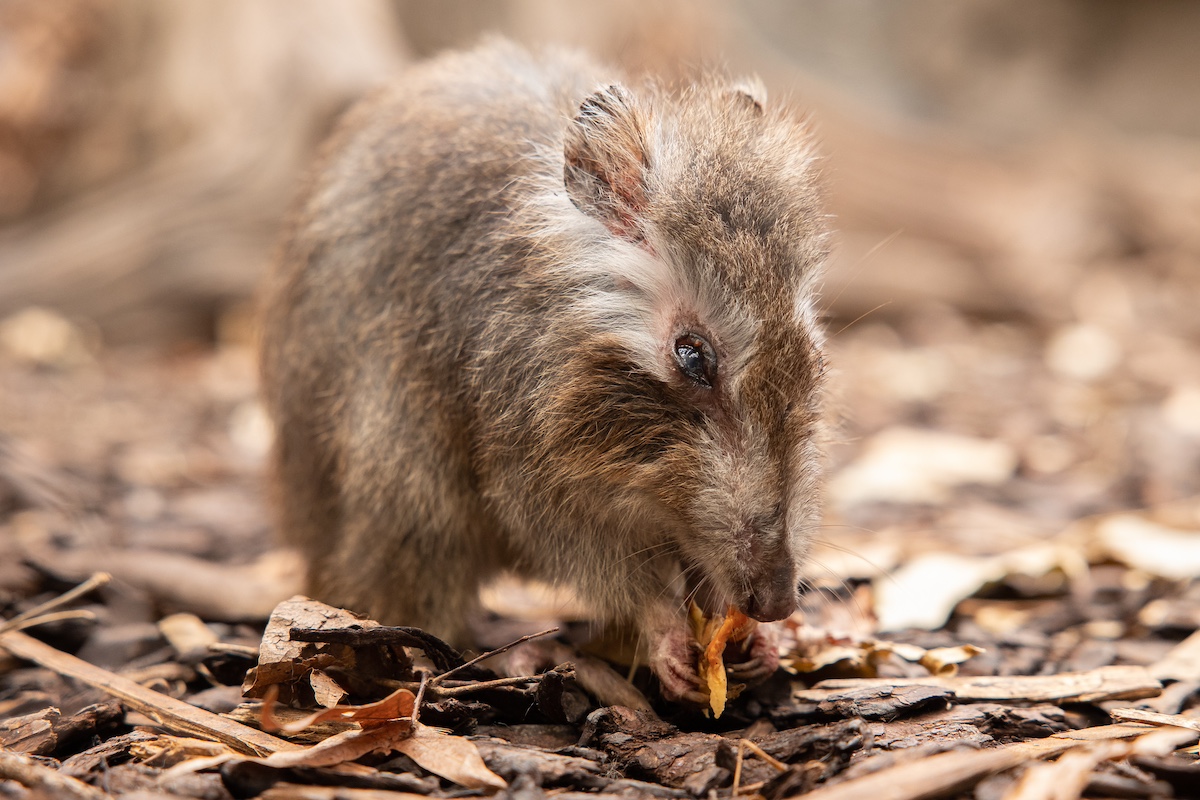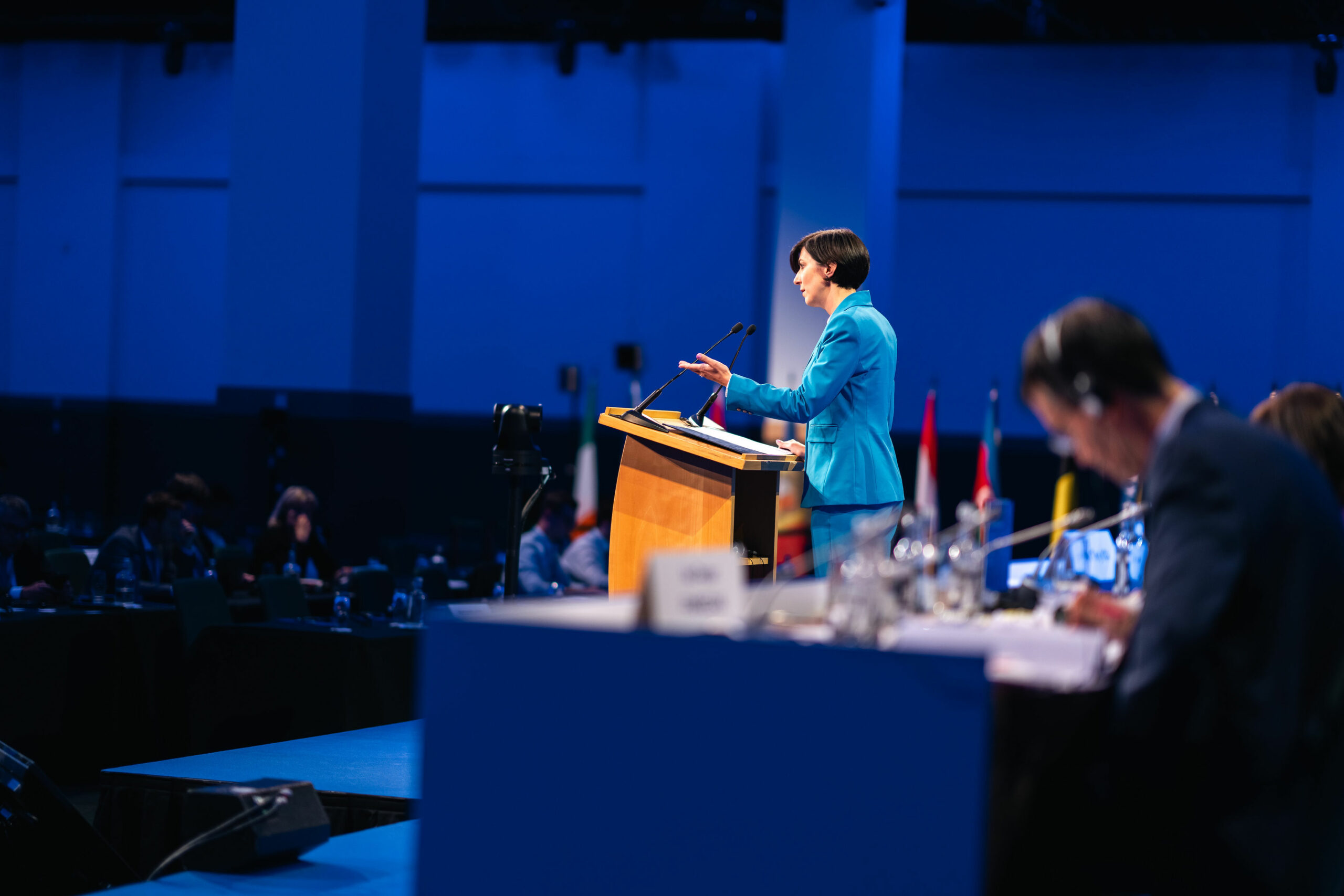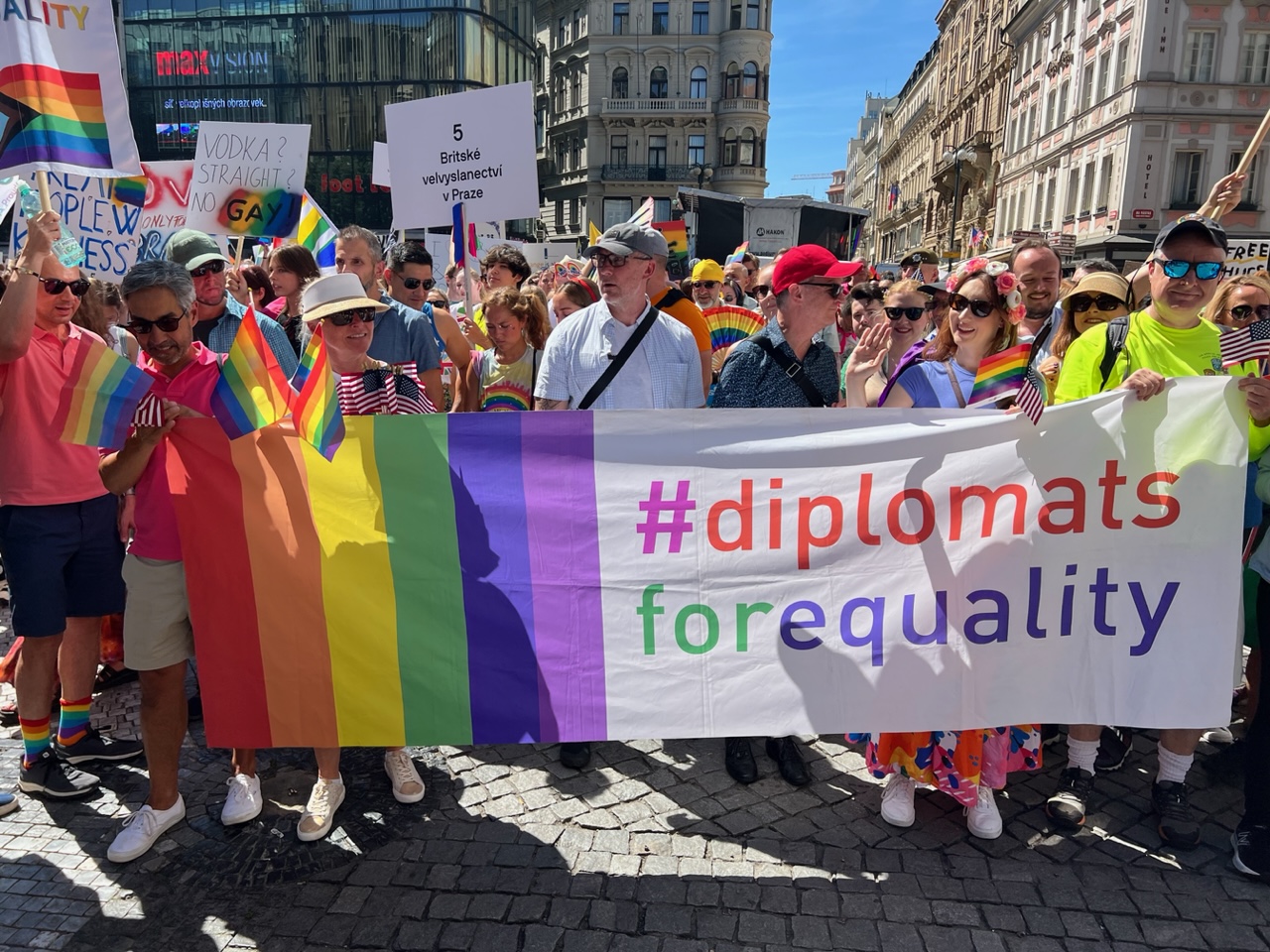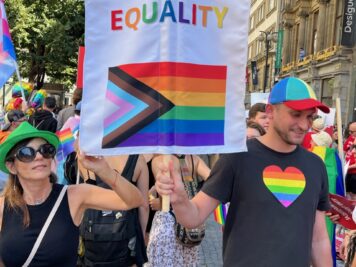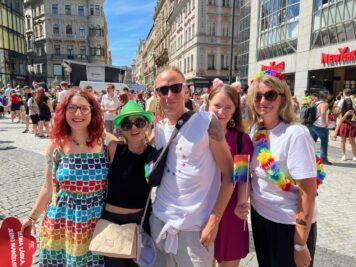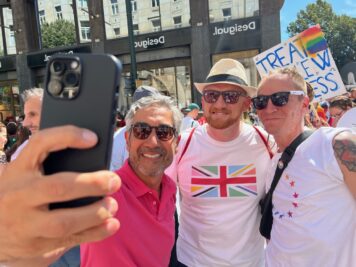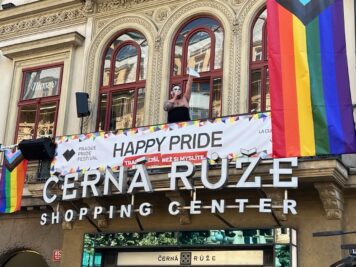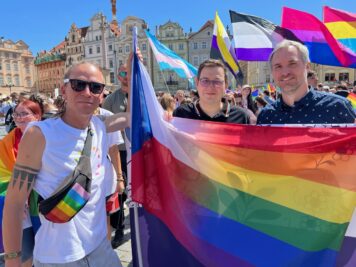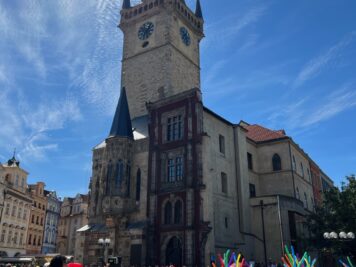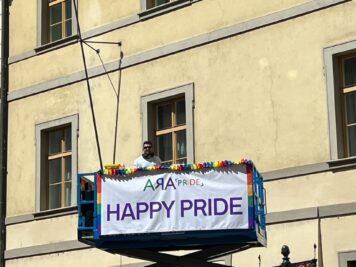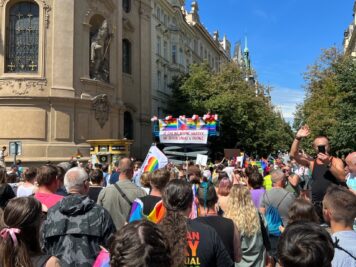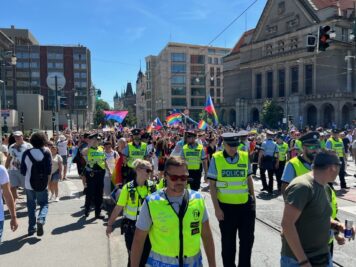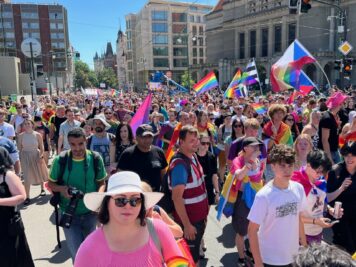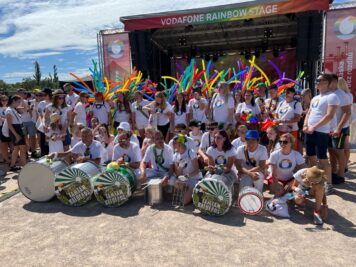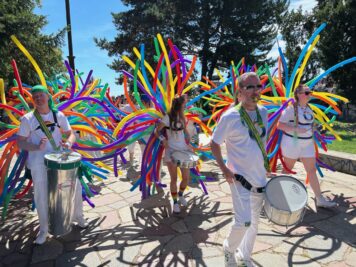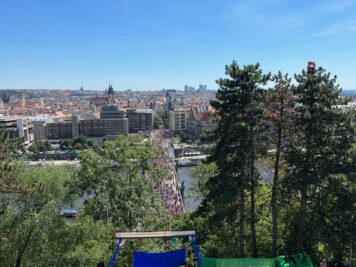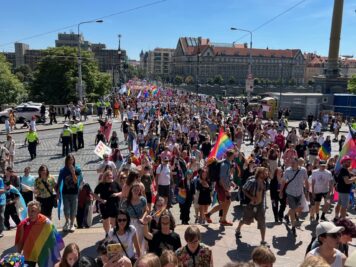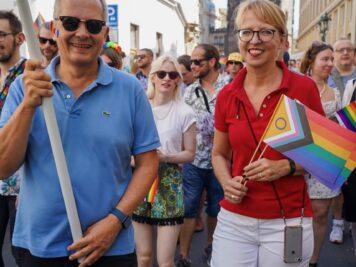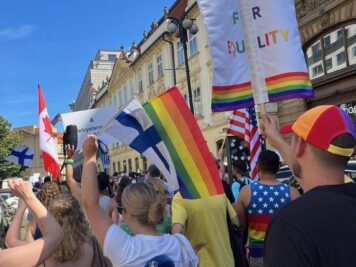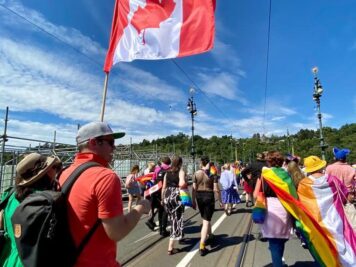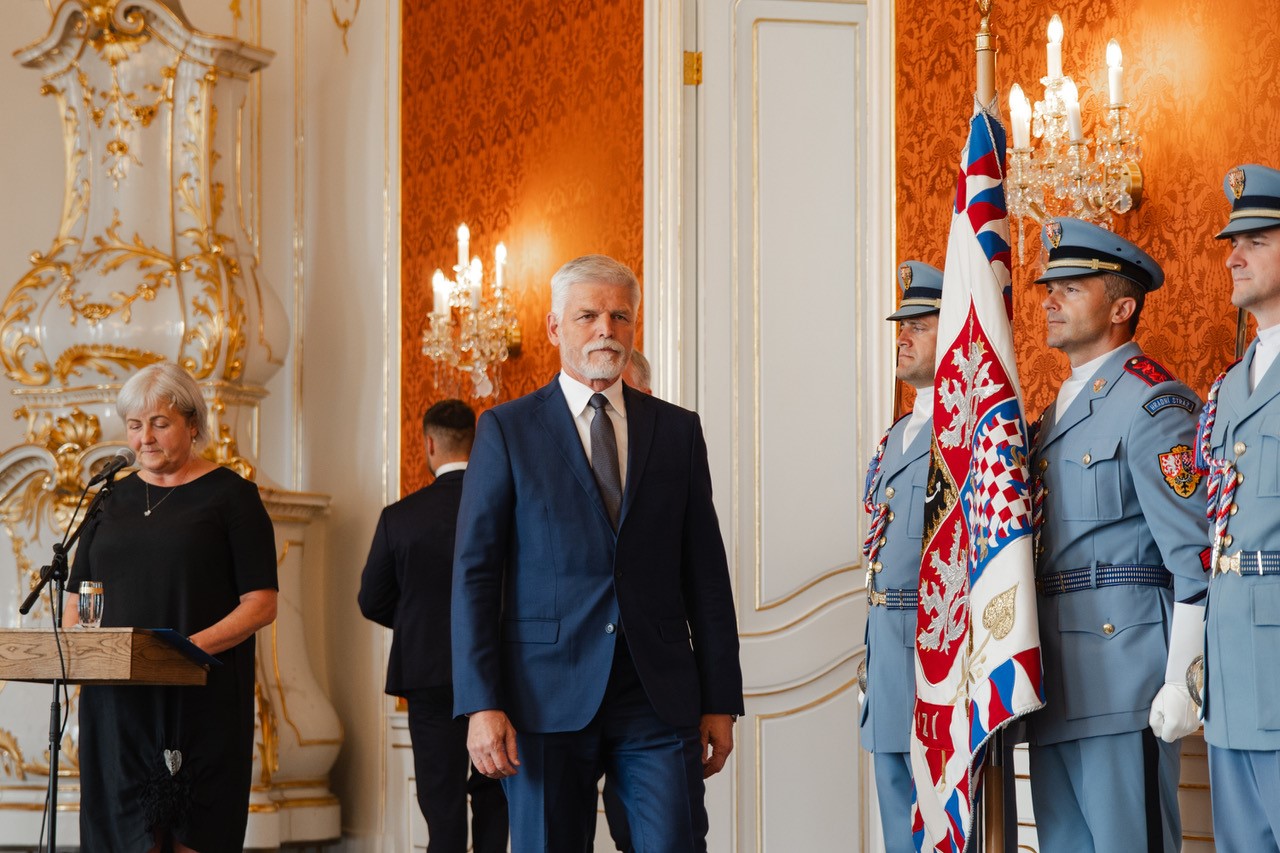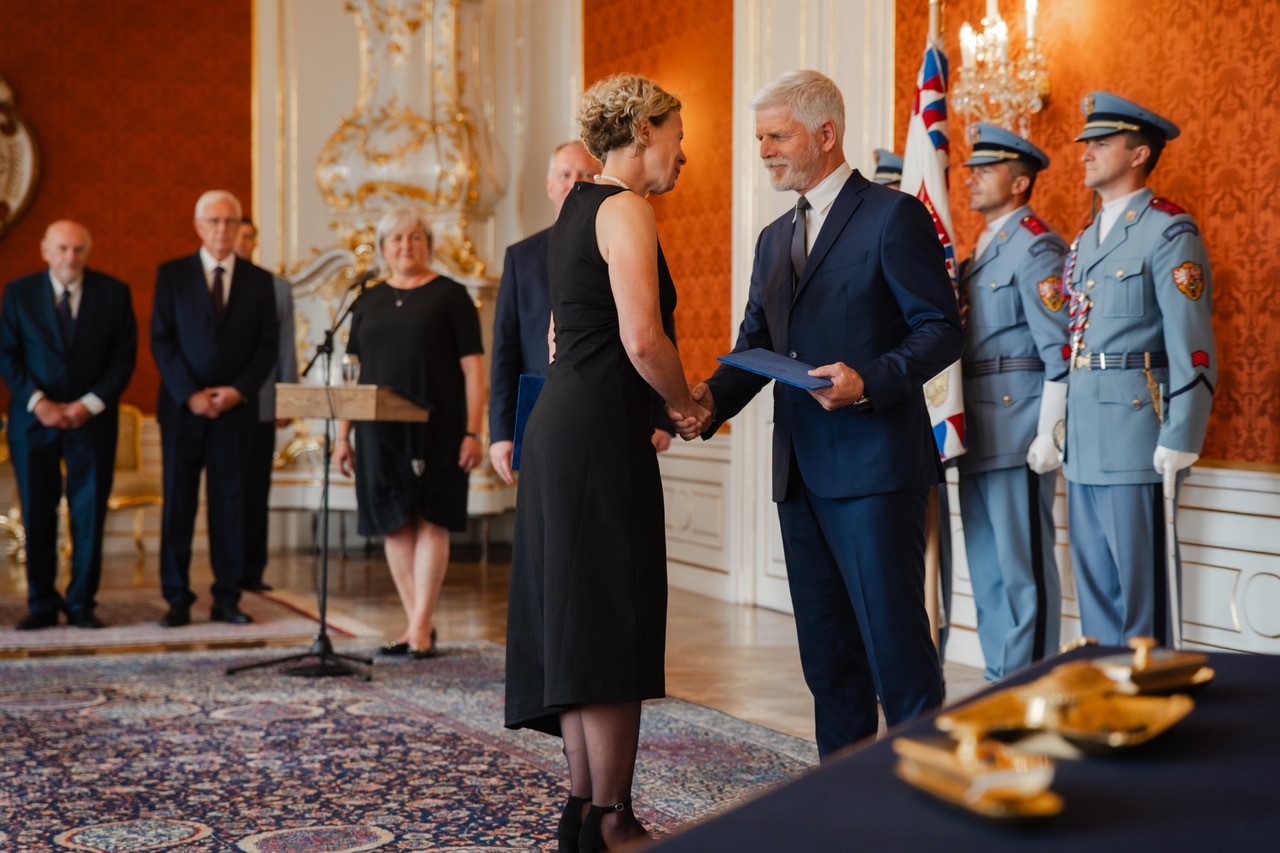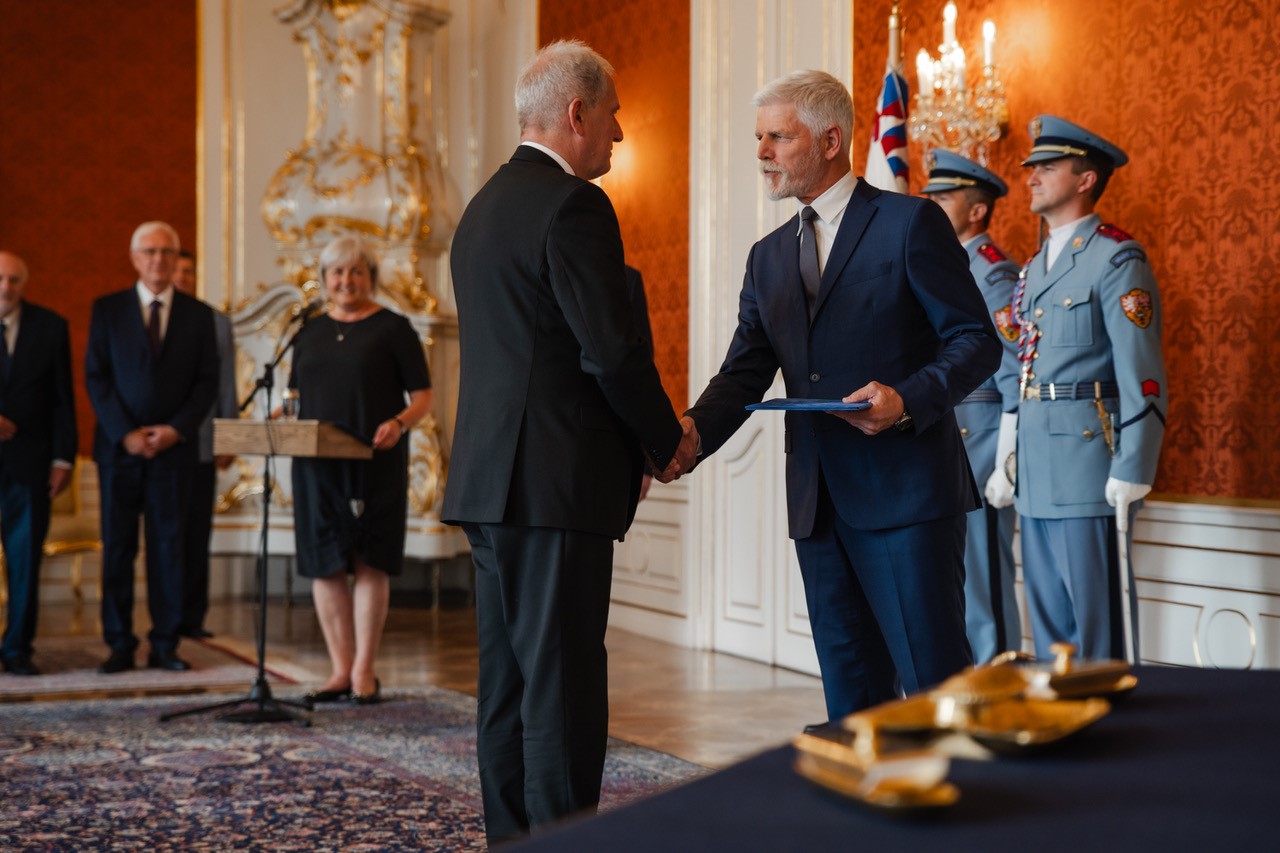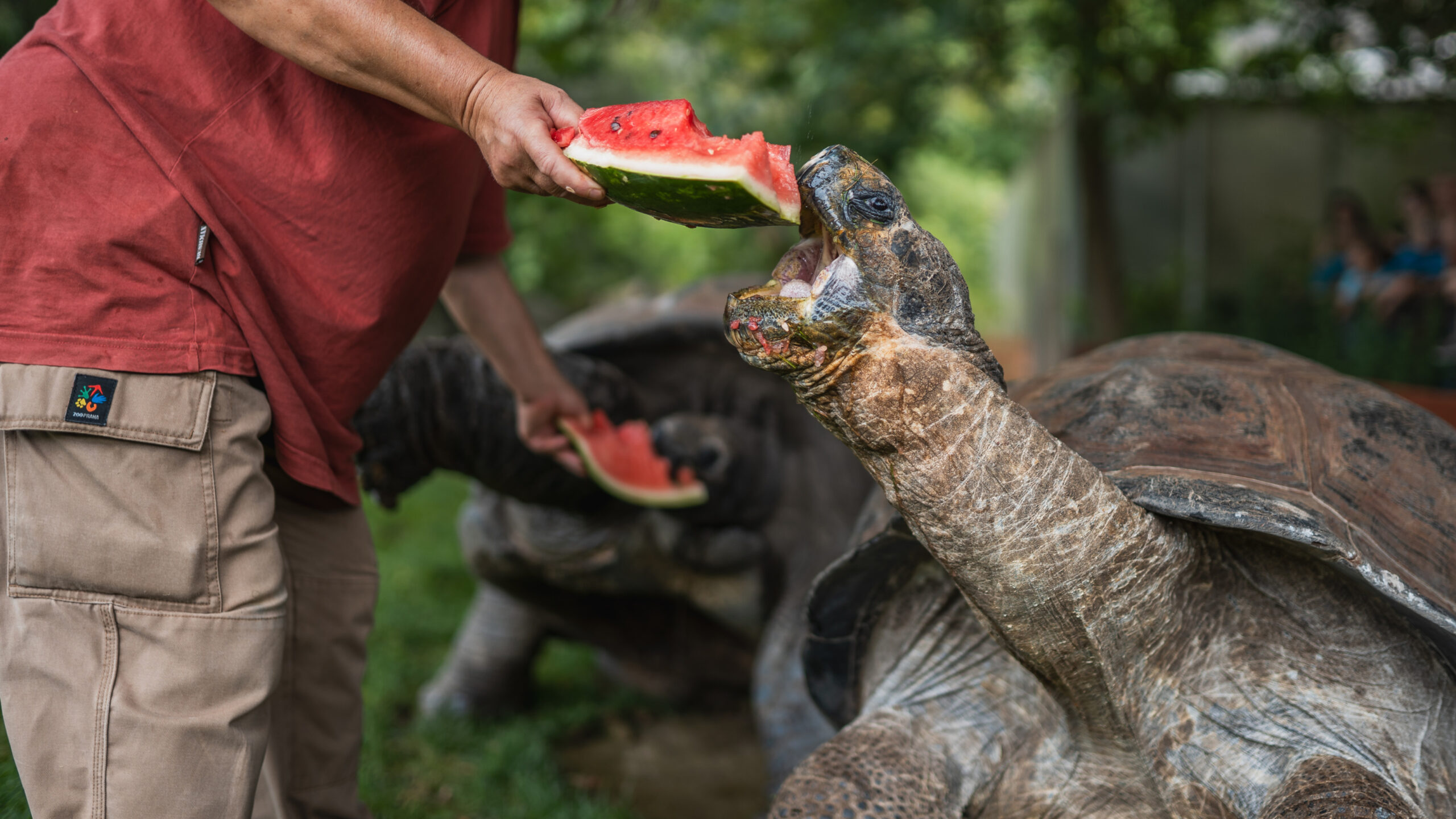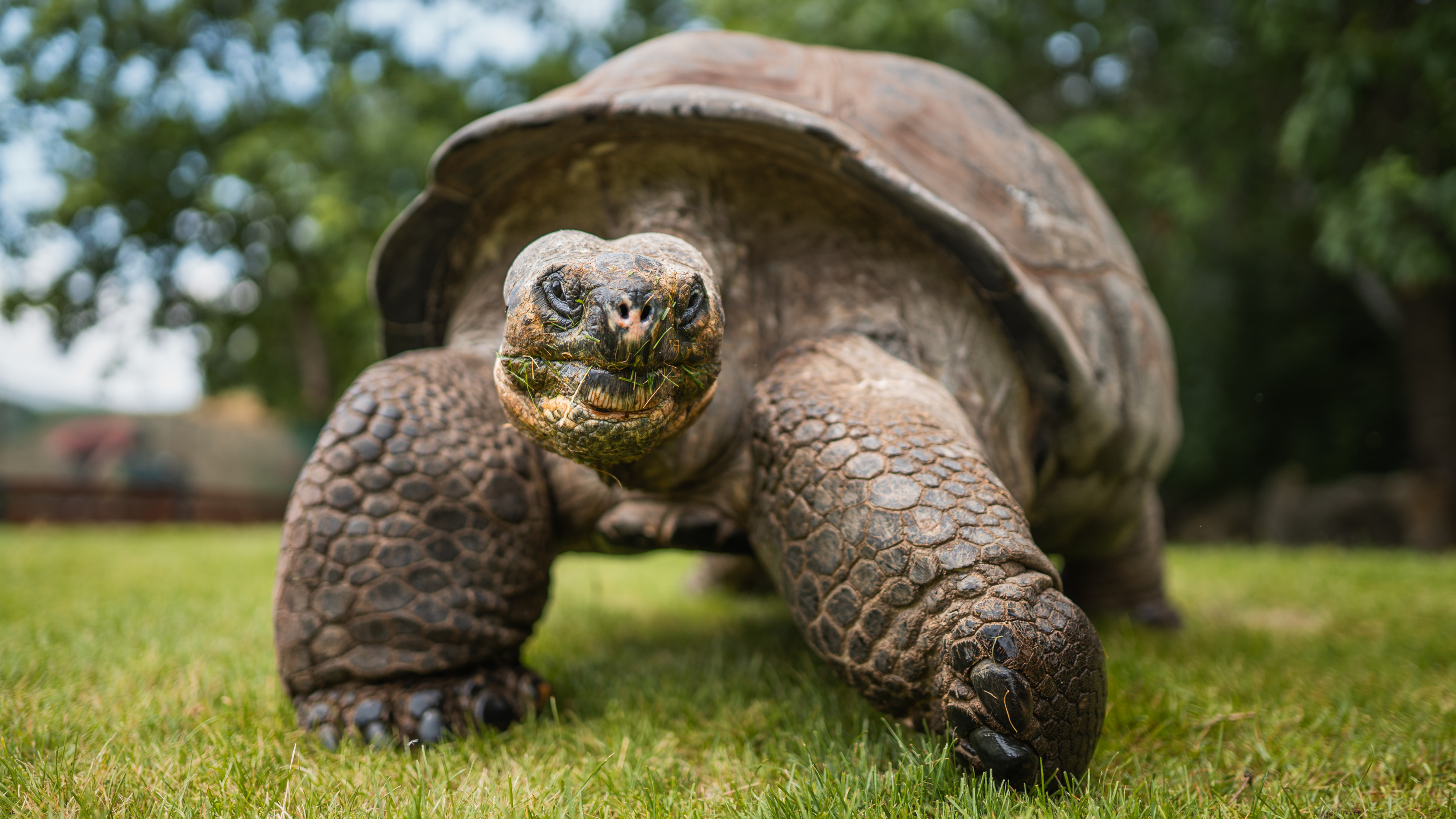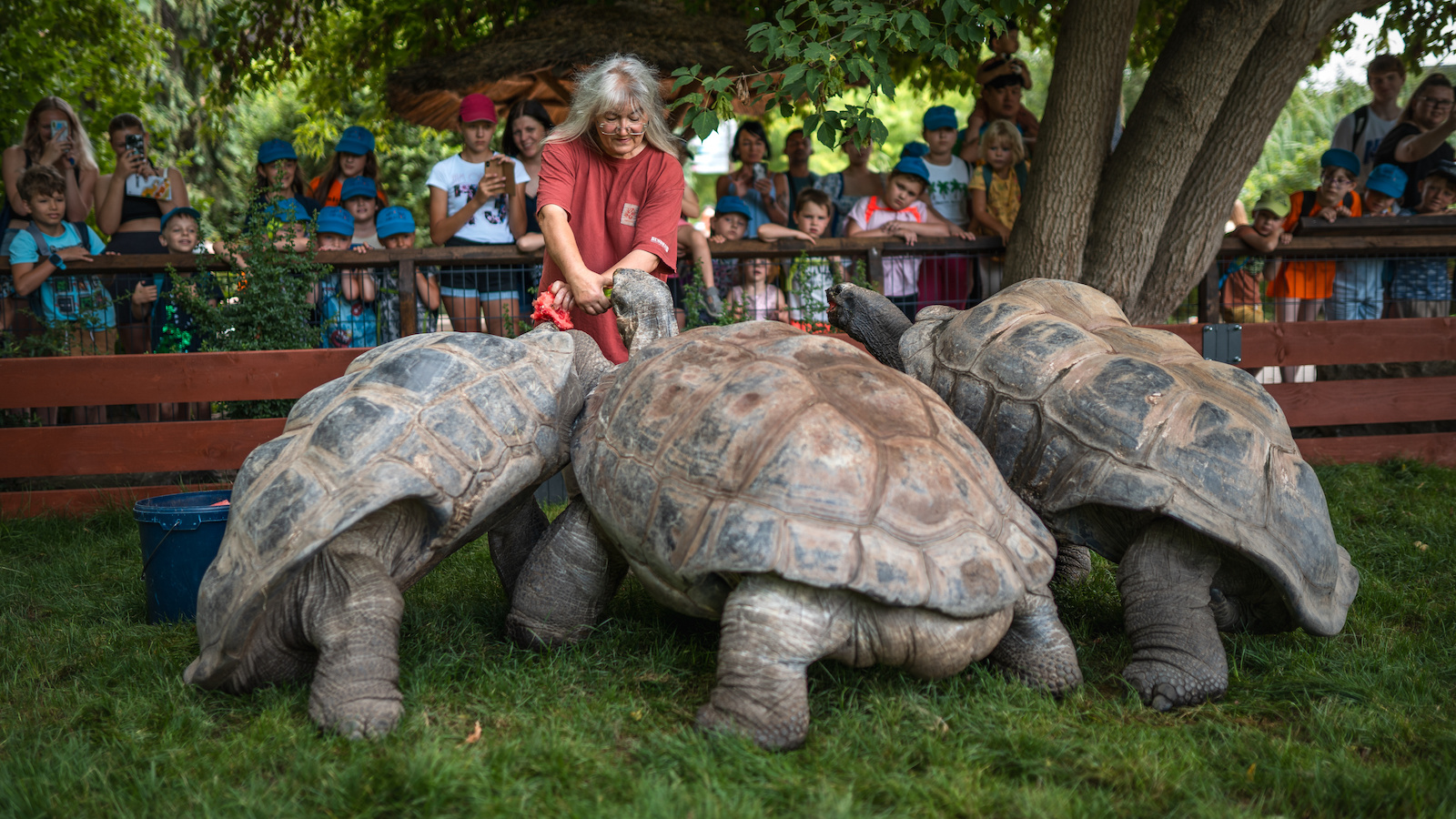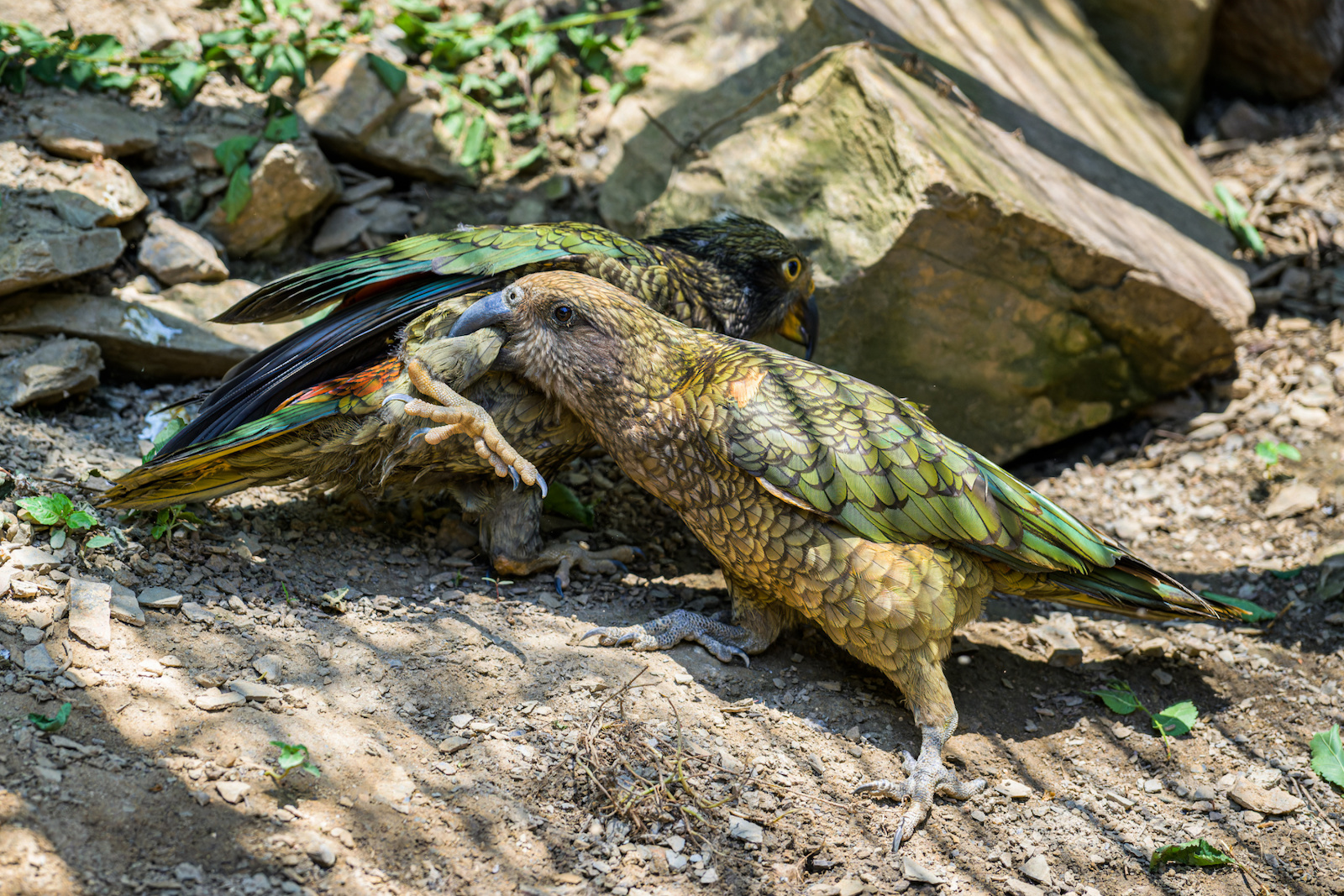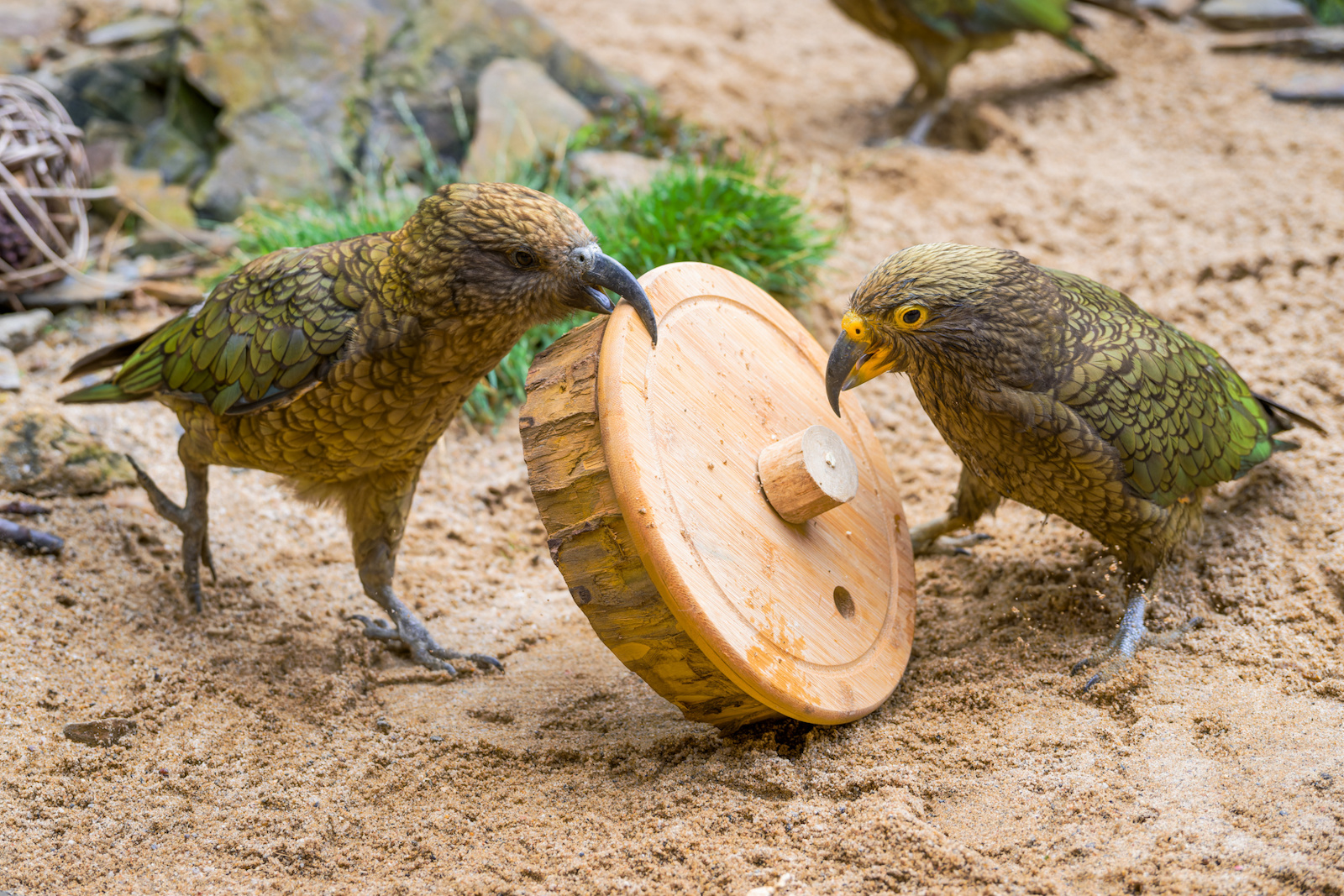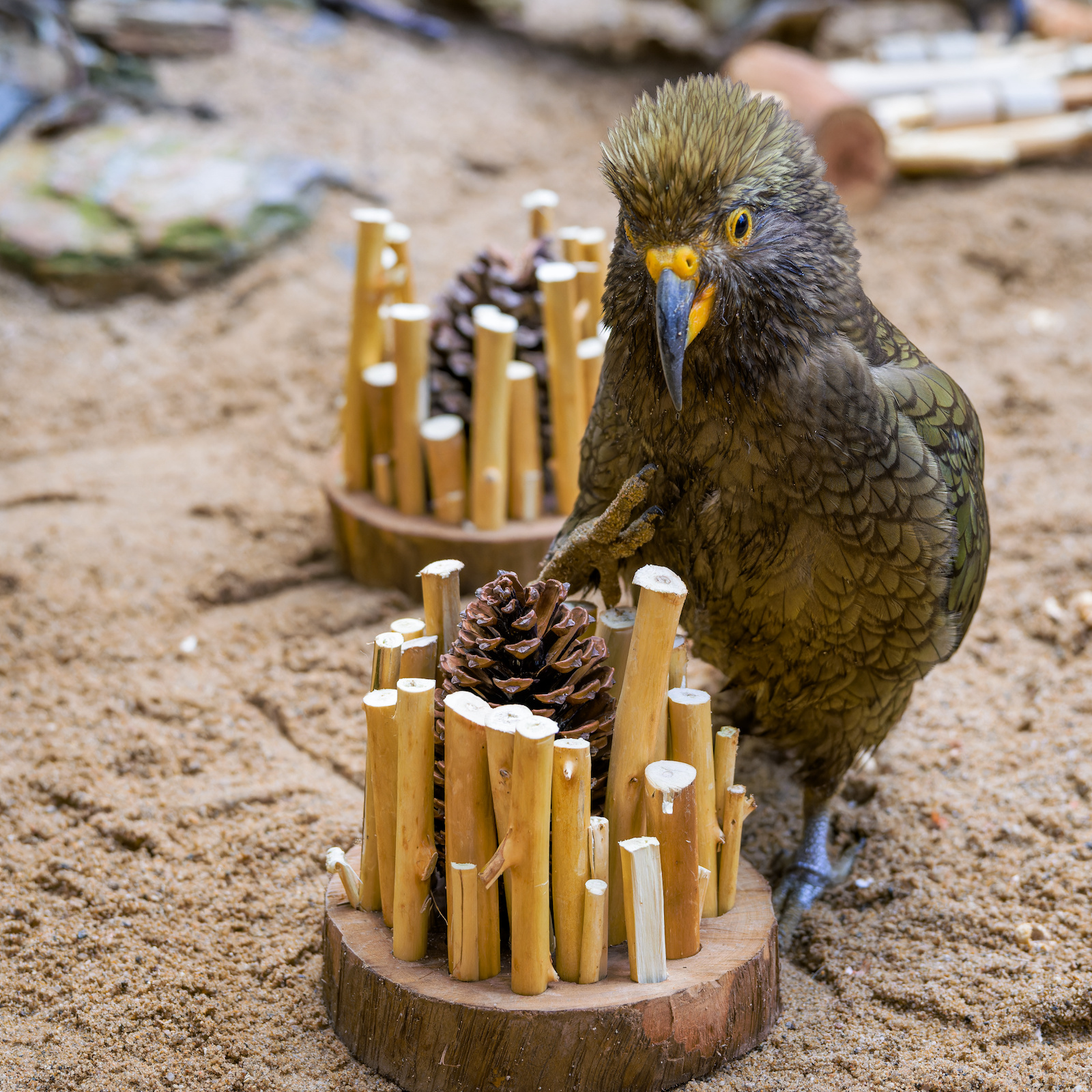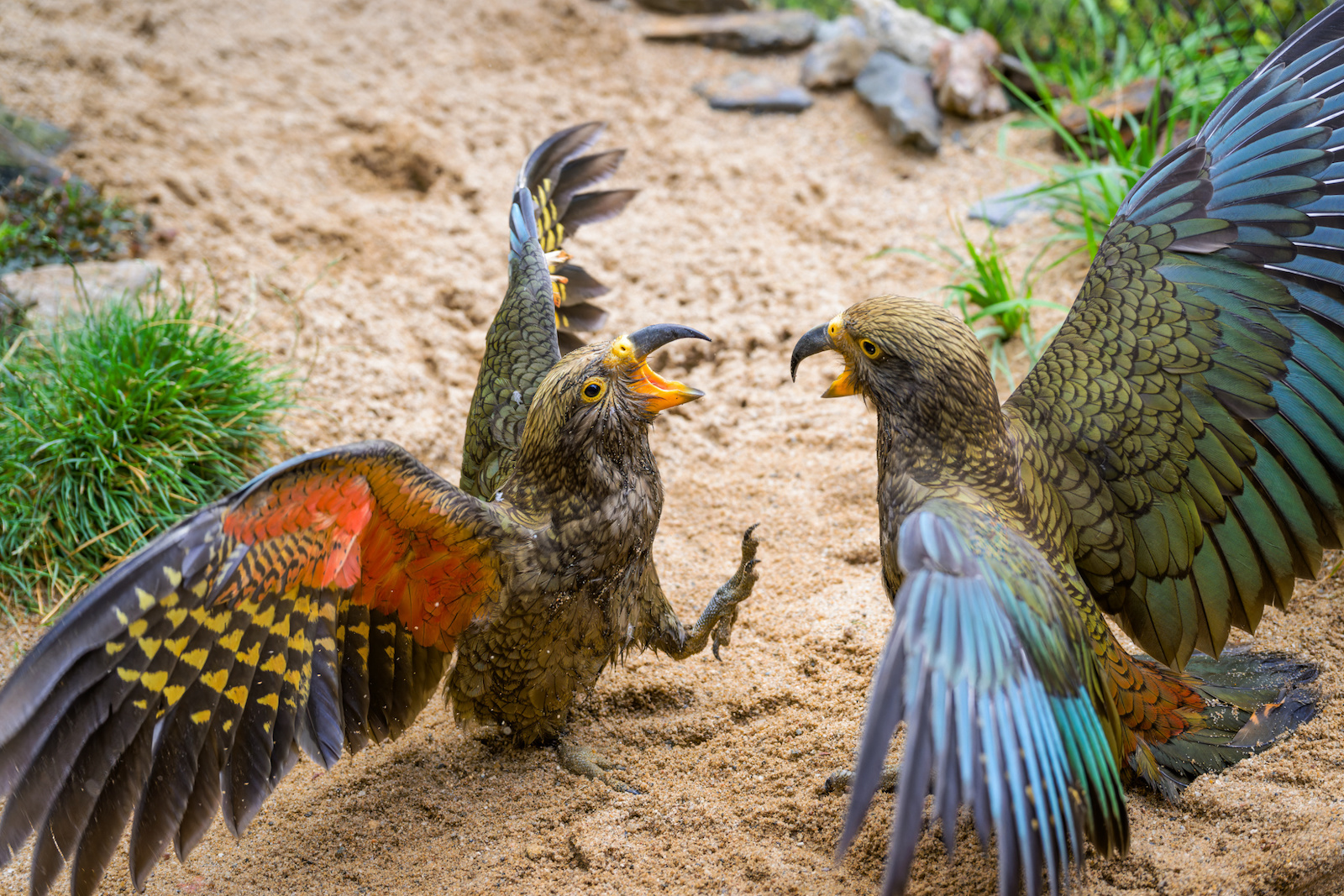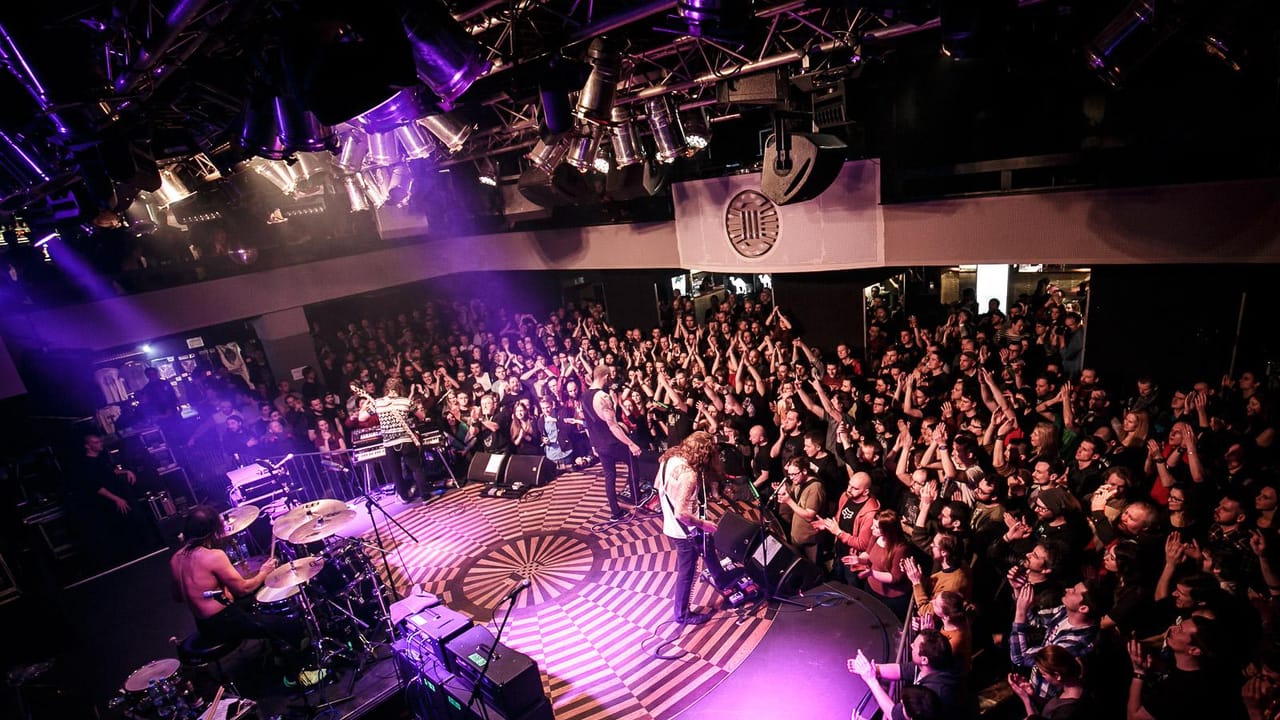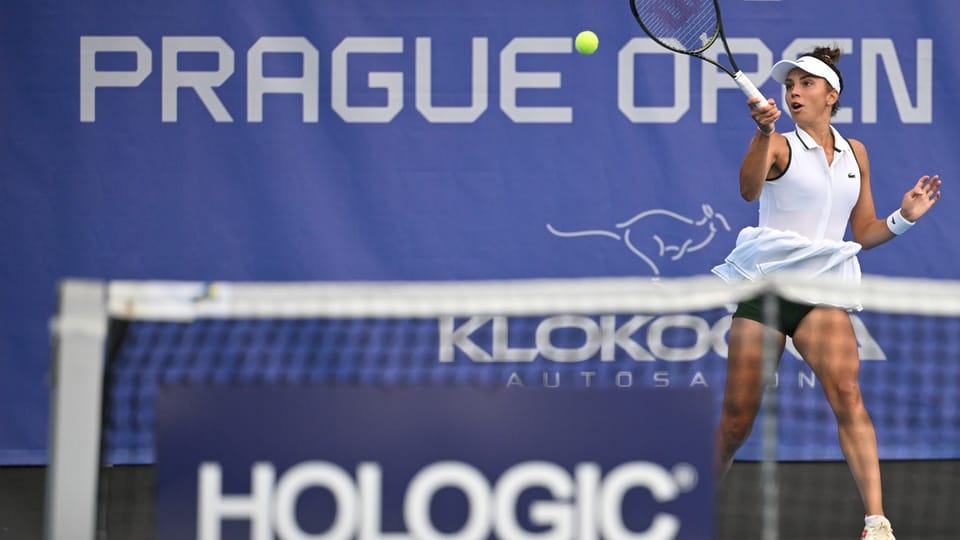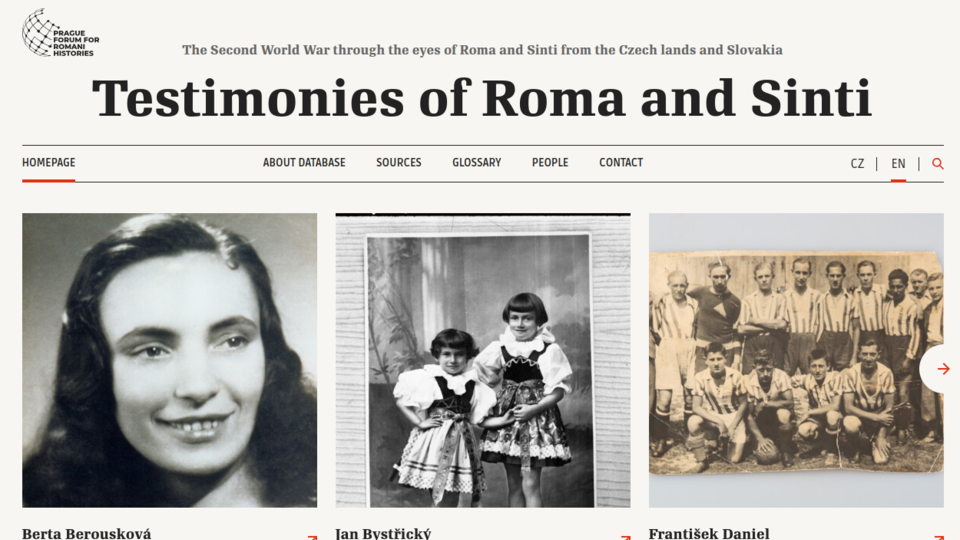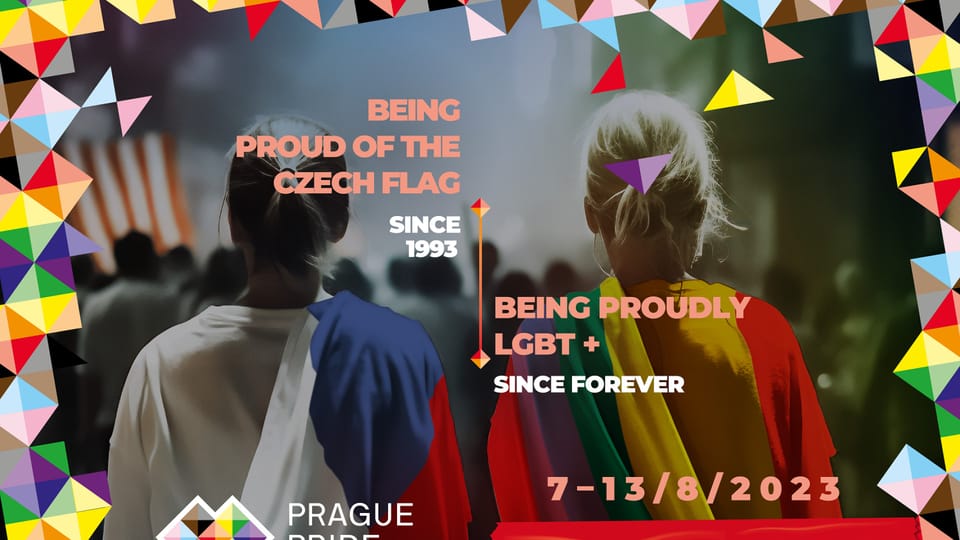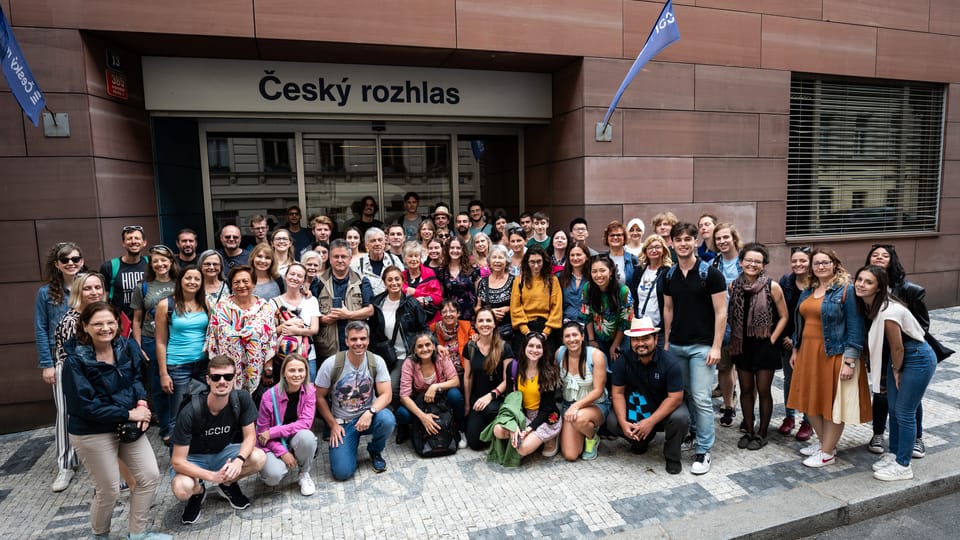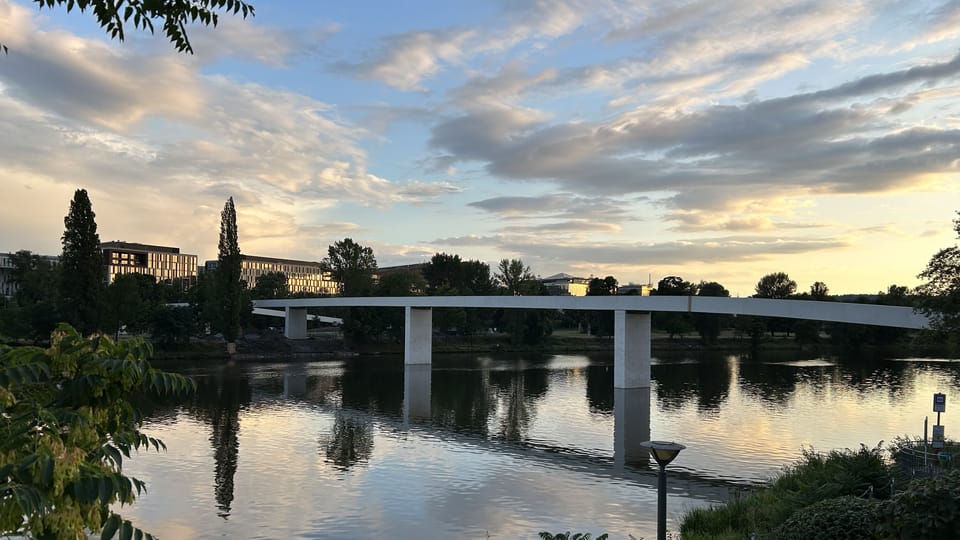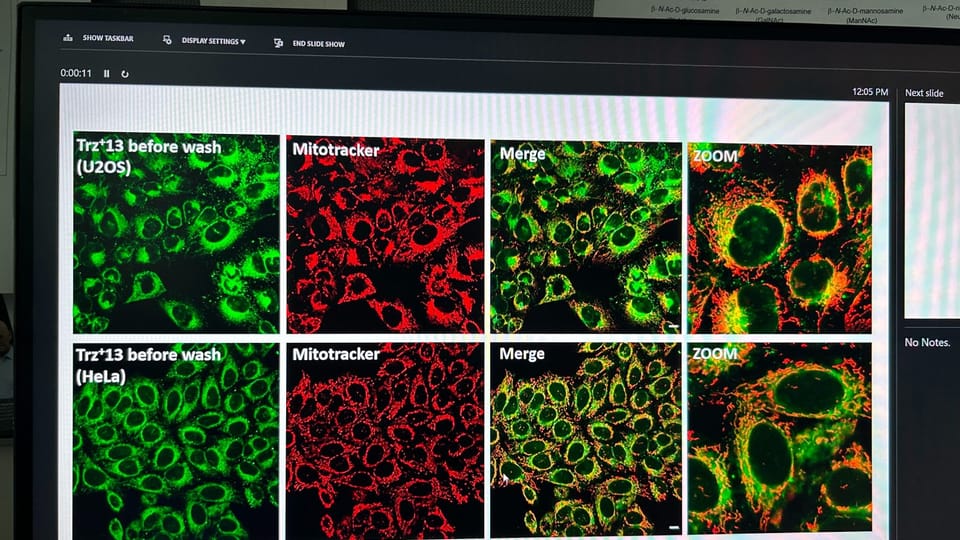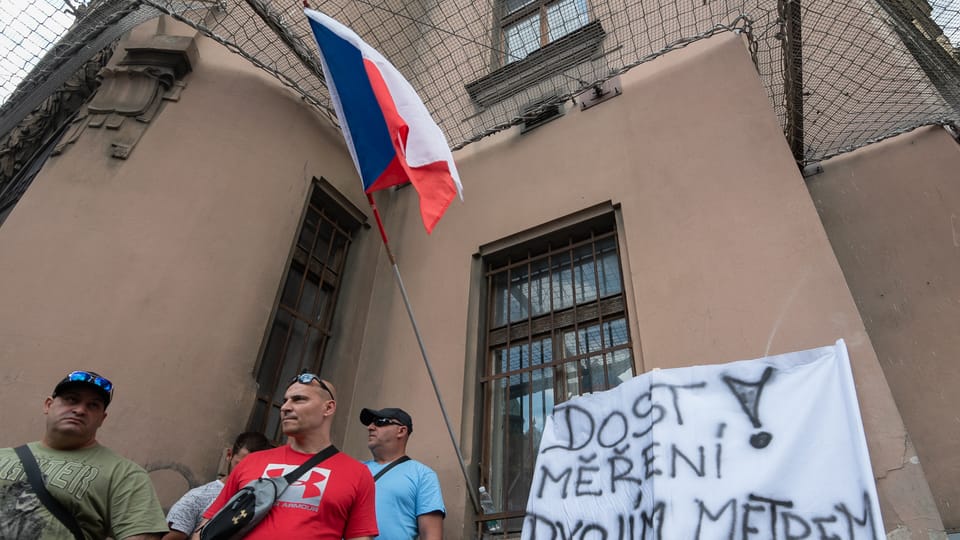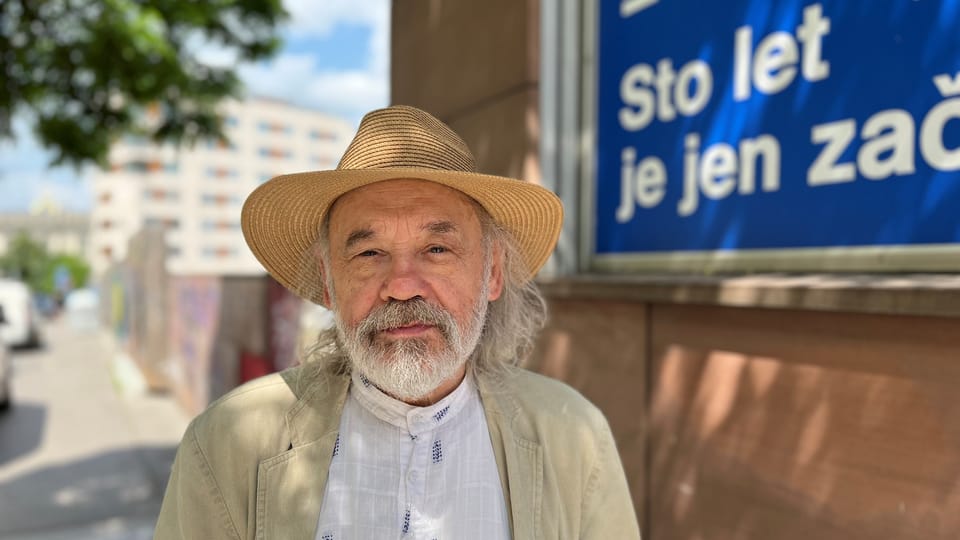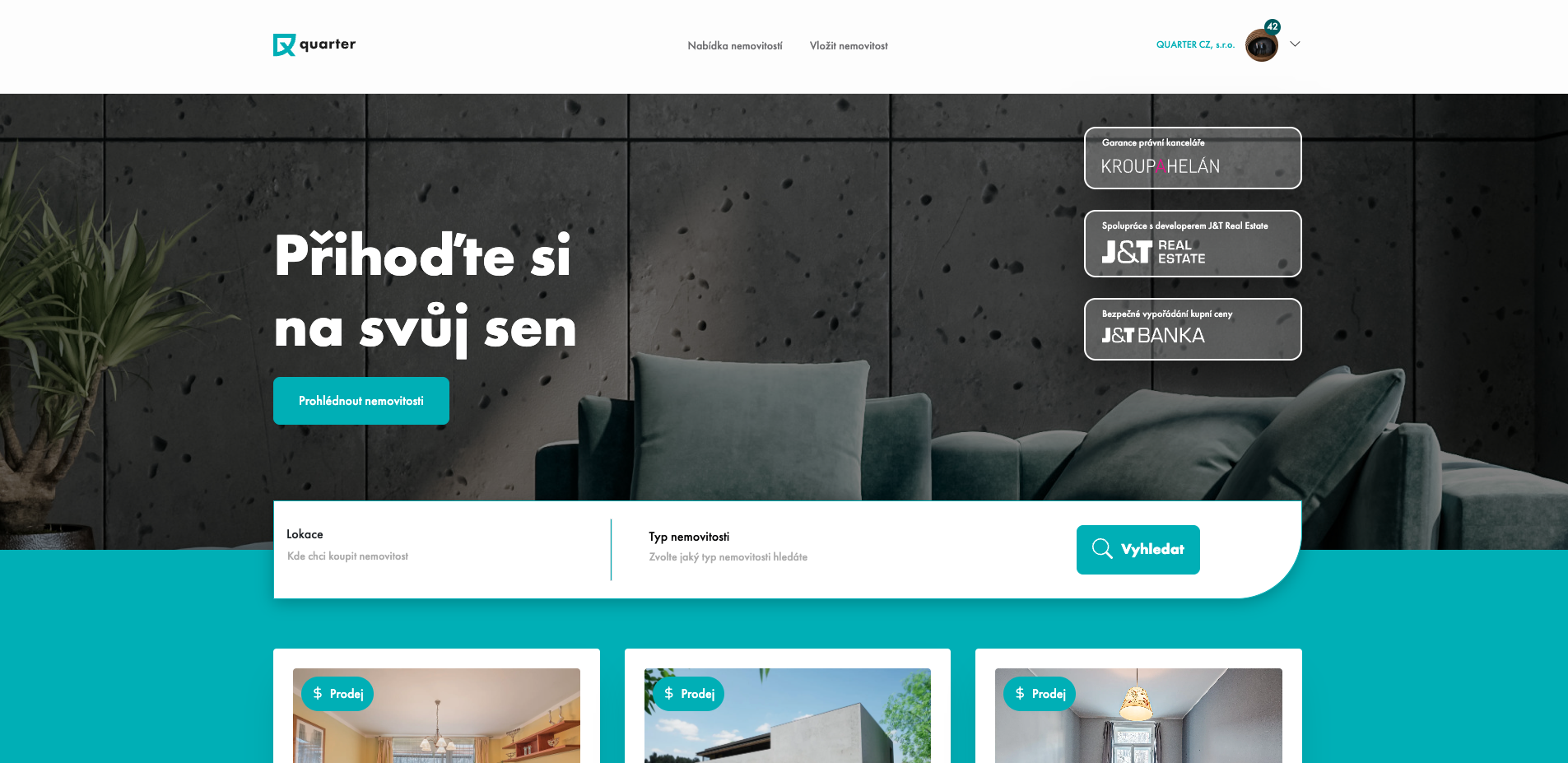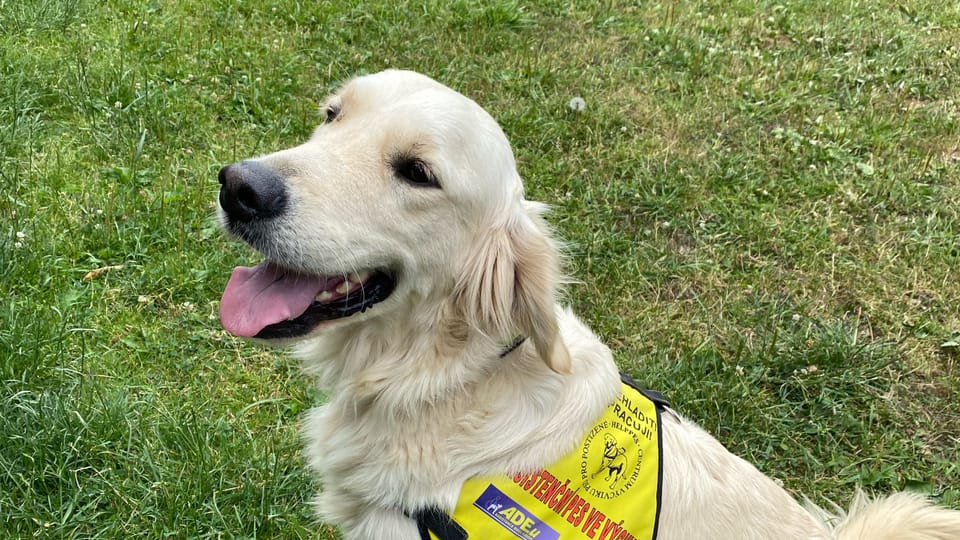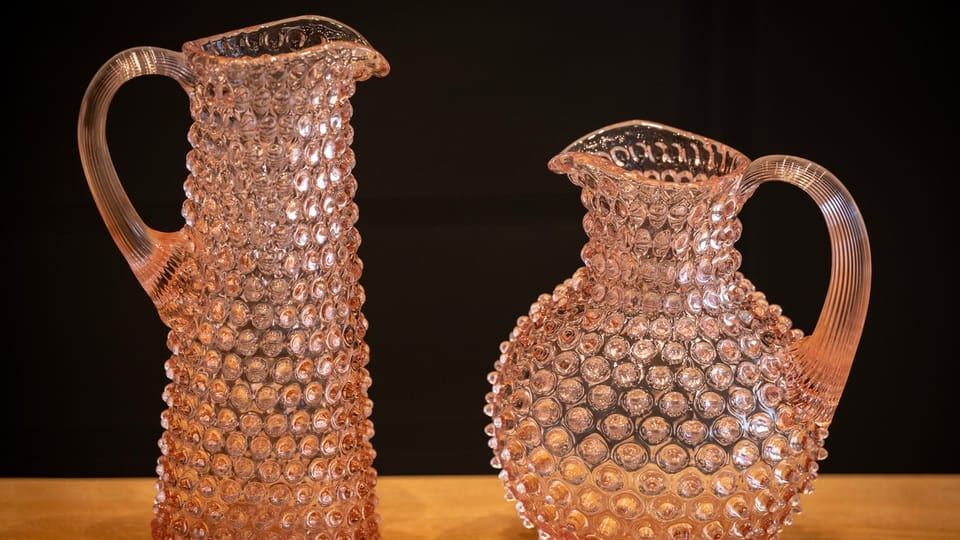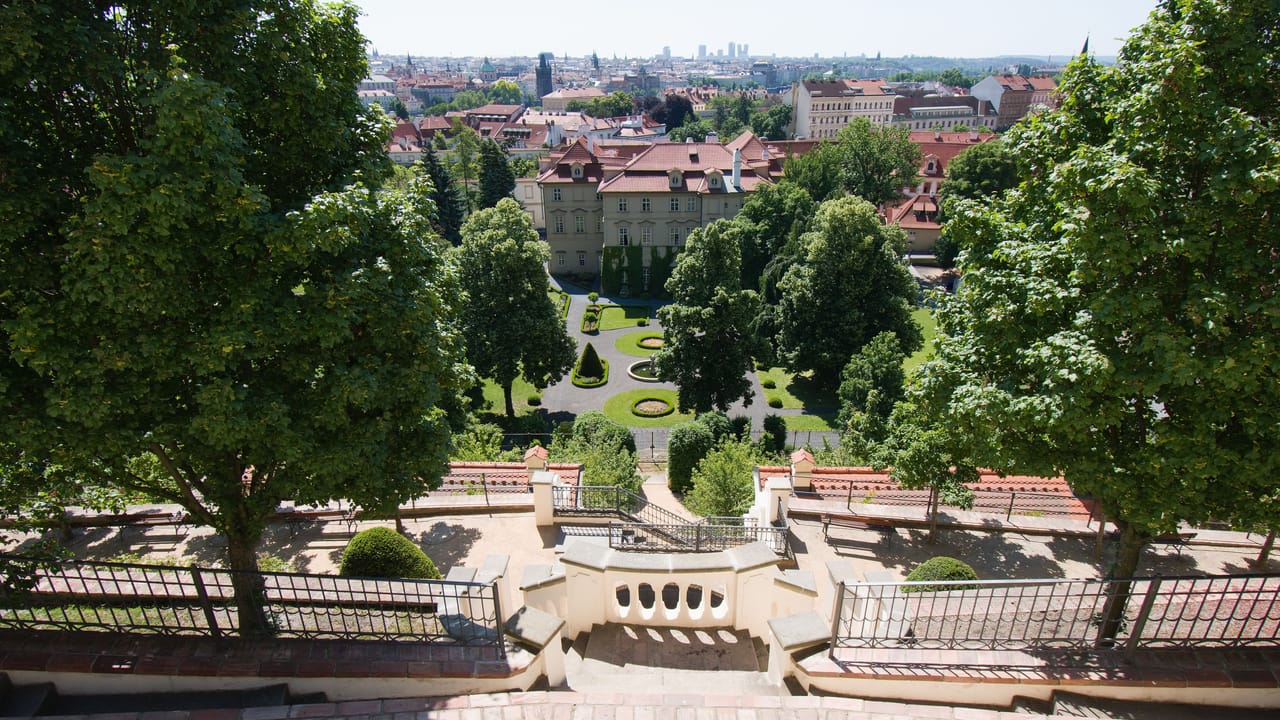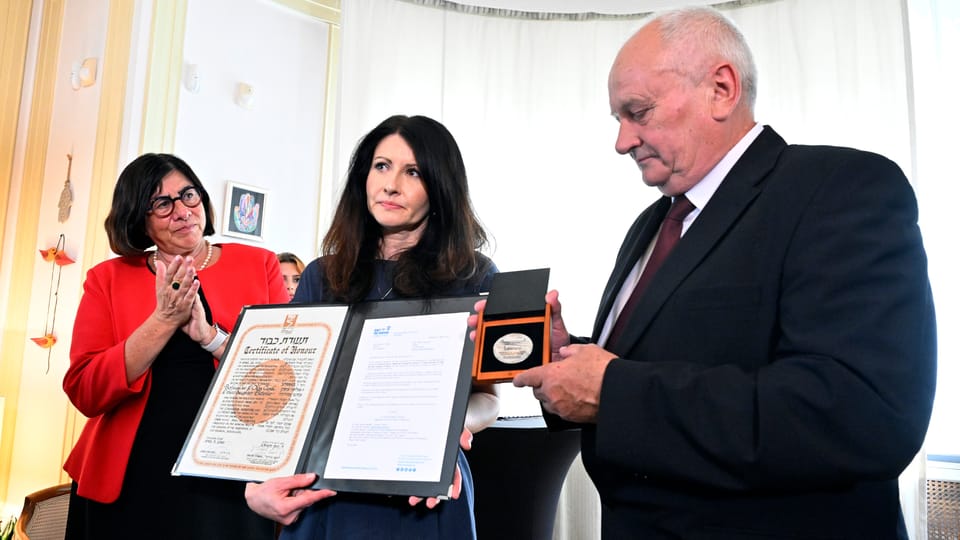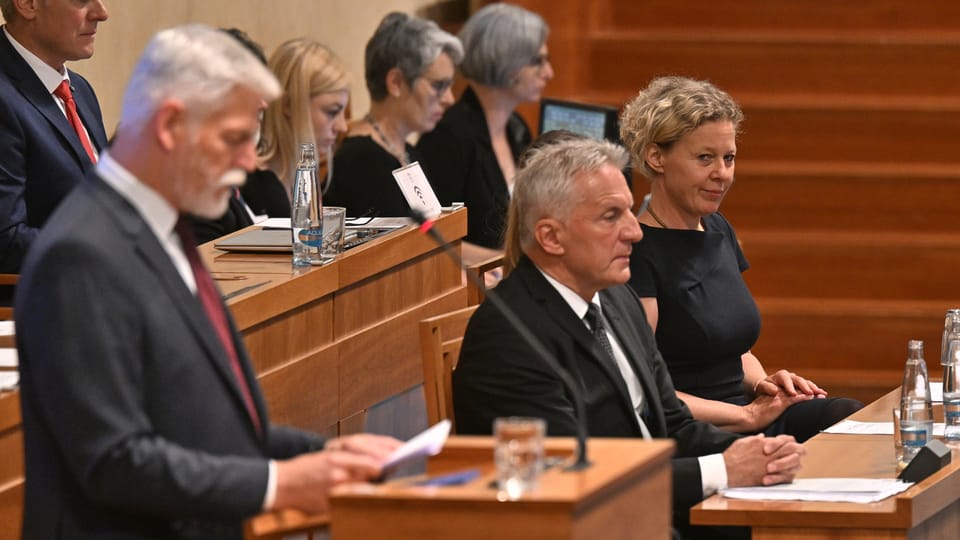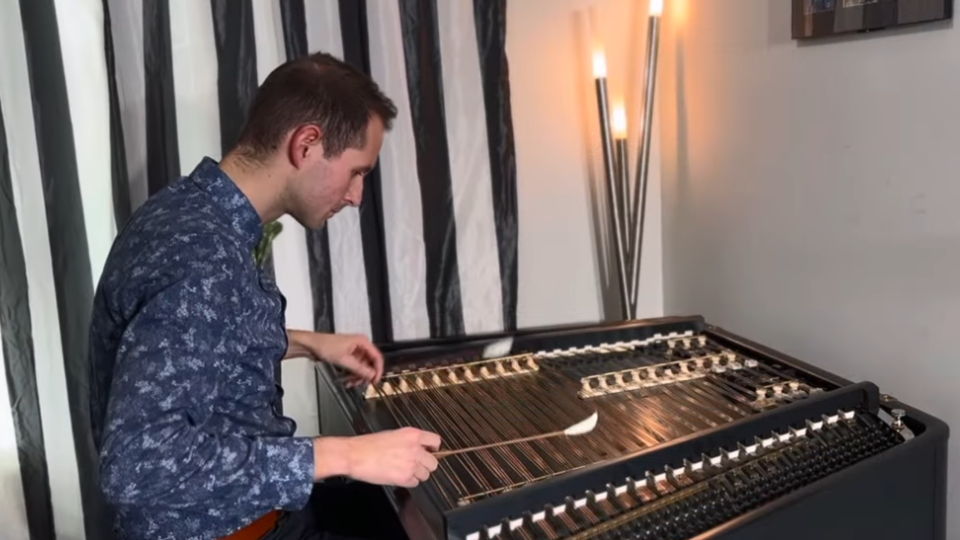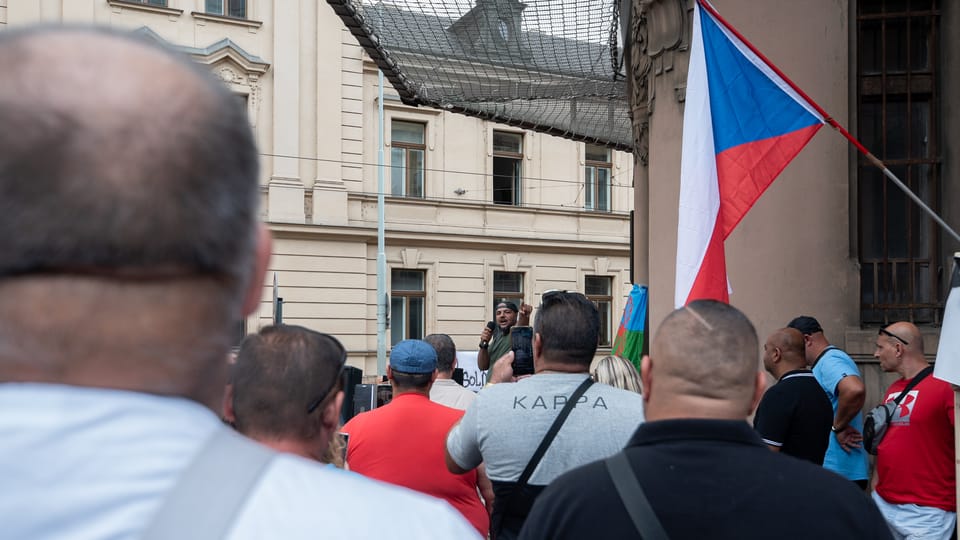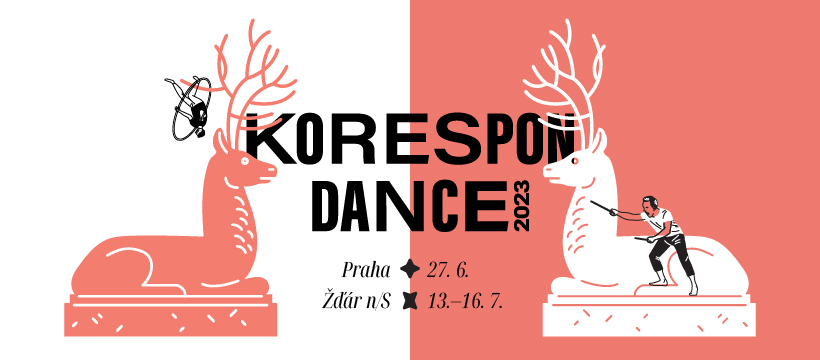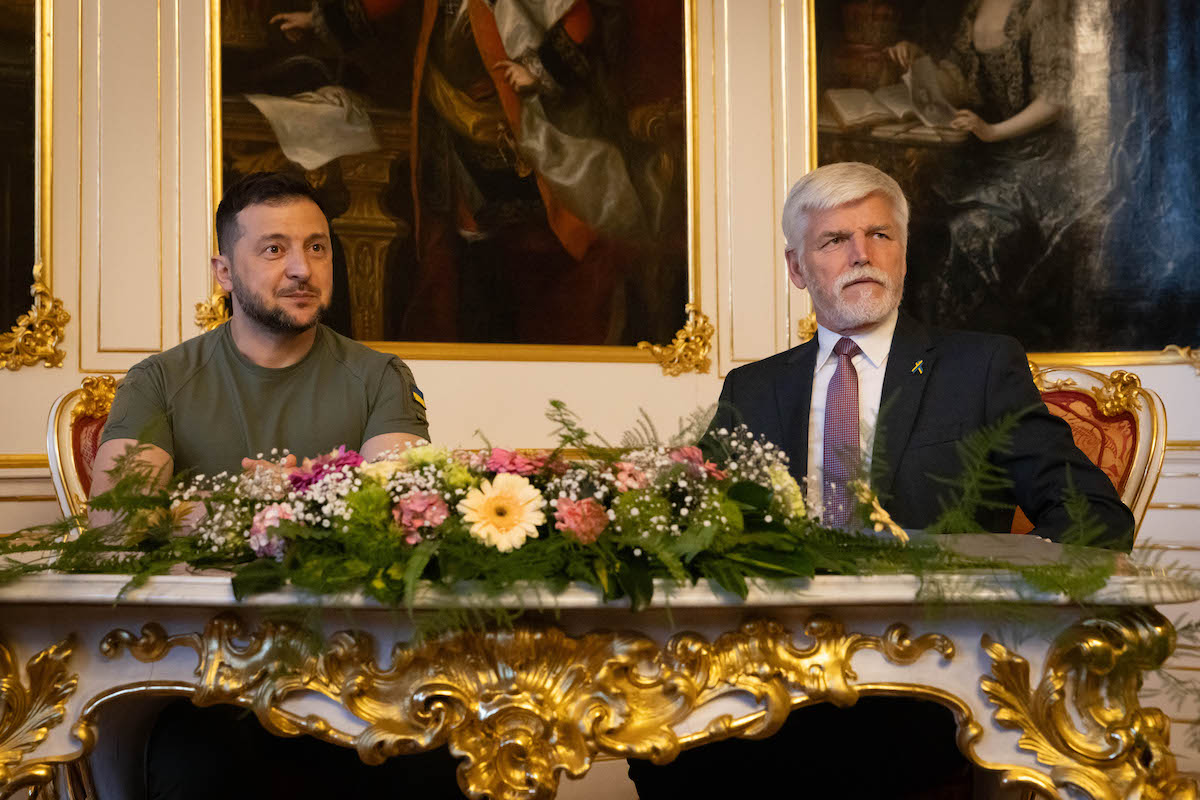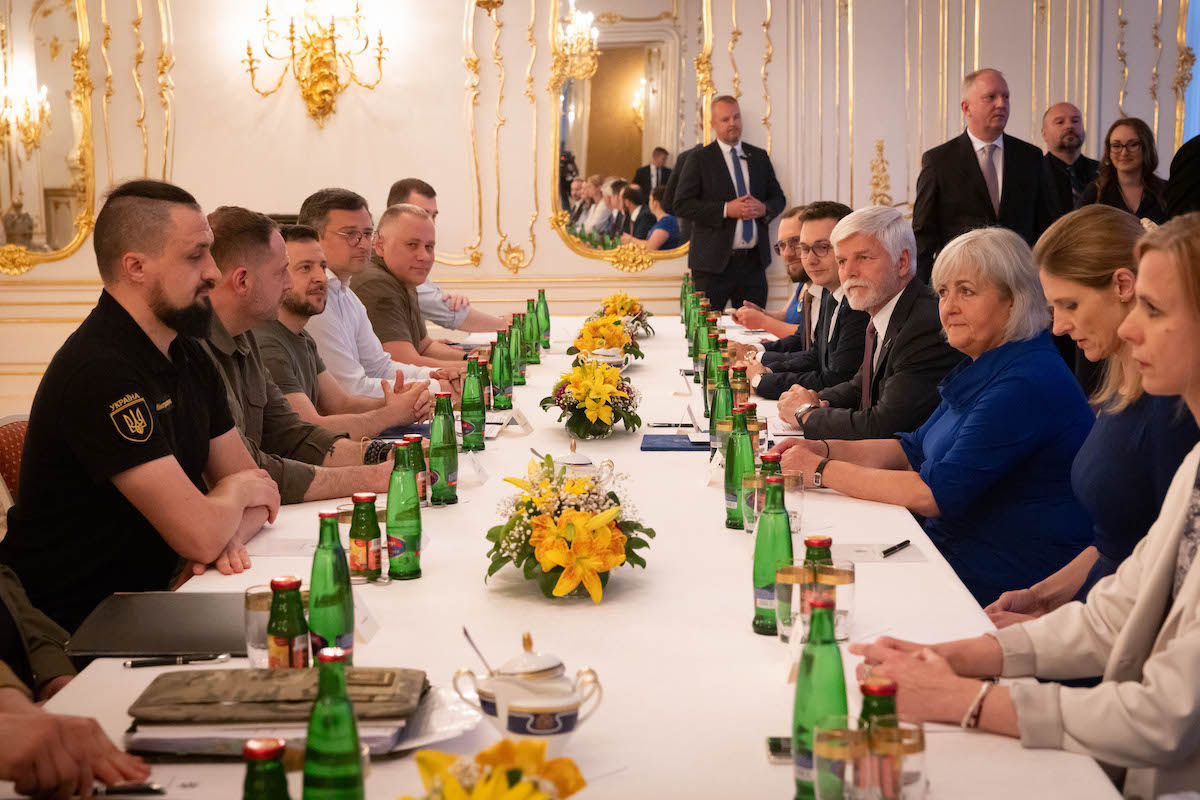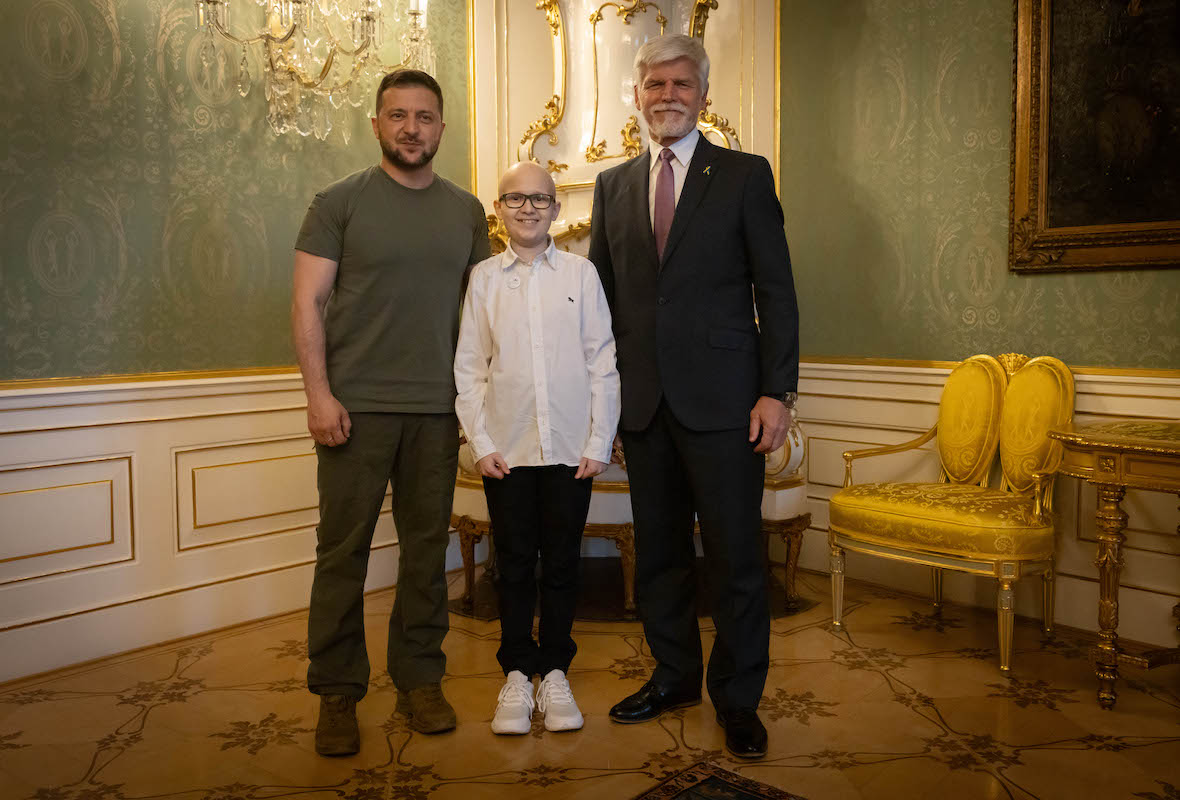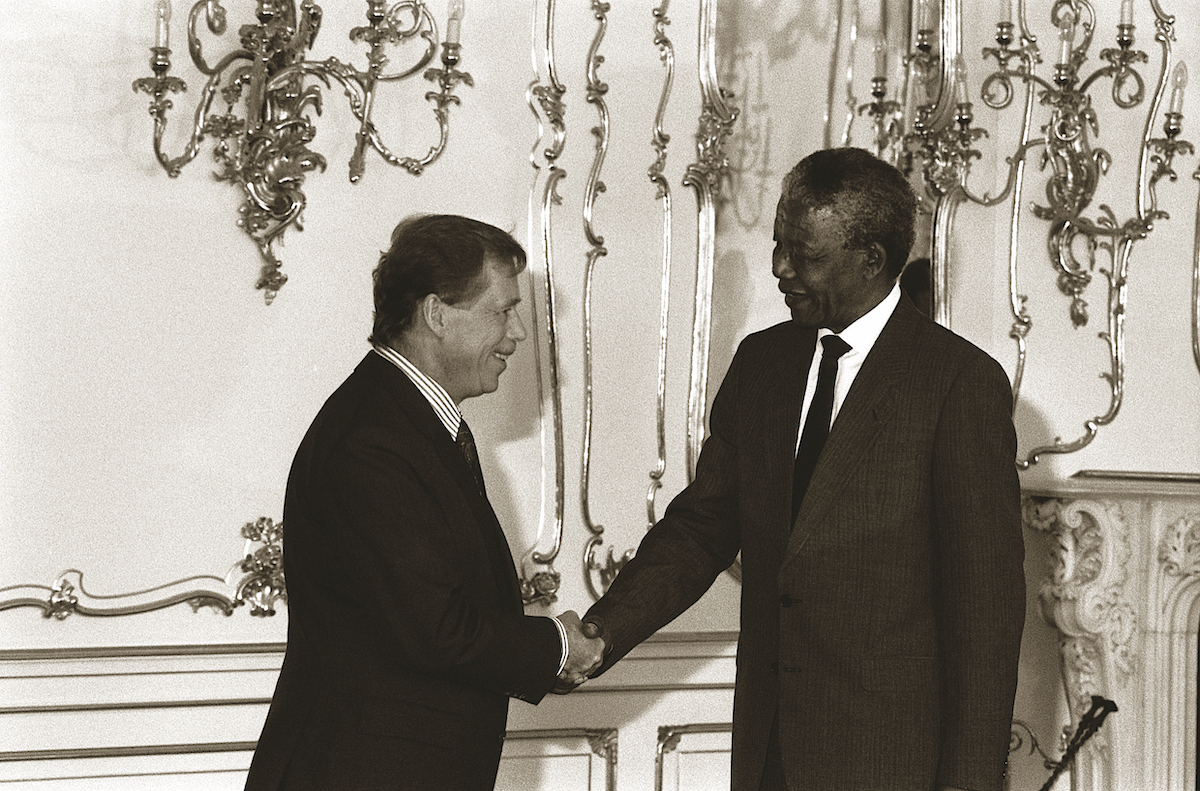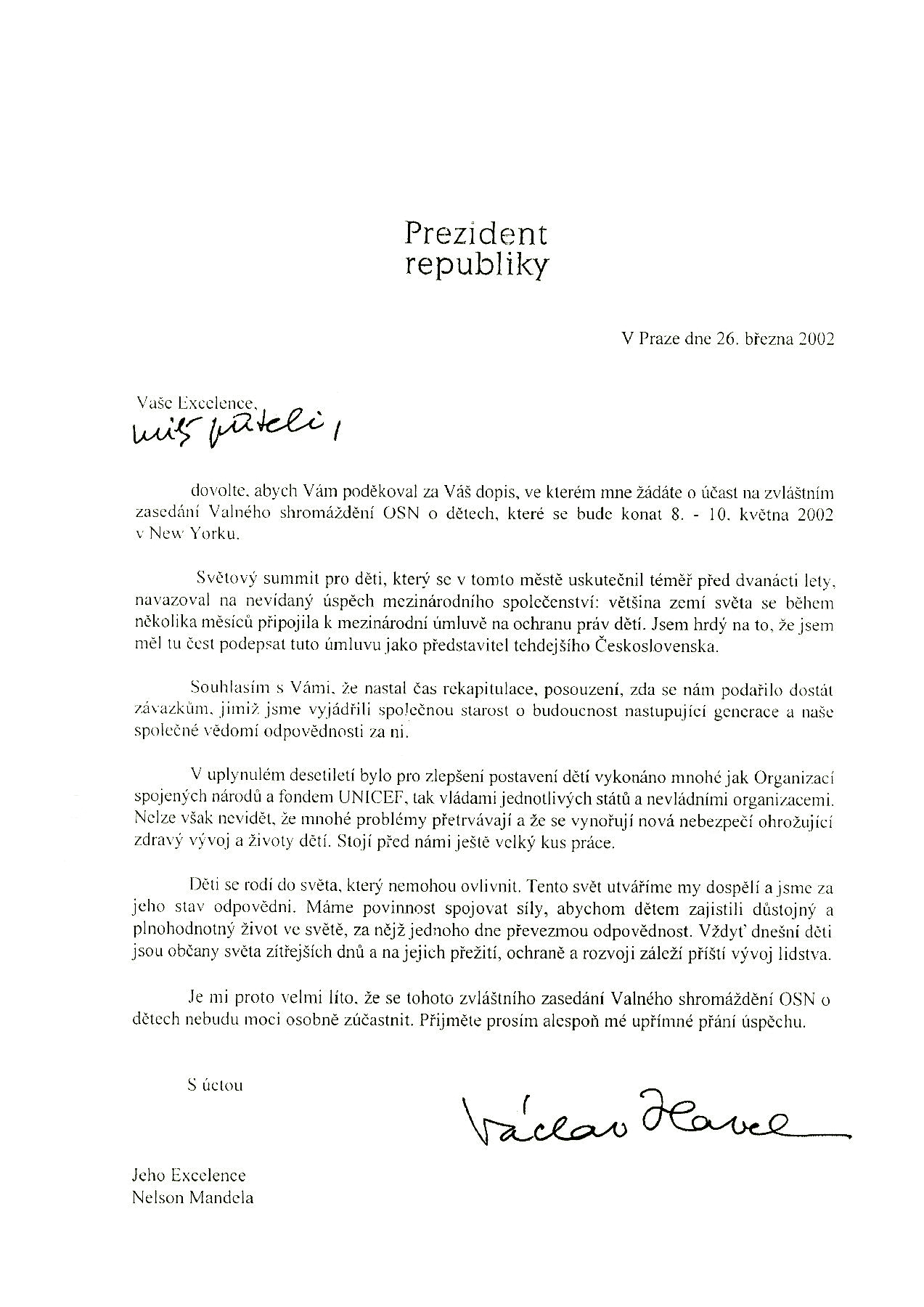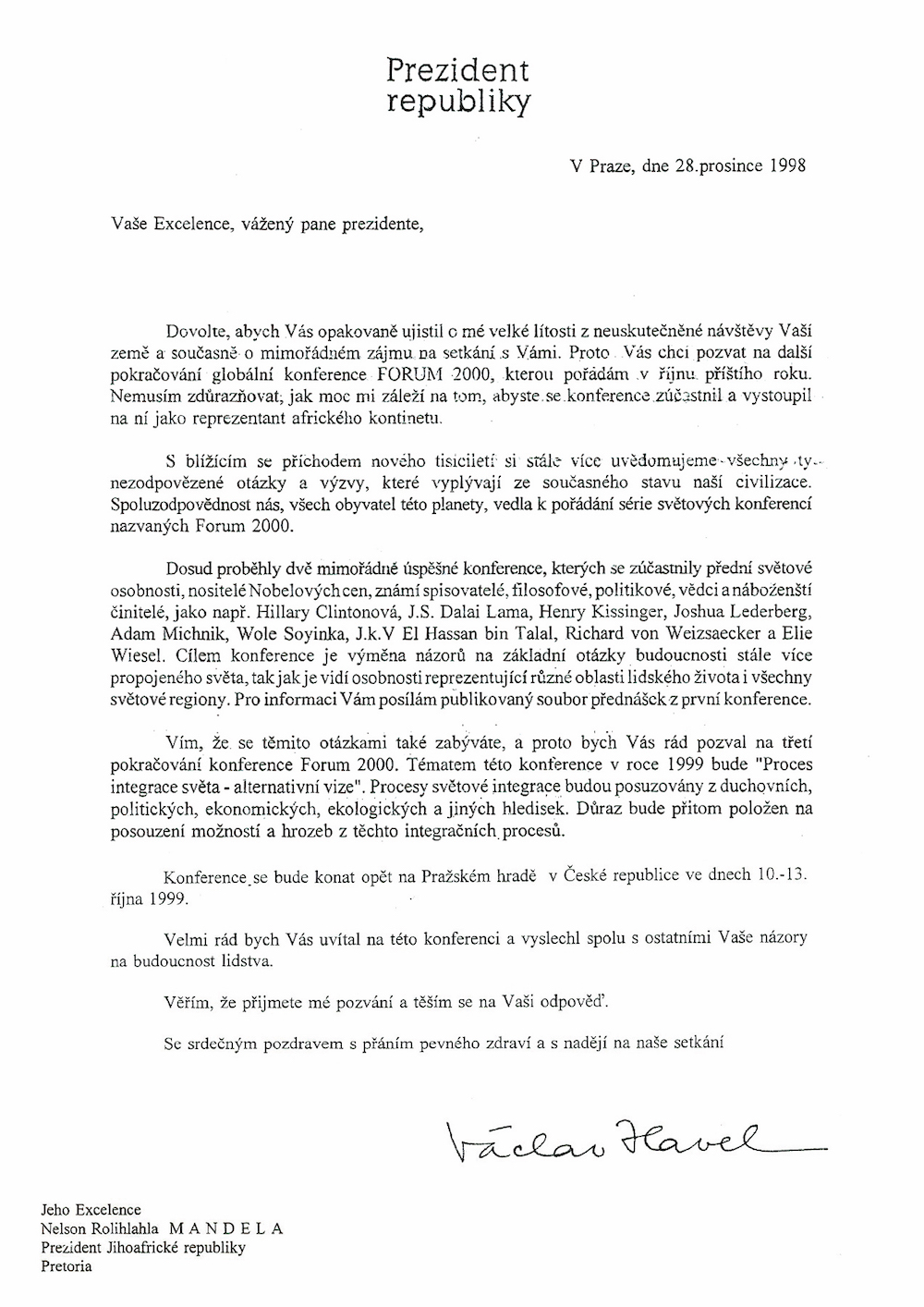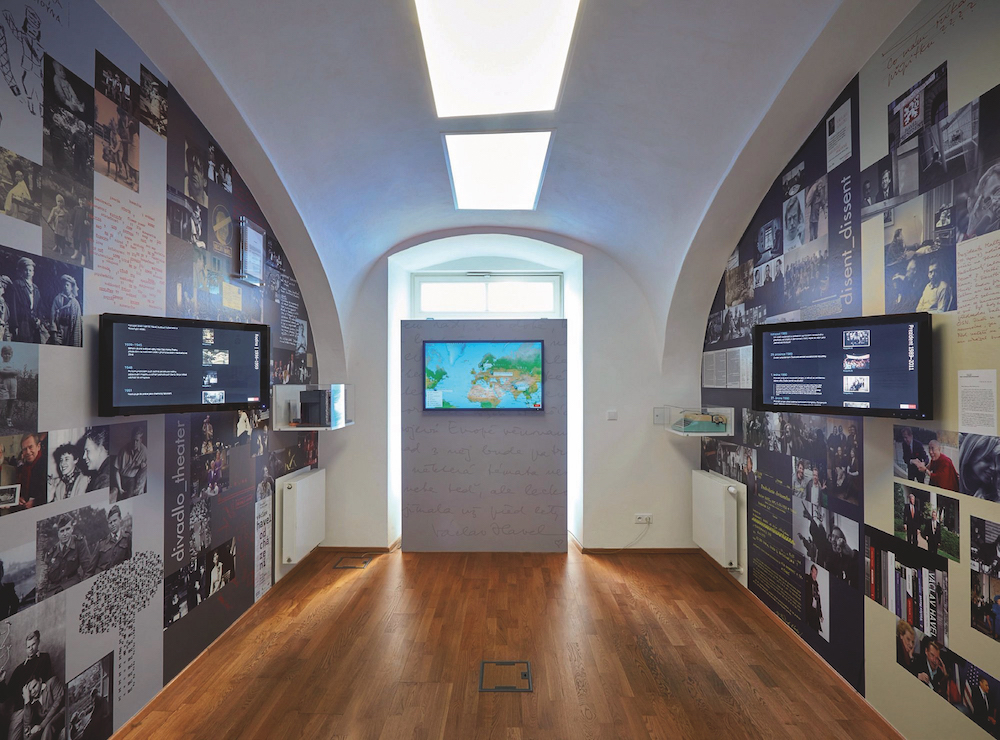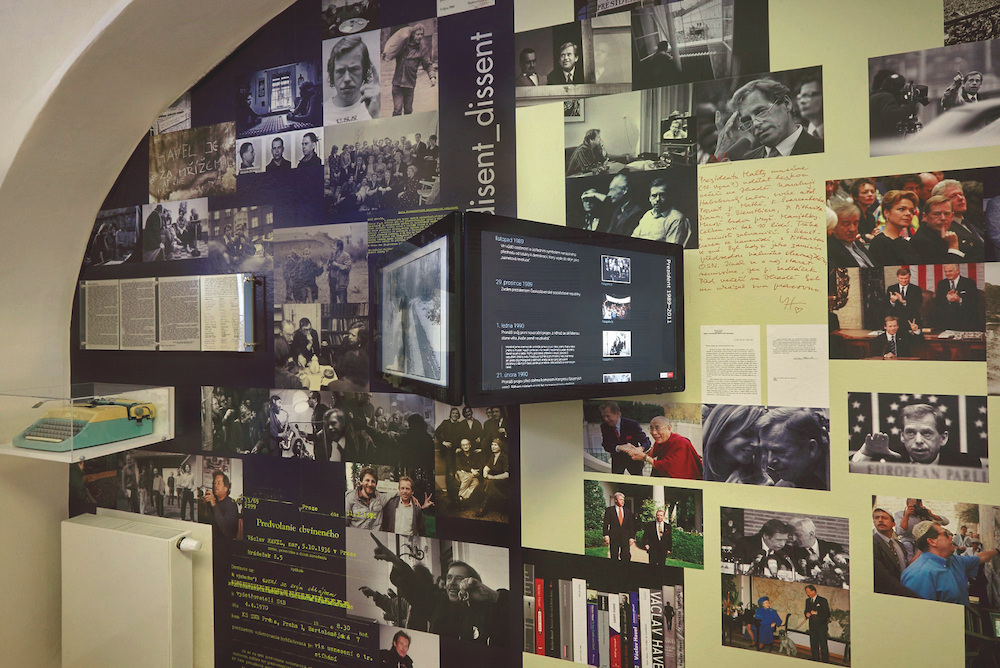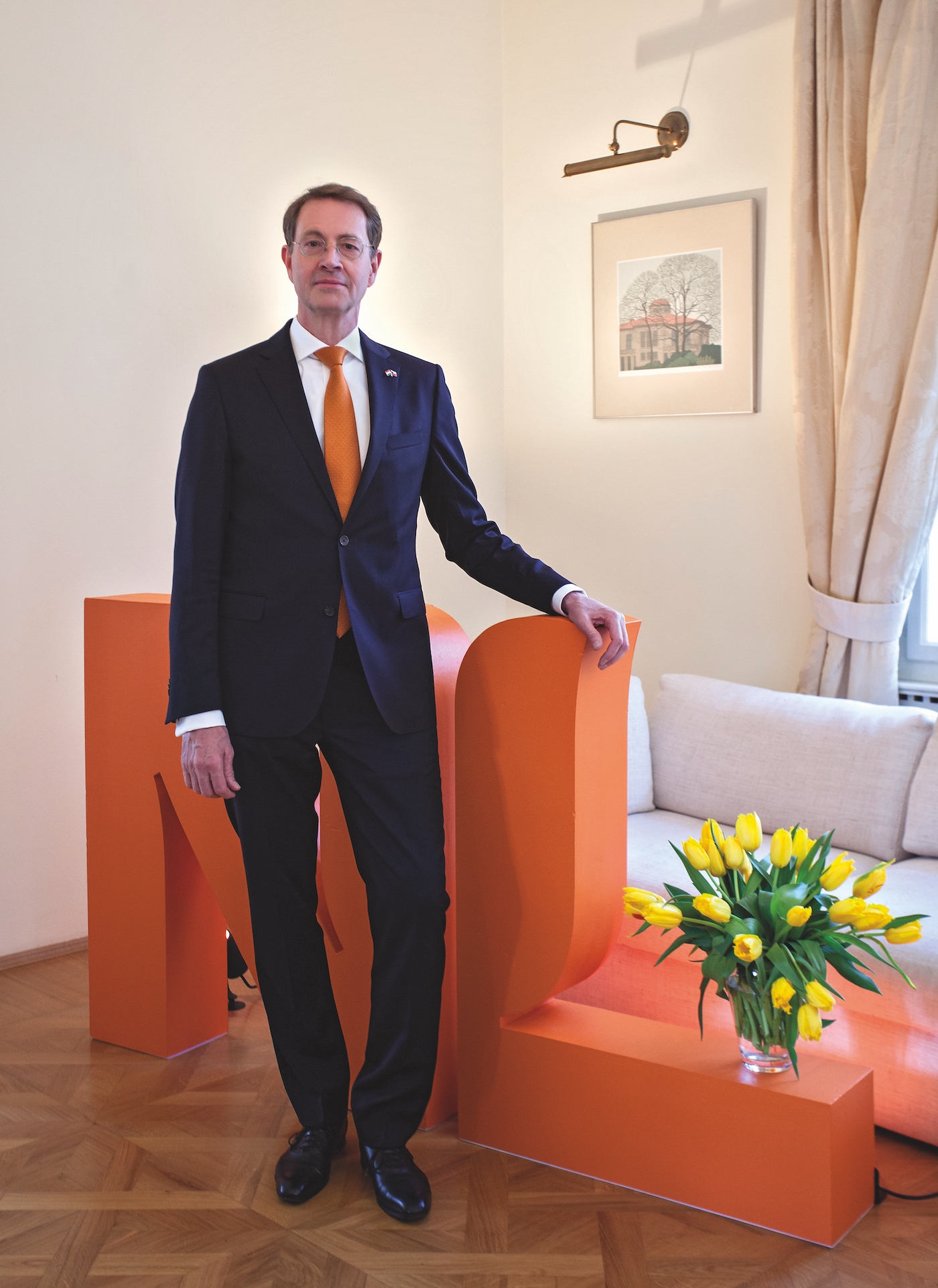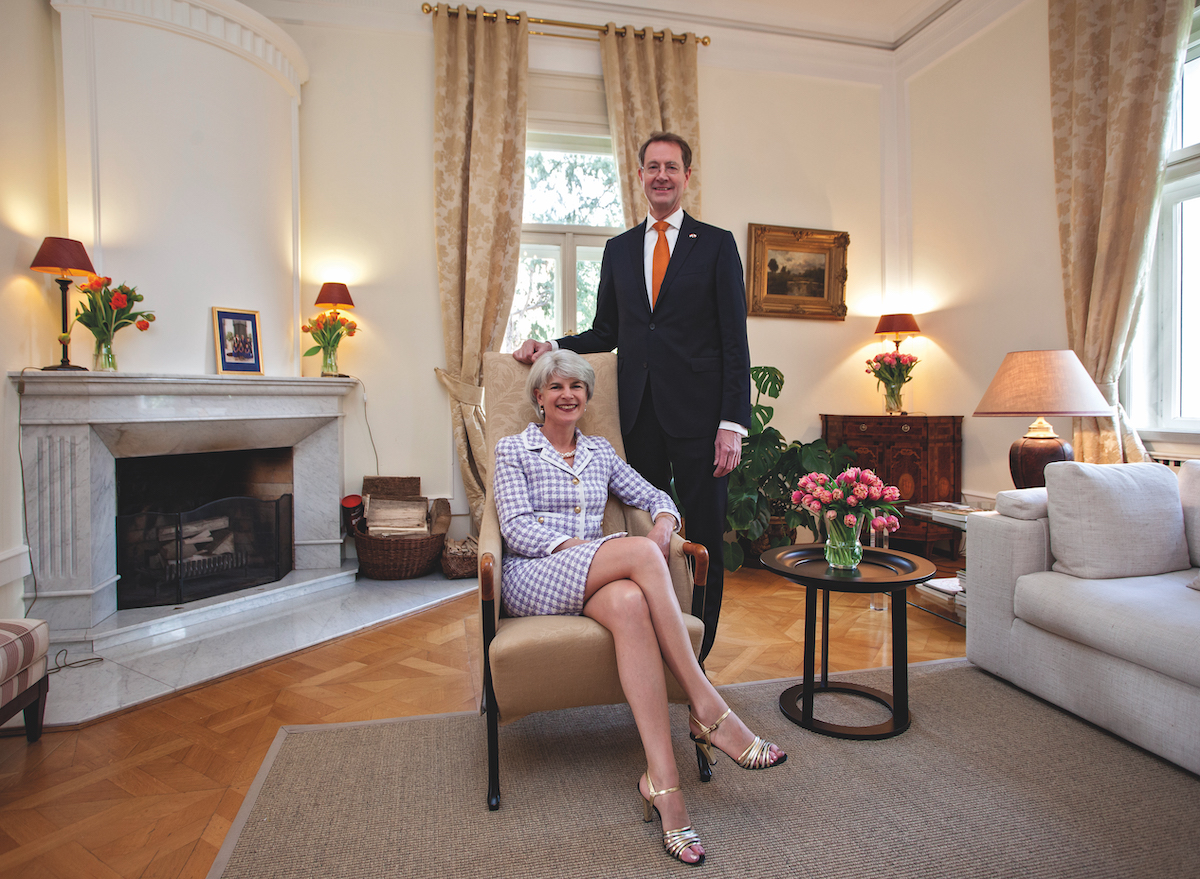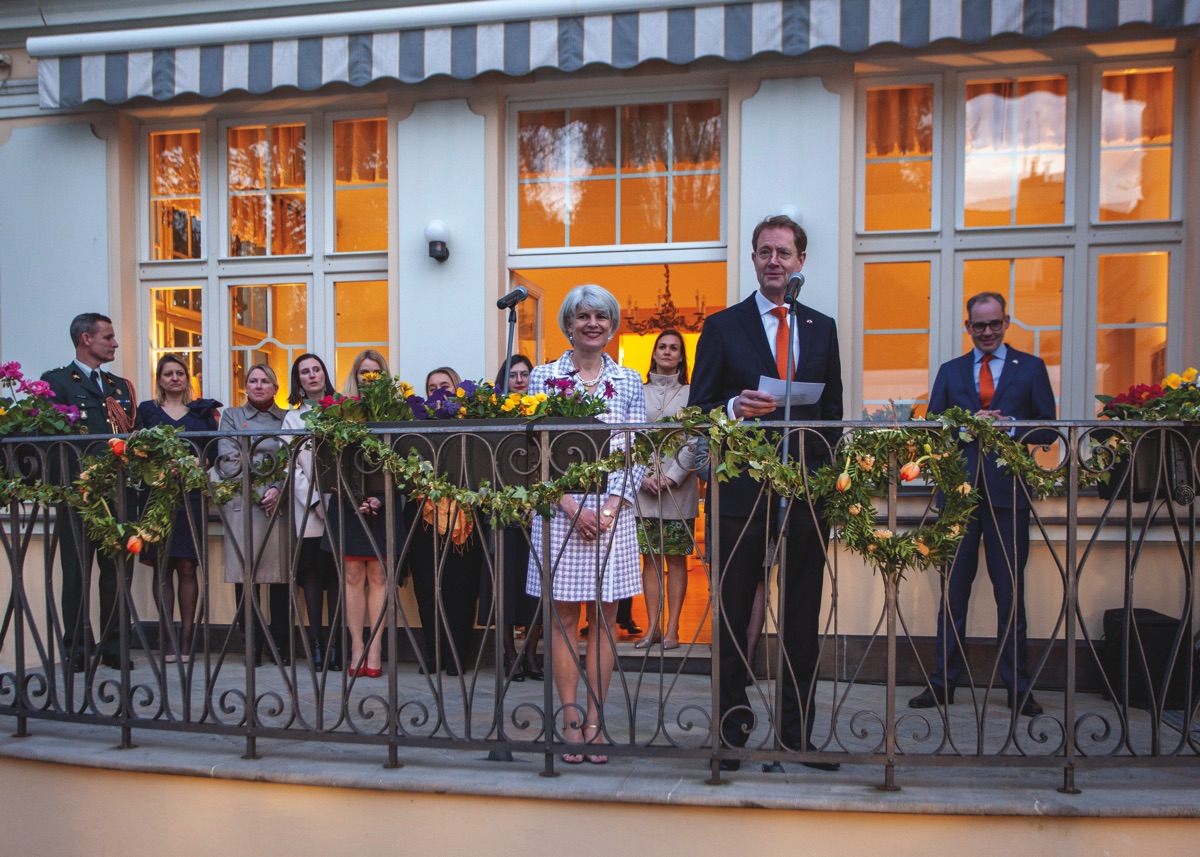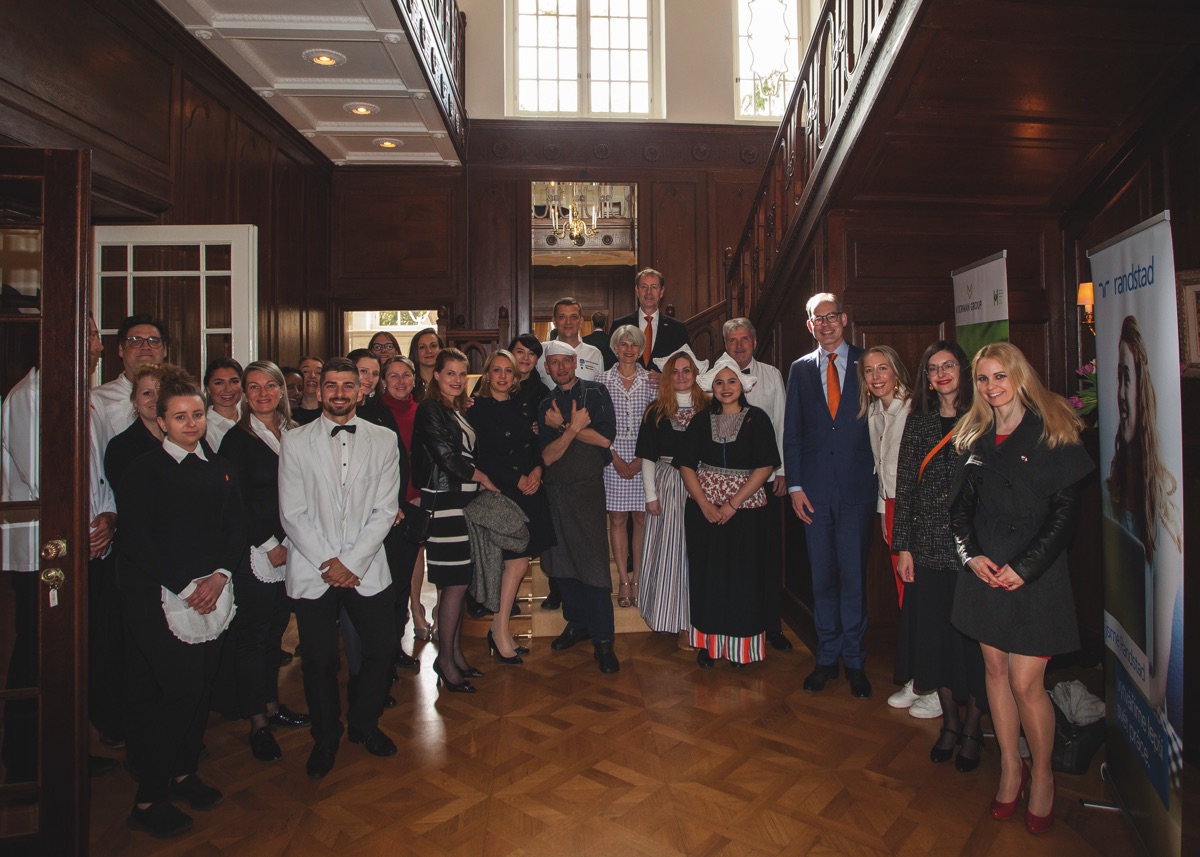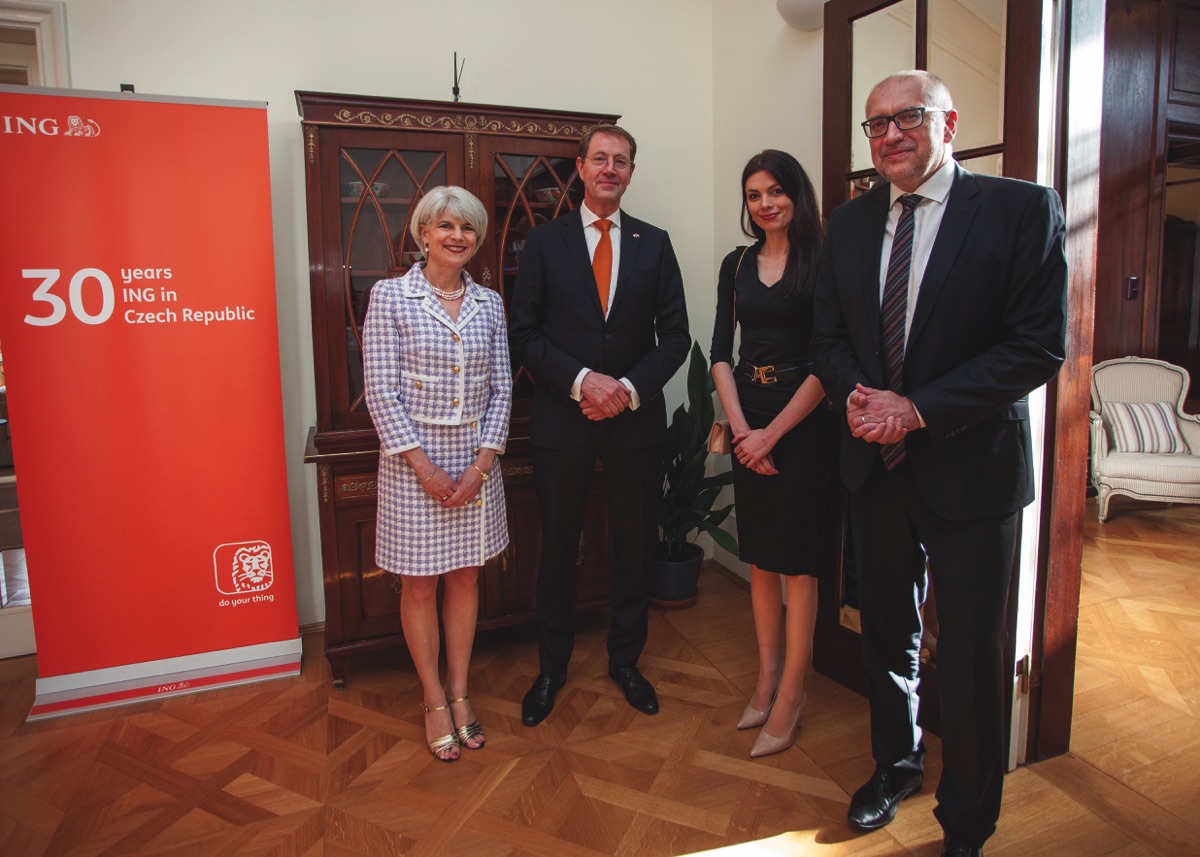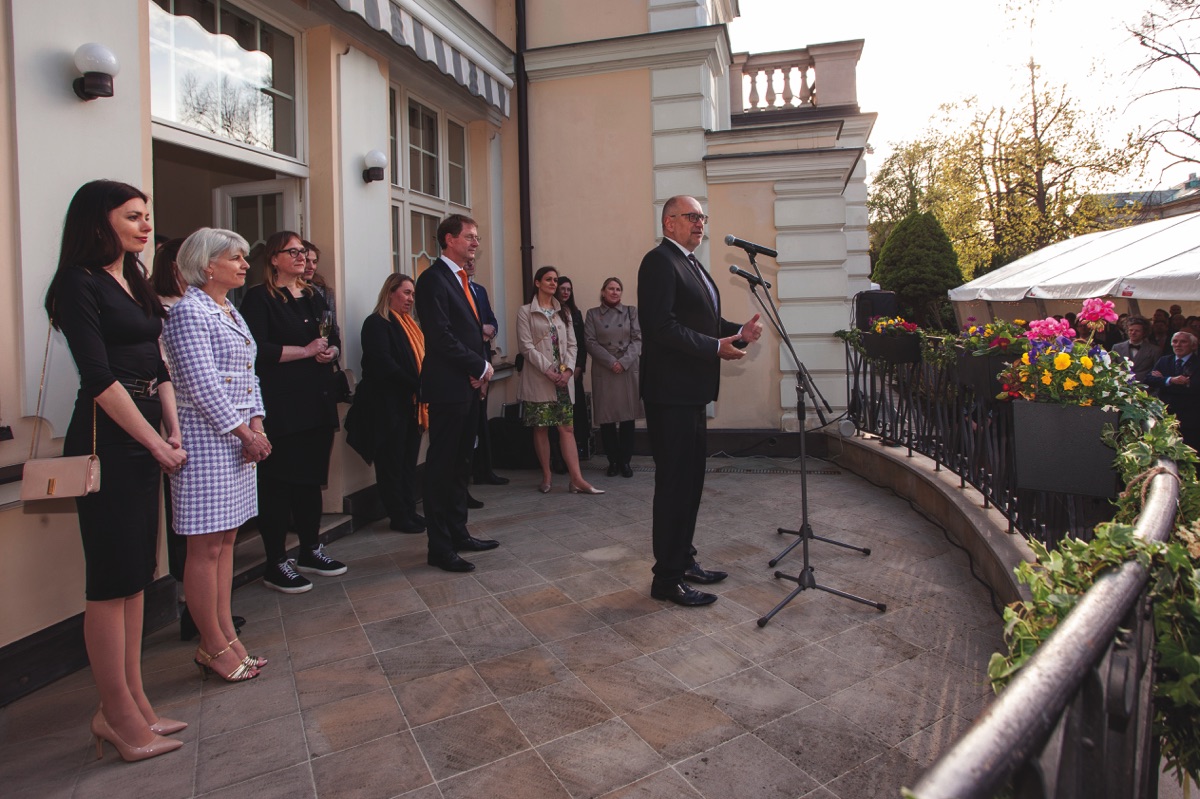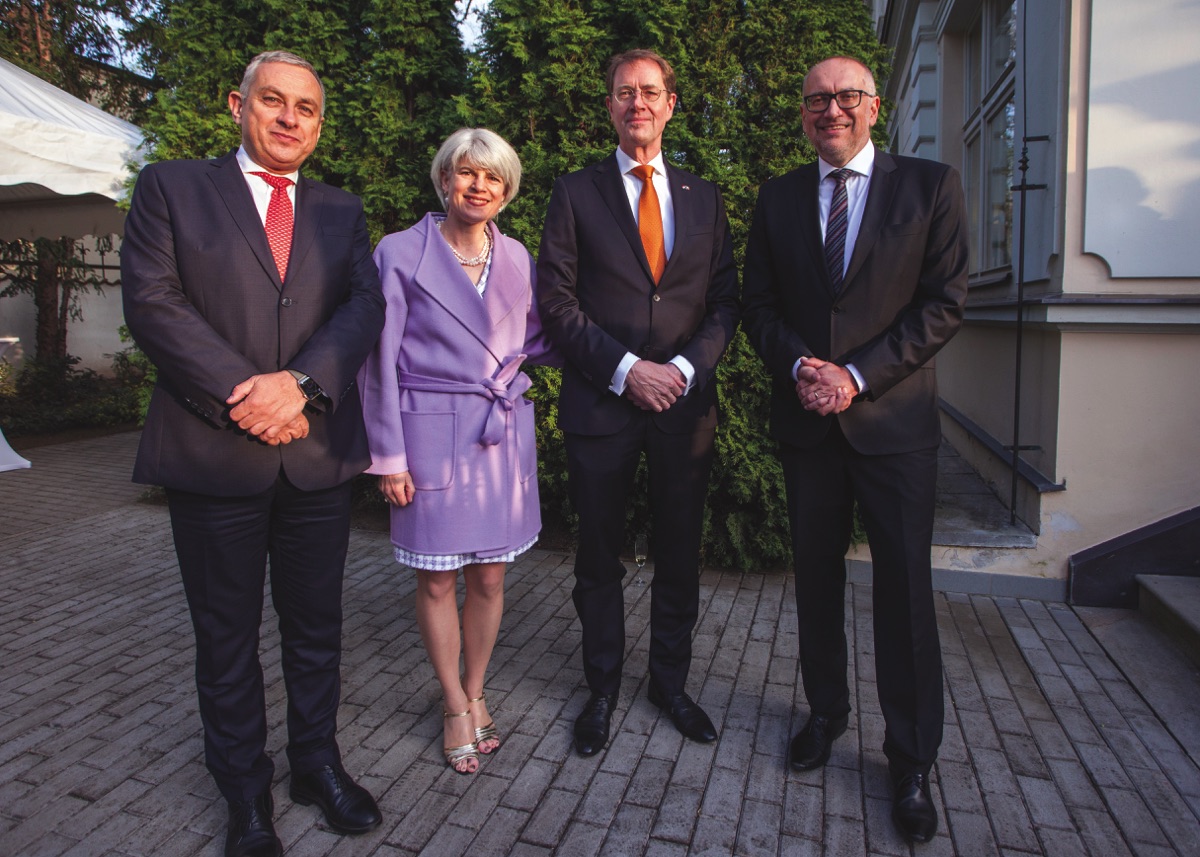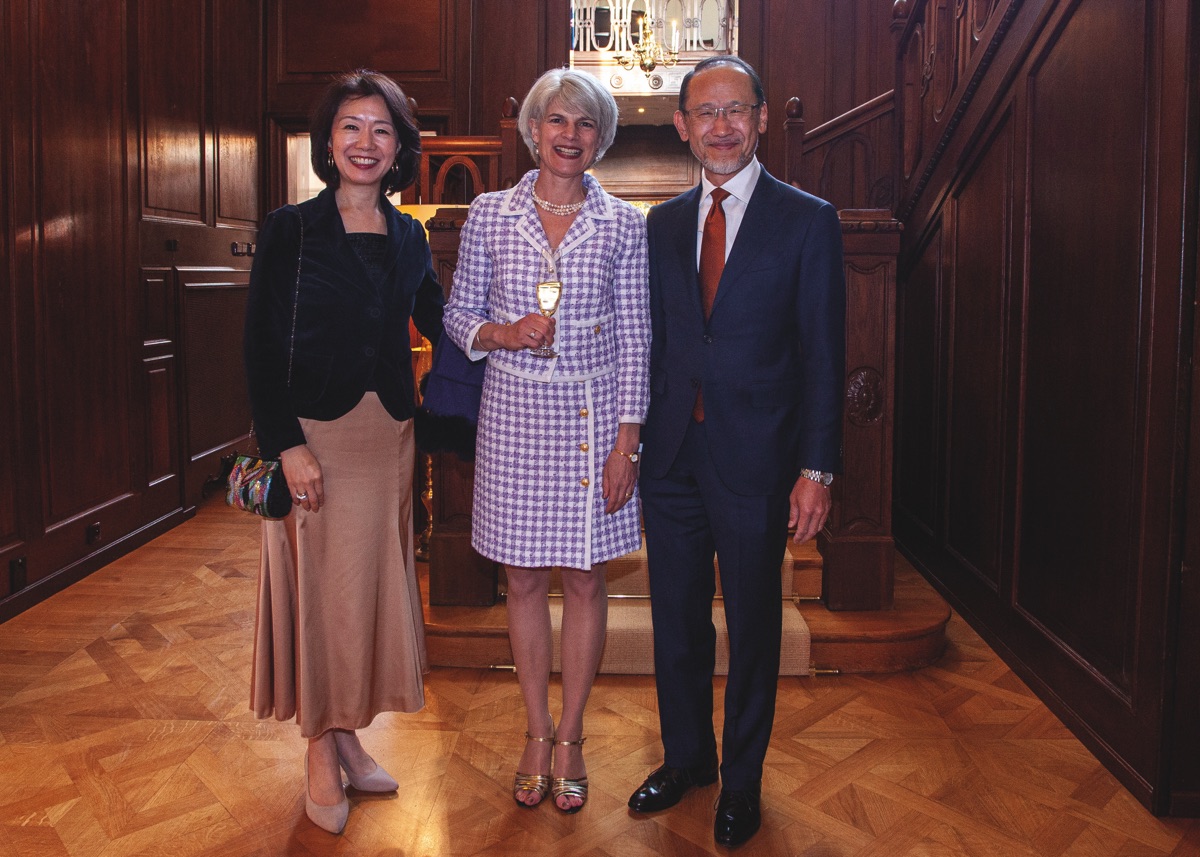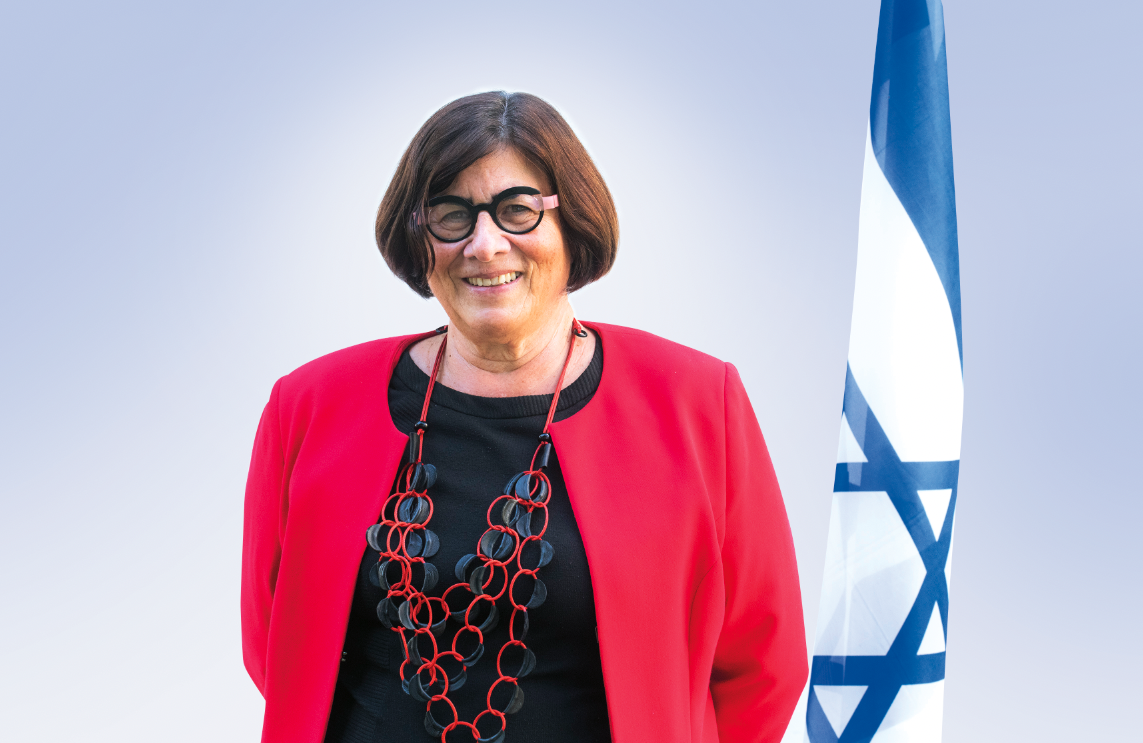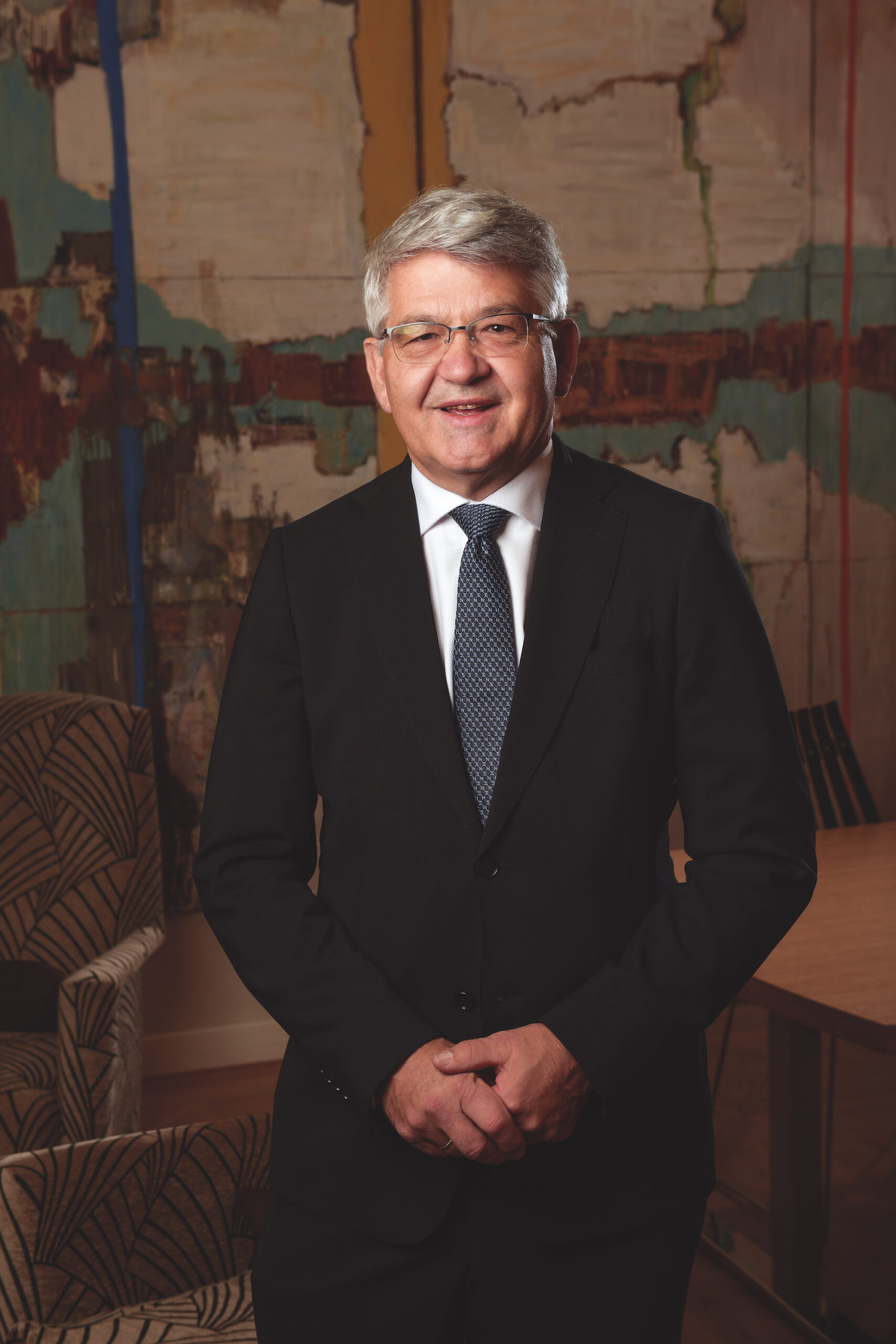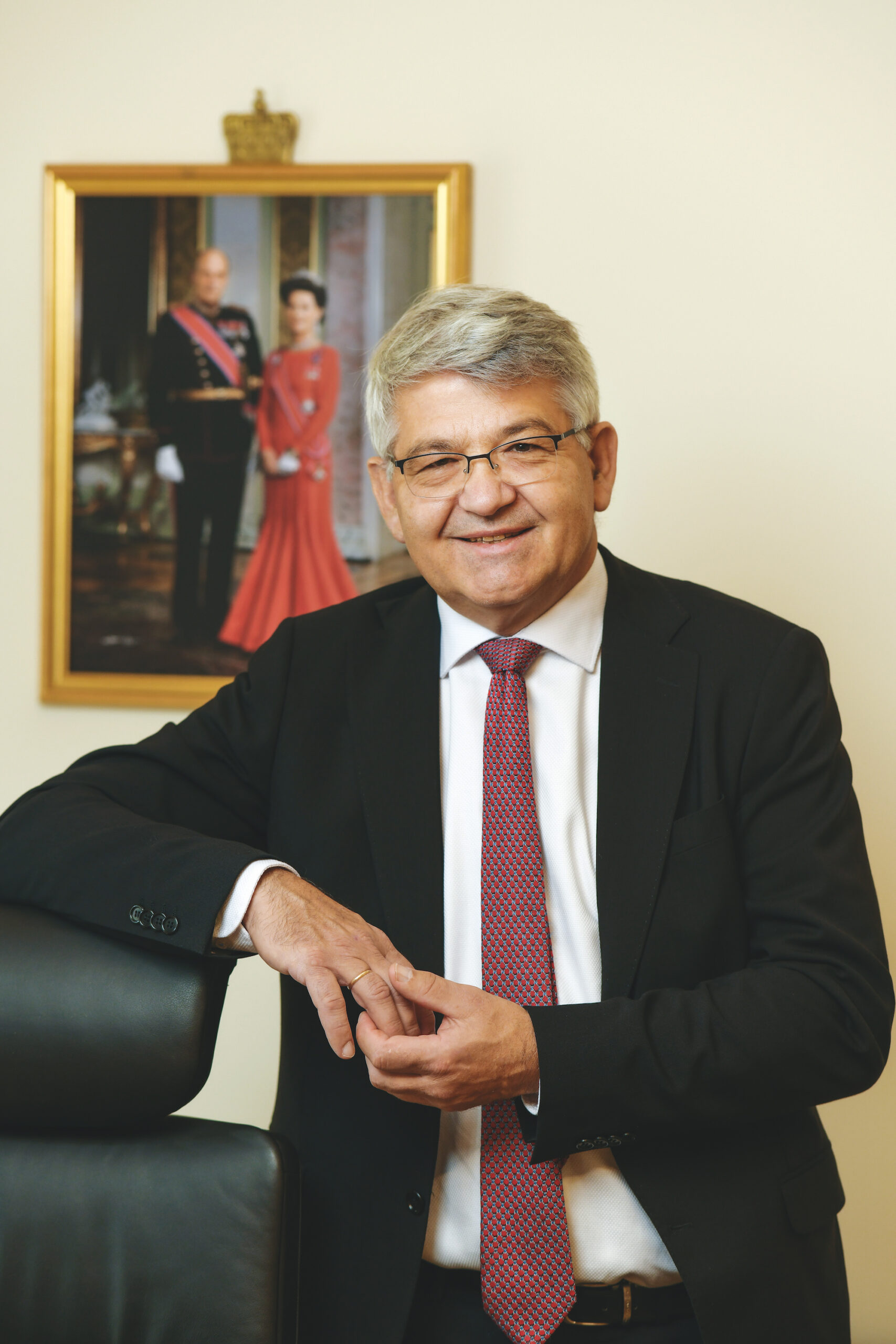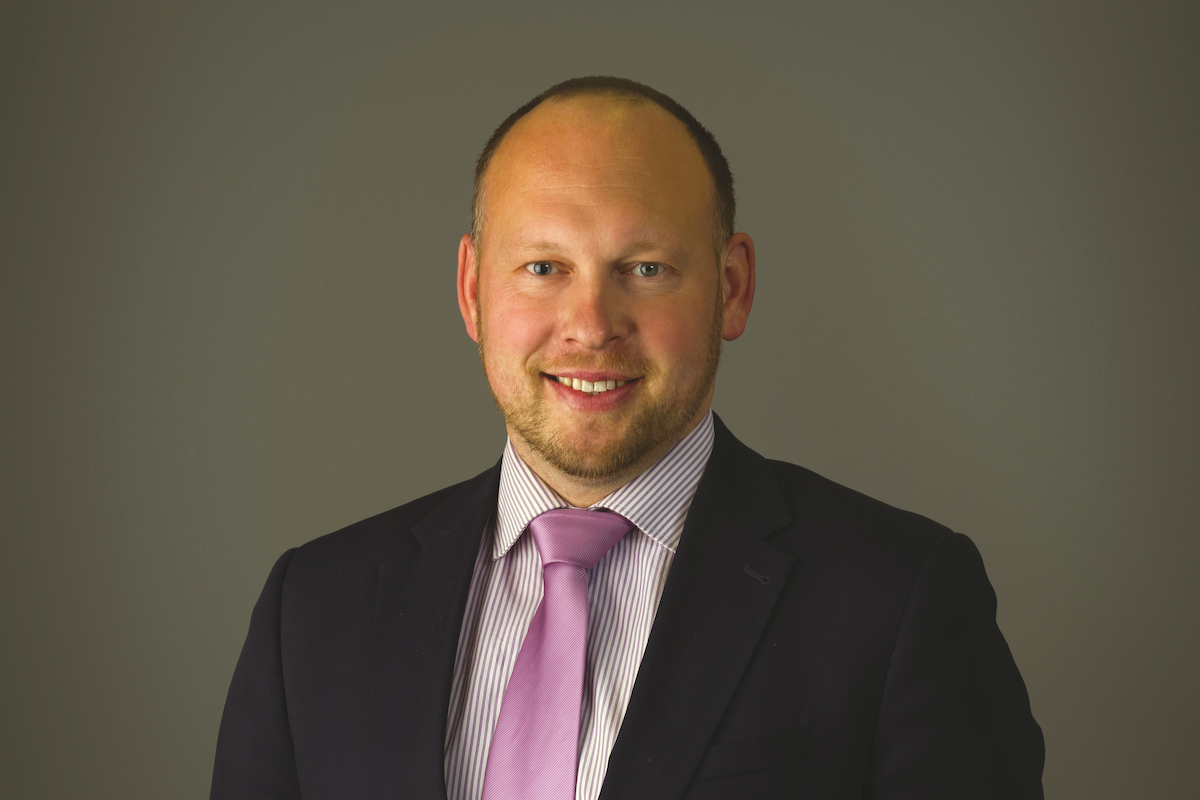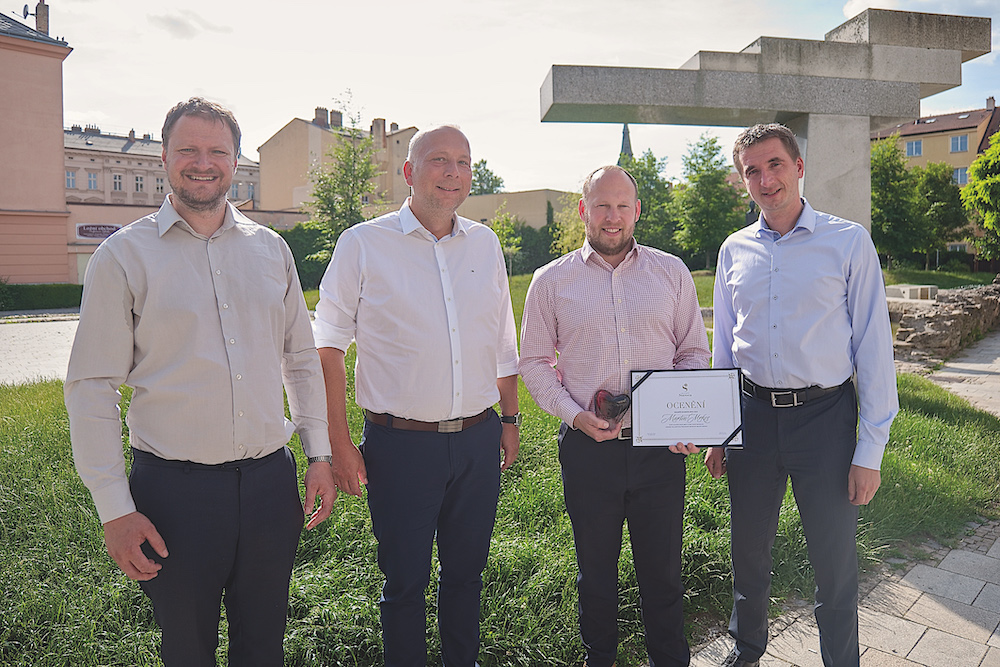Two big news items of the past year appear for the first time only in this summary: as the only one breeding facility outside of Brazil we obtained the rarest duck of the world – Brazilian merganser – and we succeeded to breed short-beaked echidna. However, the year 2023 was above all the year of the first pangolin bred in Europe – the female called Šiška. In total, 1 234 young of 213 mammal, bird, reptile and amphibian species were born or hatched at Prague Zoo. The annual attendance was 1,358,292 people.
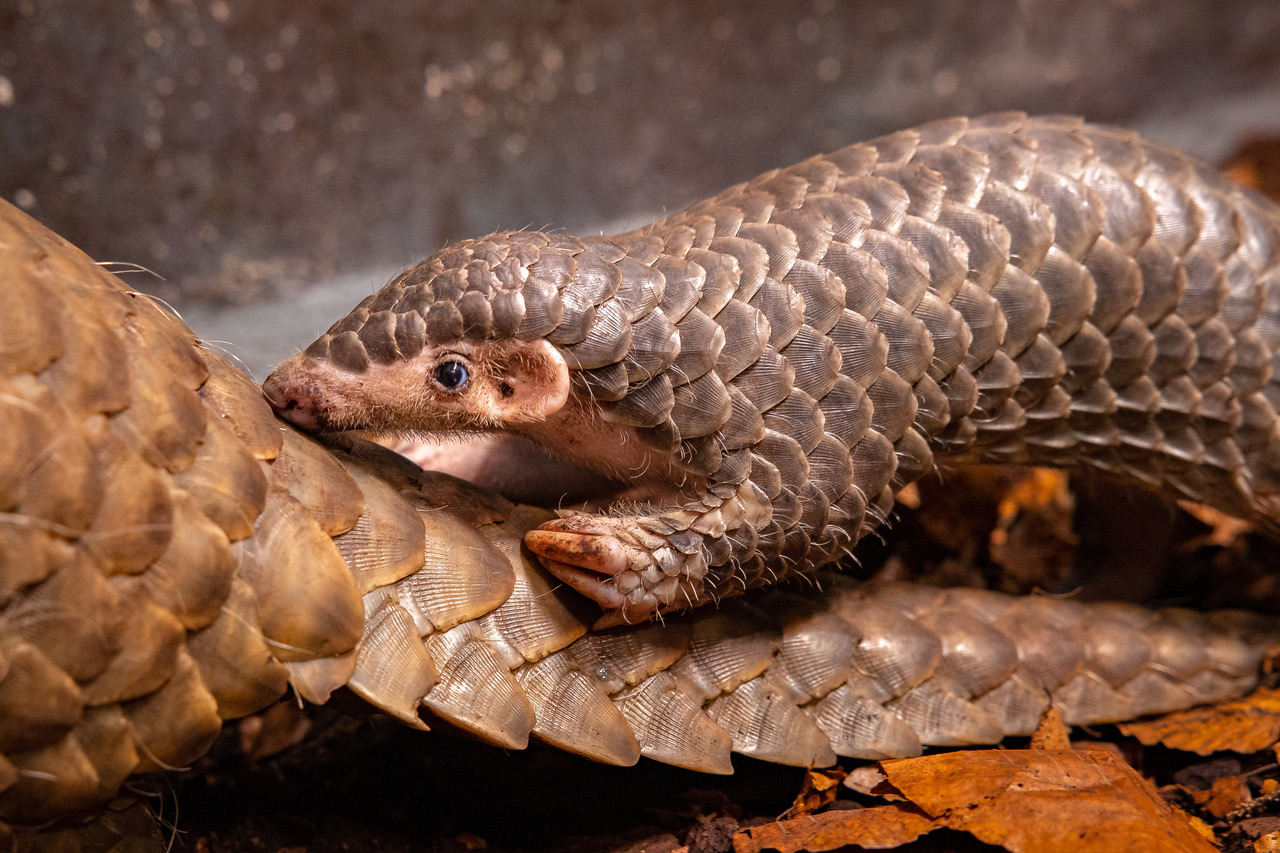
It is typical for the pangolin young that they ride on their mothers’ tails. Šiška was no exception, she was still trying to do that when she weighed far over 2 kg. Photo Miroslav Bobek
#1 The first breeding of a pangolin in Europe
Rearing of the first pangolin in Europe became the greatest breeding success of Prague Zoo in 2023, and also one of the greatest successes in its entire history.
The female of the Taiwanese pangolin Šiška was born on February 2. Its breeding was not without problems – during the first weeks we had to add artifical feeding using diluted cat’s milk substitute. However, it was successfully completed.
The importance of breeding Šiška is enhanced by how it allowed us to draw attention to the issue of pangolins’ conservation. They are the most illegaly trafficked mammals of the world mostly due to their scales, which are used in traditional Chinese medicine. Therefore Šiška became a symbolic ambassador of the wild pangolins in the heart of Europe, whom with a degree of exaggeration we began calling Her Excellency.
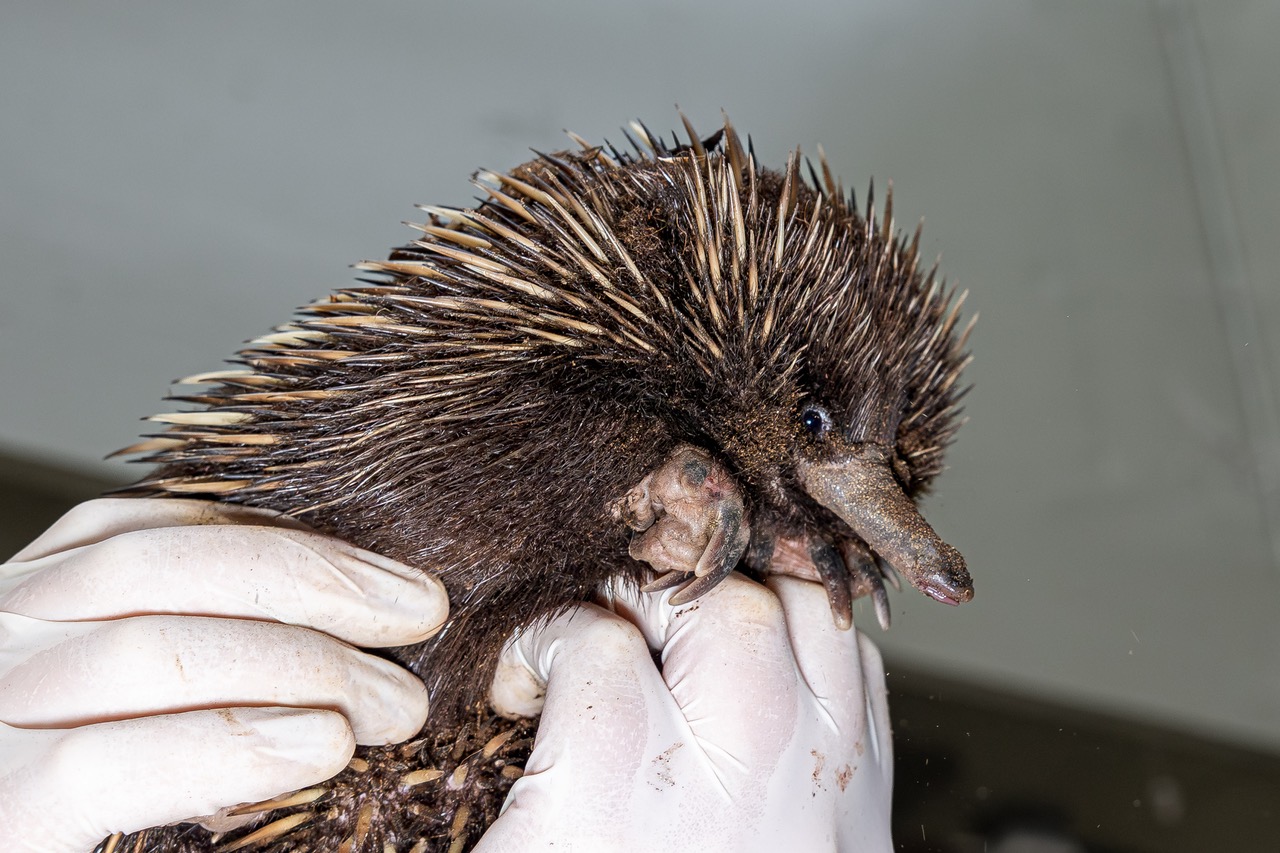
For the time being, we call the successfully bred puggle of short-beaked echidna Pýchavka (Puffball). In the first photos, when it still didn’t have a very noticeable spines, it looked like the puffball mushroom. Photo Miroslav Bobek
#2 Other great breedings: impressed tortoise and short-beaked echidna
Breeding two impressed tortoises presented an extraordinary breeding success of 2023. Until recently this endangered and sensitive tortoise species was considered not possible to breed; our breeding is the first in Europe. It was preceded by information about a seized male that was acquired by Taipei Zoo. Its journey to Prague was complicated by the legislative process, therefore he arrived to us only in December 2022. But as soon as in the end of March 2023, one of the two females laid eggs and two young hatched on June 4.
Among other exceptional breedings we must mention the as yet unpublished news about the young of short-beaked echidna. The first puggle, born in Prague Zoo in 2021, unfortunately died during the transition from mother’s milk to solid food. The second puggle, which left its mother’s poach at the beginning of February, has already overcome this critical period with the significant help of the veterinarian and the keepers. Now it weighs over 1.5 kg.
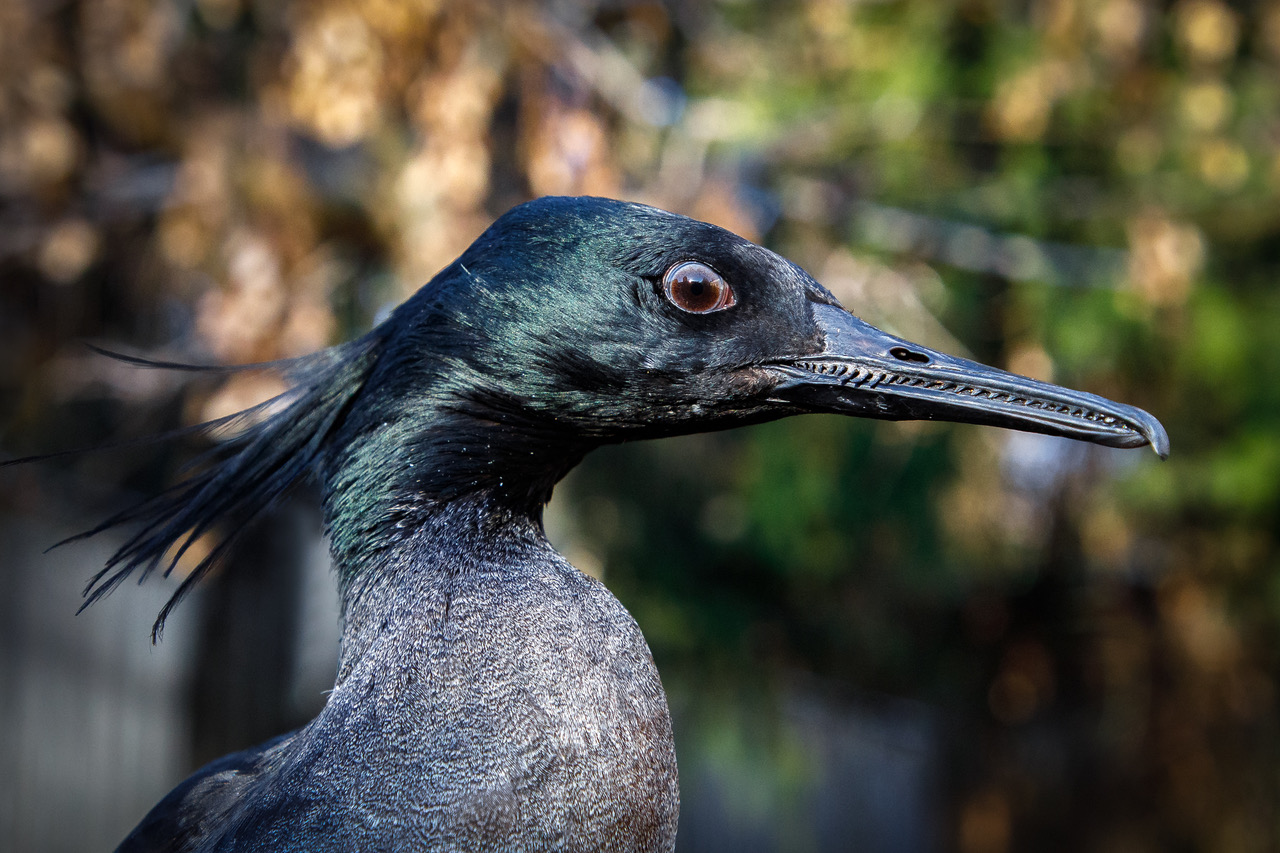
The portrait of Brazilian merganser taken already in Prague Zoo. Only this one species of merganser lives in the southern hemisphere. Photo: Miroslav Bobek
#3 The rarest duck of the world in Prague
On October 25 our zoo became the very first facility outside of South America and only the second in the world which was given the chance to breed the critically endangered Brazilian merganser. Five pairs of this rarest duck in the world were brought from the Itatiba Zoopark in Brazil. The Brazilian mergansers will be introduced to the public during the opening of the new season on March 23, 2024.
The current population in the wild is, according to the World Wildlife Fund, smaller than 250 individuals, but local conservationists speak of only a few dozen individuals. This year, 13 chicks were raised in Itatiba Zoopark, by which the population in captivity reached almost 70 individuals including the mergansers, imported to Prague Zoo. Mutual cooperation with Itatiba Zoopark has been ongoing since 2016, and since 2019 we have been supporting their rescue breeding programme also financially.
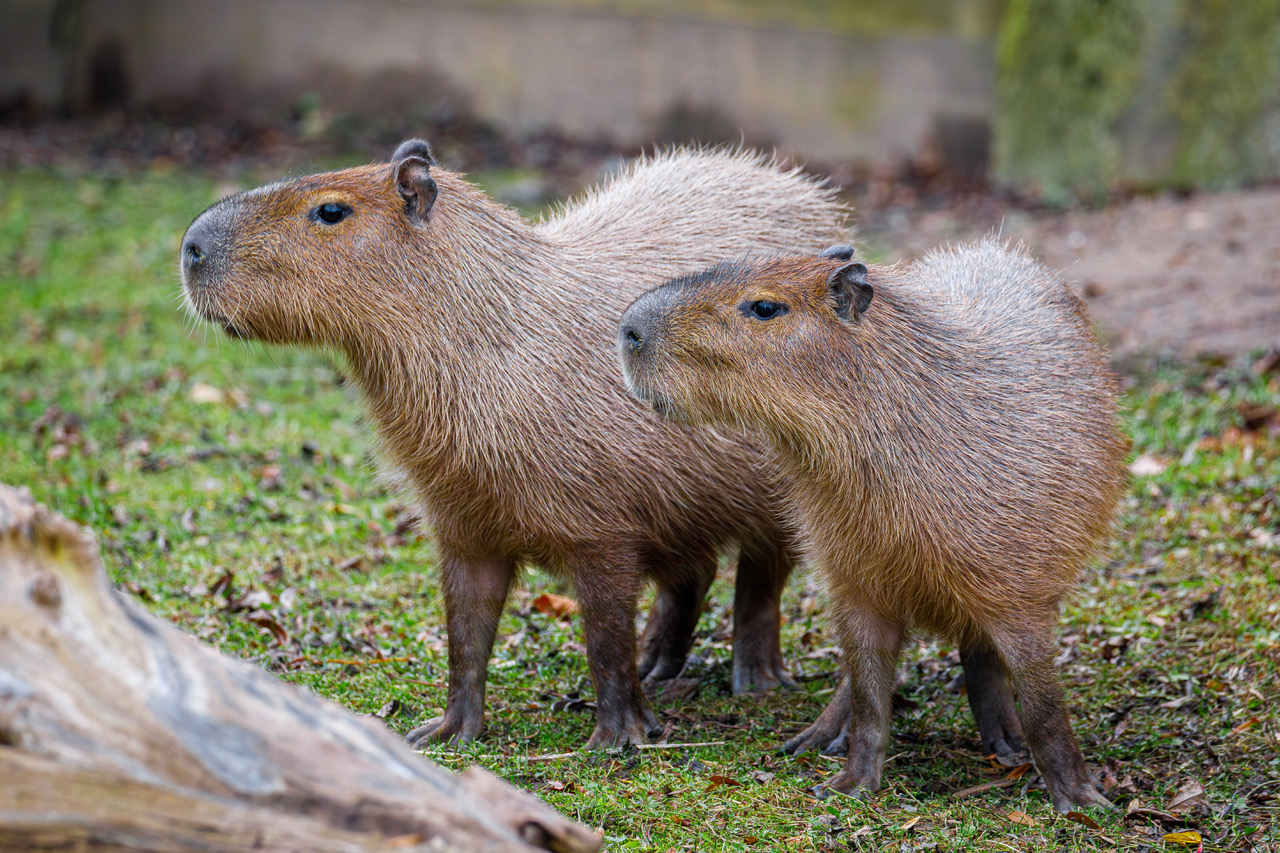
We introduced the couple of capybaras to the visitors at the beginning of November. Based on a public vote, the male was named Kapík and the female Bára. Photo Miroslav Bobek
#4 Return of capybaras
The largest rodents of the world – capybaras – returned to Prague Zoo in 2023 after a many-year break. Their return has nothing to do with their situation in the wild – it is very good – but with their popularity. It is no exaggeration to say that our visitors requested them. Capybaras have been very popular for decades in Japan. Internet memes then sparked worldwide interest in them. Crucial in this regard was the meme combining a video of a capybara riding in a passenger seat of a car with rapper Don Toliver’s hit song “After Party”. Whether the “Prague” capybaras also become an internet hit remains an open question; however, visitors greatly appreciate their presence in our zoo.
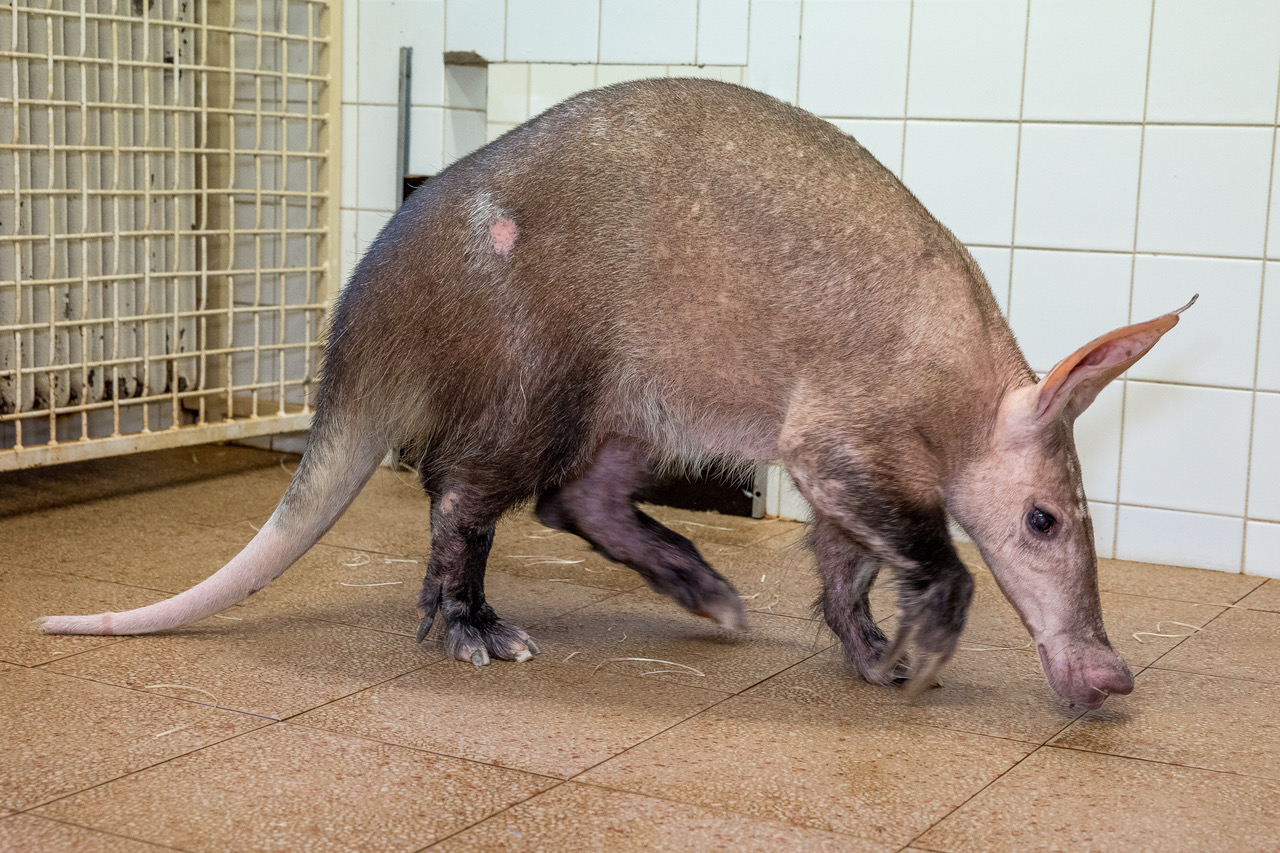
The aardvark female Pieta lives in the quarters in the back lot; the company of two younger and much more active aardvarks in African House didn’t do her good. Photo Miroslav Bobek
#5 World record holder Pieta
The aardvark female Pieta reached age of 32 years and 28 days on September 16, 2023. No other aardvark has ever been documented to be older.
Pieta took over the imaginary sceptre of the oldest living aardvark at the beginning of June from the male Afer, who died in Colchester Zoo in England at the age of 32 years and 27 days, and in the middle of September she also surpassed him in overall age.
Also, Cuban iguana Pepíno, one of the legends of our zoo, who also has his footprint at the Walk of Fame, reached the historical record in the highest age. He had lived in Prague Zoo for 31 and a half of a year, however, he was at least ten years old, when he arrived. When Pepíno died on October 9, he was more than 41 years old.
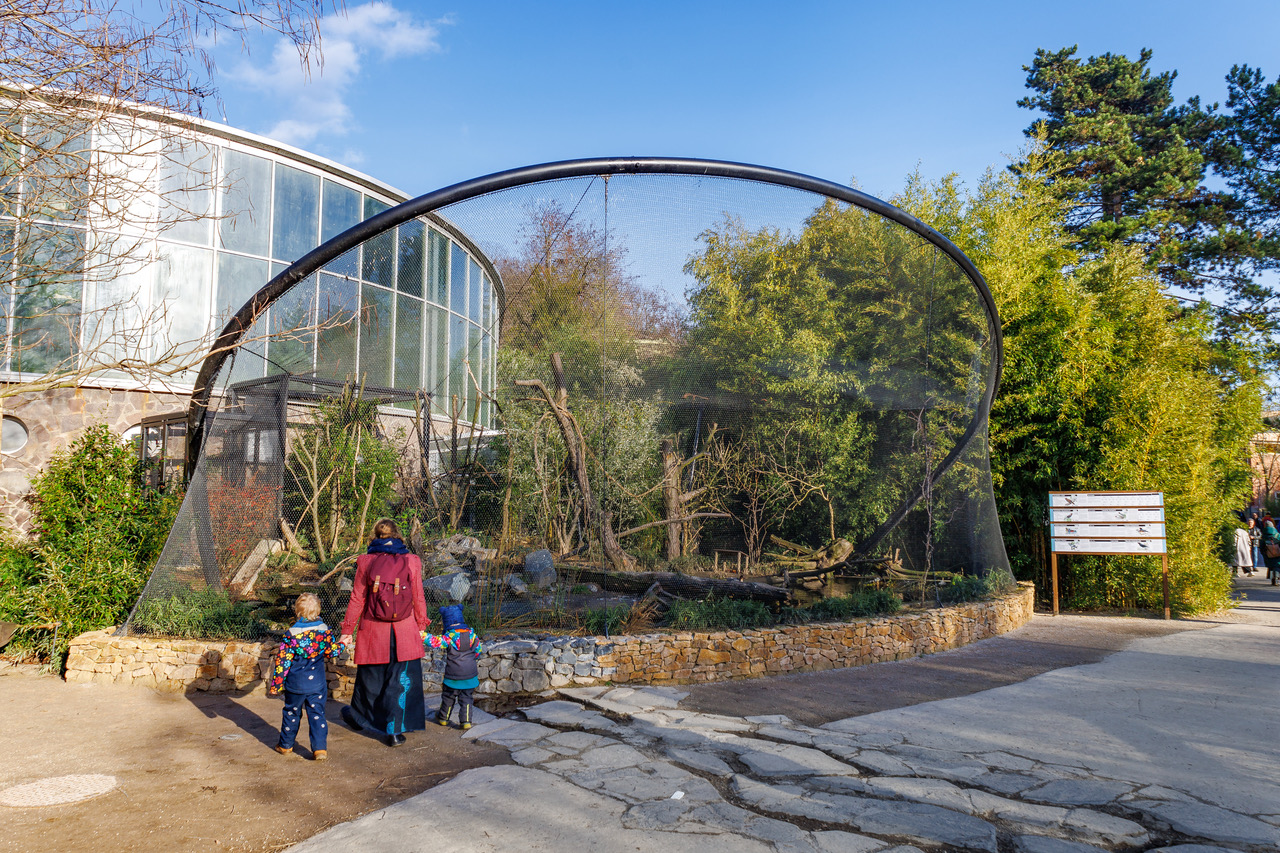
Interesting is the static design of the Sichuan aviary, where the supporting construction is simplified to the form of the steel arch made of a tube fixed on two joints.
Photo Monika Dolejšová
#6 Sichuan, Gobi, Arctic
In June we opened a new aviary Sichuan, which is attached to the south facade of the house of the same name. Its area is 100 m2, and about one third of it is a pond with closed circulation. In this aviary visitors can observe many very rare and endangered species of Asian songbirds, in whose breeding Prague Zoo is extremely successful, as well as other representatives of Asian avifauna.
The construction of new stables and enclosures for Przewalski’s horses, complemented by enclosures for Pallas’s cats and a small house for reptiles and small mammals, continued throughout the year. This creates the Gobi exhibit complex, which from the opening of the main season of 2024 will offer visitors also a replica of famous Flaming Cliffs with their fossils, an ovoo or a yurt; and last but not least will introduce the project Return of the Wild Horses.
The decision of the Prague City Council which enables the start of the construction of the Arctic exhibit for polar bears and harbour seals in 2024 became the news of the year 2023 for us.
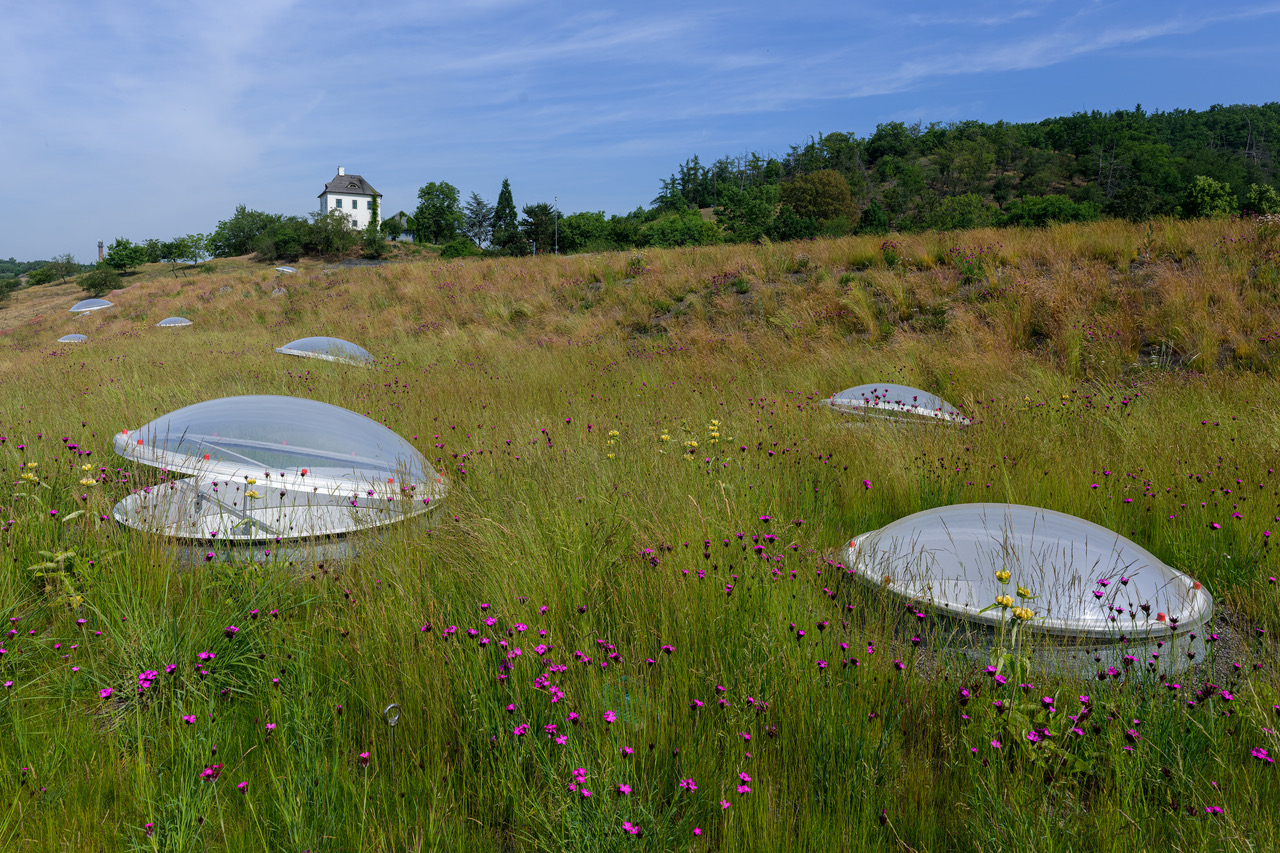
During creation of the roof on the Dja Reserve House forbs grown within the programme Regional Prague Mixture were seeded and planted to the all-surface foundation of steppe grasses species. Photo: Petr Hamerník
#7 The Green Roof of the year
When building new exhibits, we try to integrate the constructions into the surrounding landscape as sensitively as possible. The 1st place in the competition Green Roof of the Year 2023 for the vegetative roof of the Dja Reserve House proves that at least in the case of the Dja Reserve we were successful.
The roof is semi-intensive with a natural character. As well as in the nearby Vltava canyon and on steppe meadows under Sklenářka, there are xerothermic and steppe communities of grasses and forbs. Already in the second year after its establishment the occurrence of very rare species of invertebrates was detected here. The vegetation roof on the Dja Reserve is therefore not only an aesthetic landscape-forming element and an area with a positive impact on the microclimate, but it also serves as a biodiversity centre.
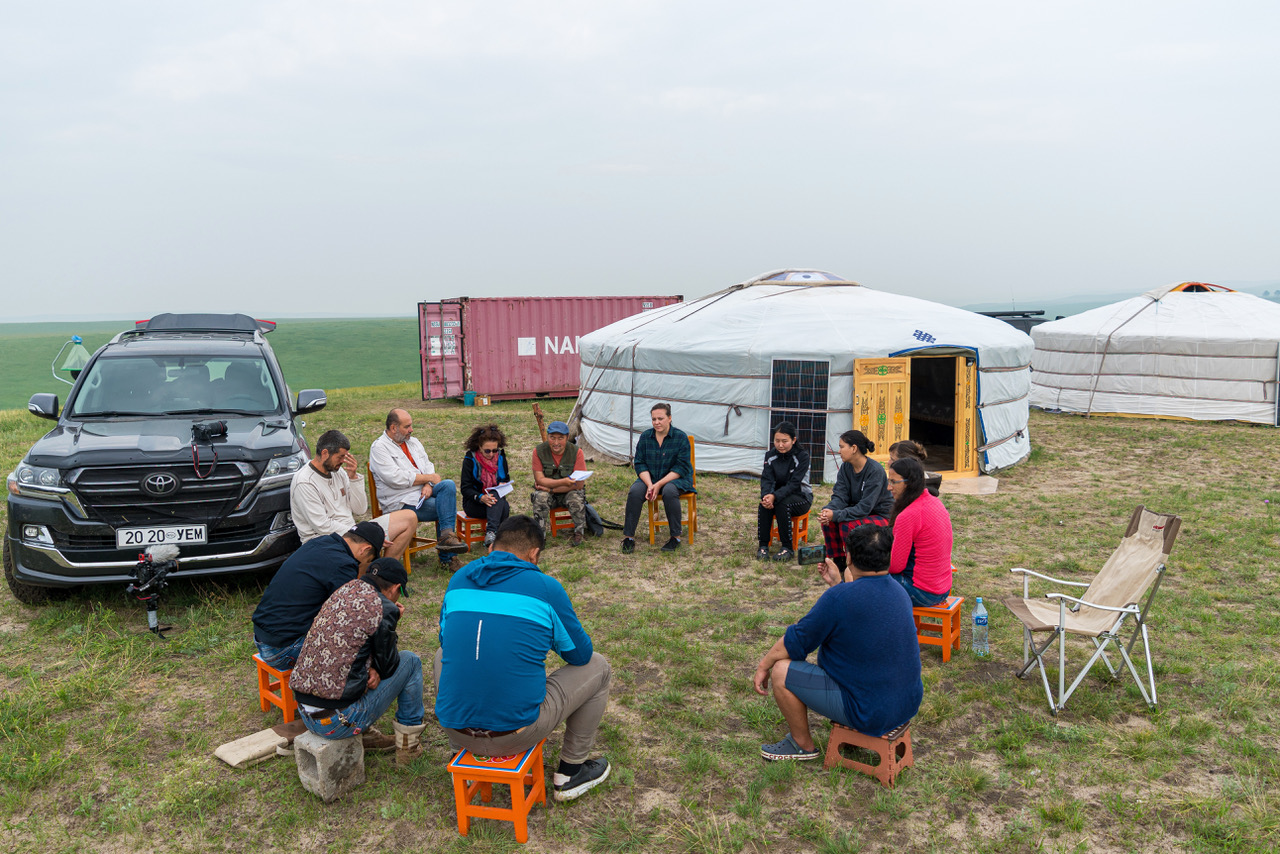
Meeting at the yurts at the base, established in the Valley of Monasteries at the east of Mongolia.
Photo David Broda
#8 The Valley of Monasteries and the Golden Steppe for Przewalski’s horses
We made progress in the preparation for the reintroduction of Przewalski’s horses to the east of Mongolia. The organization We Help Them to Survive Mongolia, which will realize the project, started to fully function, and we have selected the best locality – the Valley of Monasteries in the Nömrög National Park.
But we also focused on Kazakhstan, whose representatives invited our cooperation. After the signature of the relevant memorandum, which took place at the presence of the prime ministers of both countries, we made an exploratory journey in April to the localities pre-selected for the reintroduction of Przewalski’s horses. We selected Alibi in the Golden Steppe (Altyn Dala), where acclimatization enclosures were built afterwards. We plan to undertake the first transportation of the horses together with the Czech Army in spring 2024.
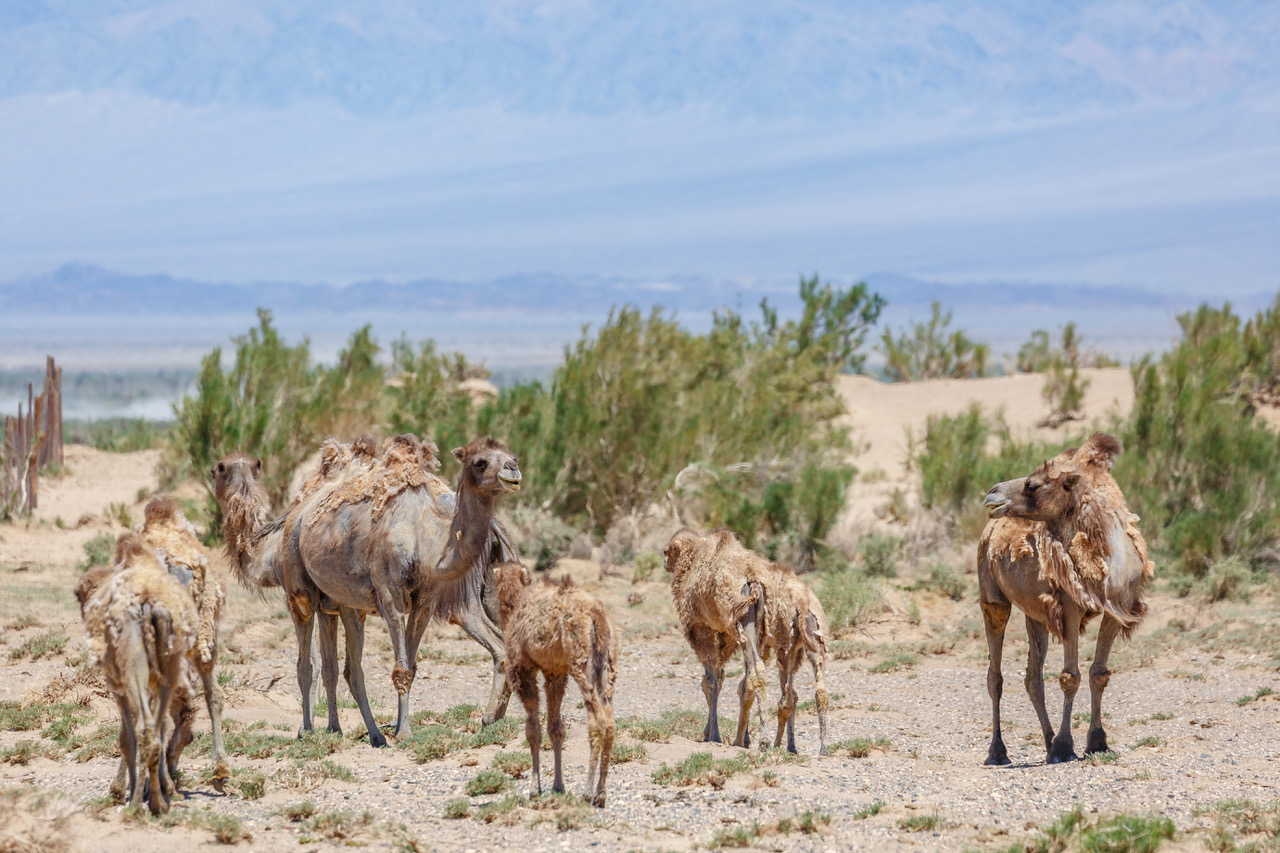
A group of the wild Bactrian camels. It is an independent species, separated from the ancestors of domestic Bactrian camel by 700 thousand years of development. Photo Miroslav Bobek
#9 Breeding centre for wild Bactrian camels in Gobi
So far the most extensive construction financed by Prague Zoo abroad was built in 2023. It is the breeding centre for wild Bactrian camels in the locality of Toli Bulag at the north-east edge of the Great Gobi A Strictly Protected Area. This breeding centre includes an enclosure of 60 hectares, a shelter, water holes, manipulation area and last but not least the facilities for the employees. The total cost was USD 100,000 and the construction was realized by our partner organization The Wild Camel Protection Foundation – Mongolia.
The wild Bactrian camel survives only in a part of China and particularly in the Mongolian protected area Great Gobi A. We have been supporting research on the wild Bactrian camels as well as their backup breeding in this area for many years.
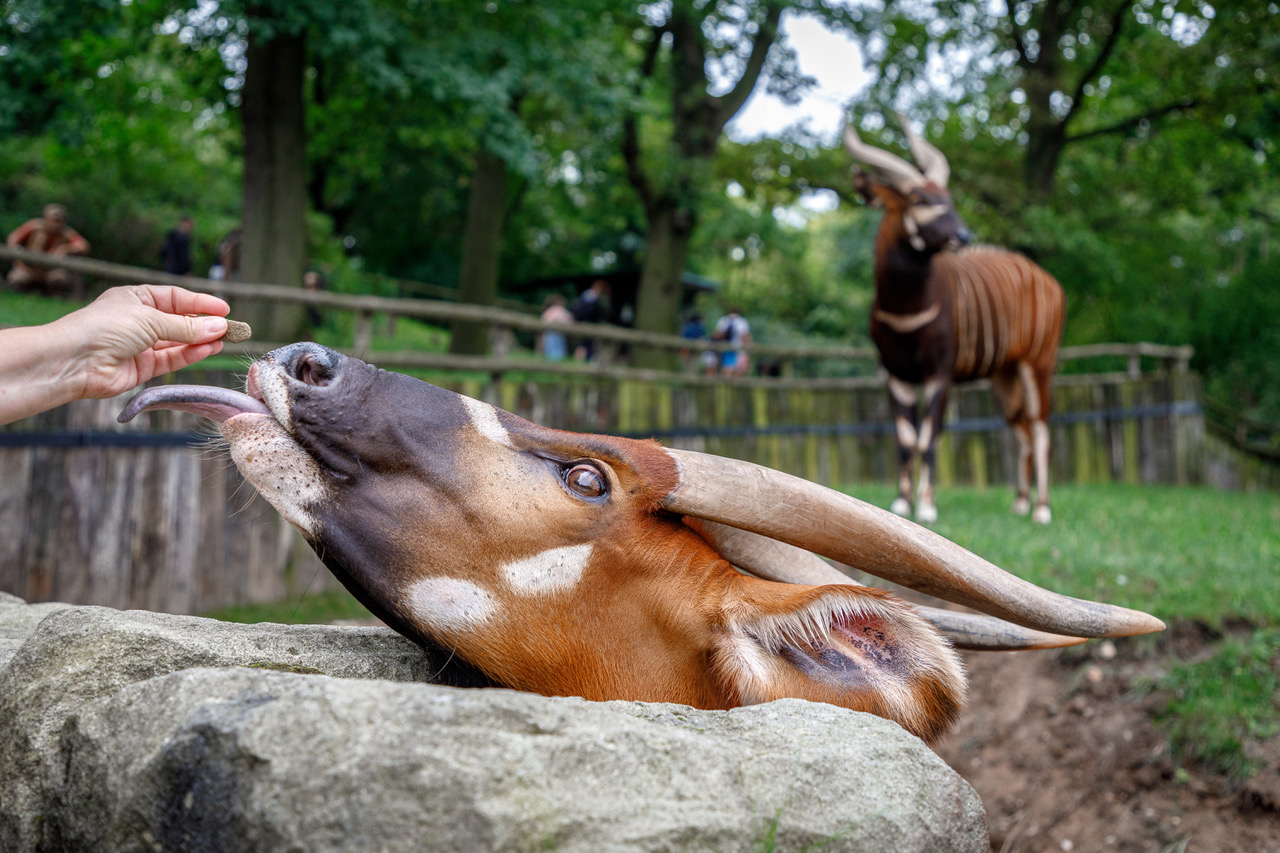
There are much fewer mountain bongos in the wild than in zoological gardens. From the funds raised by the keepers Prague Zoo contributes to their return to the wild in Kenya. Photo Miroslav Bobek
#10 We give help in five continents
Conservation of endangered species and their habitats belongs among the key tasks of modern zoological gardens. Our zoo realizes or supports these projects in five continents. We raise the funds for them from the entrance fee and by fundraising. In May the Prague City Council approved increasing of the amount dedicated to financing in situ projects from each entrance fee to Prague Zoo from CZK 5 to CZK 8. As for the fundraising, some of our keepers got involved in it even more significantly than in previous years without any remuneration. During the year they organized many entertainment programs, such as Meeting the Devils, Breakfast with Pangolins, Dropping in with Antelopes or Feeding the Bongos. These activities brought in a truly extraordinarily sum of CZK 850,089.
We thank all, who help Prague Zoo, as well as those, who visit it and who like it!
Written by: Miroslav Bobek


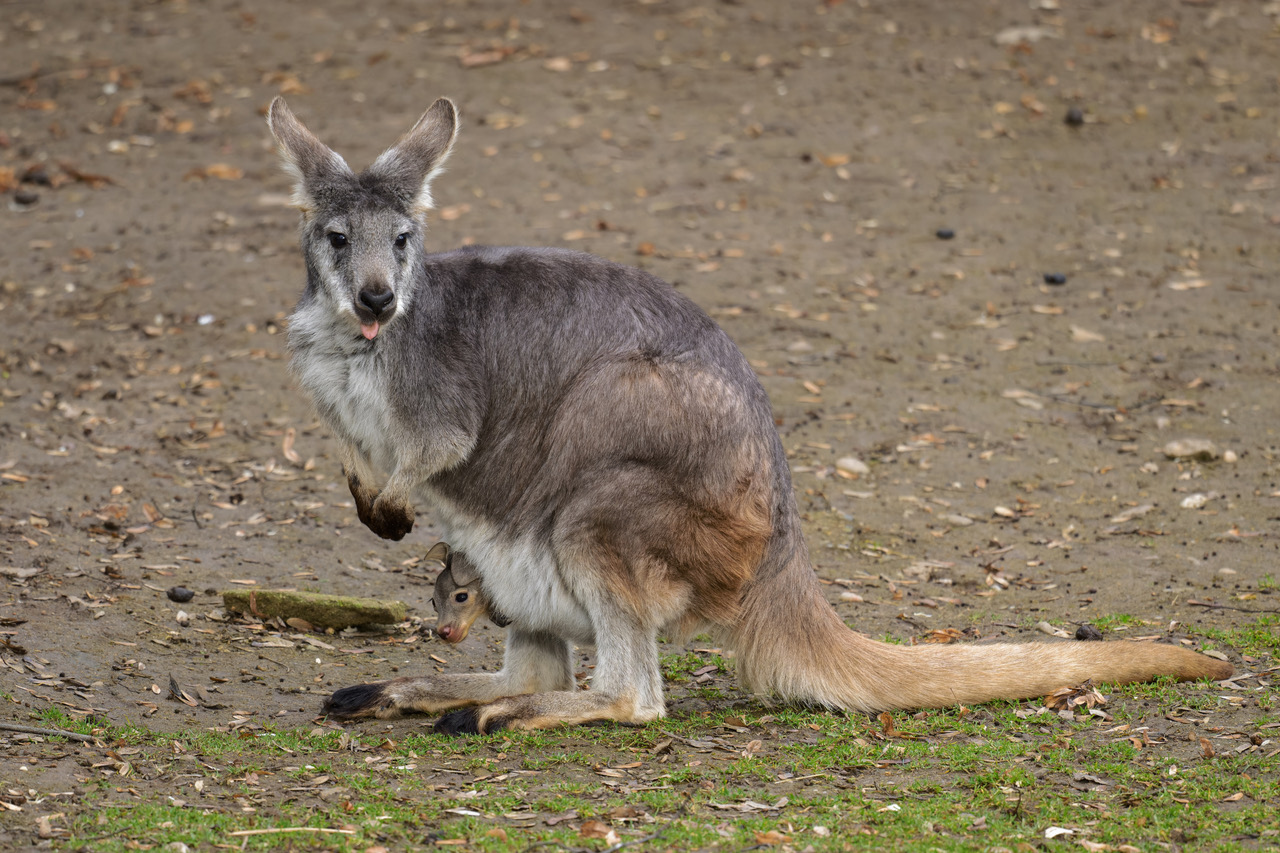
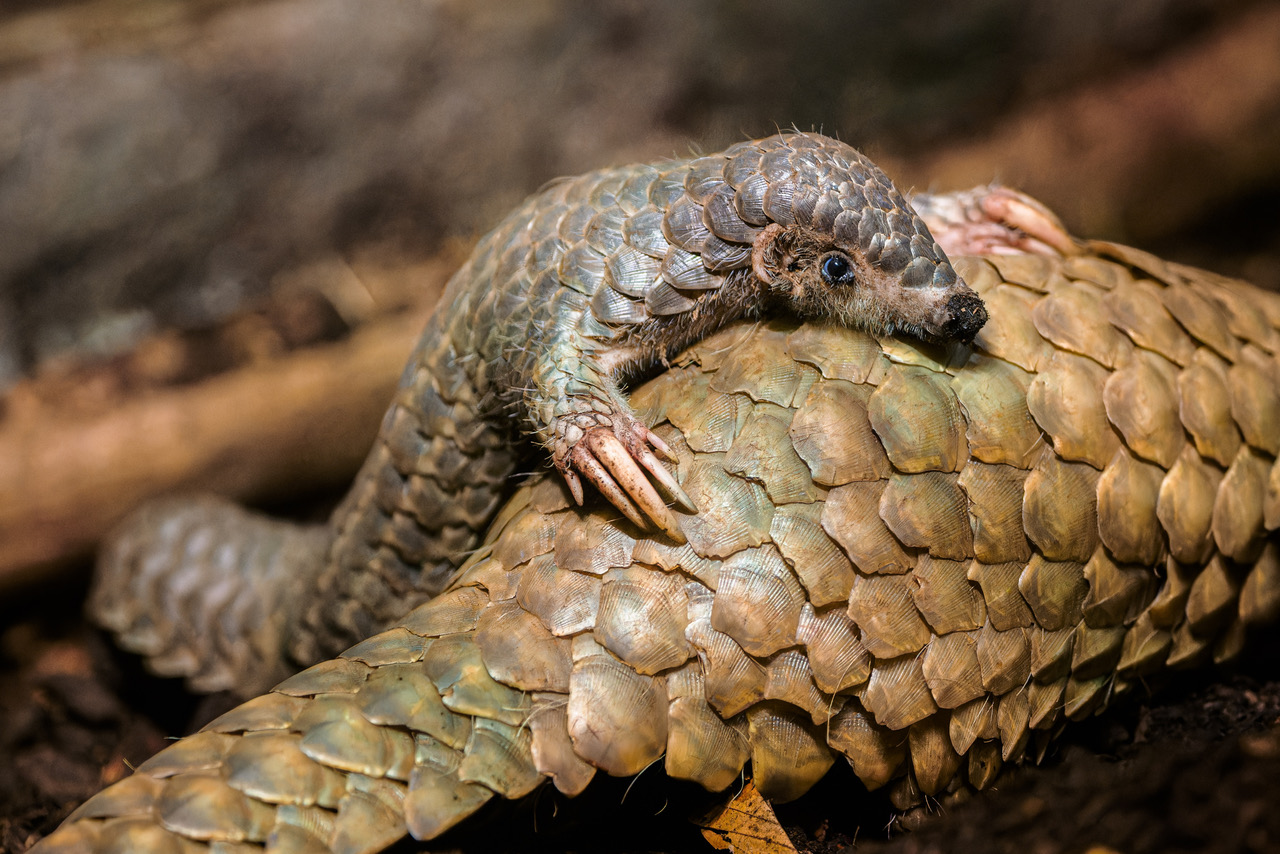
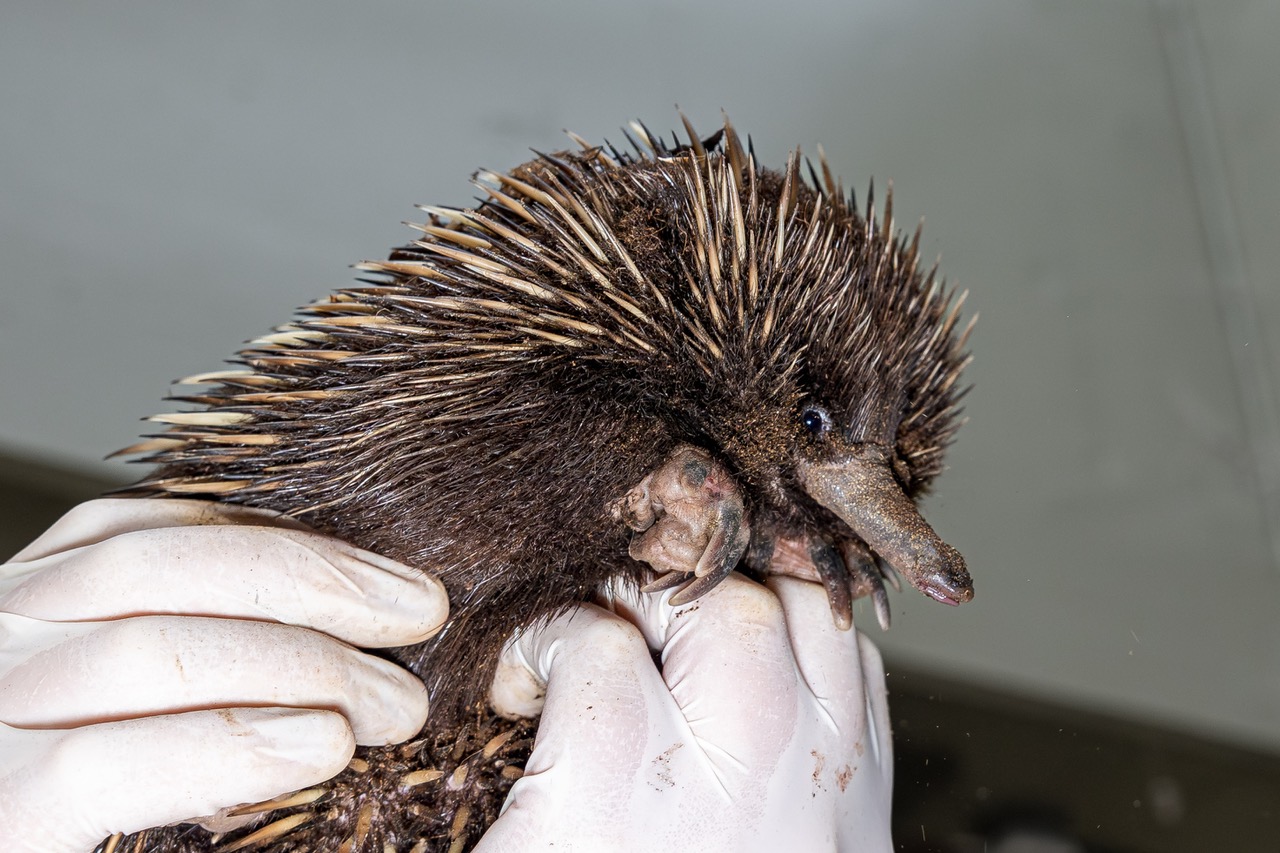
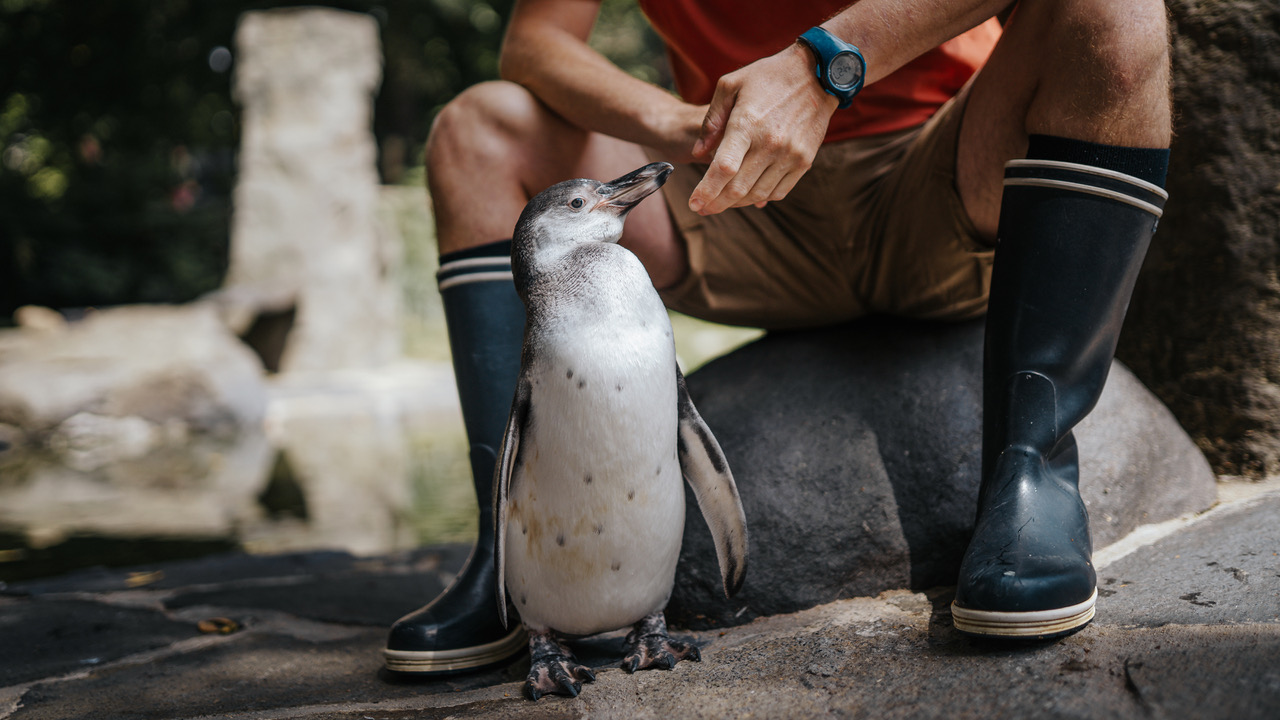
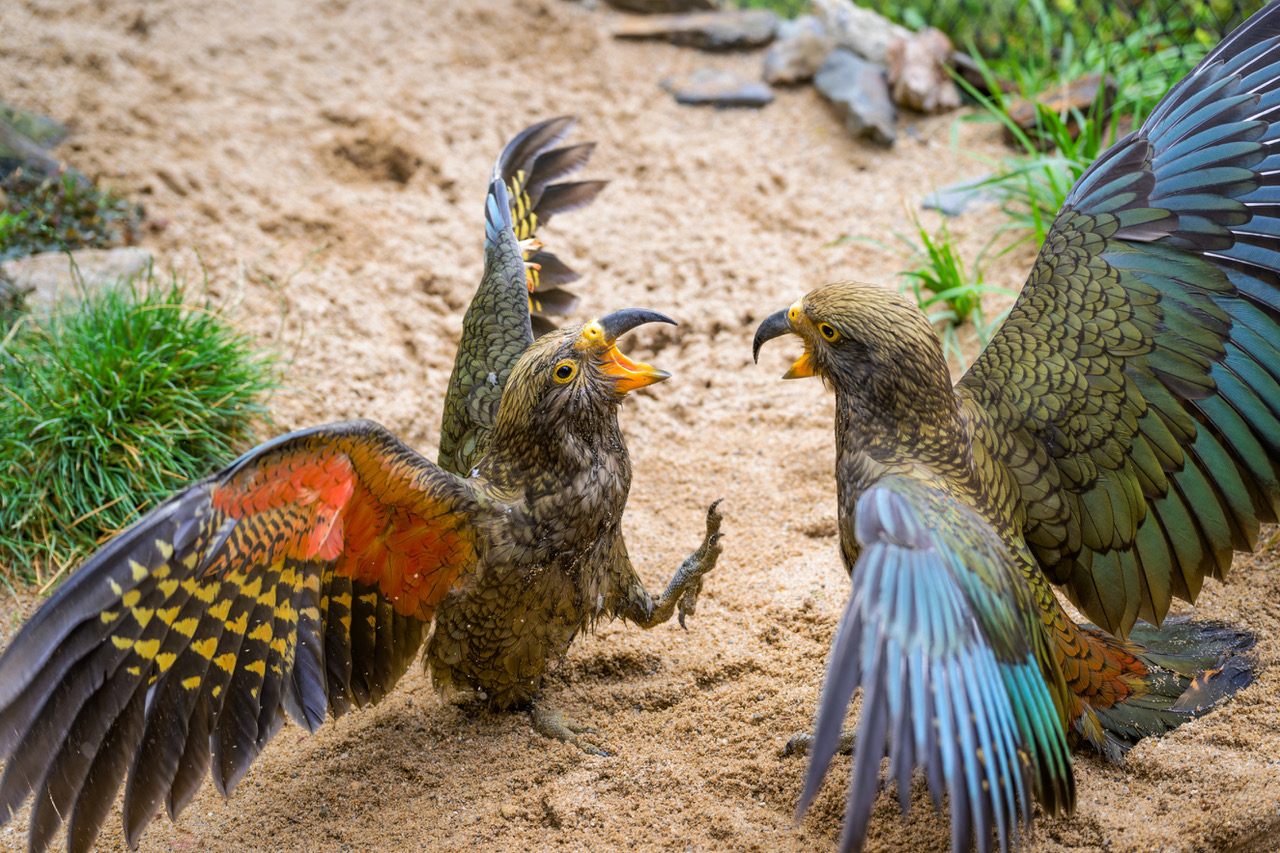
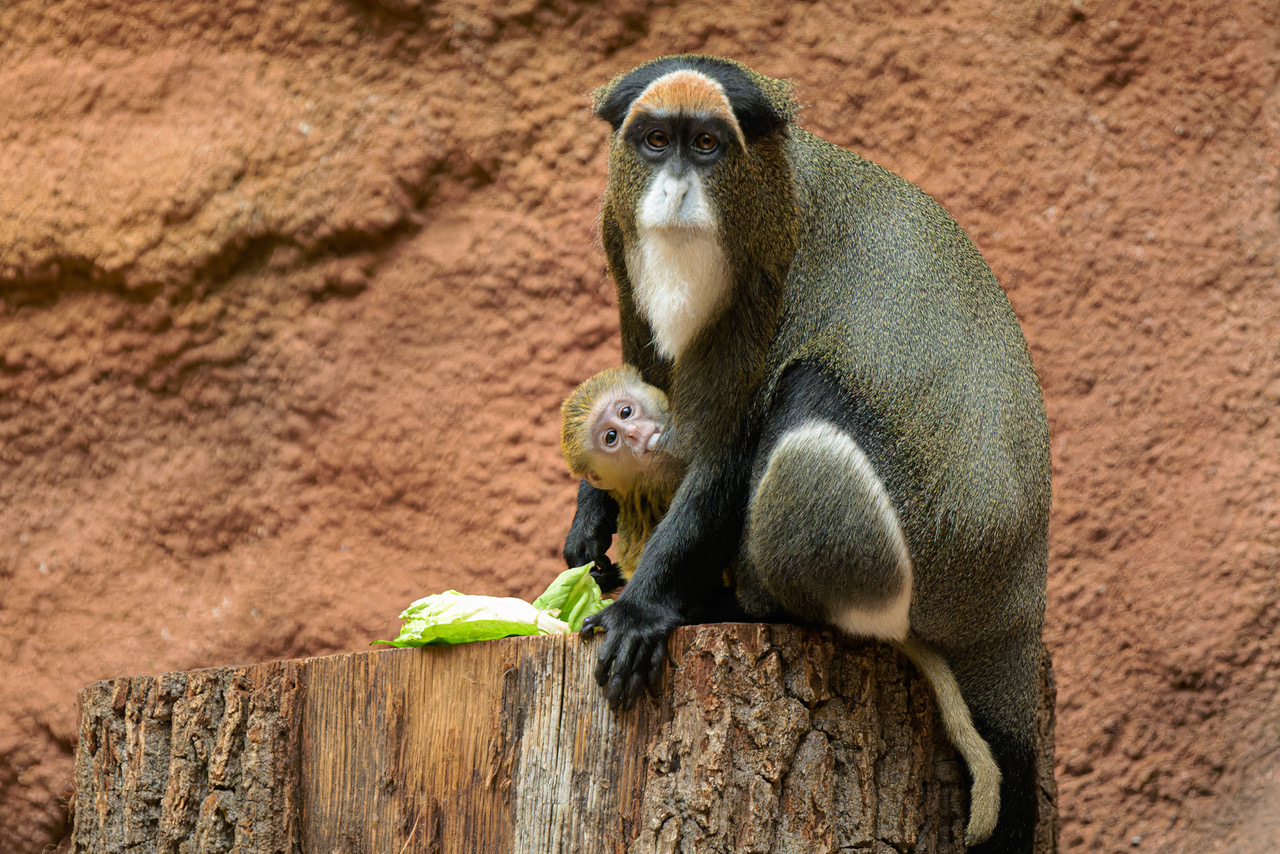
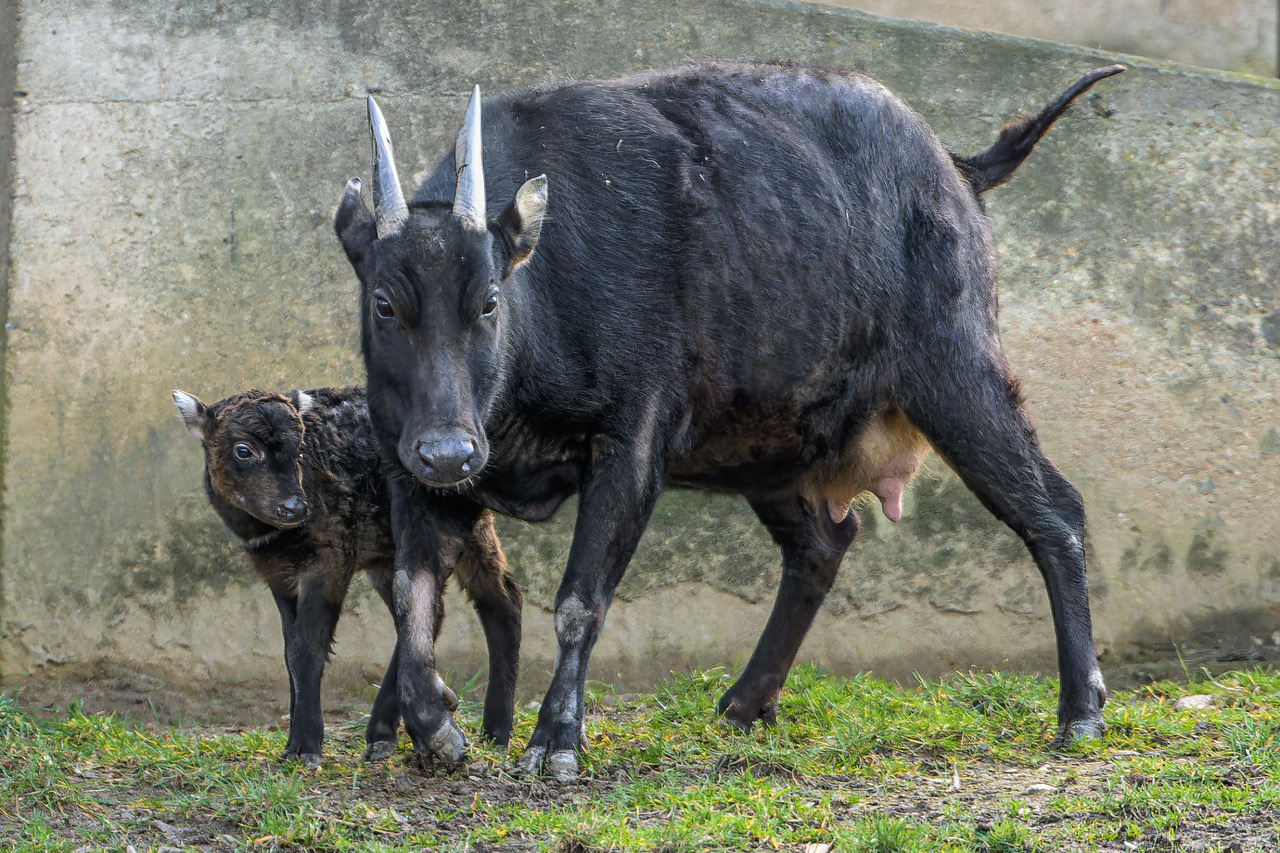
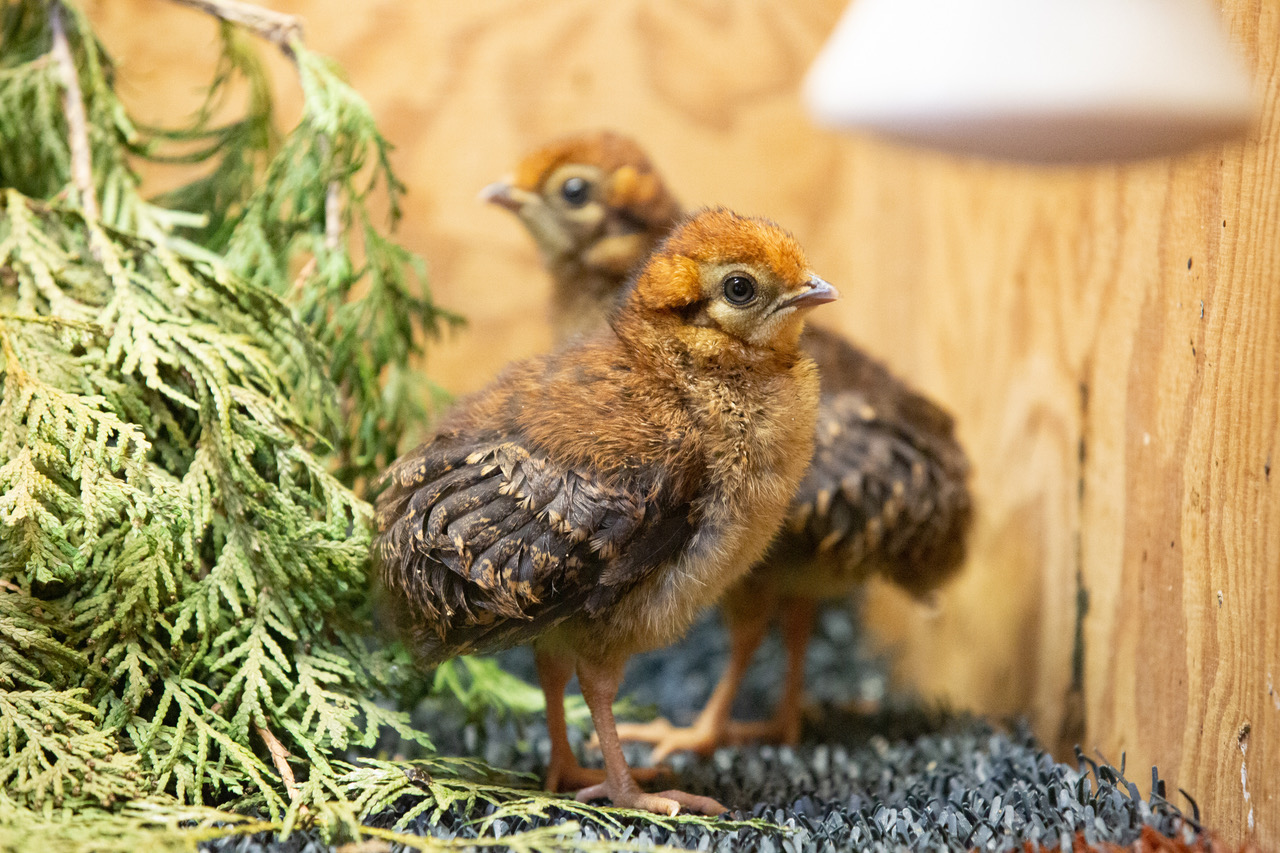
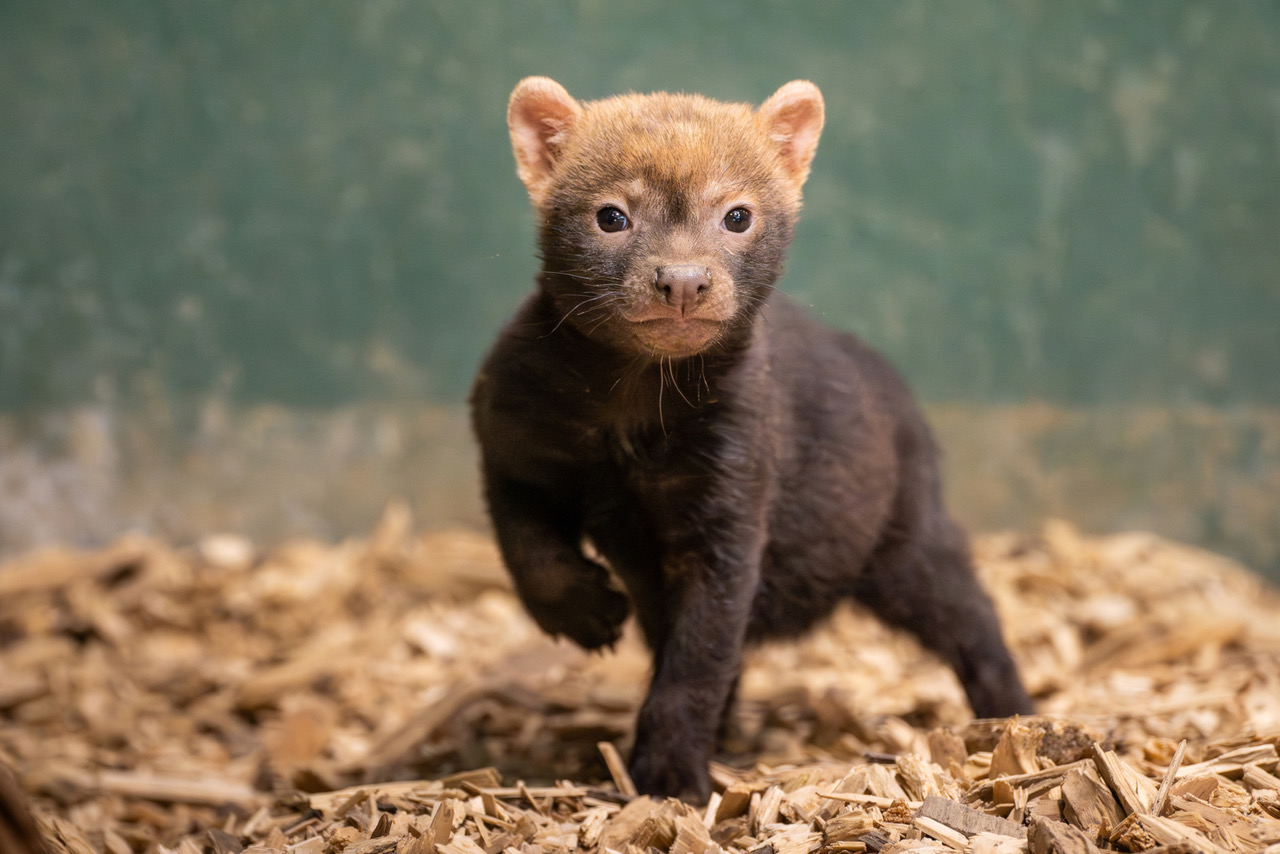
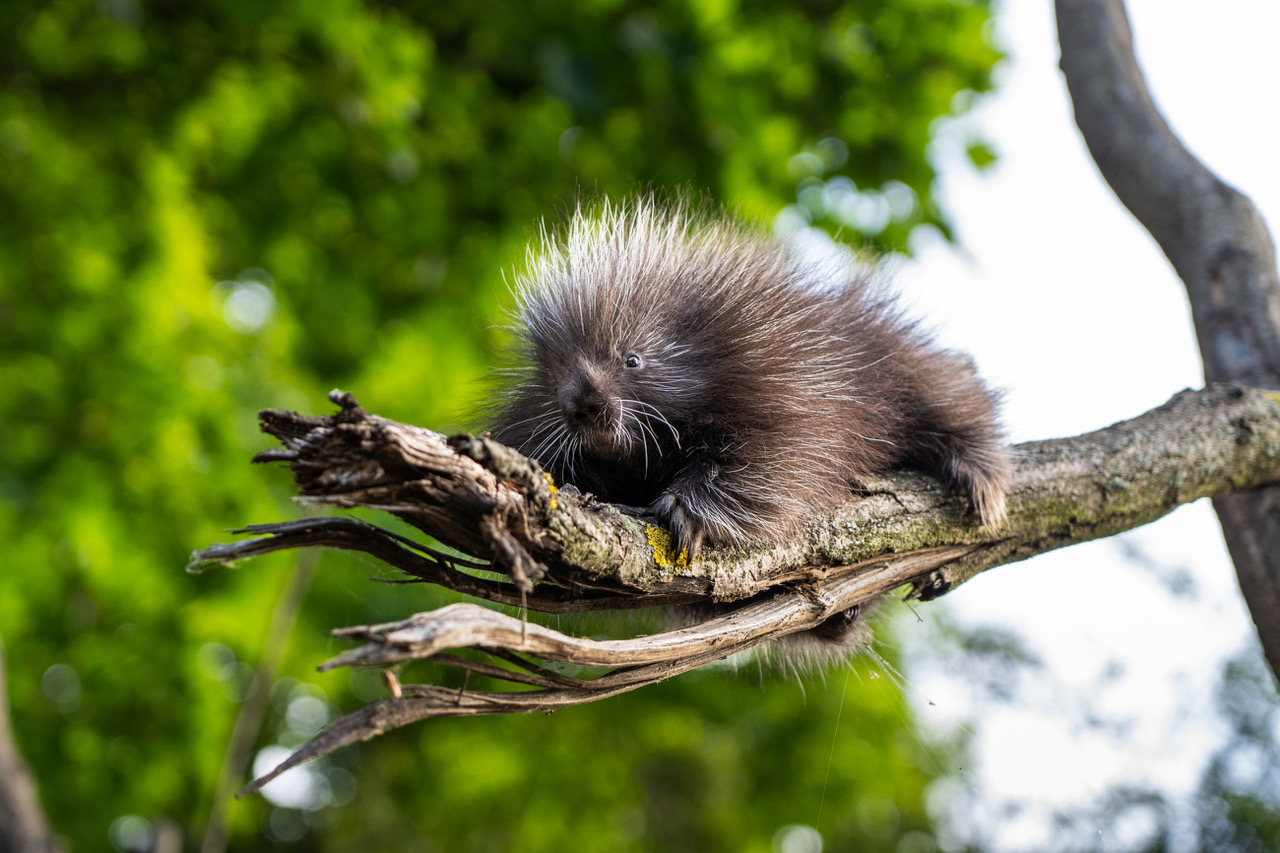
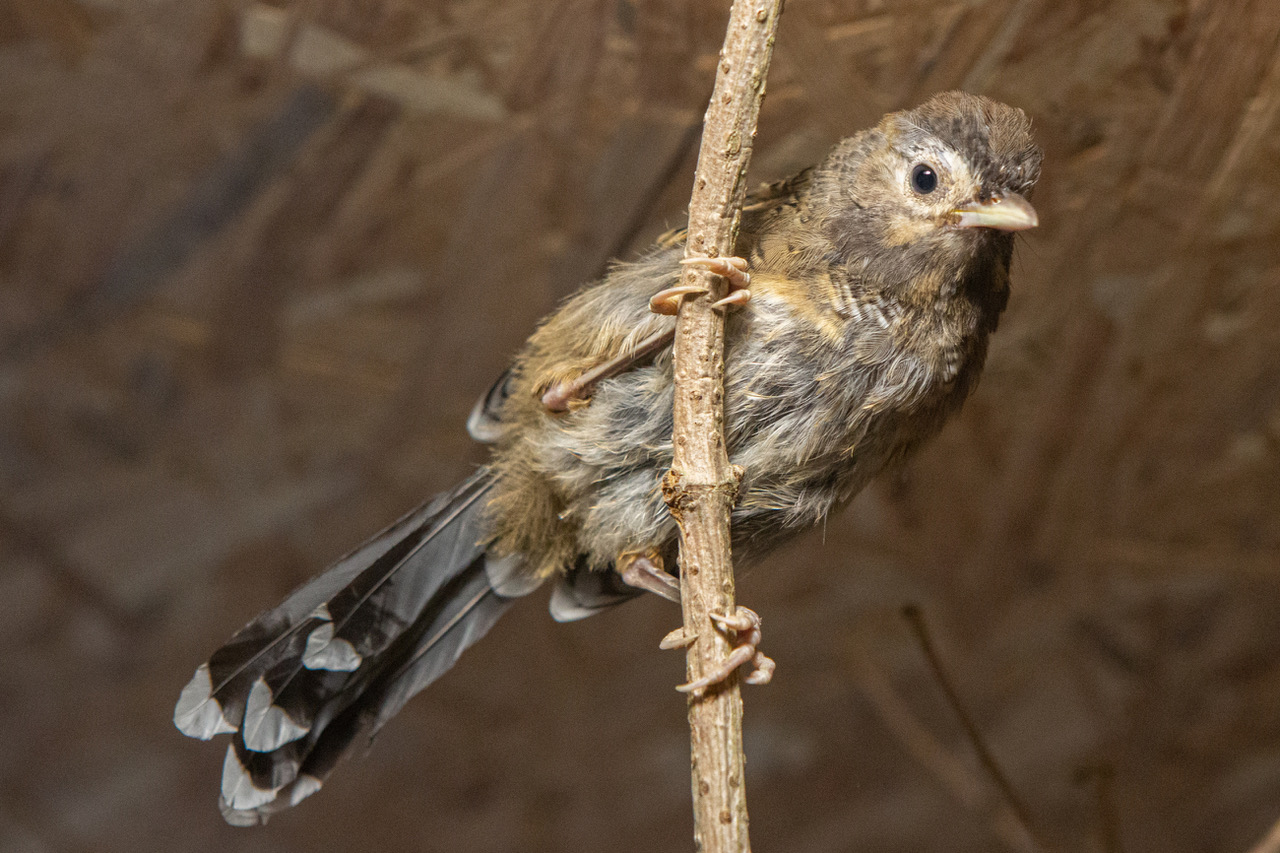
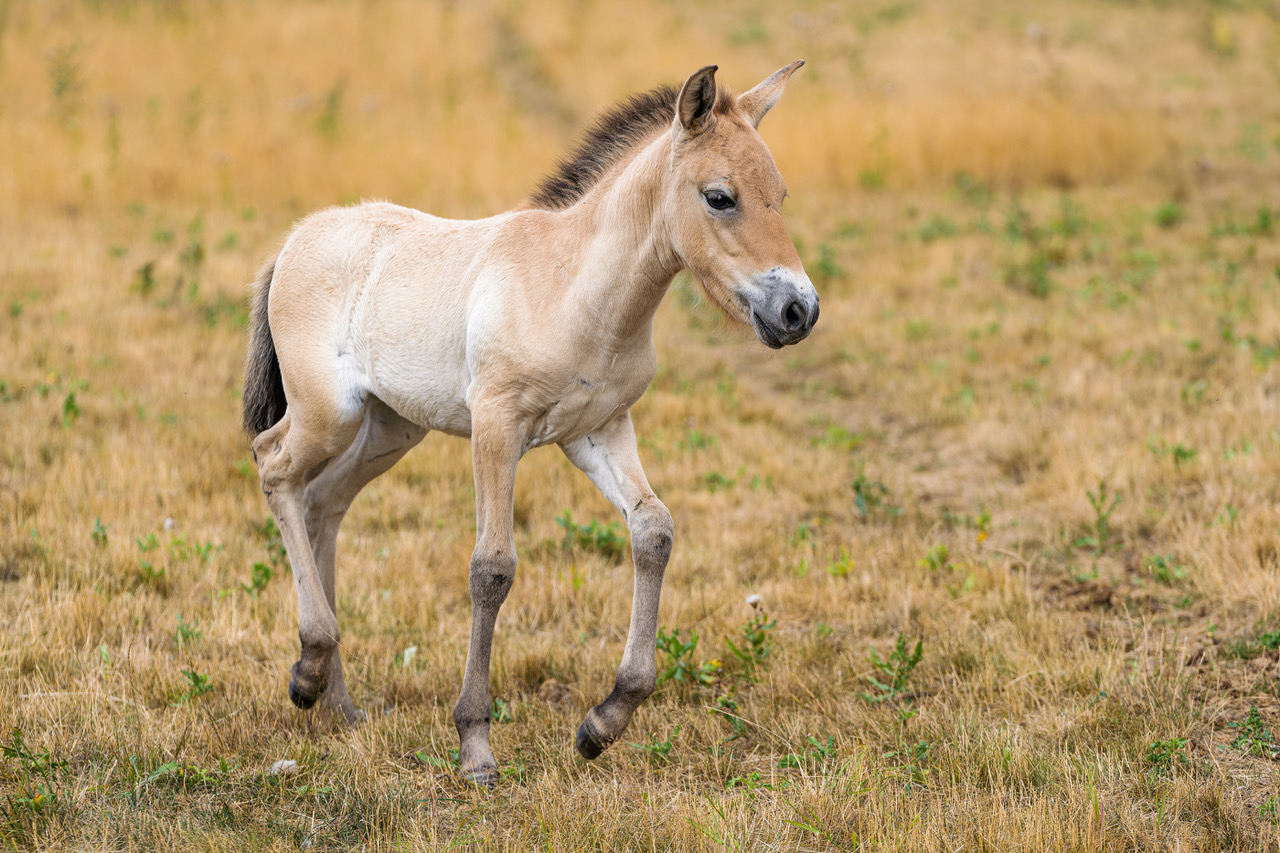
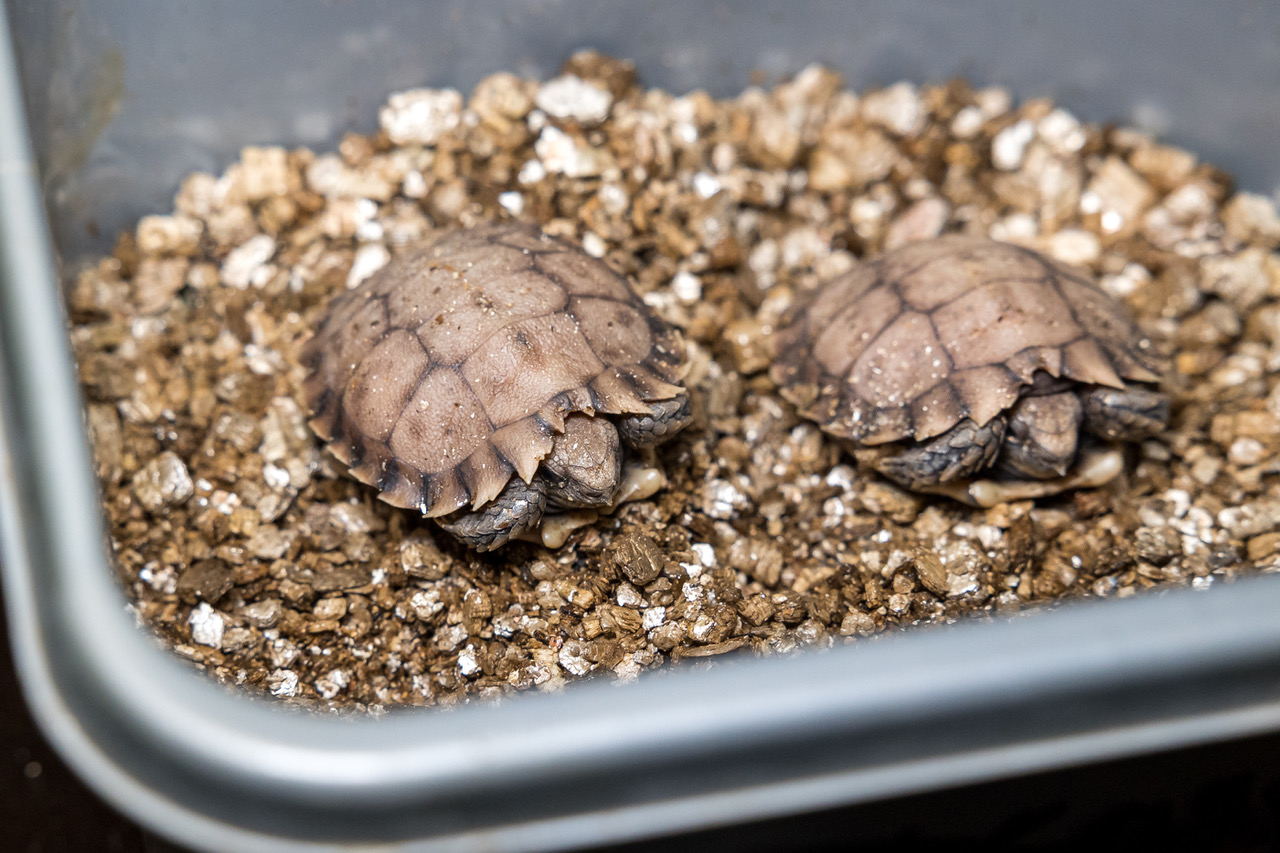
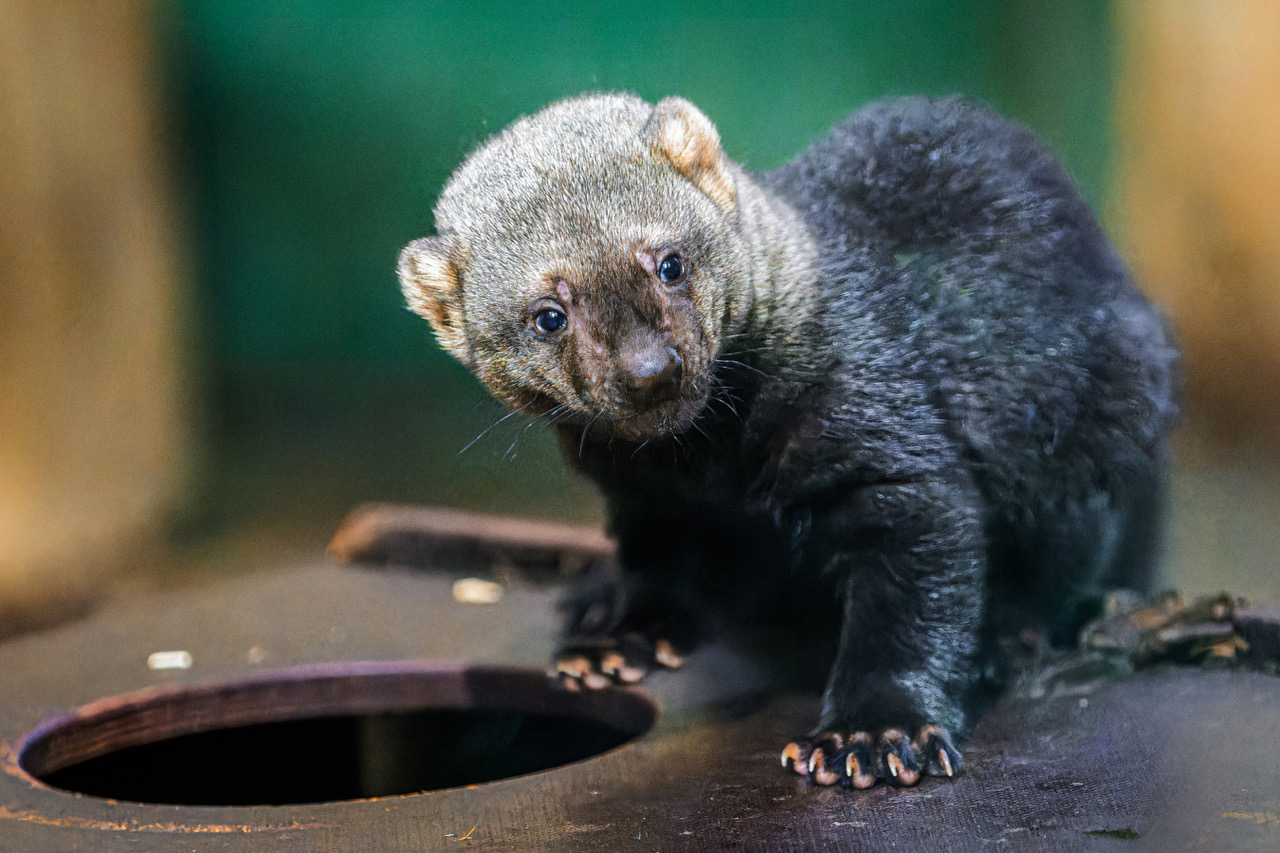
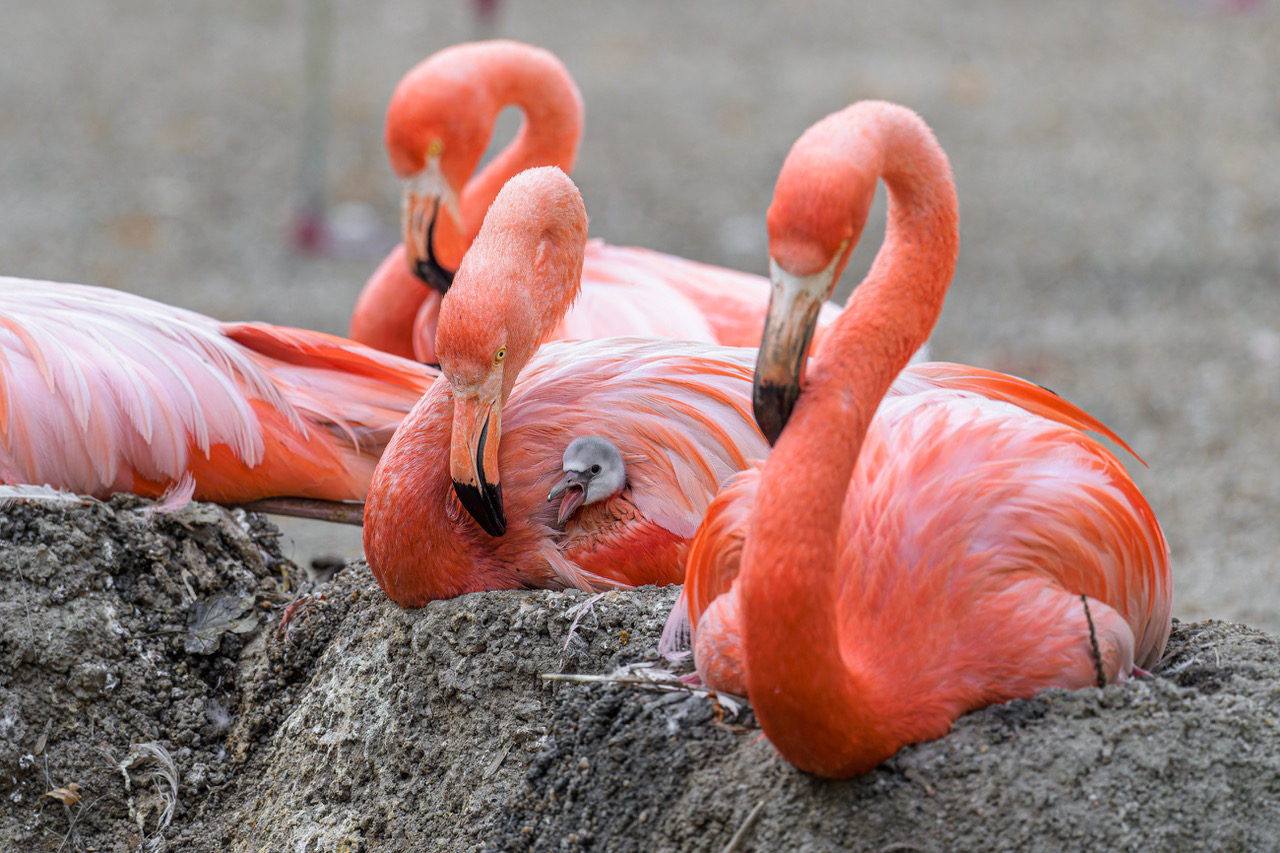
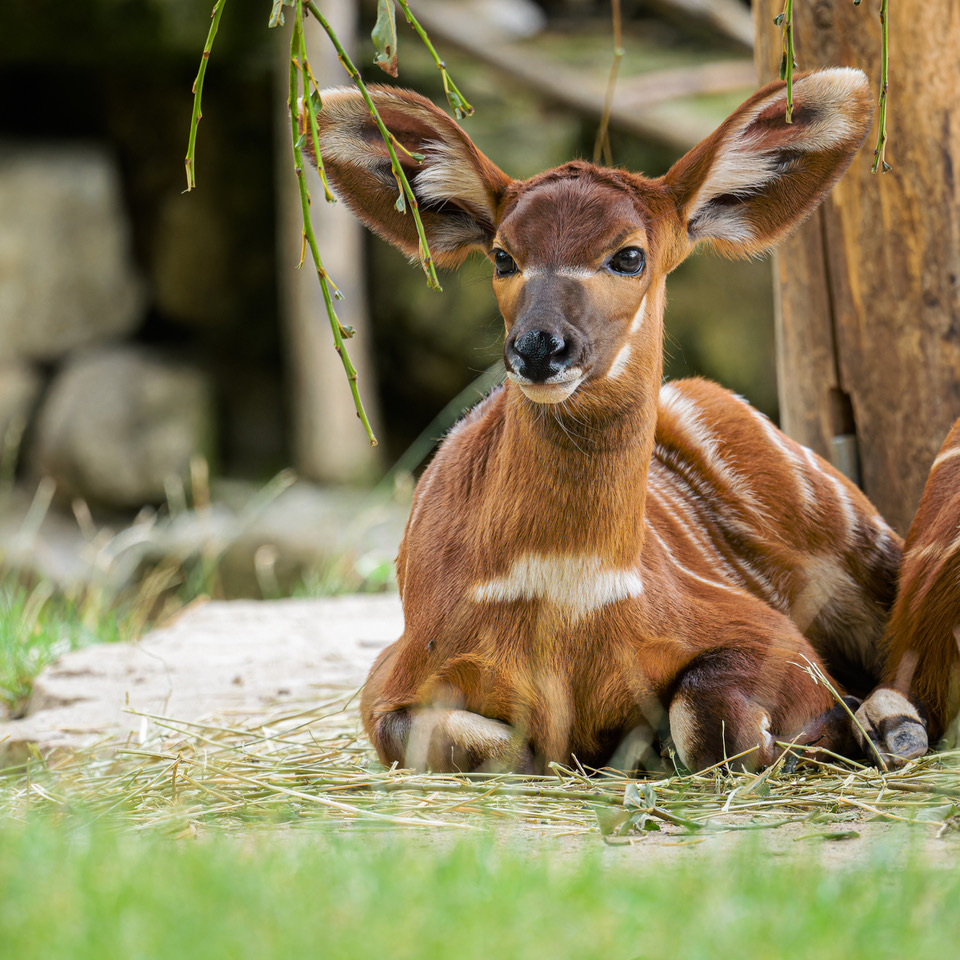
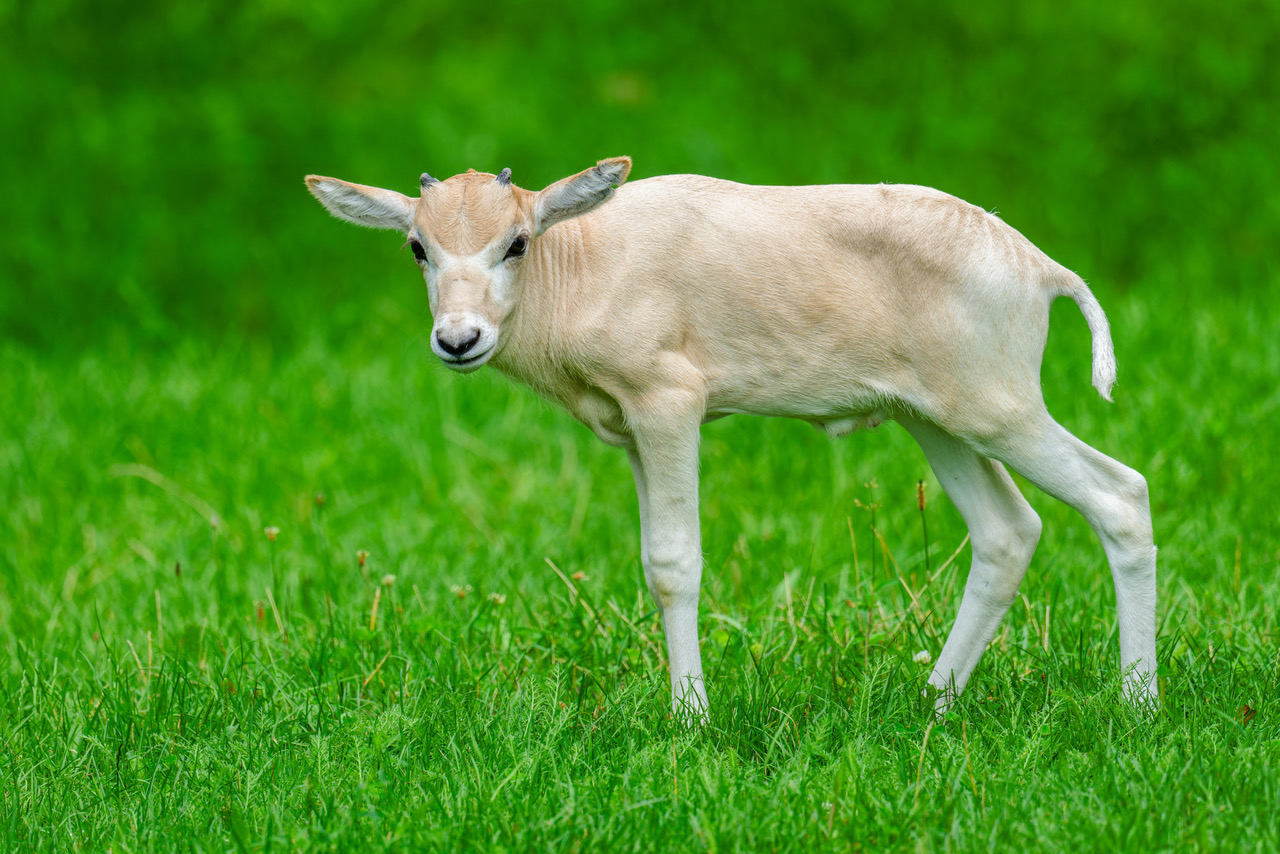
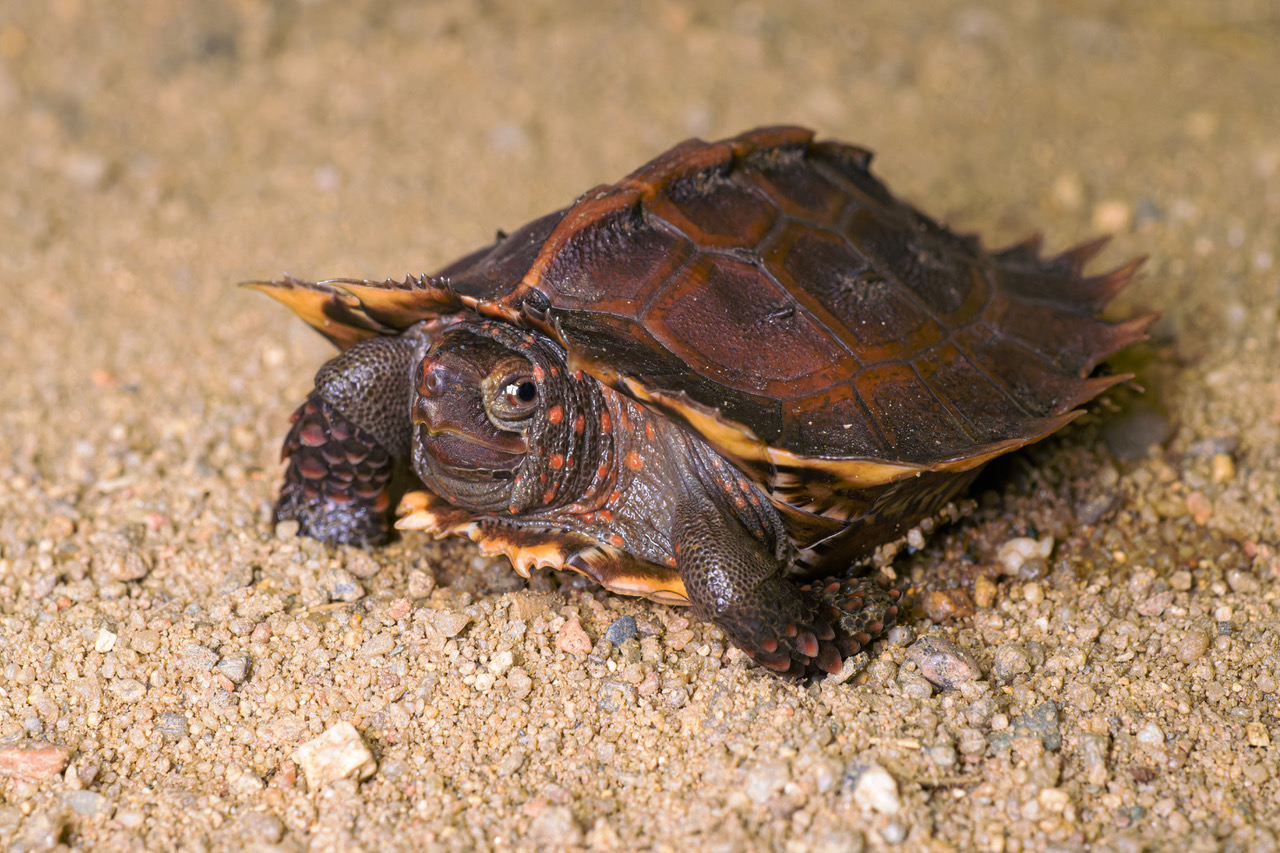
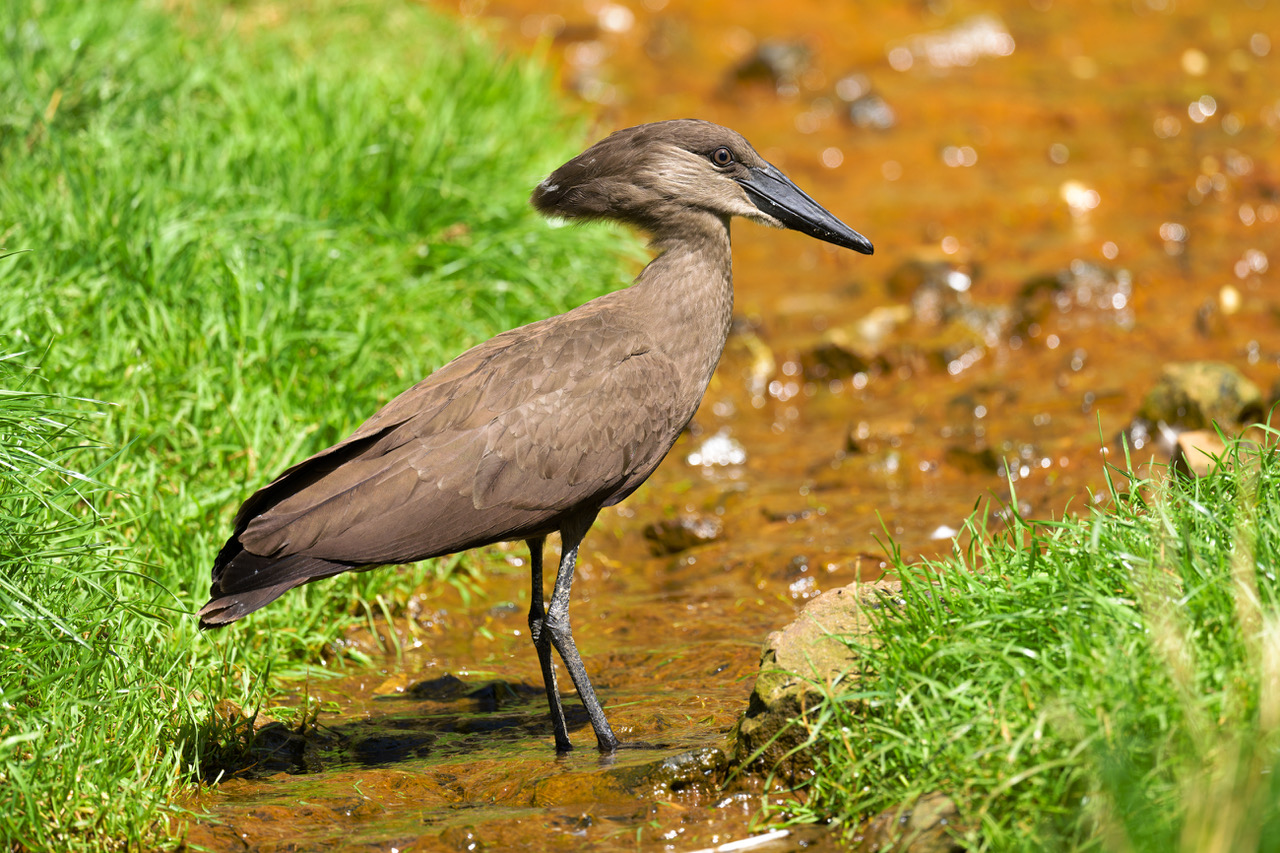
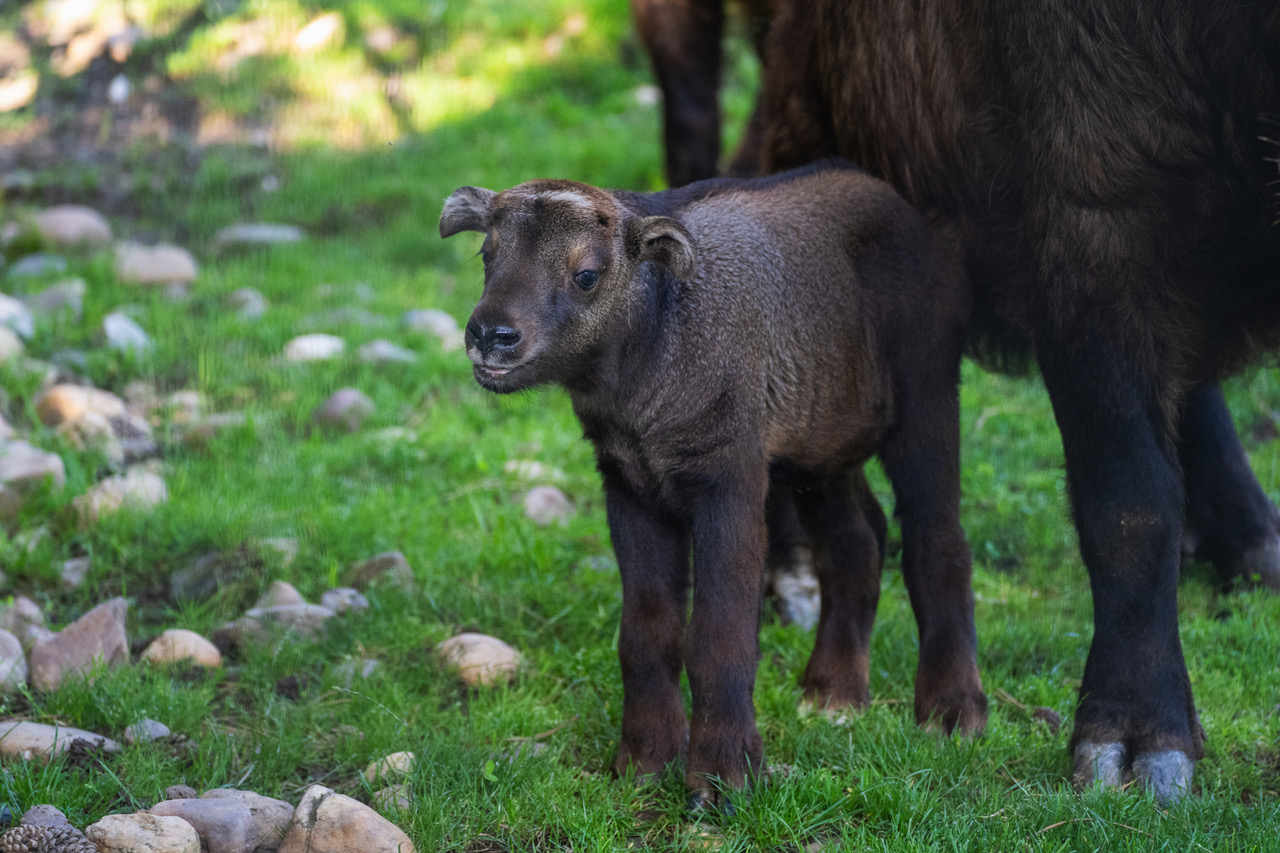
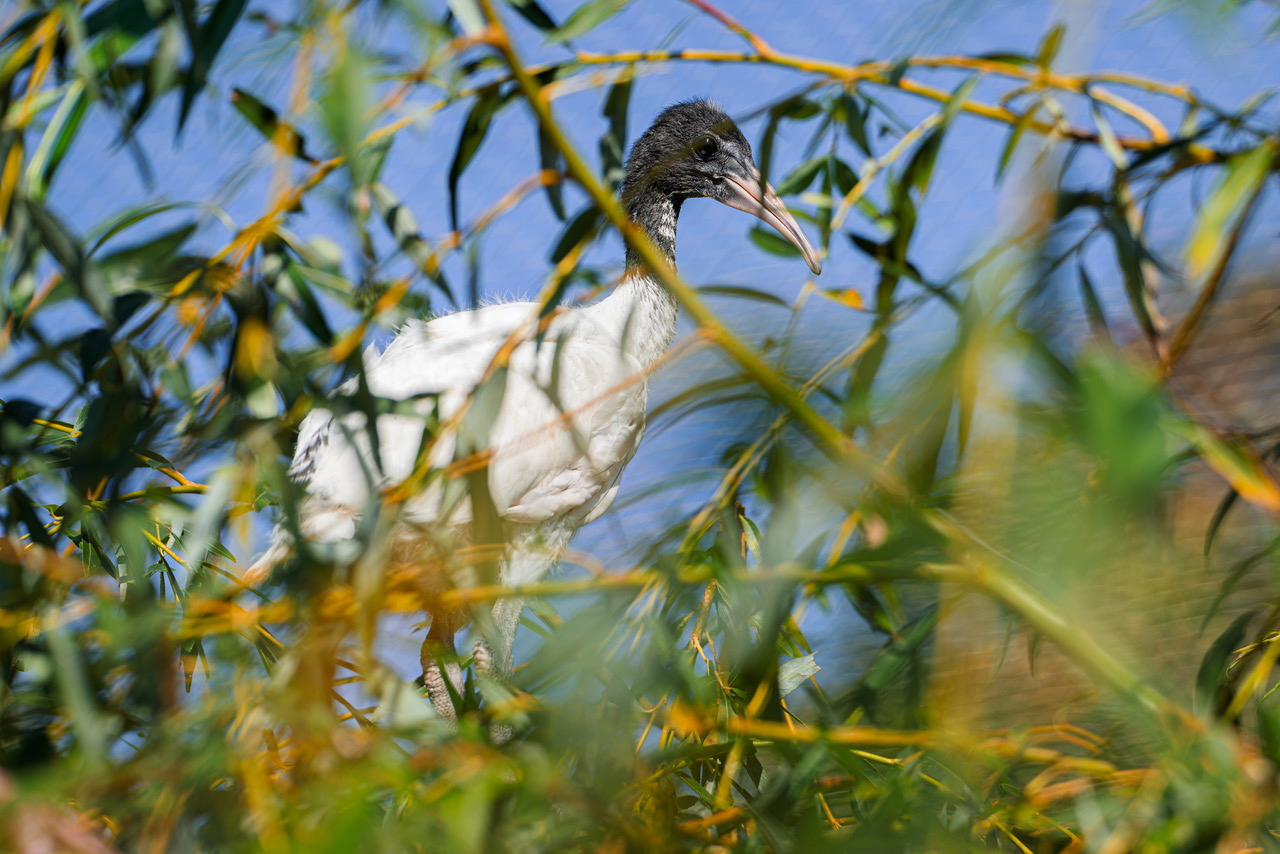
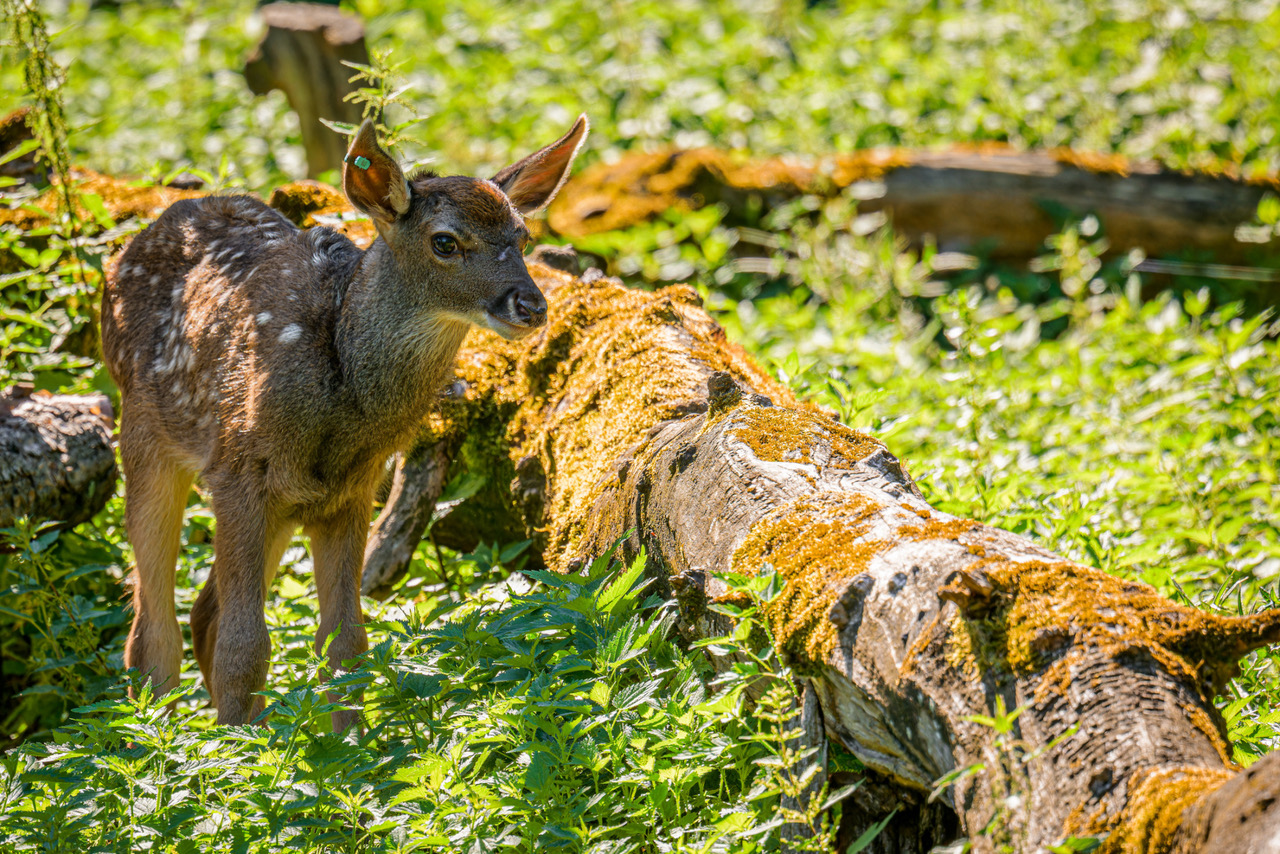
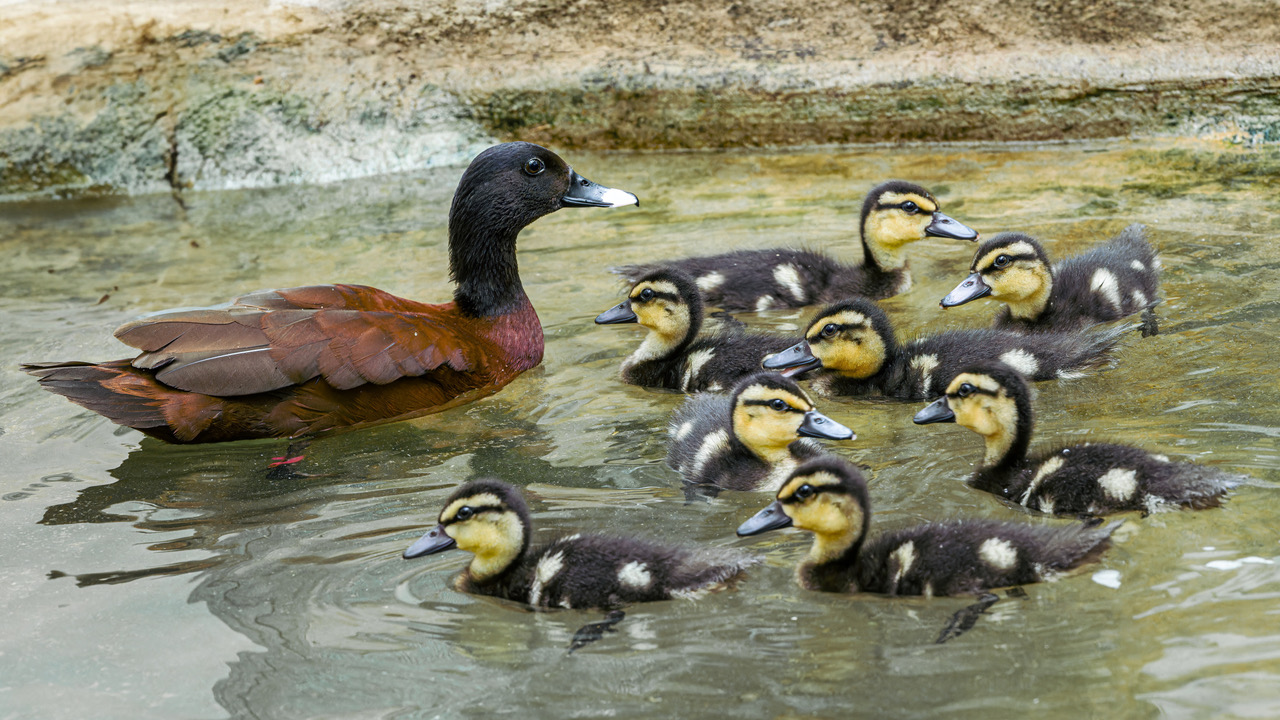
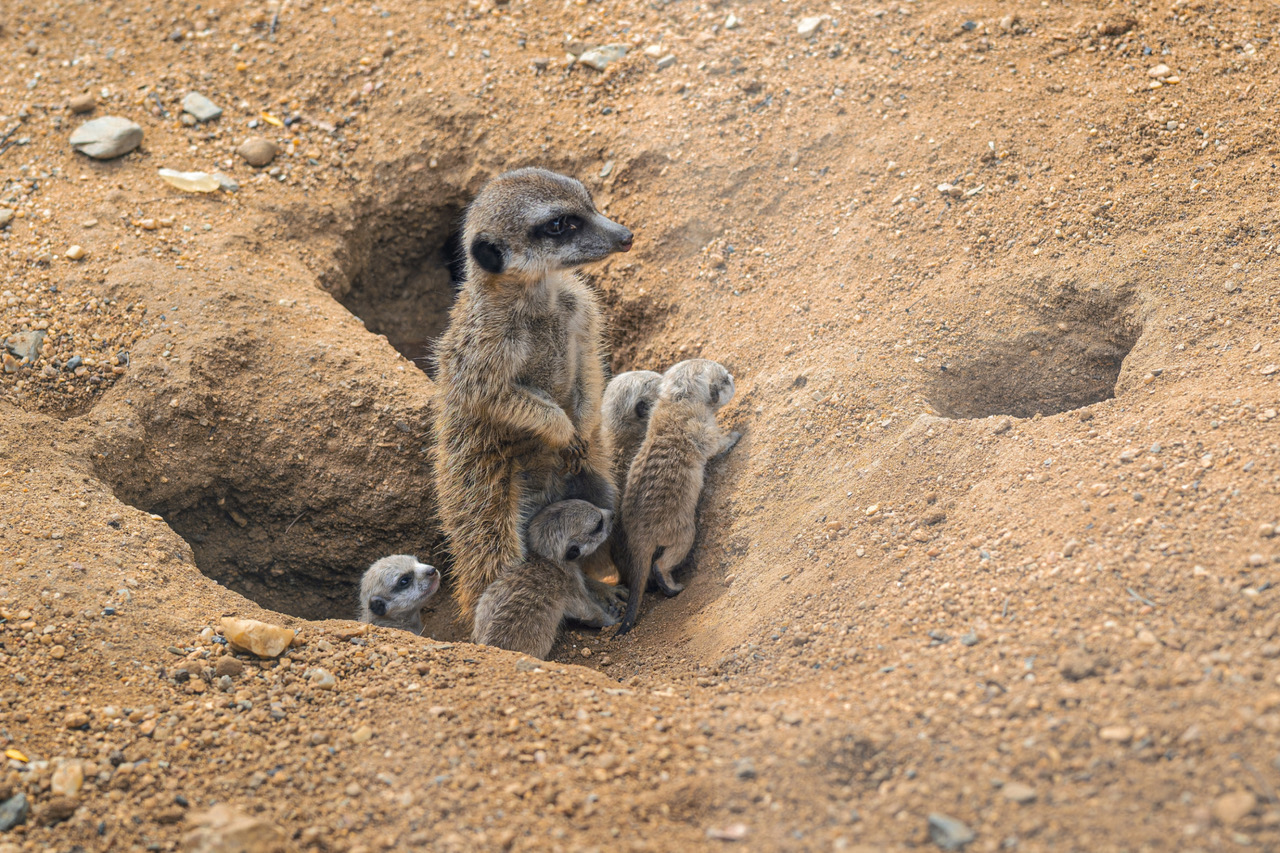
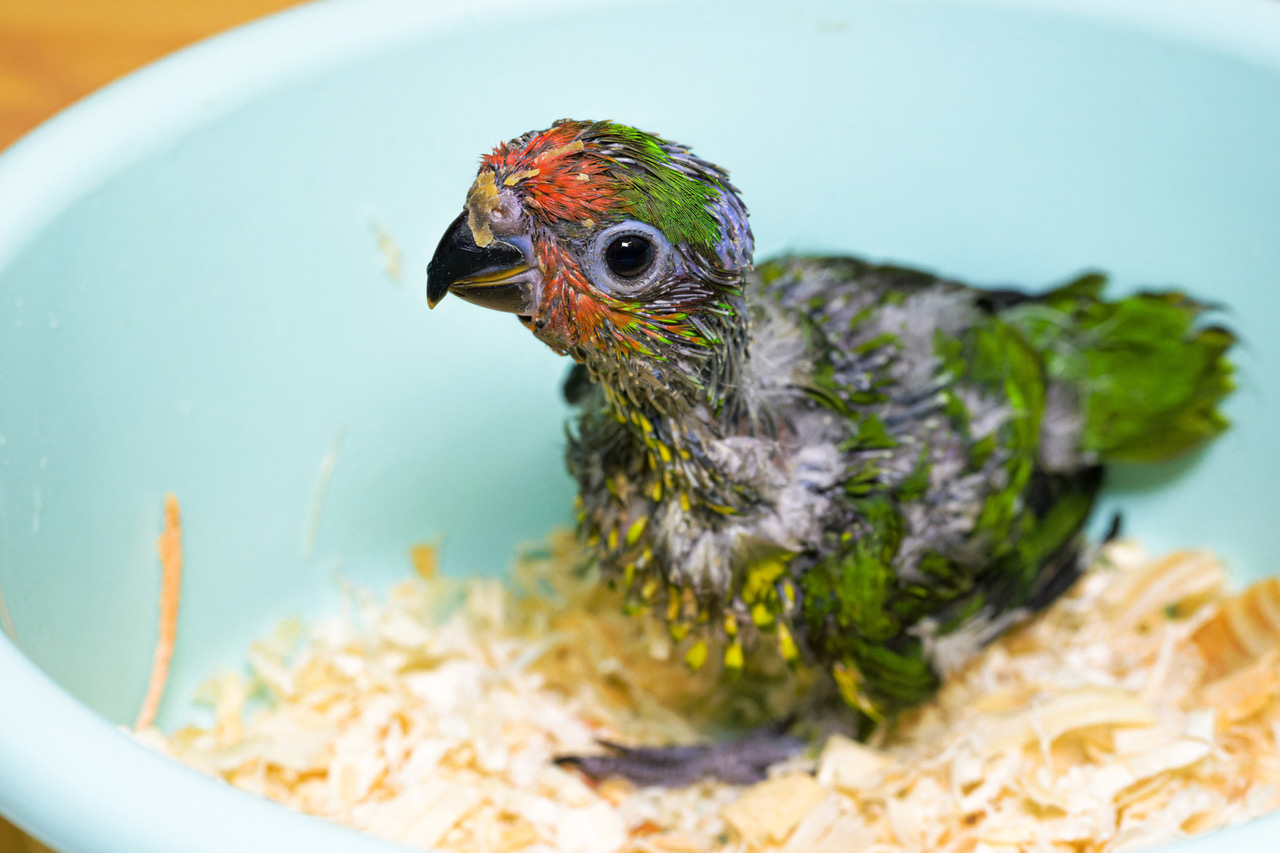
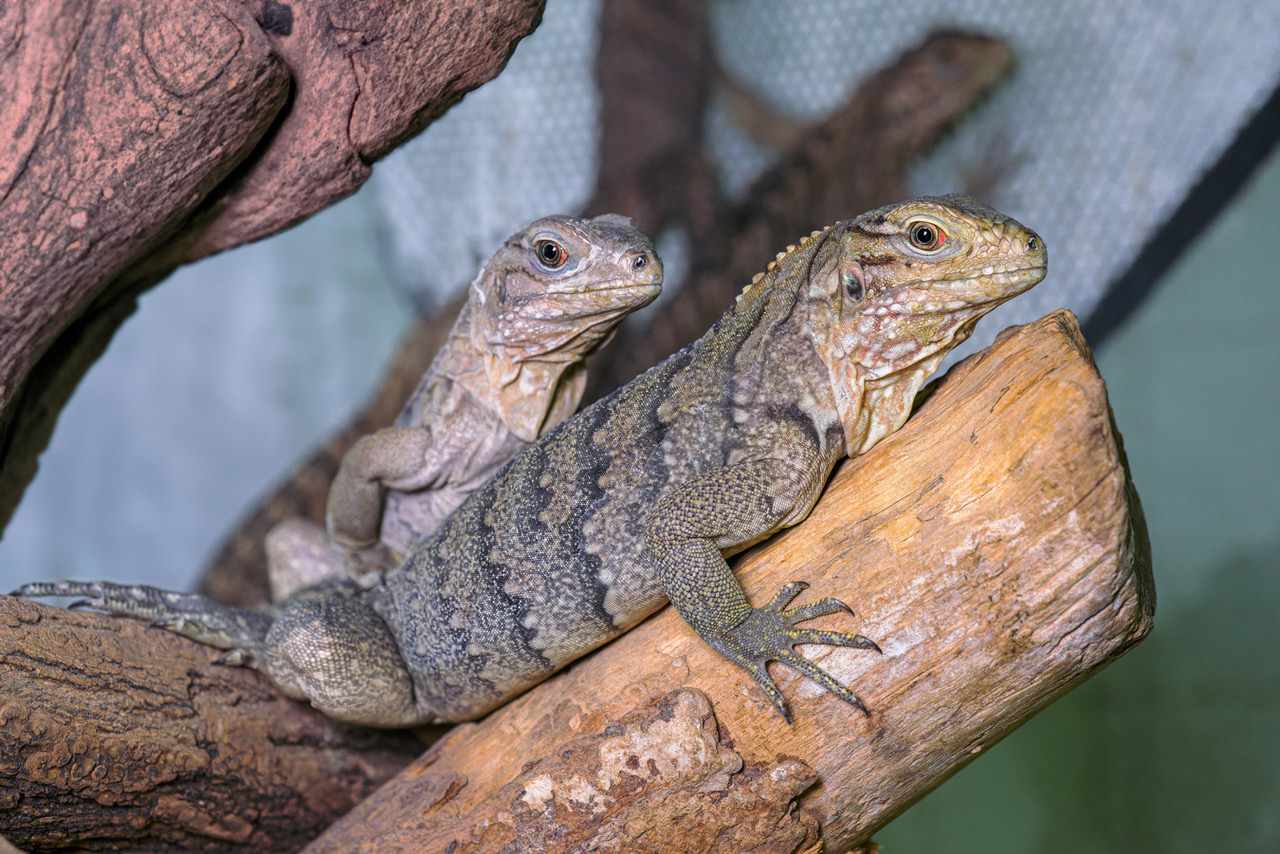
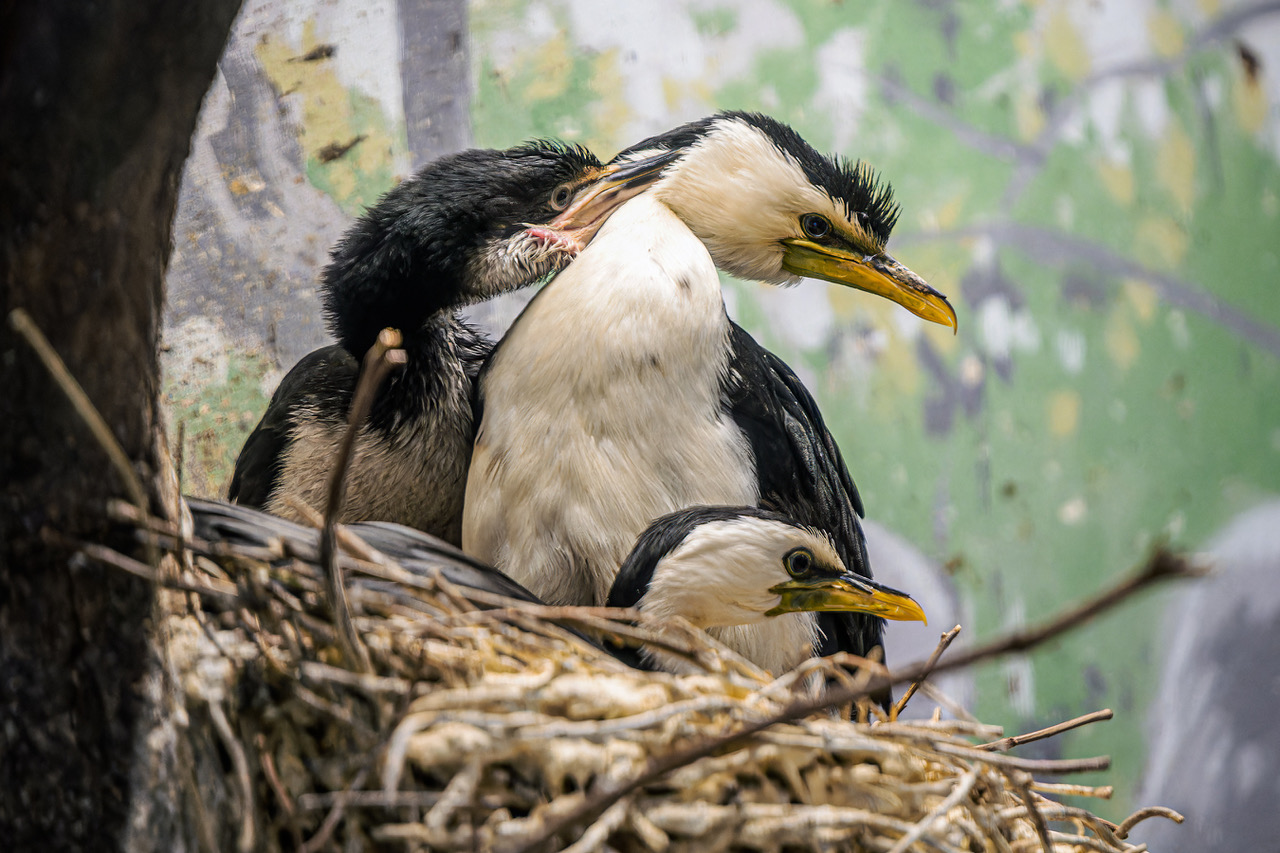
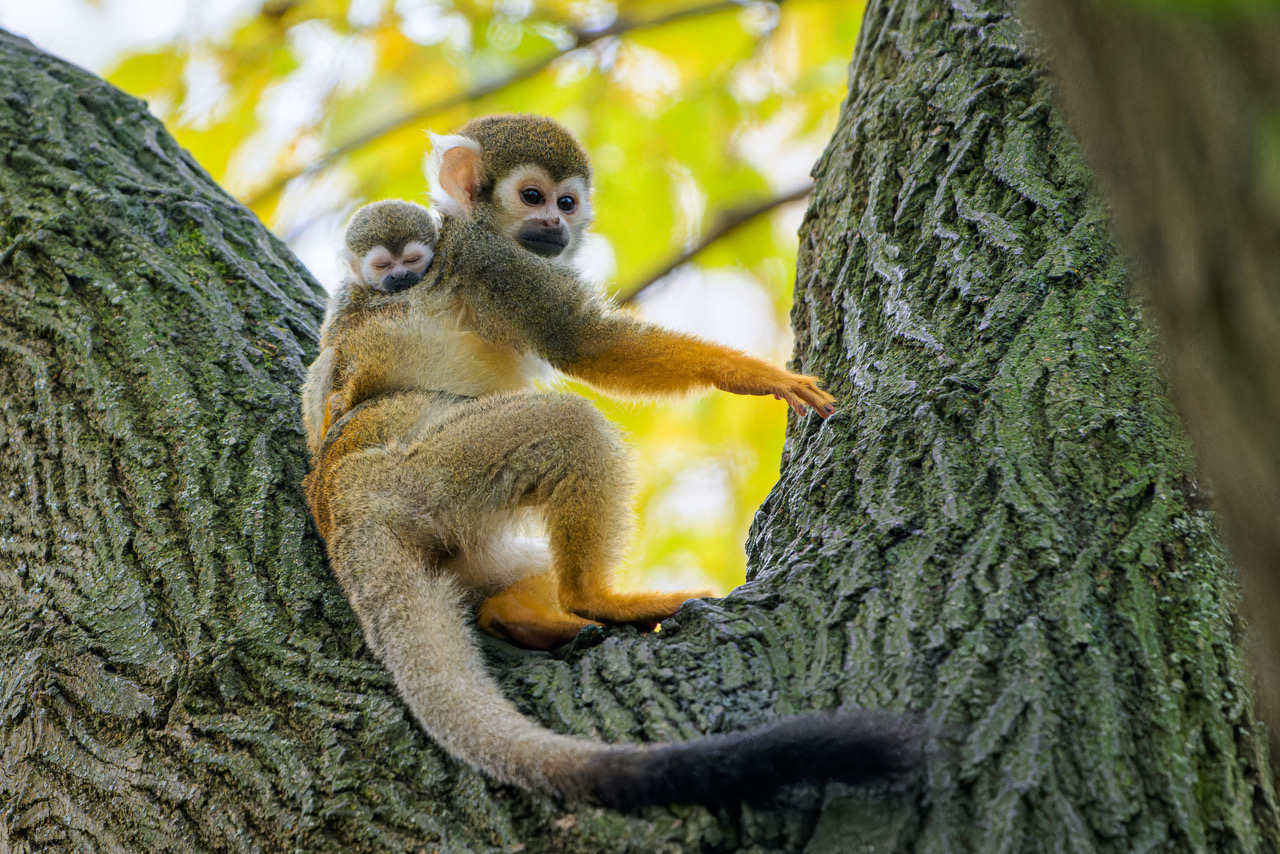
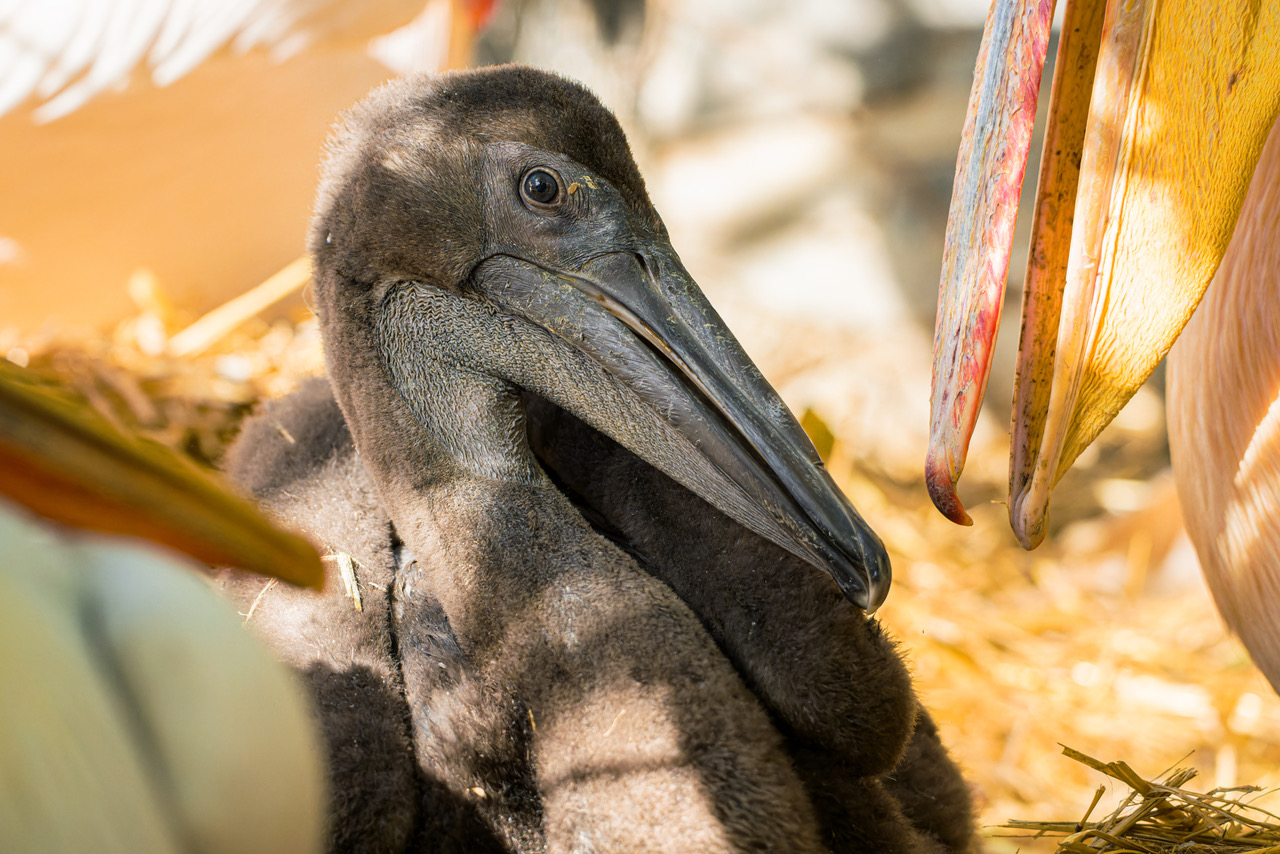
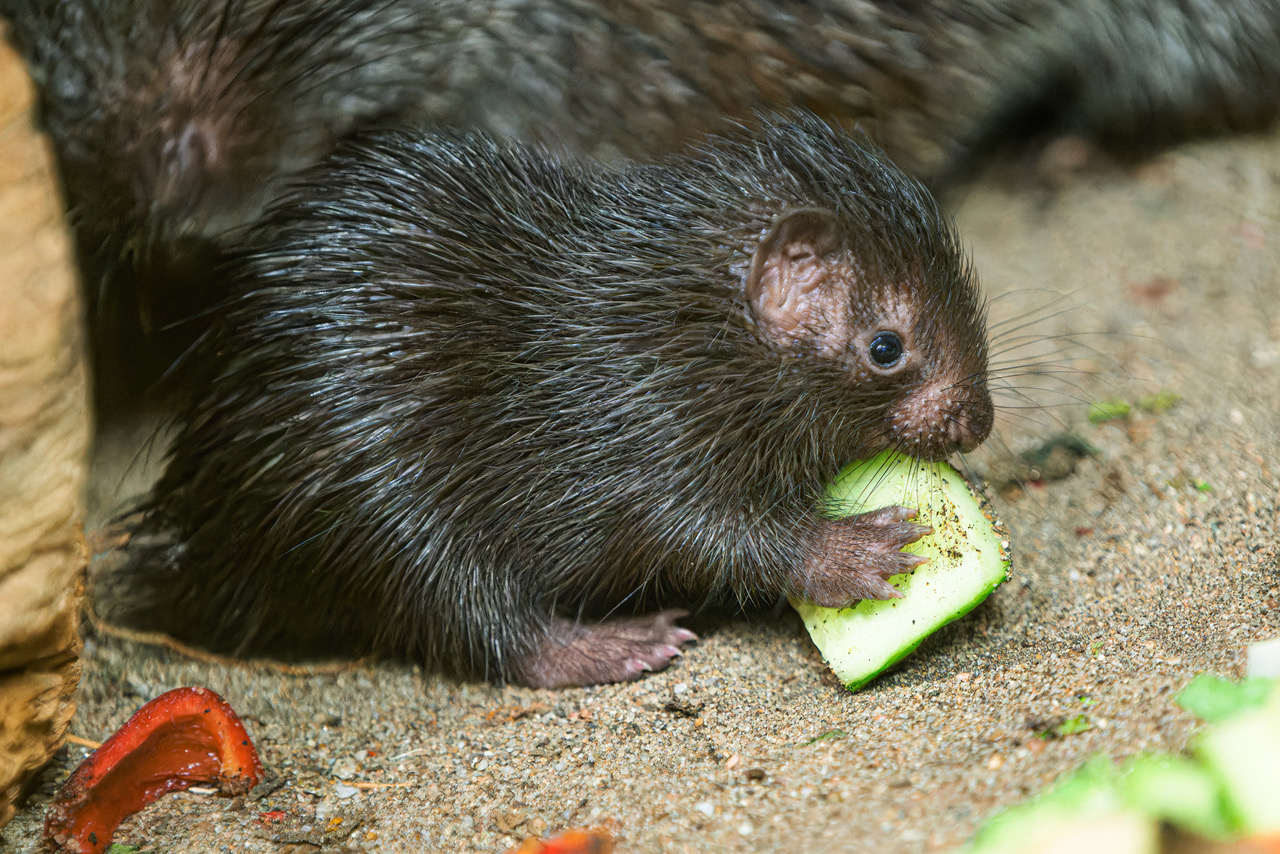
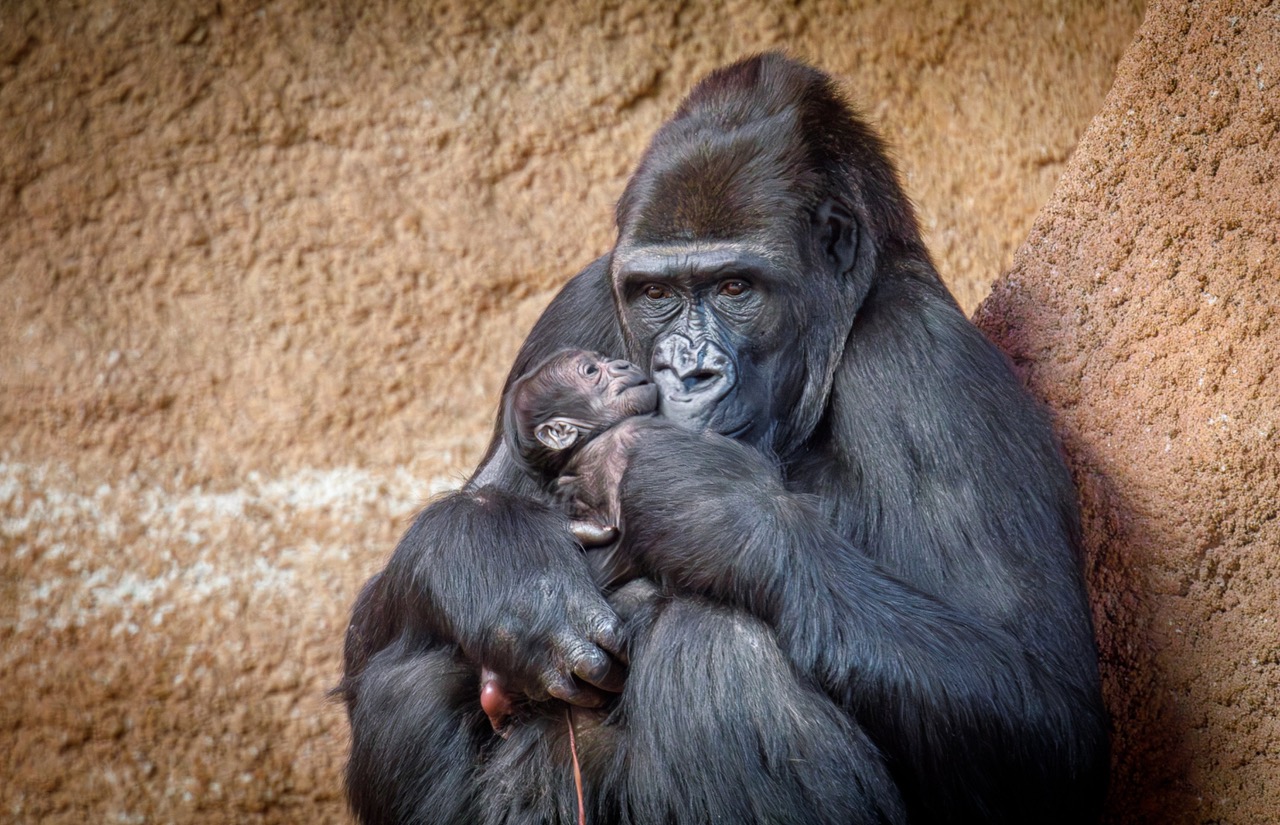
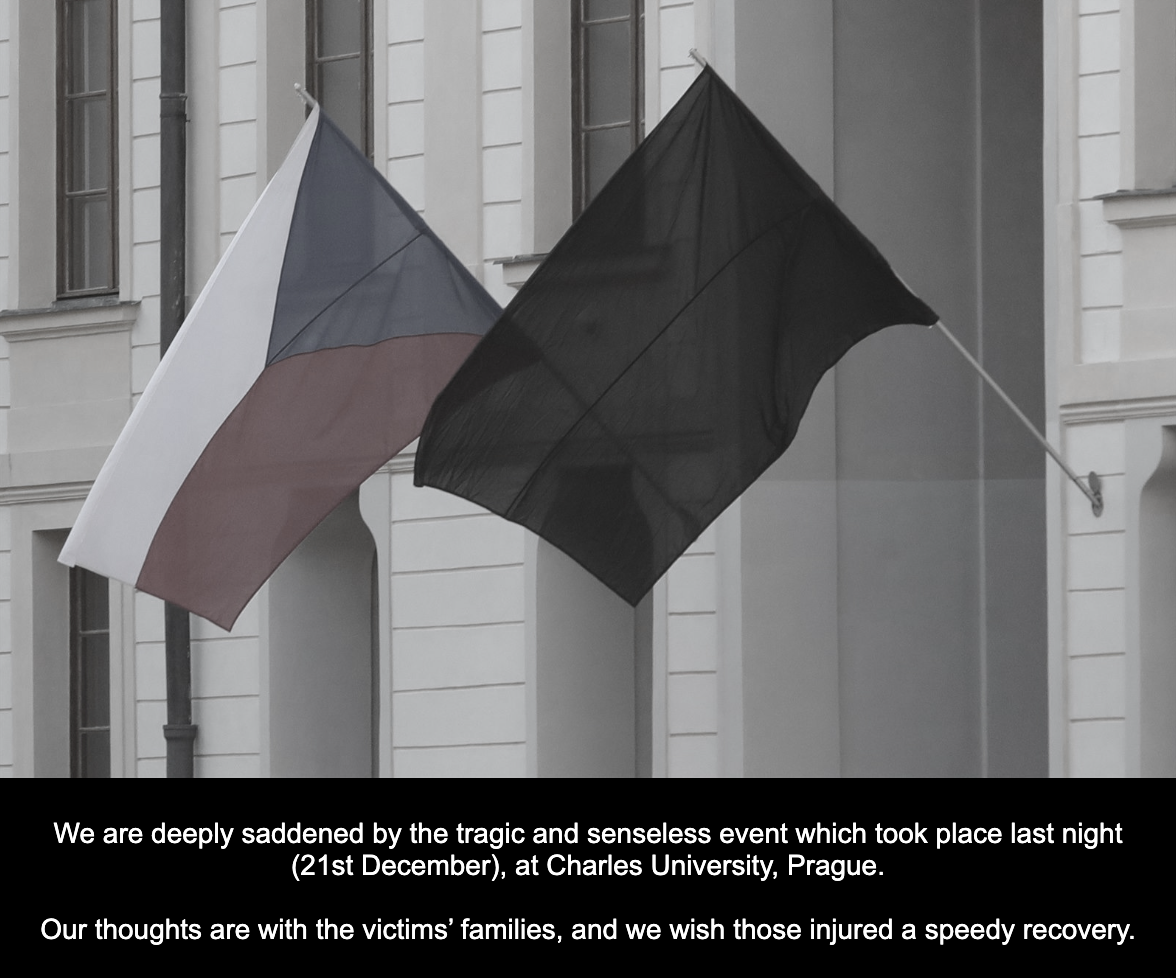
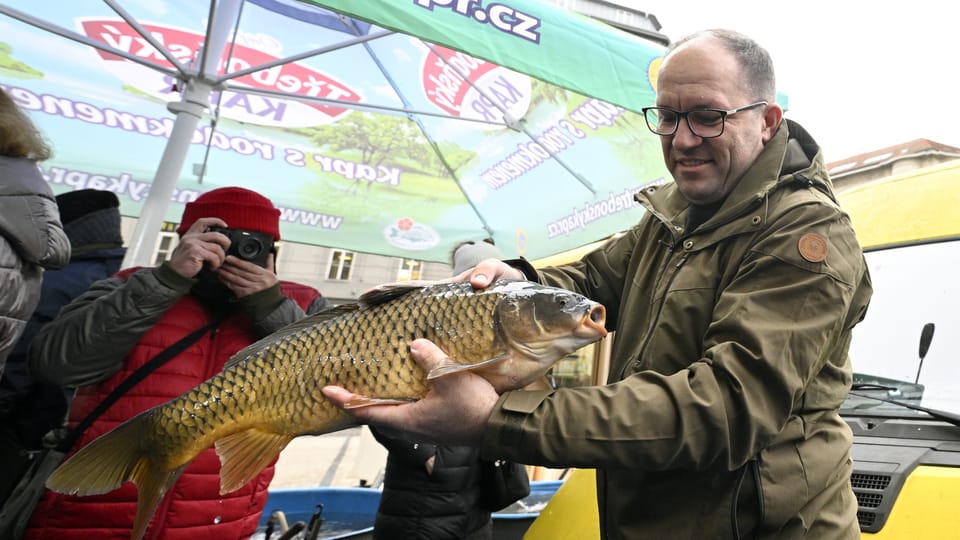

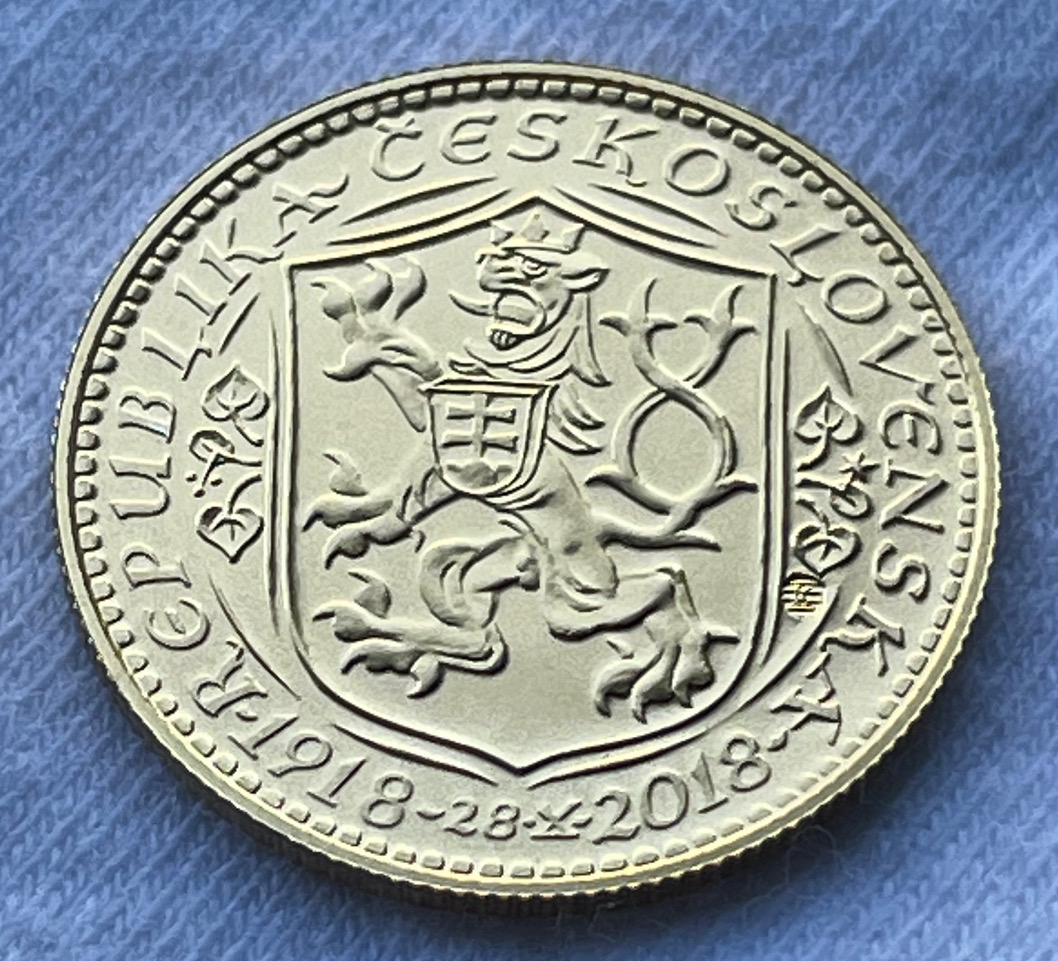

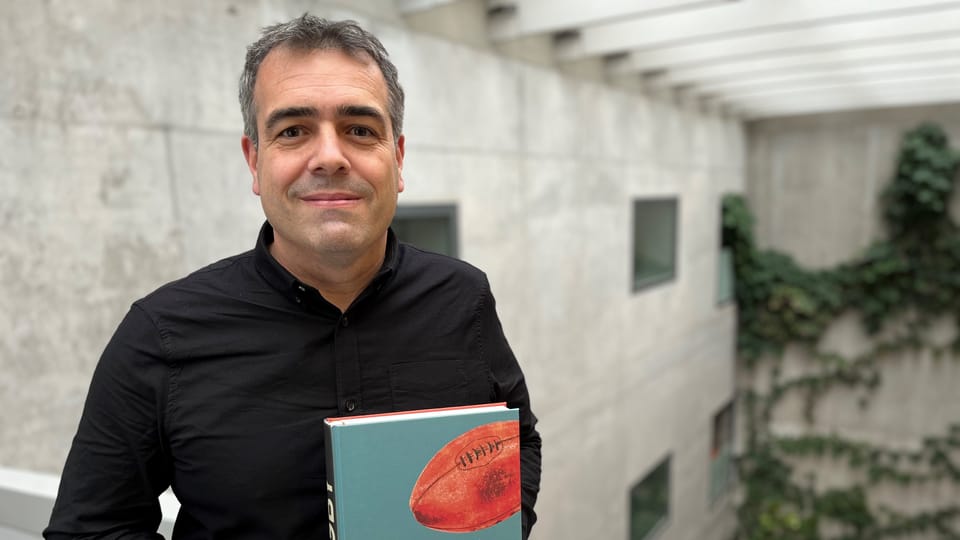
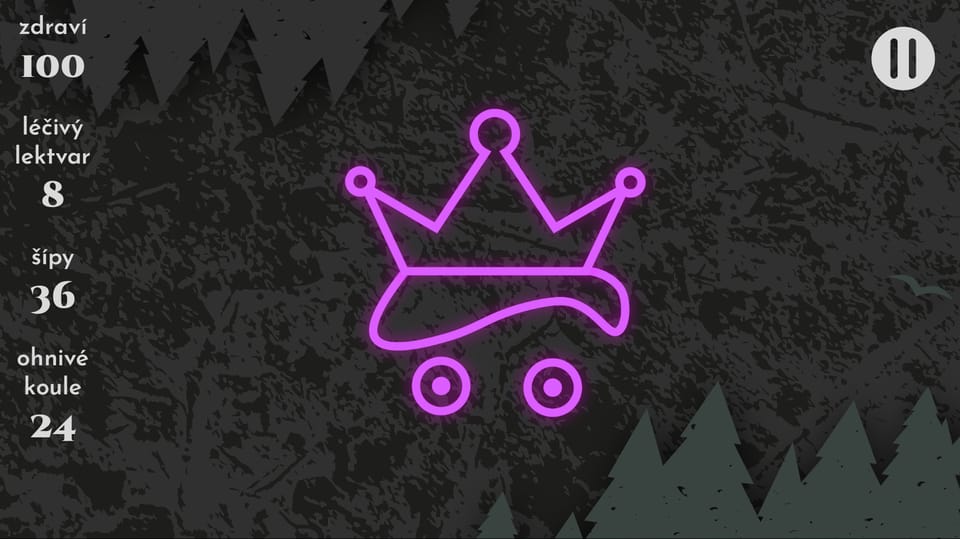
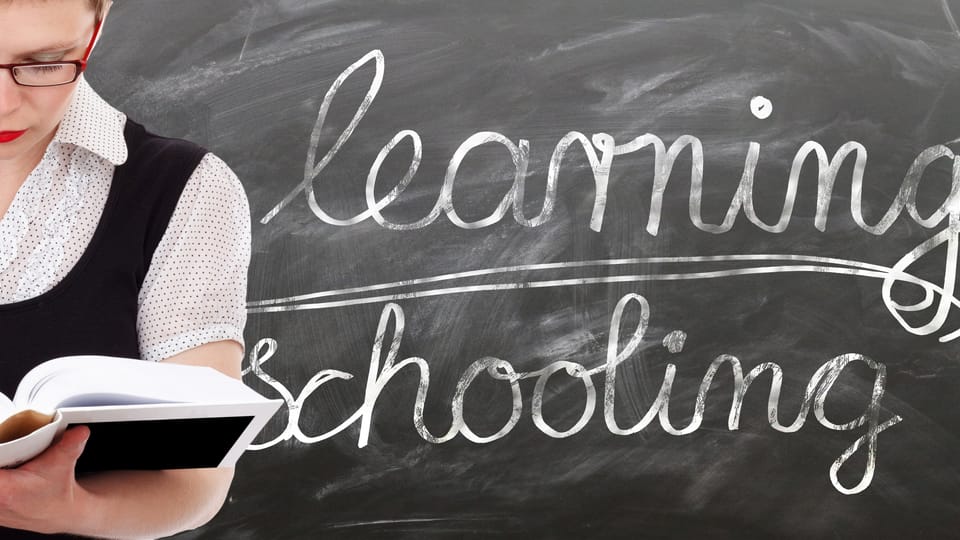
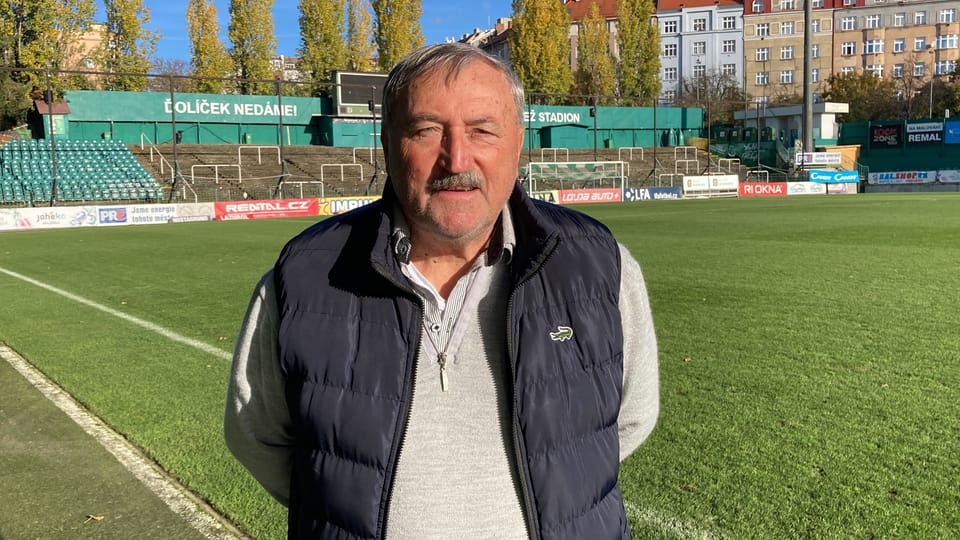
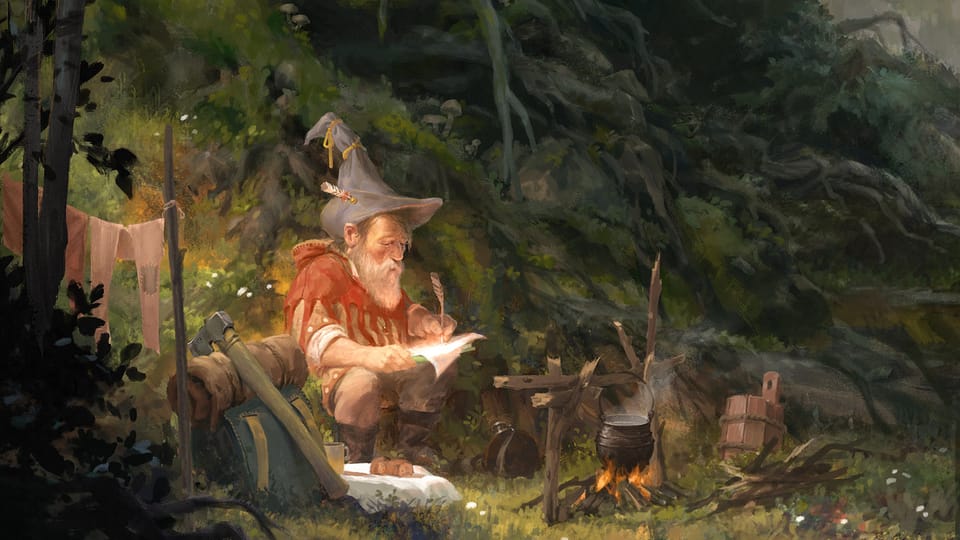
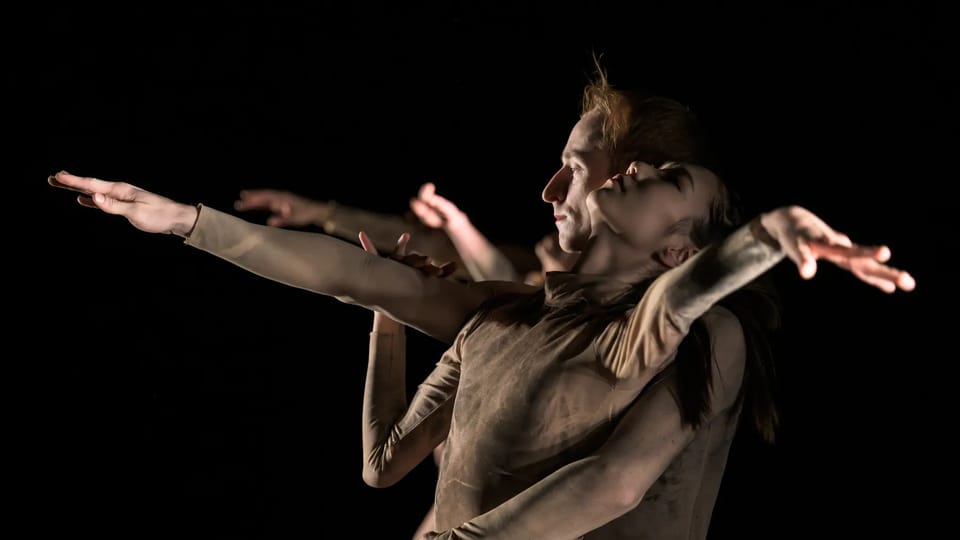
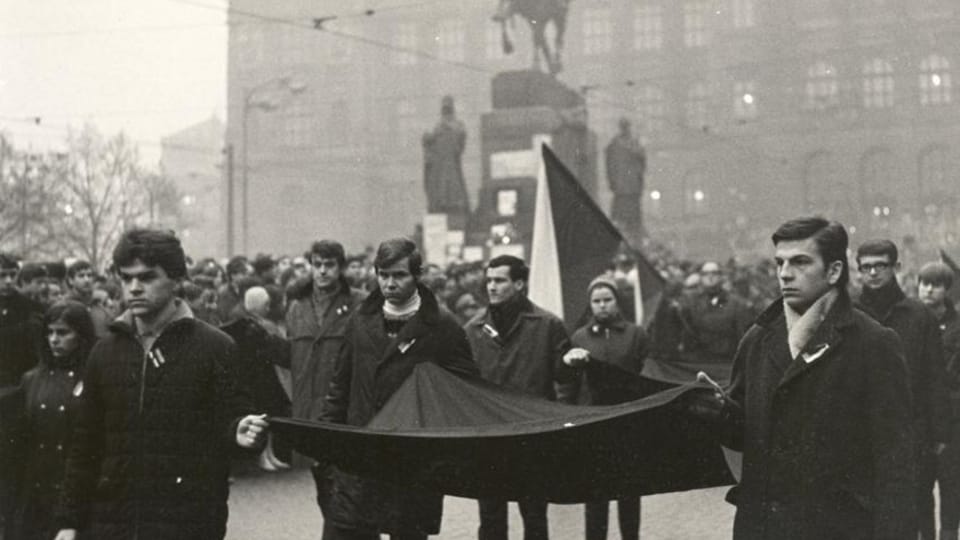
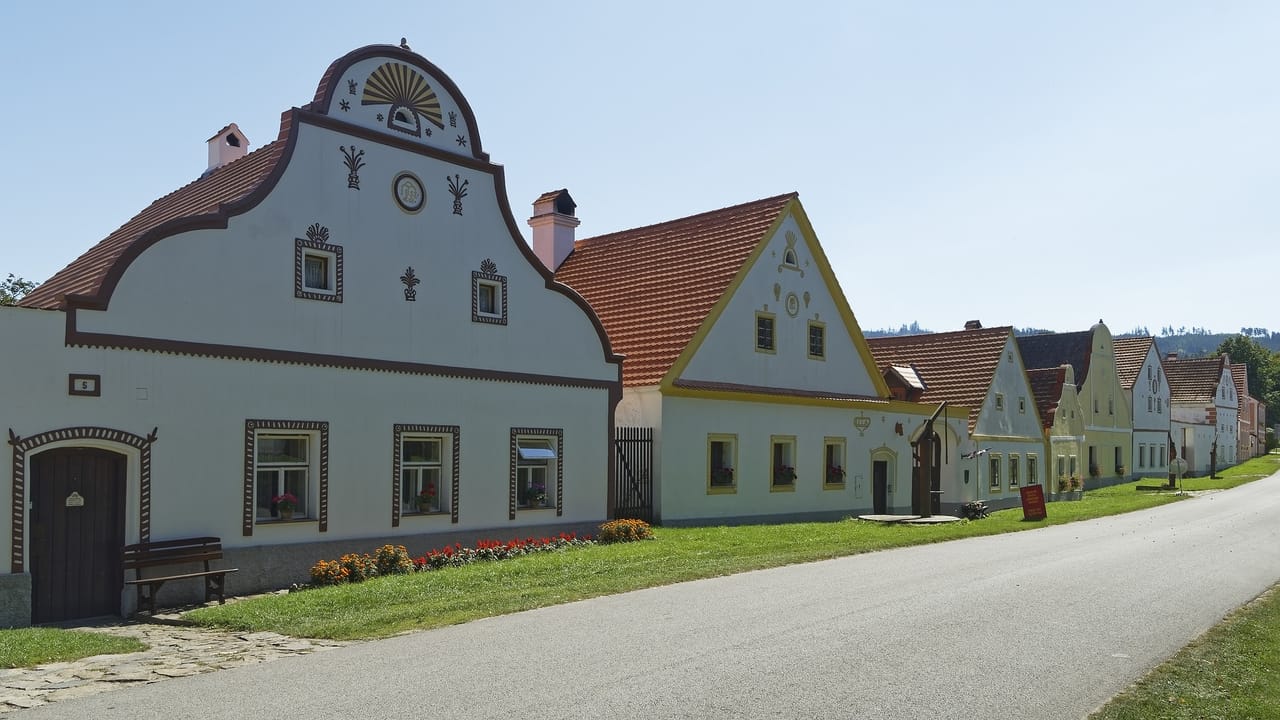
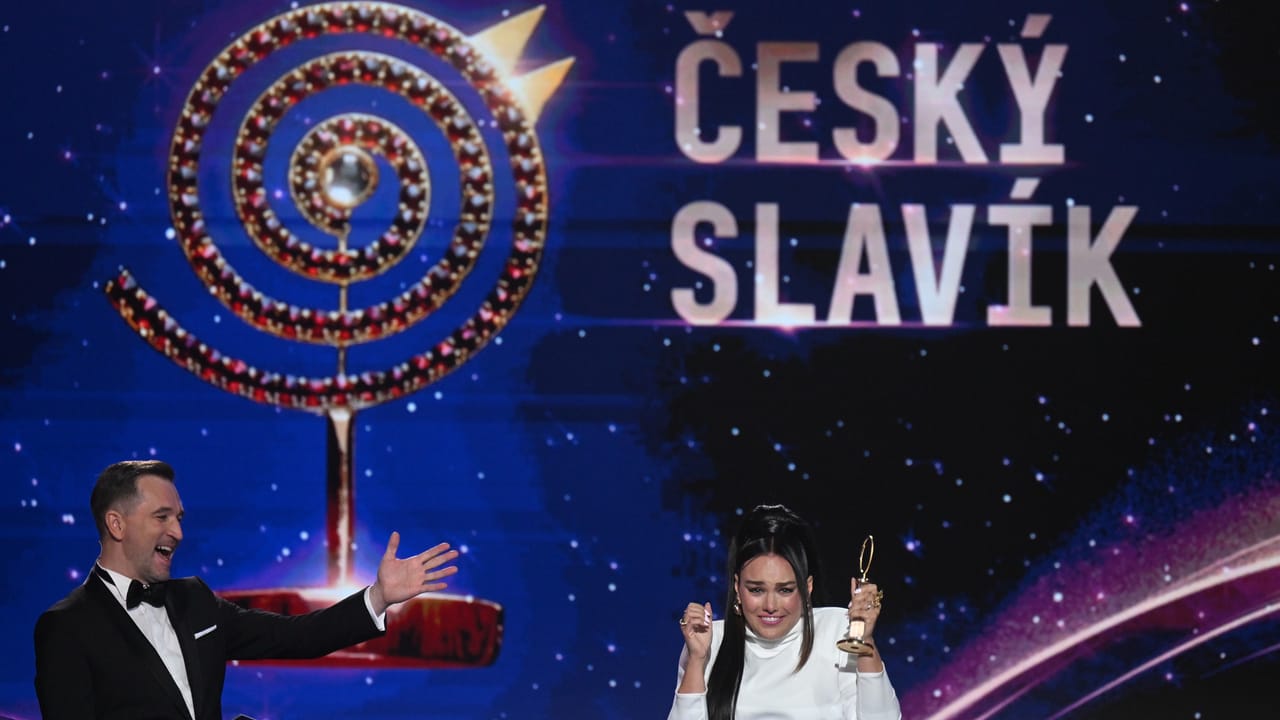
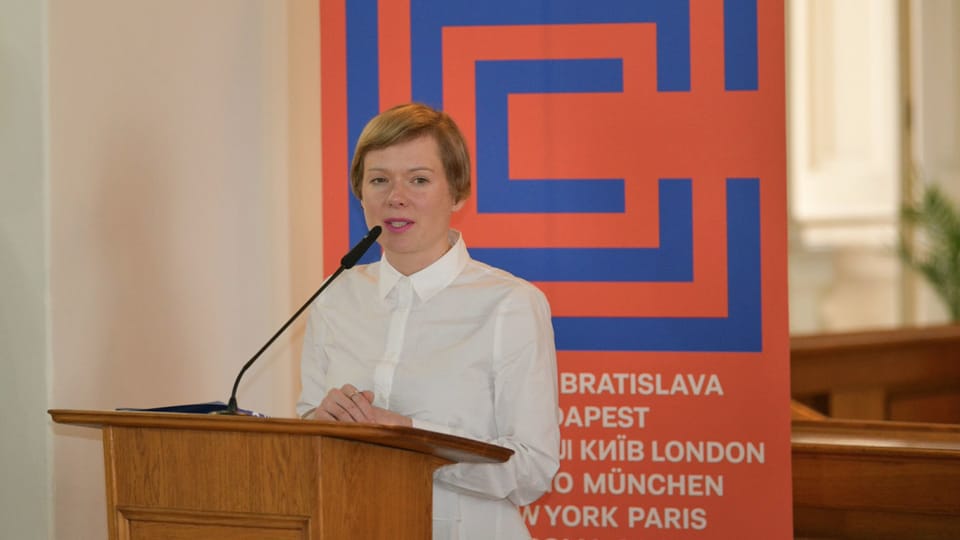
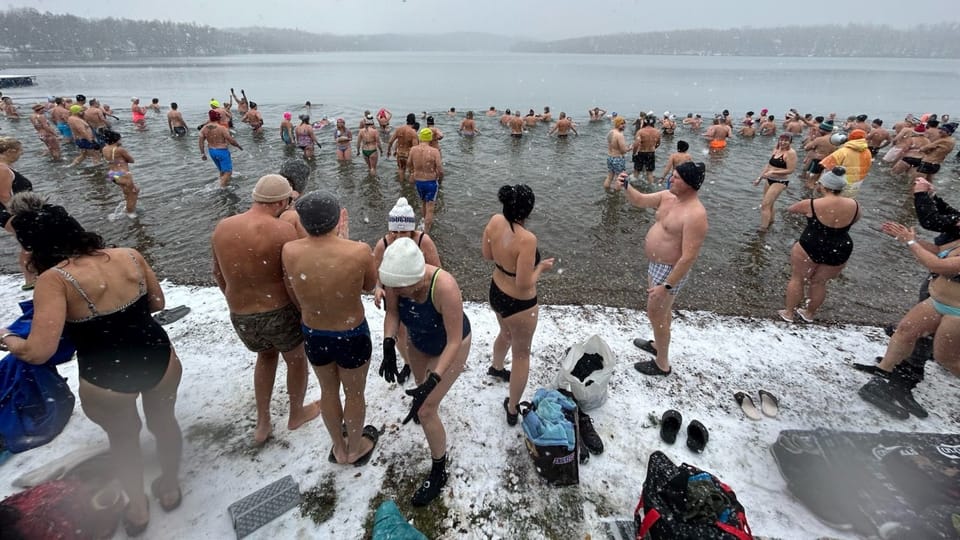
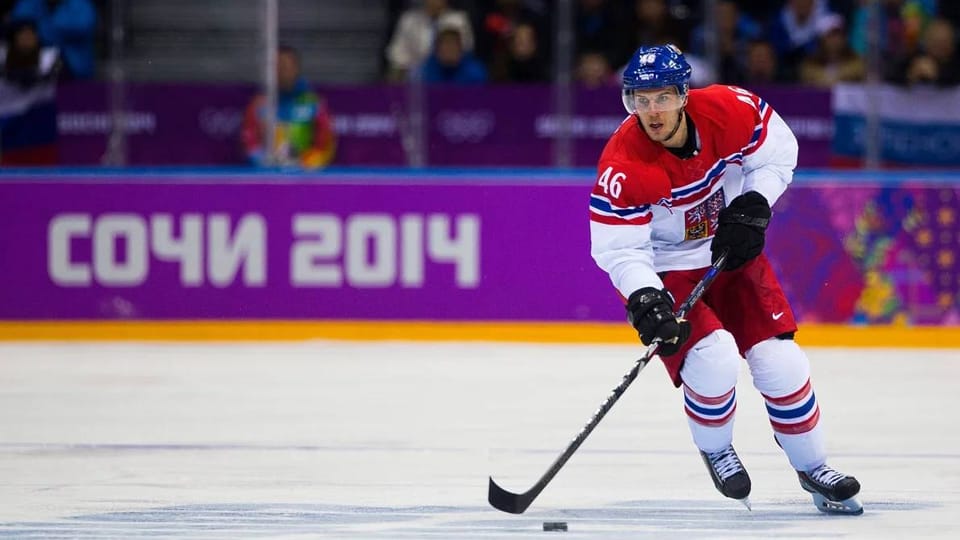
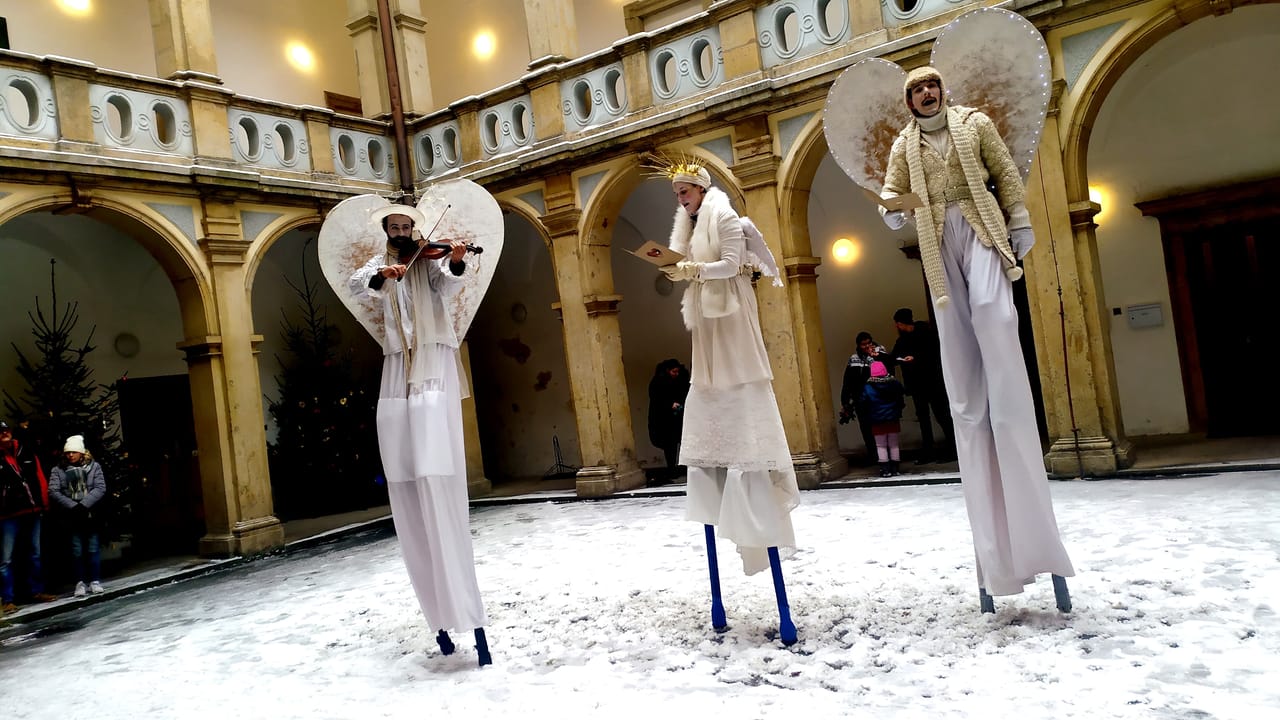
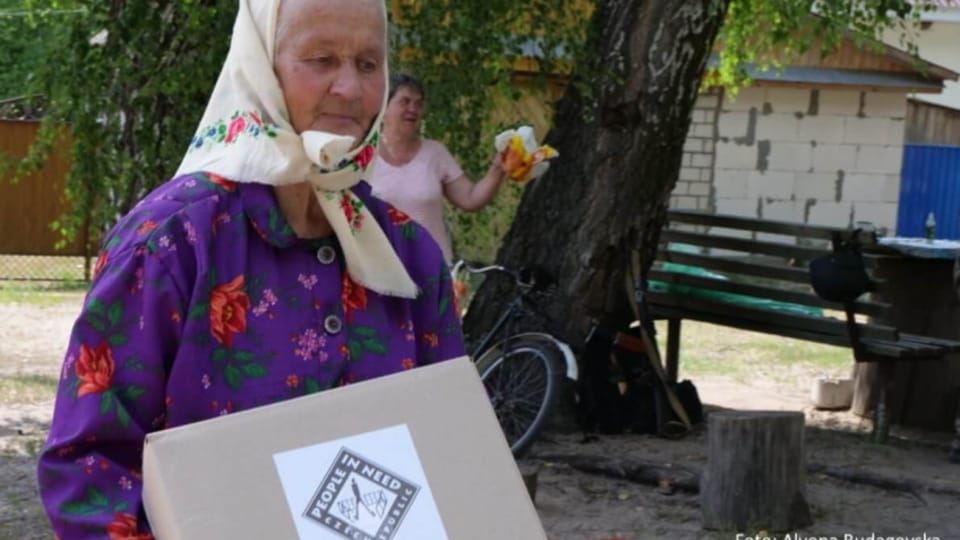

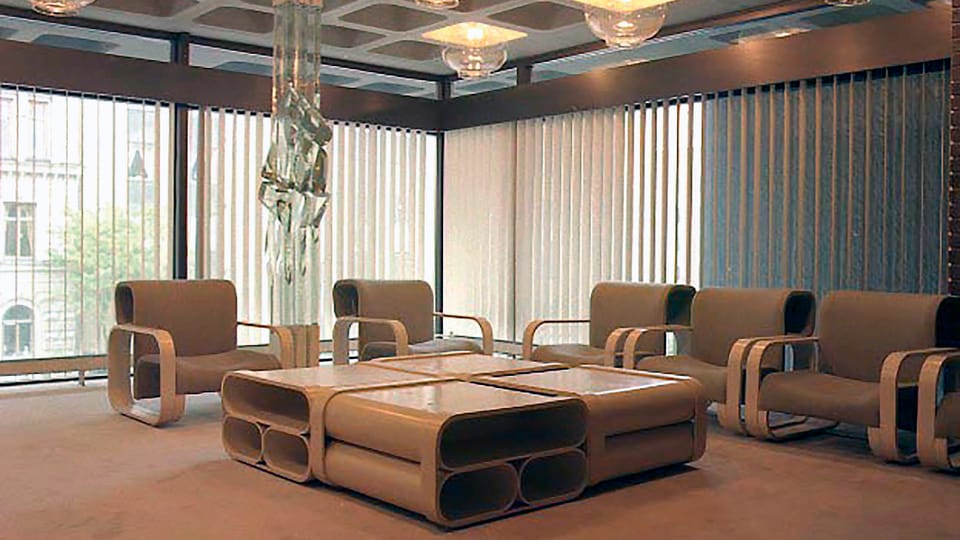
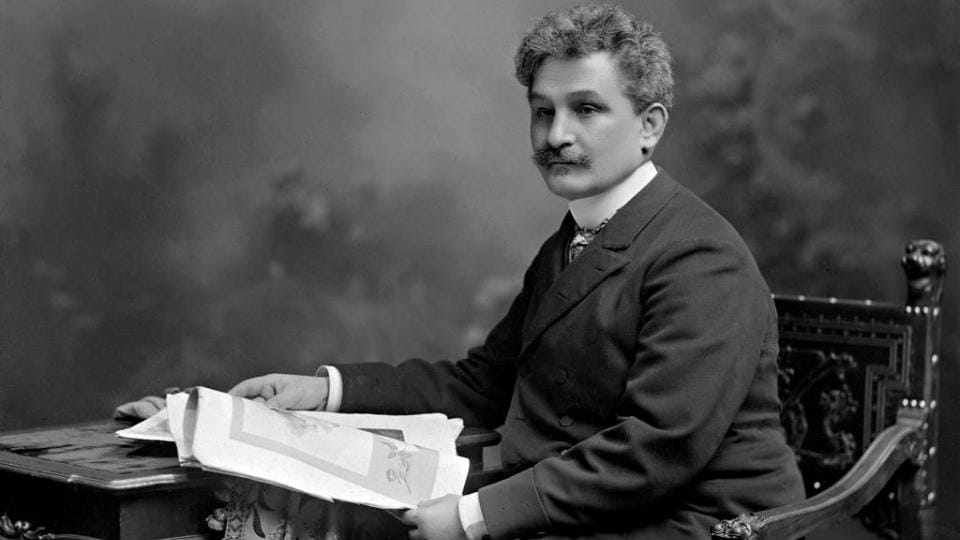
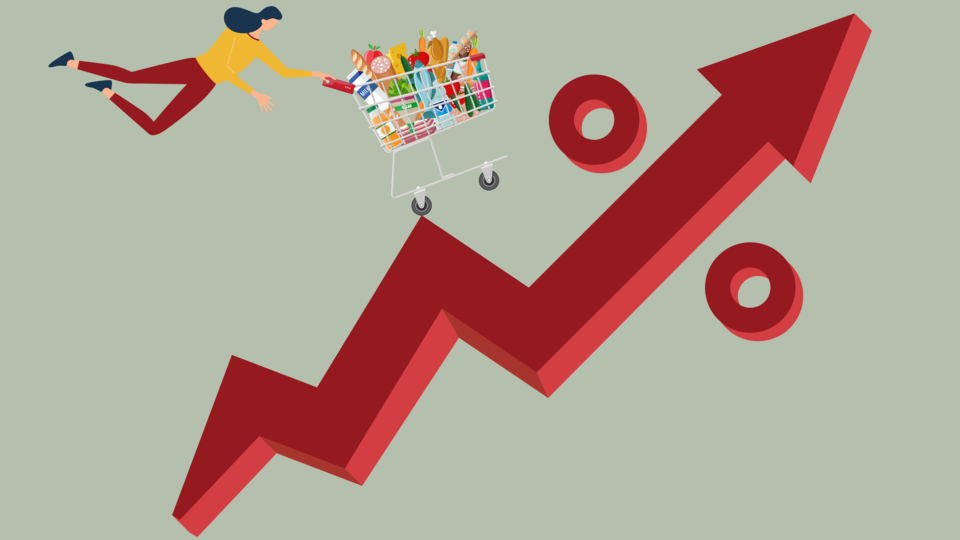
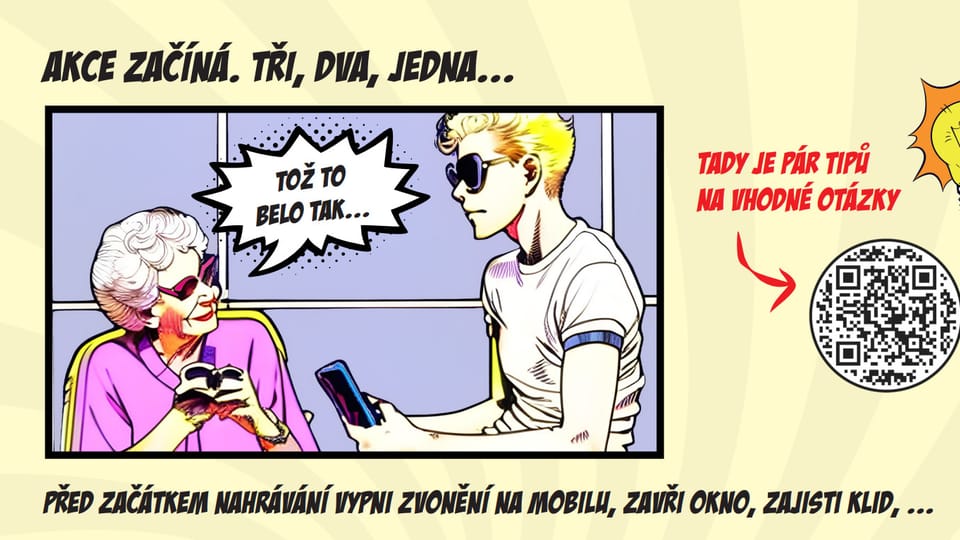



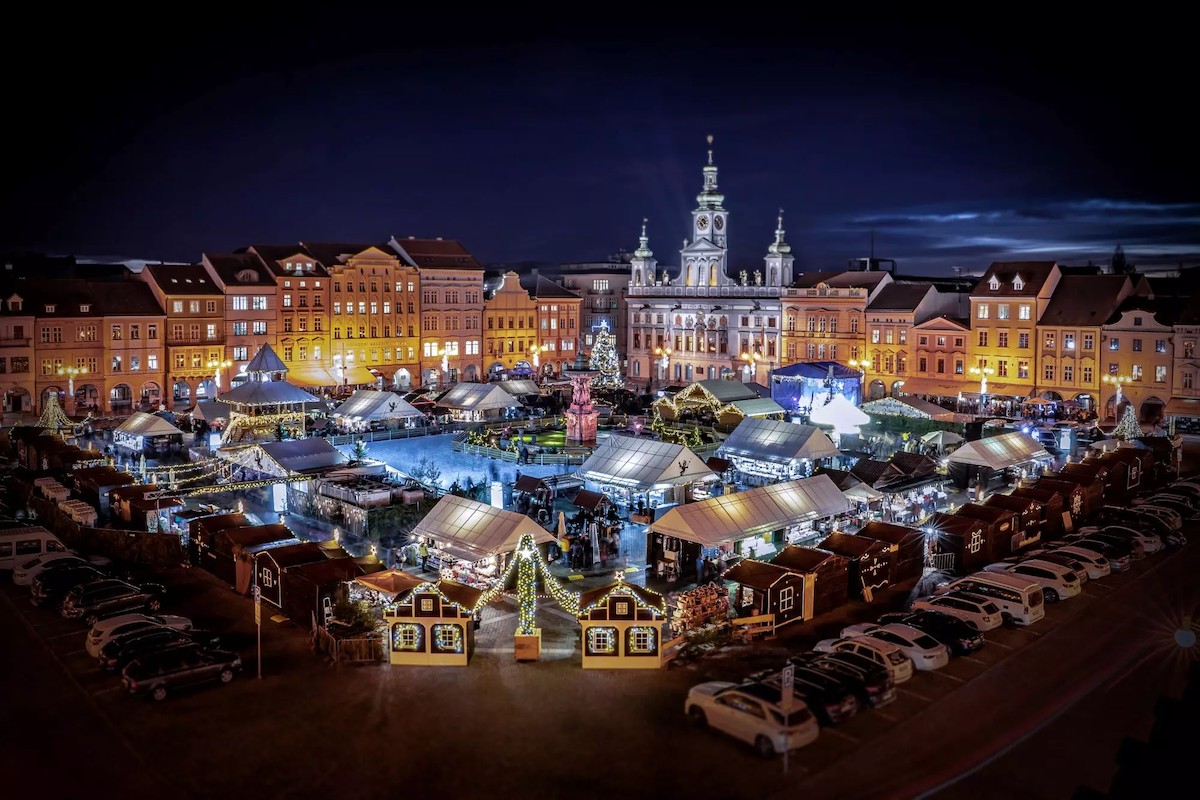

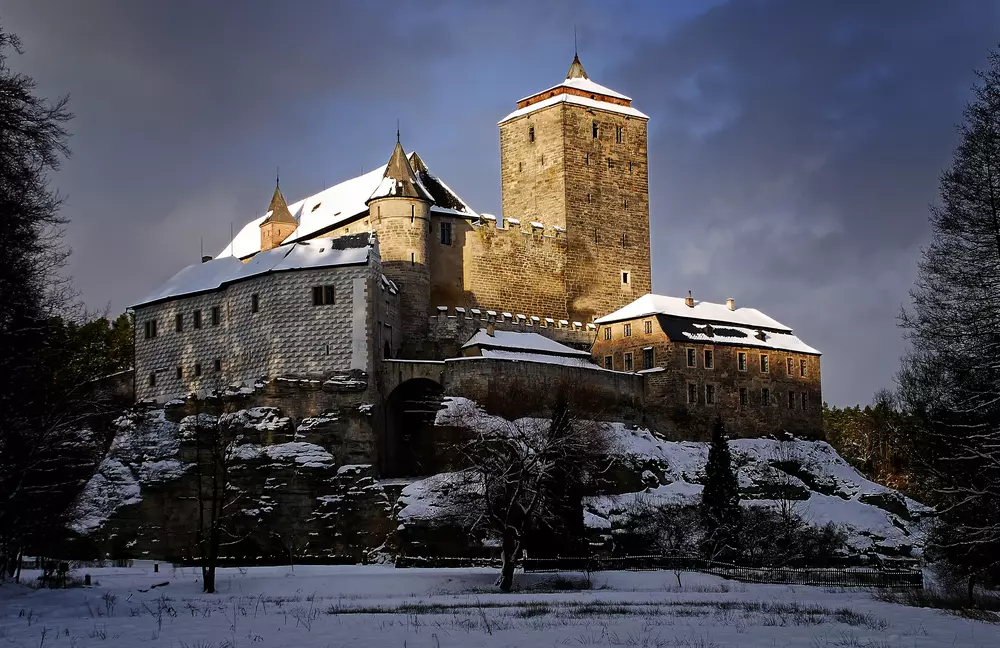
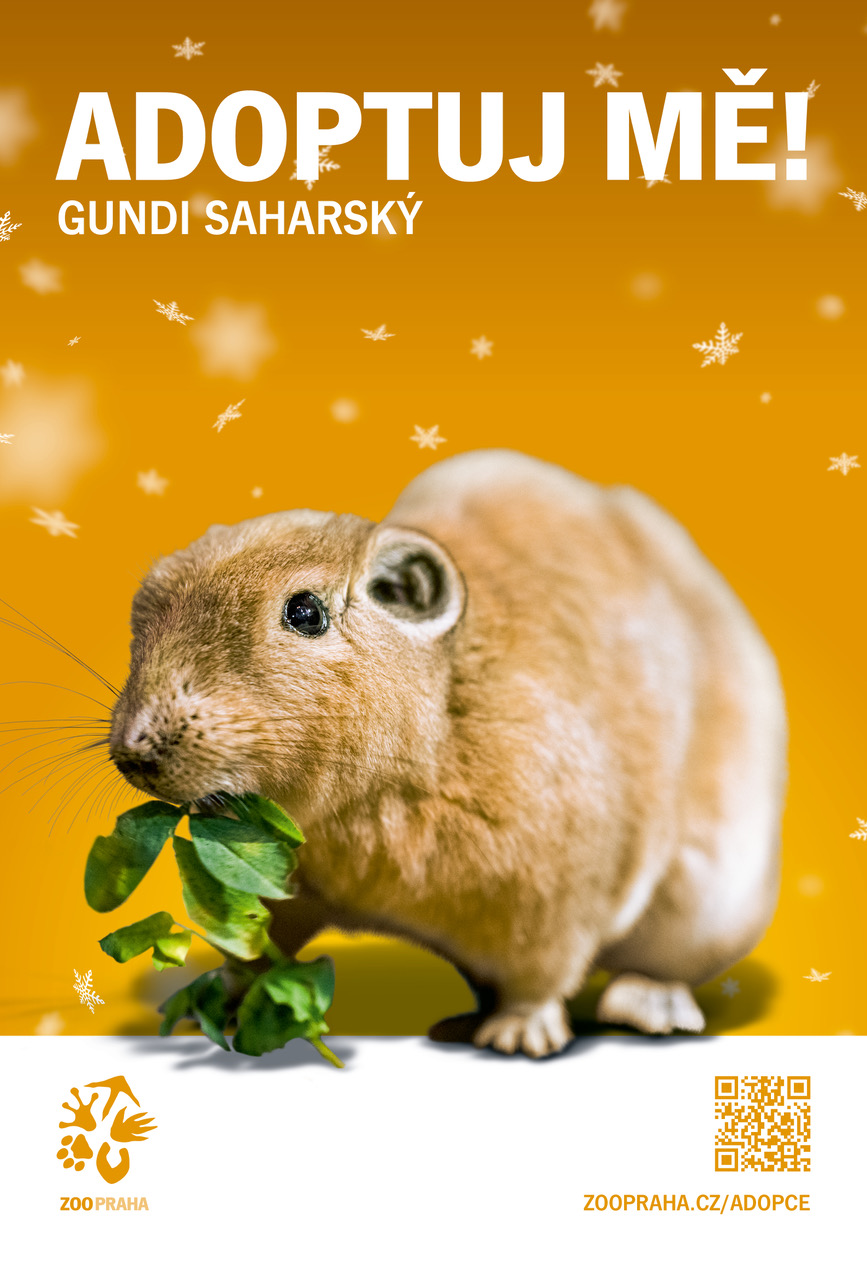
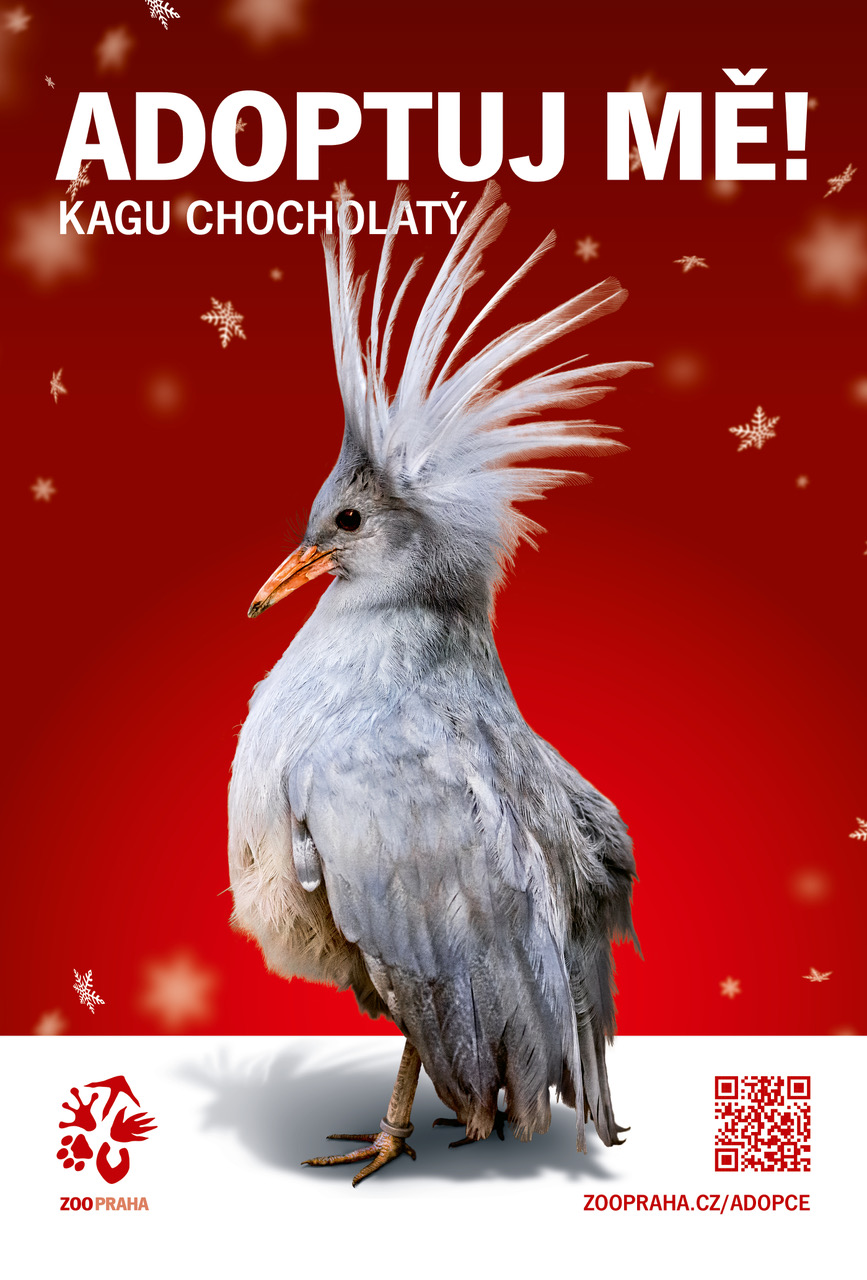
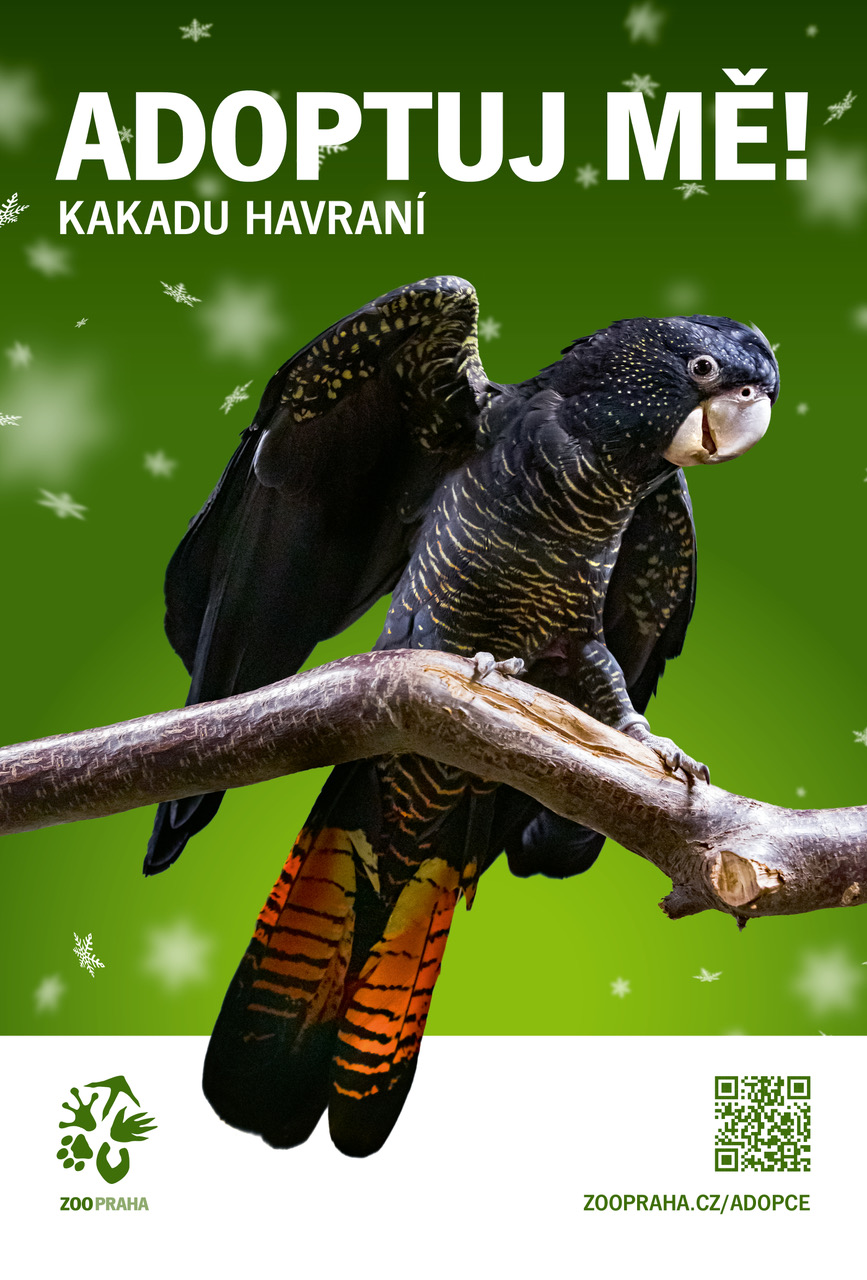
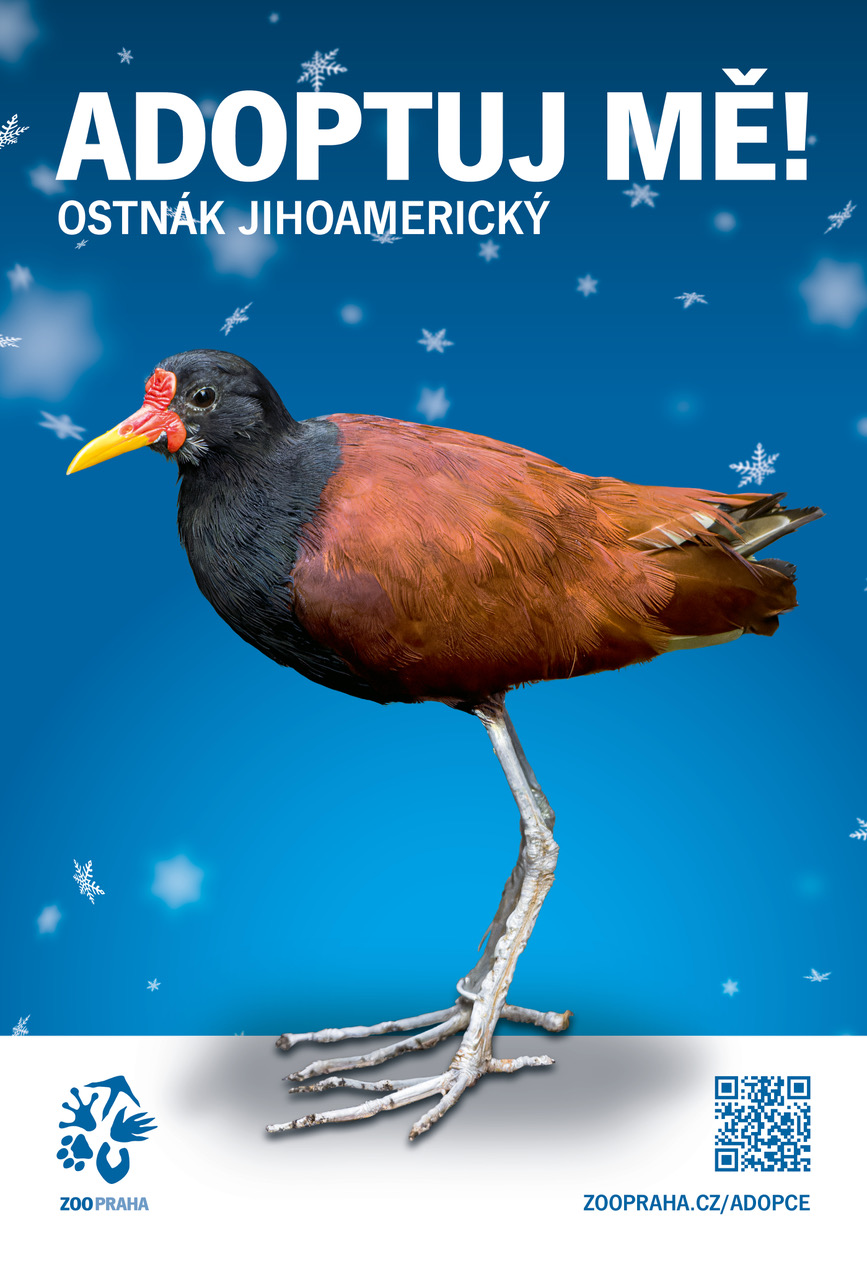
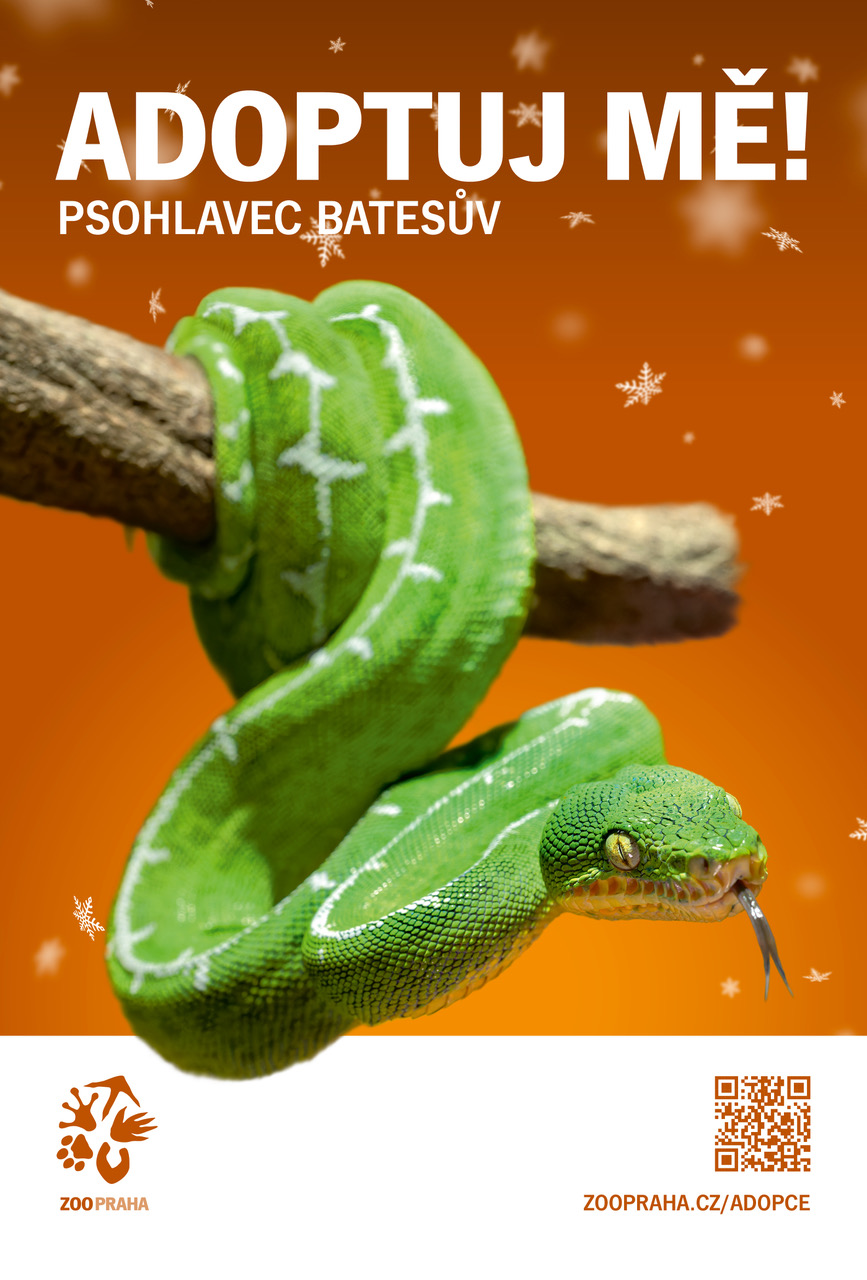
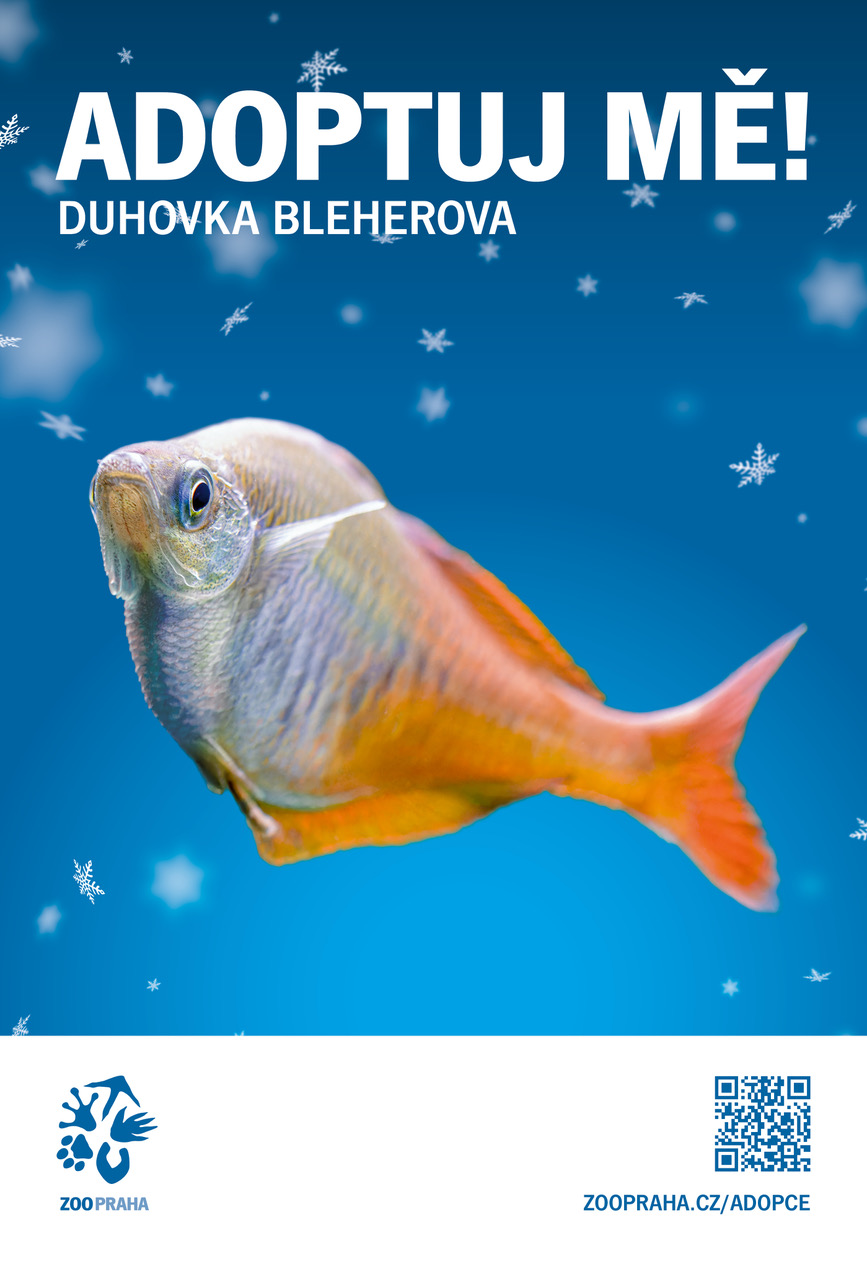
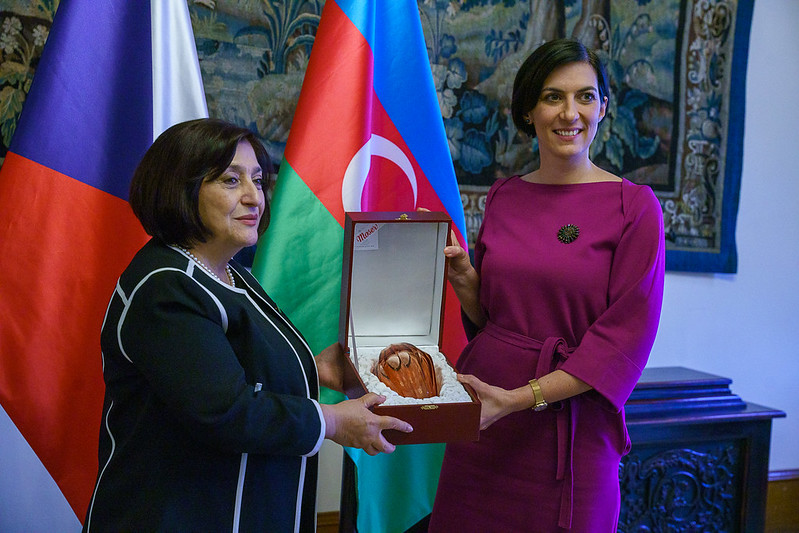
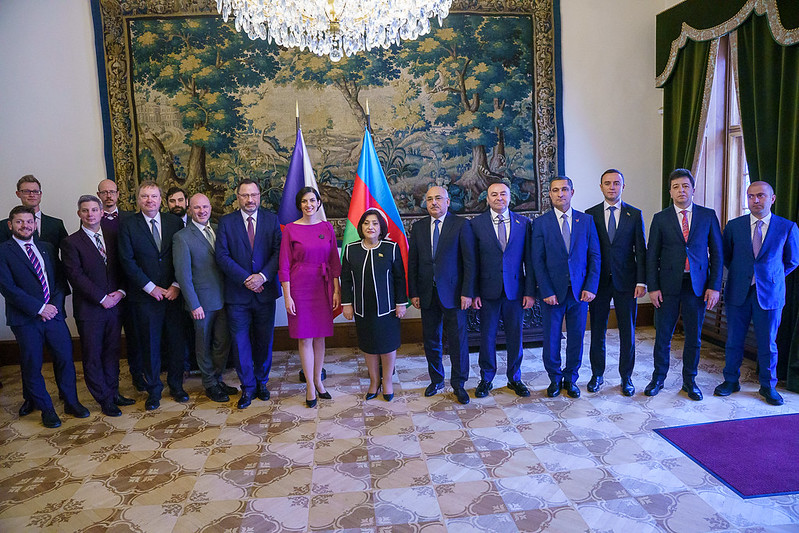
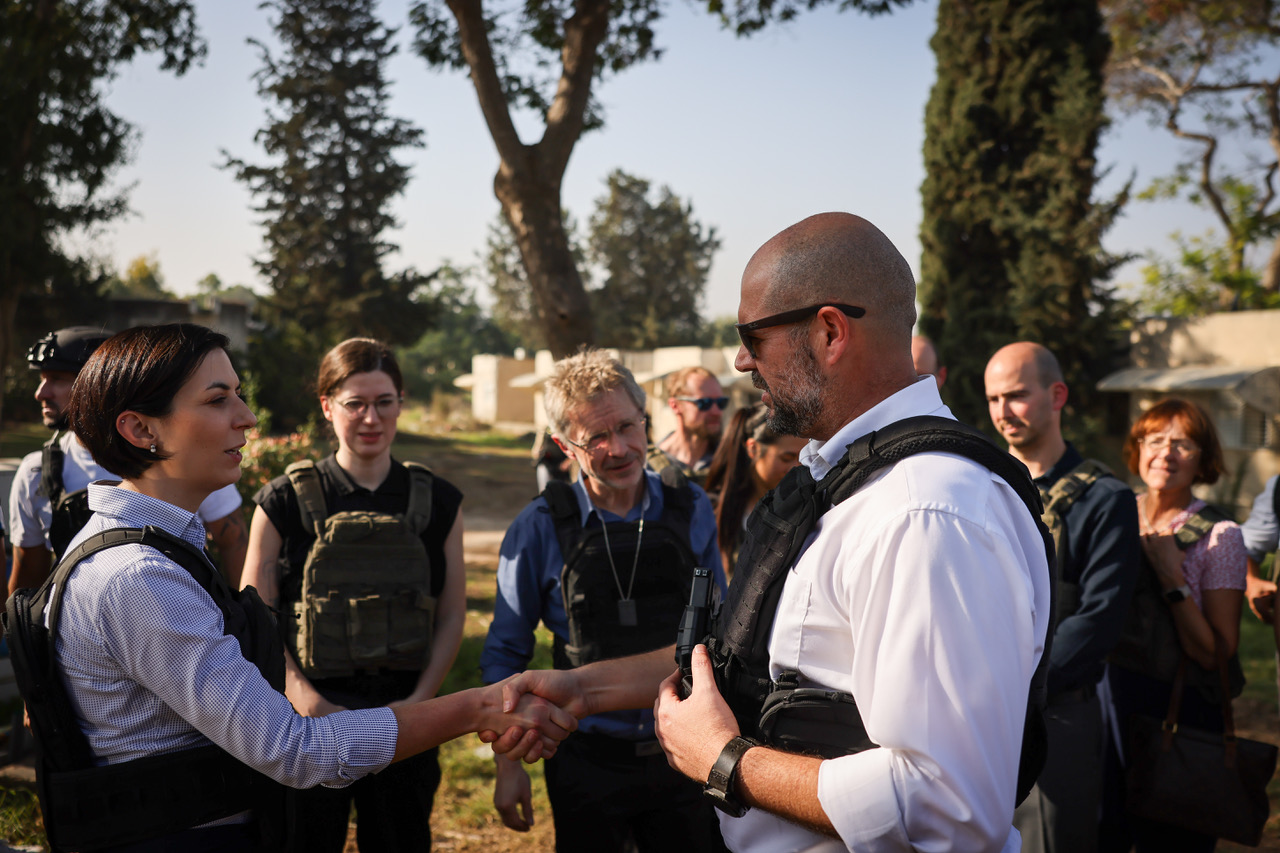
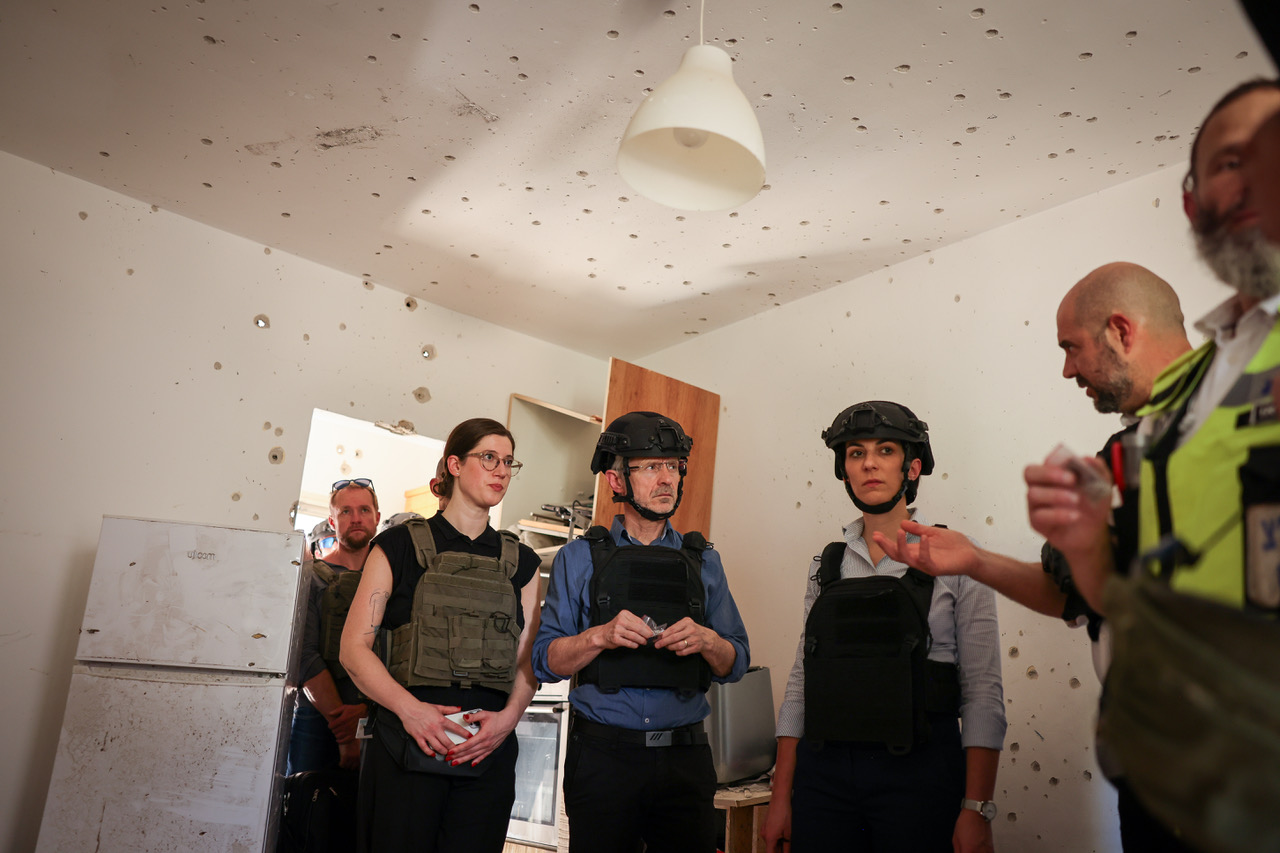
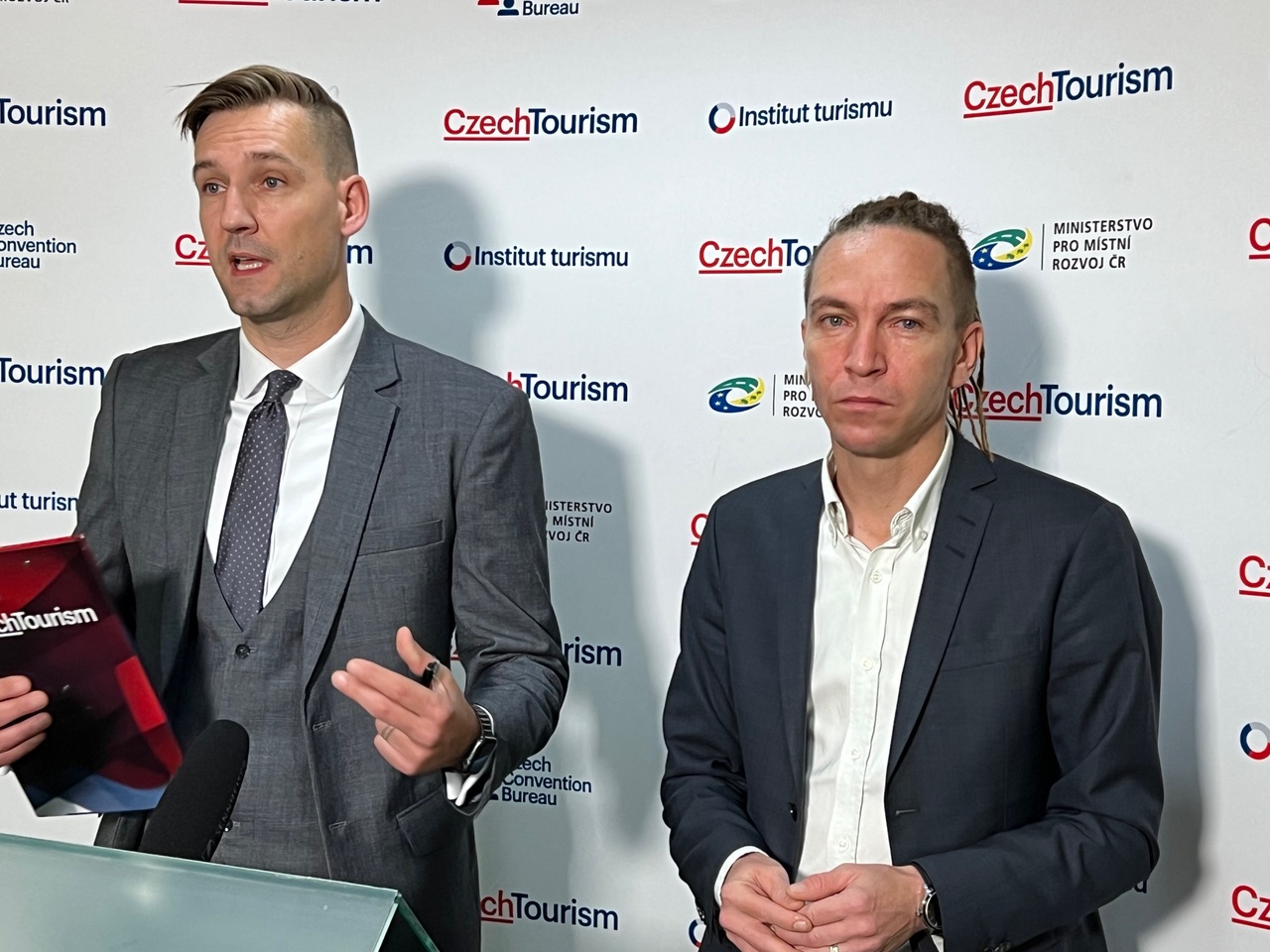
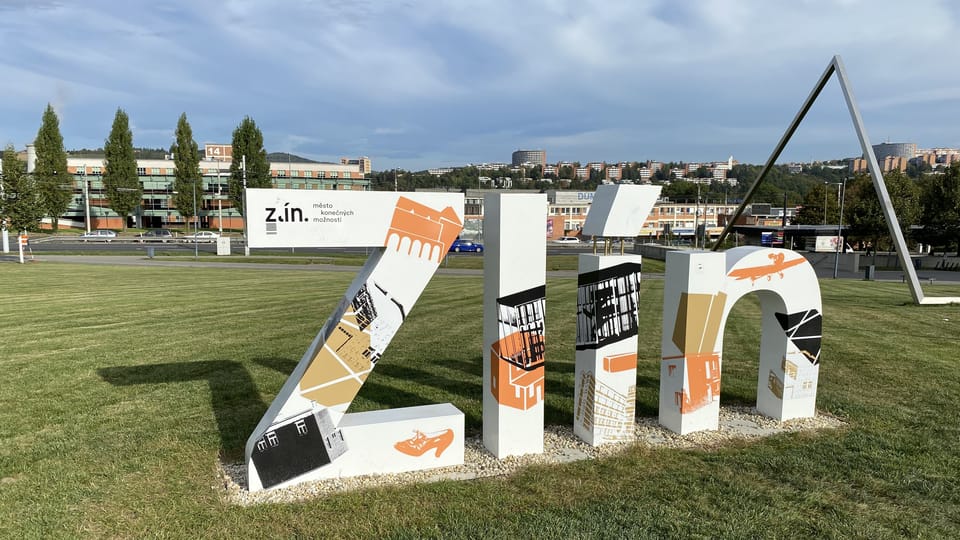

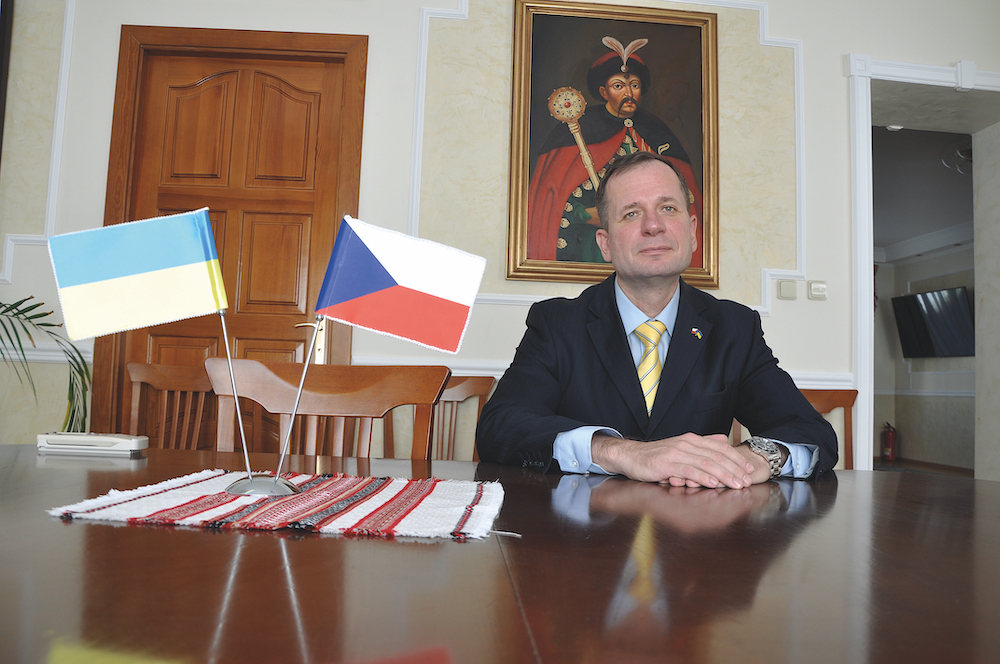
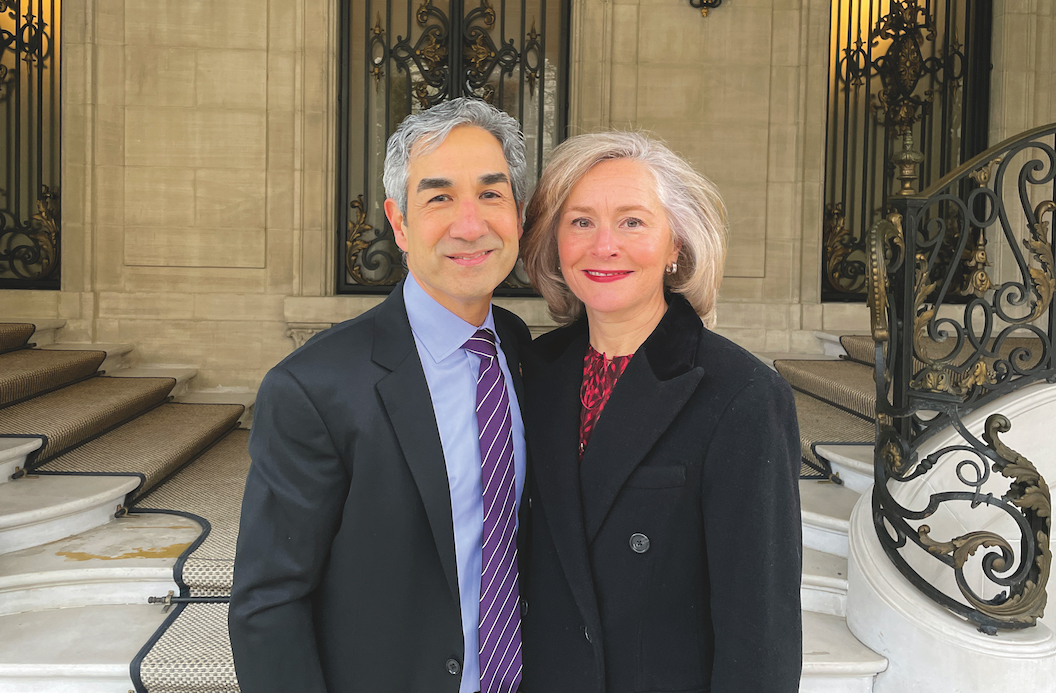
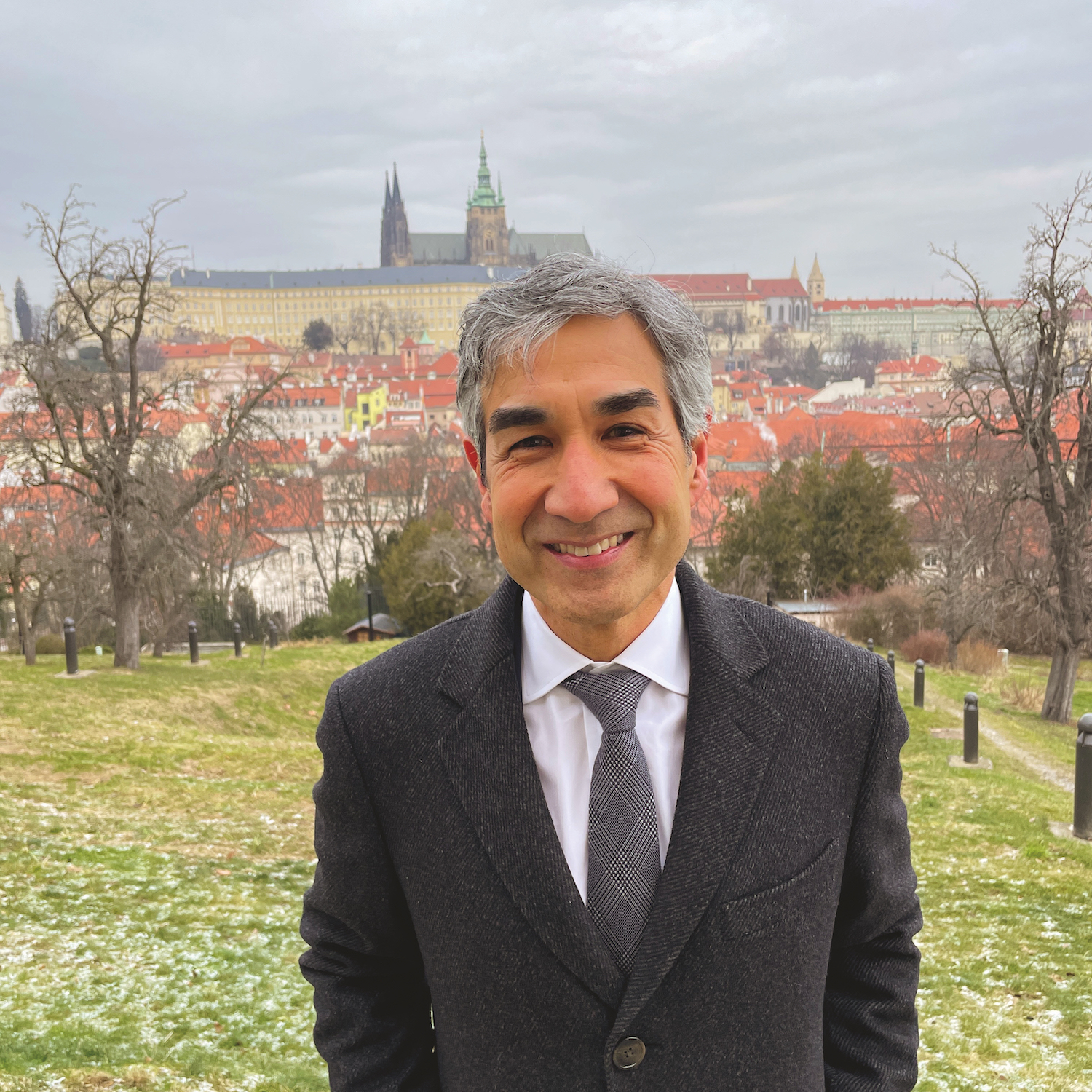
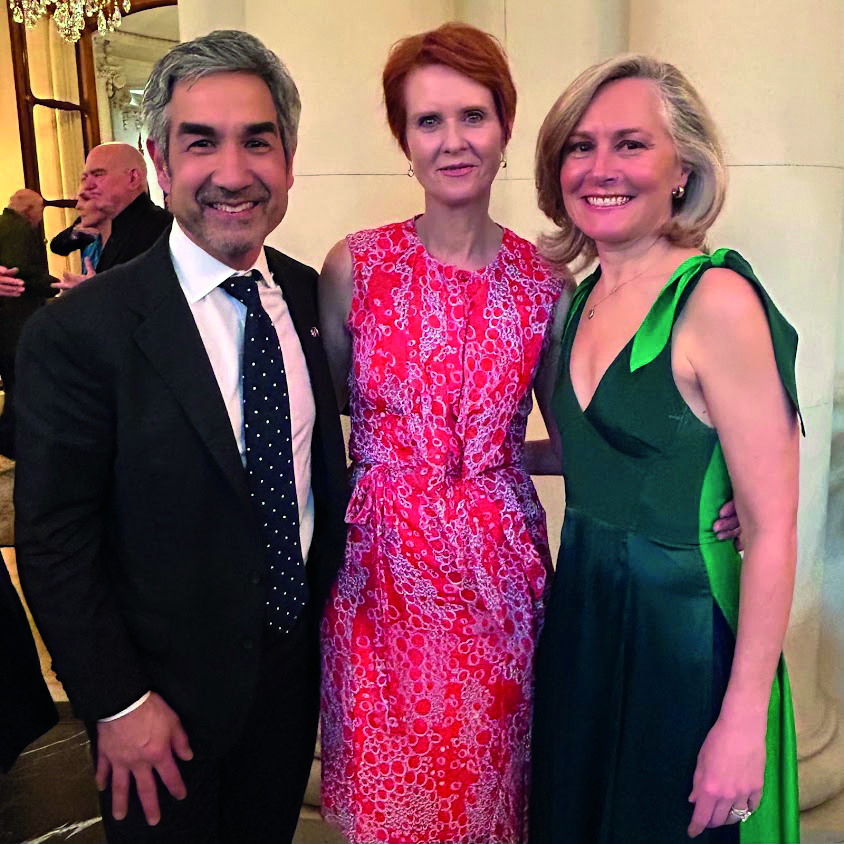
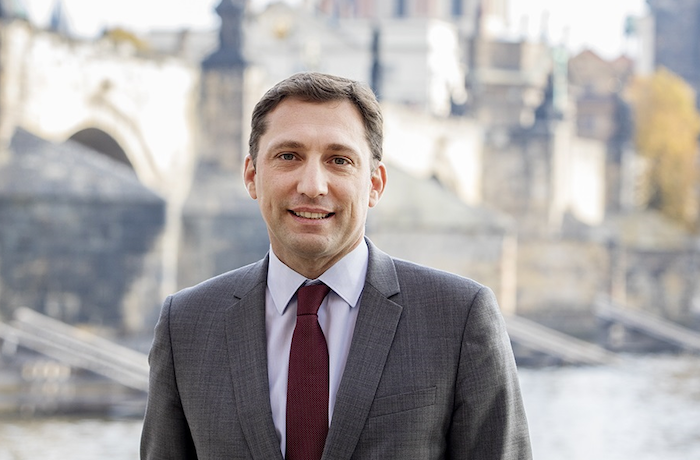
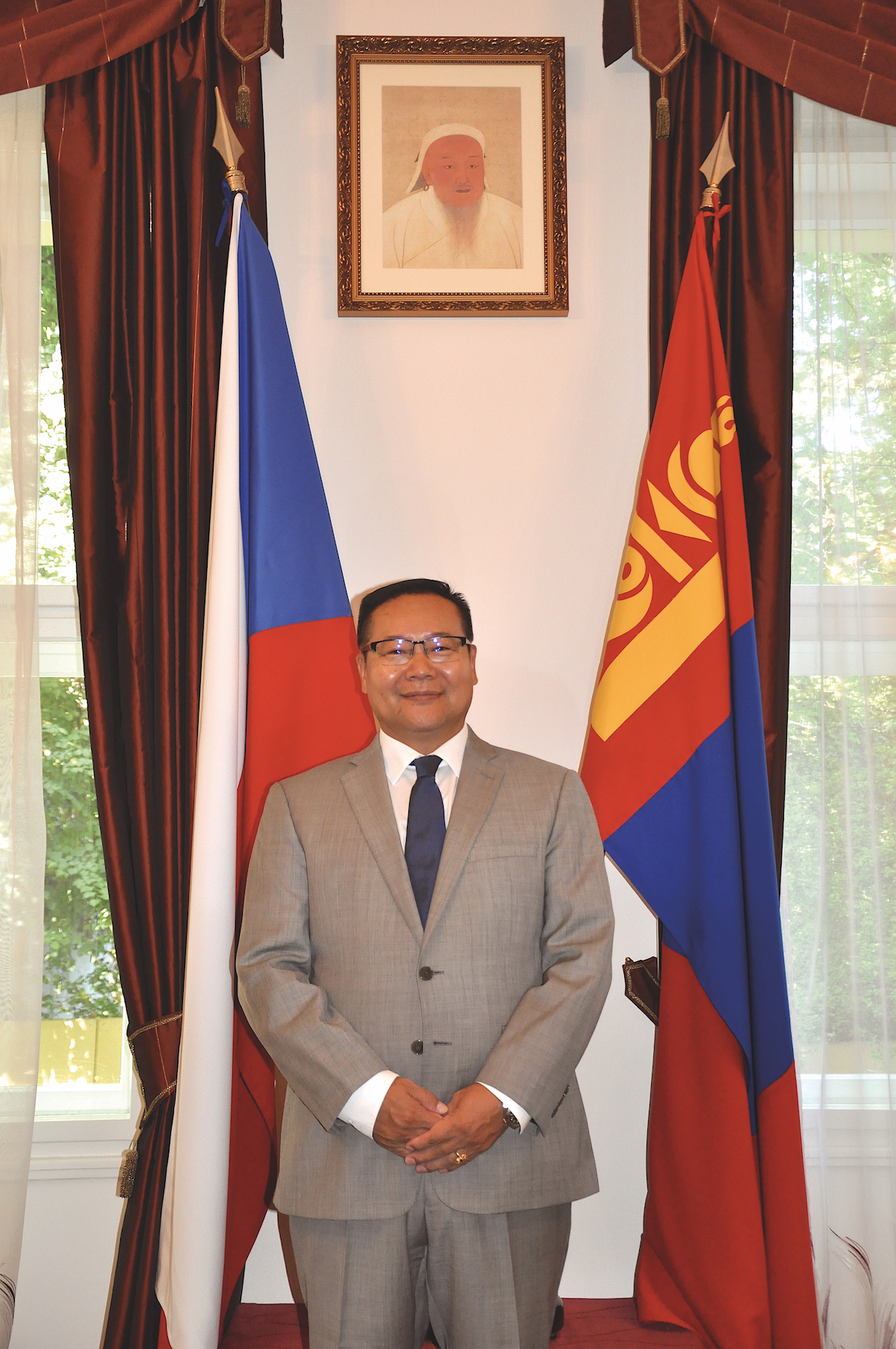
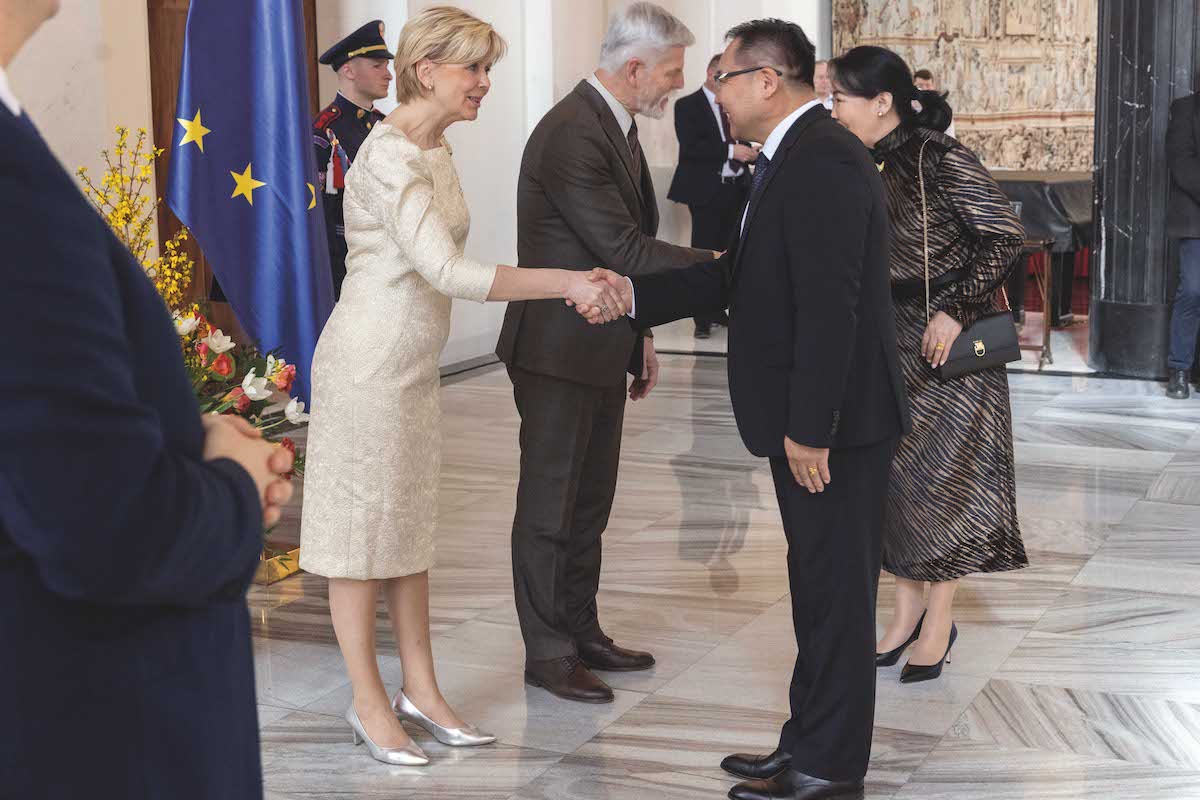


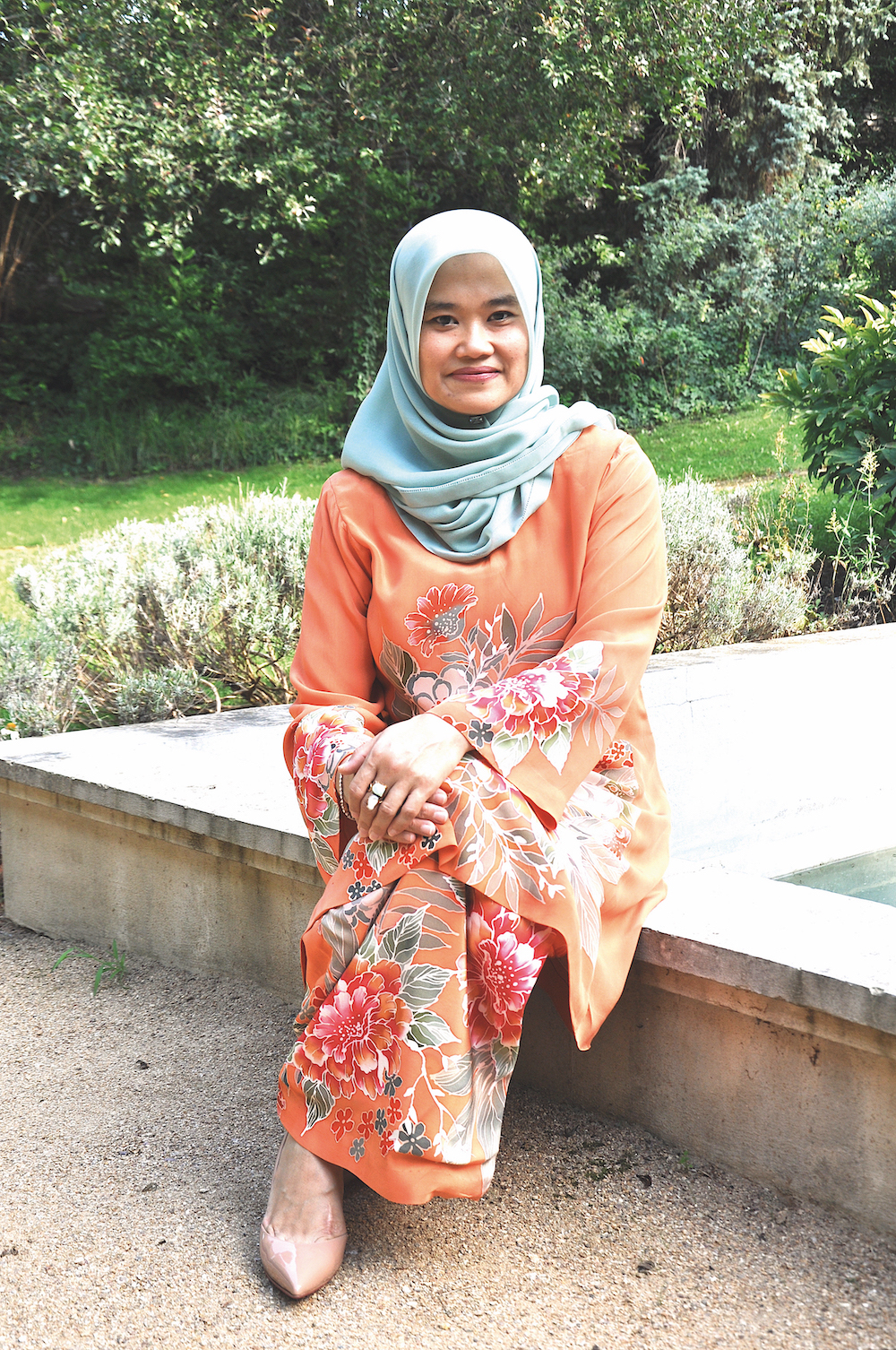
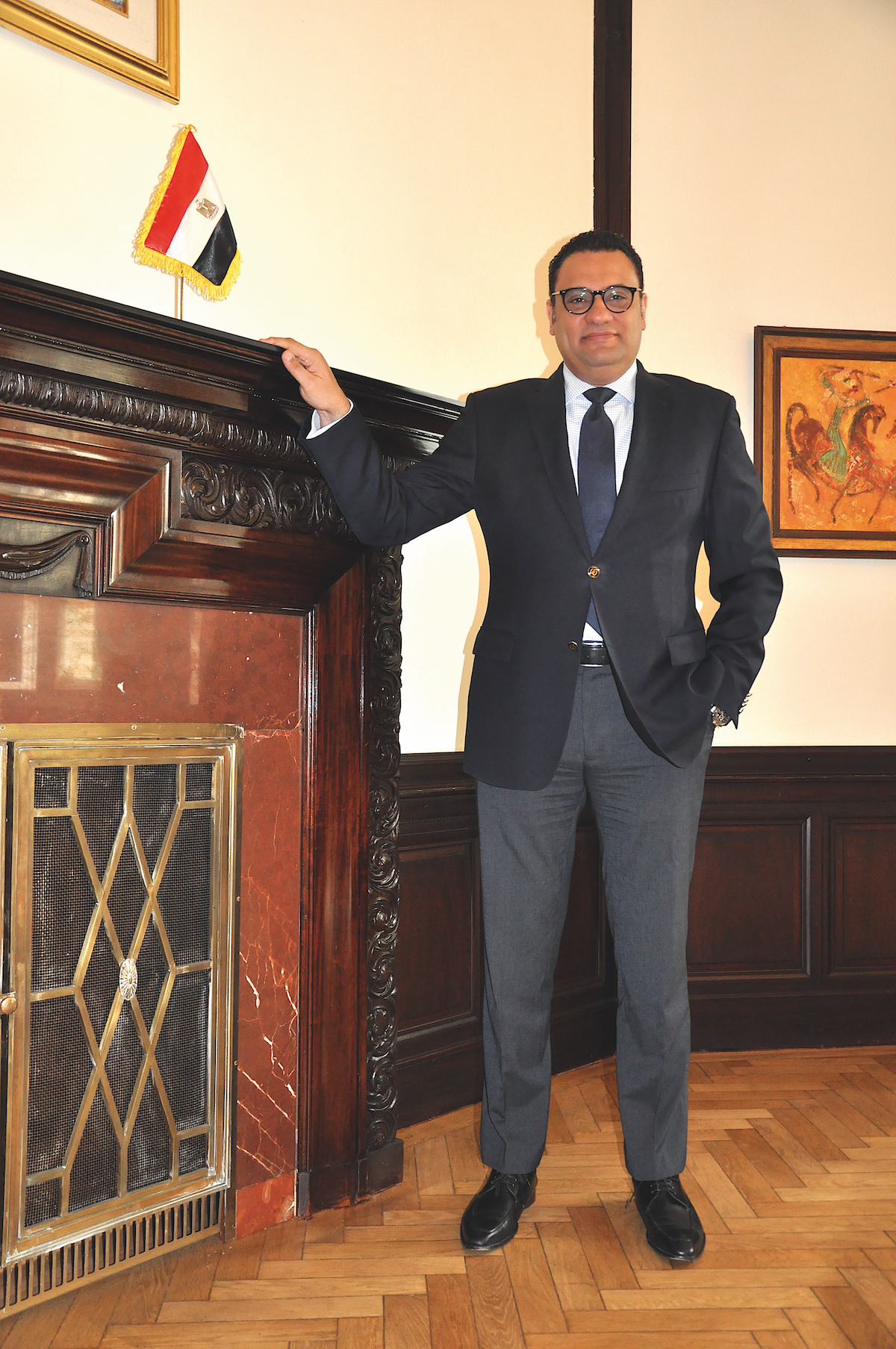

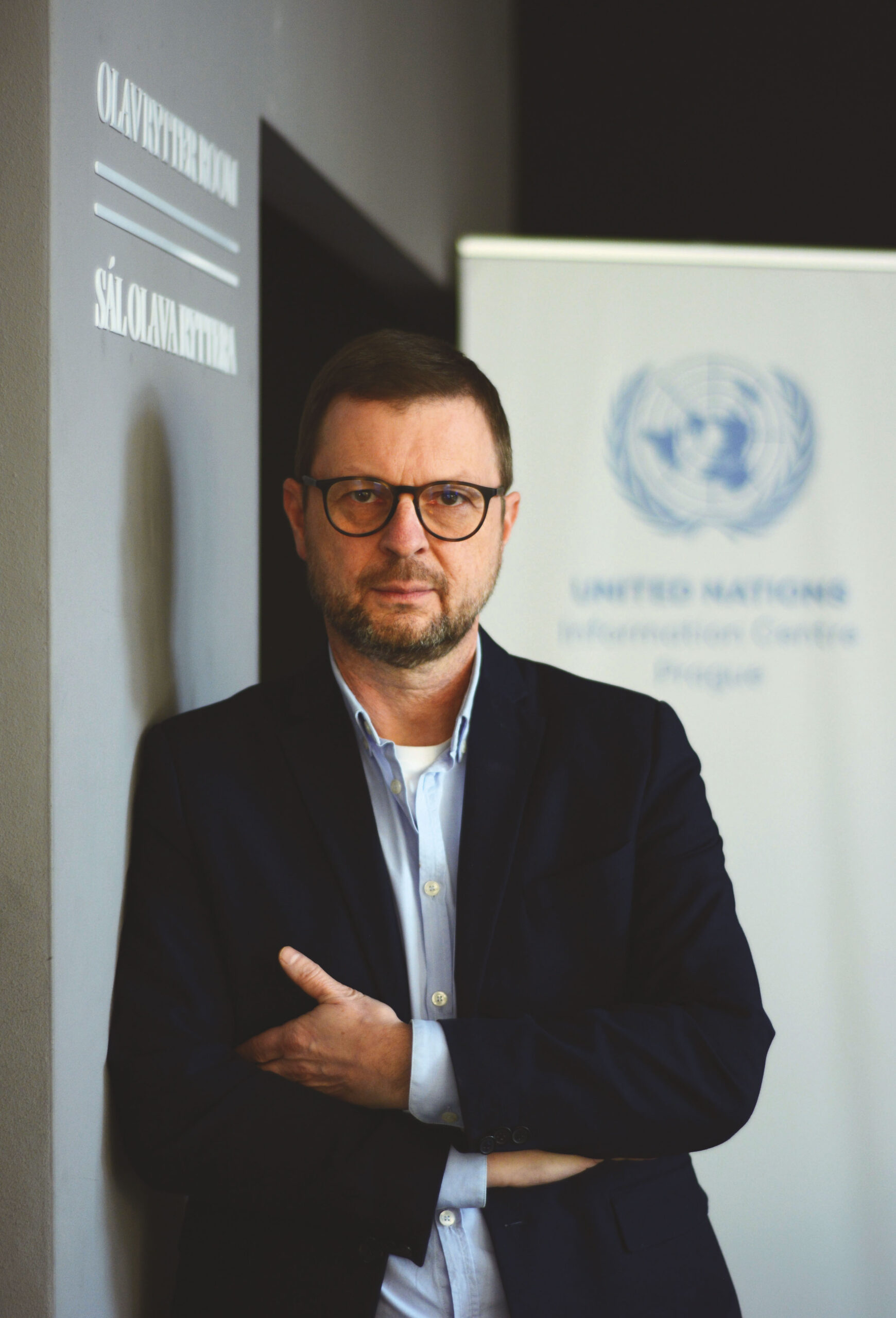
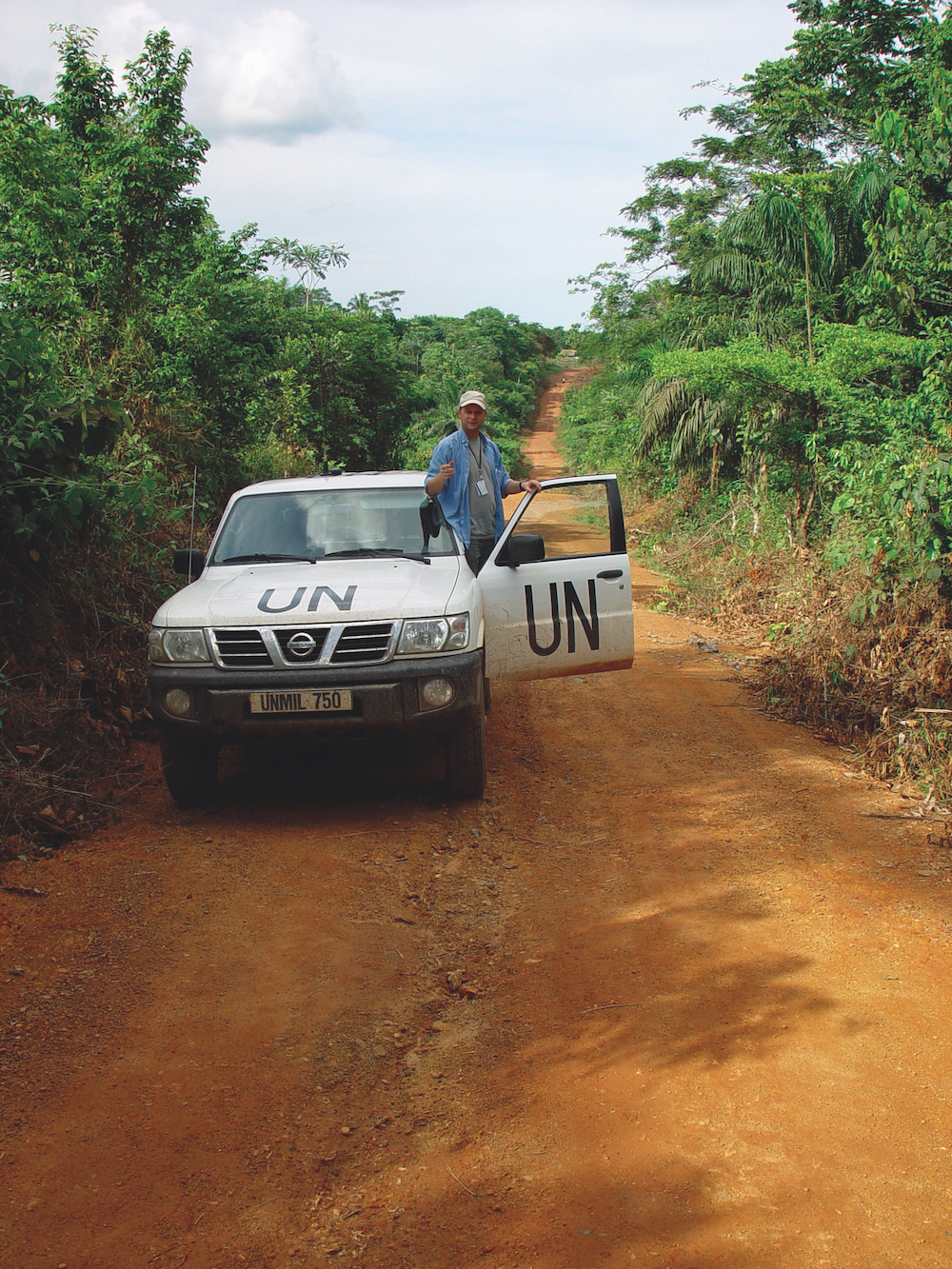
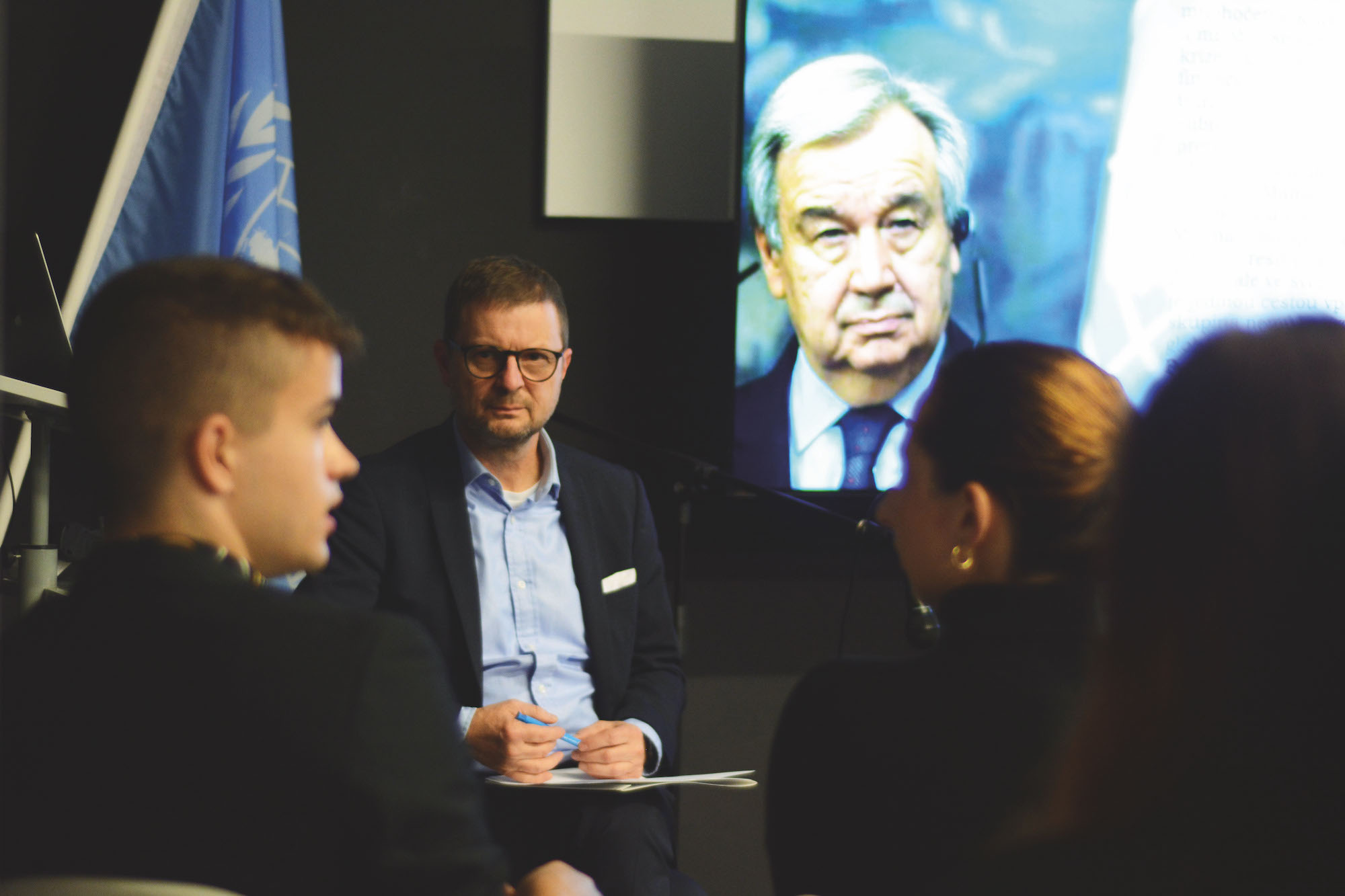







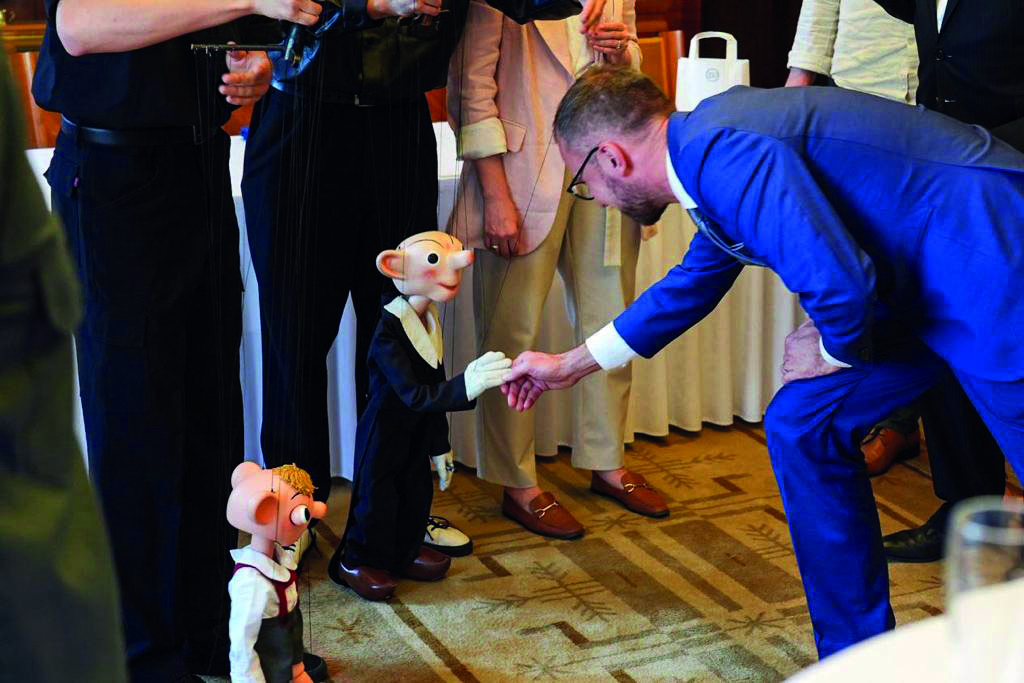
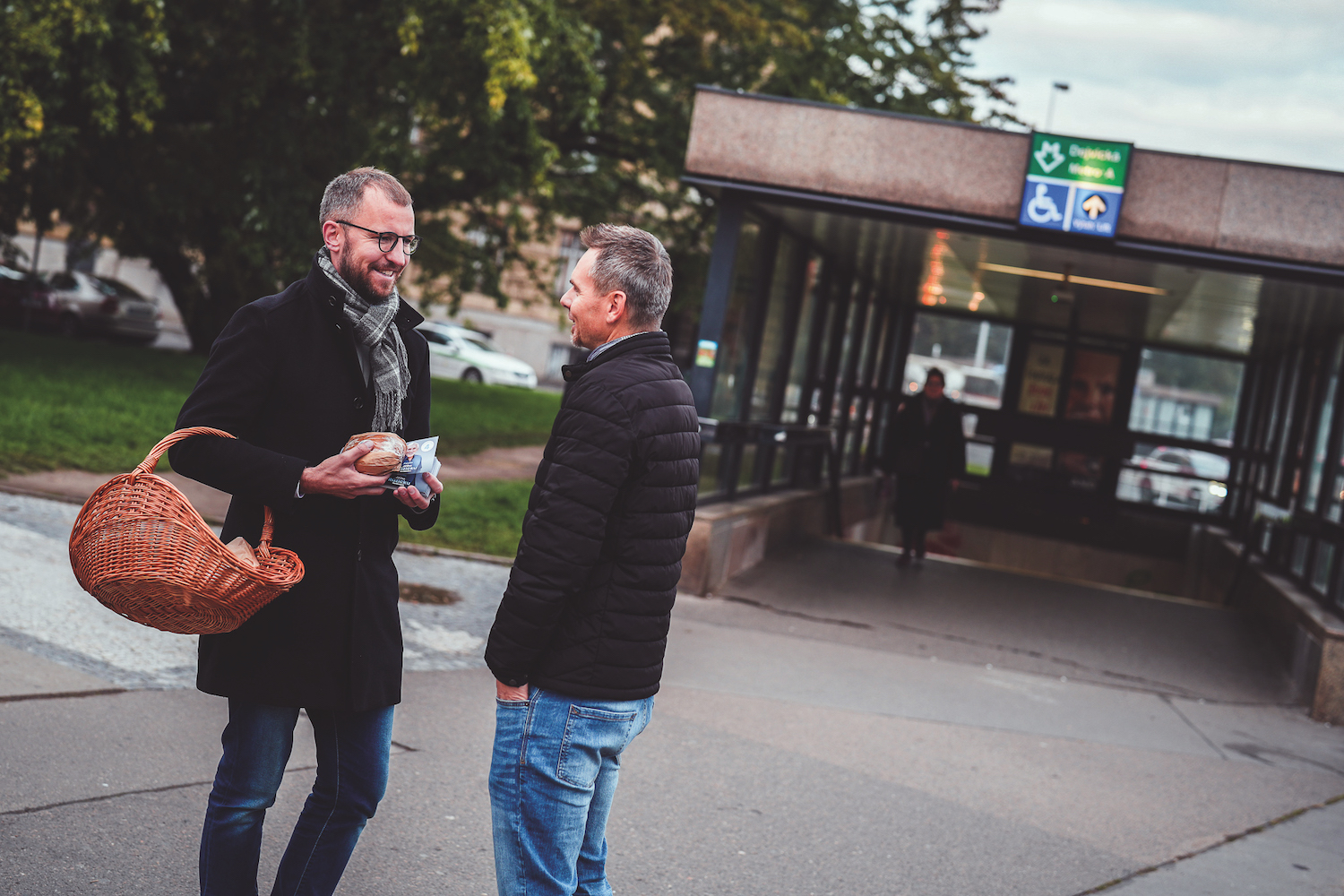
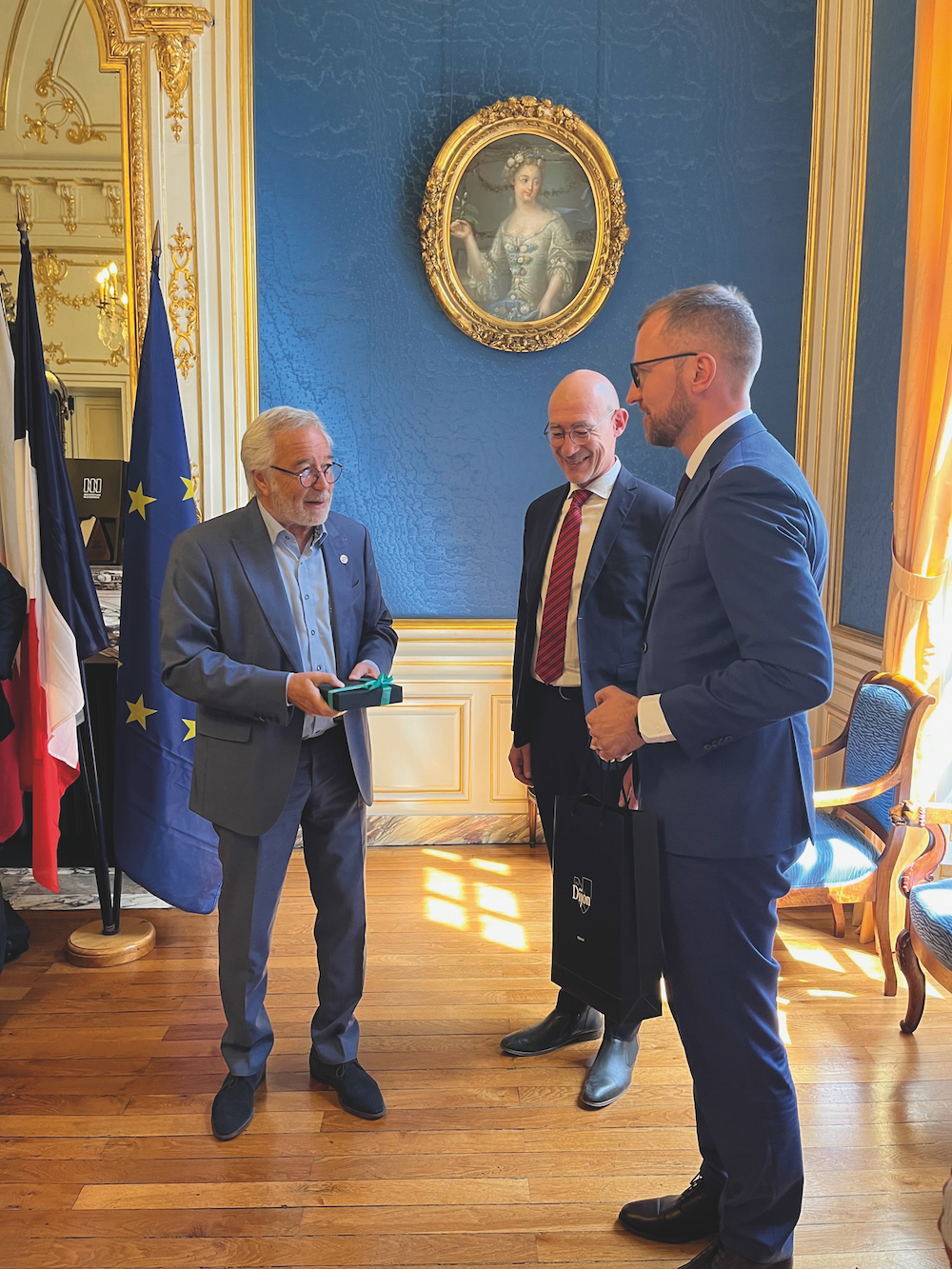
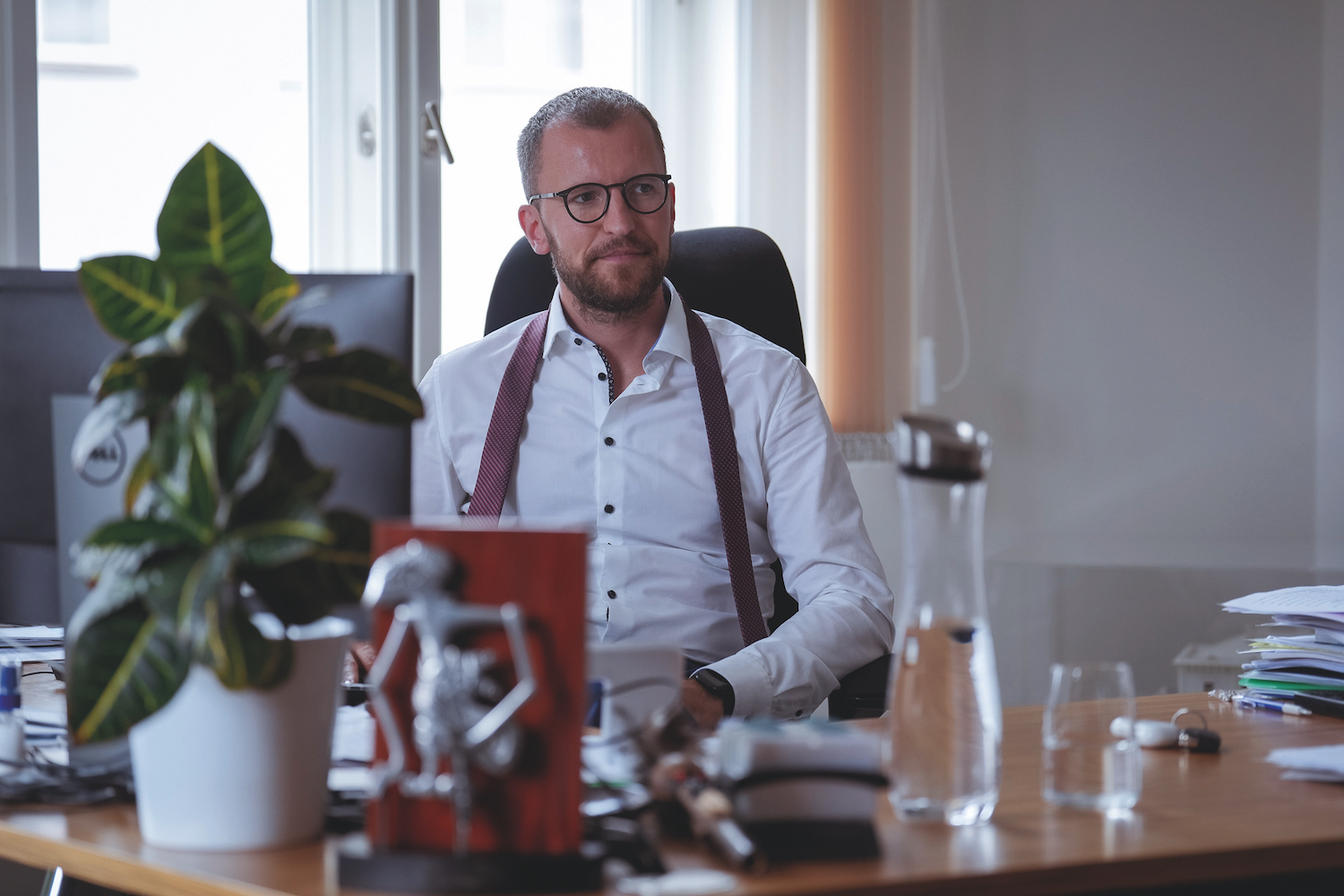

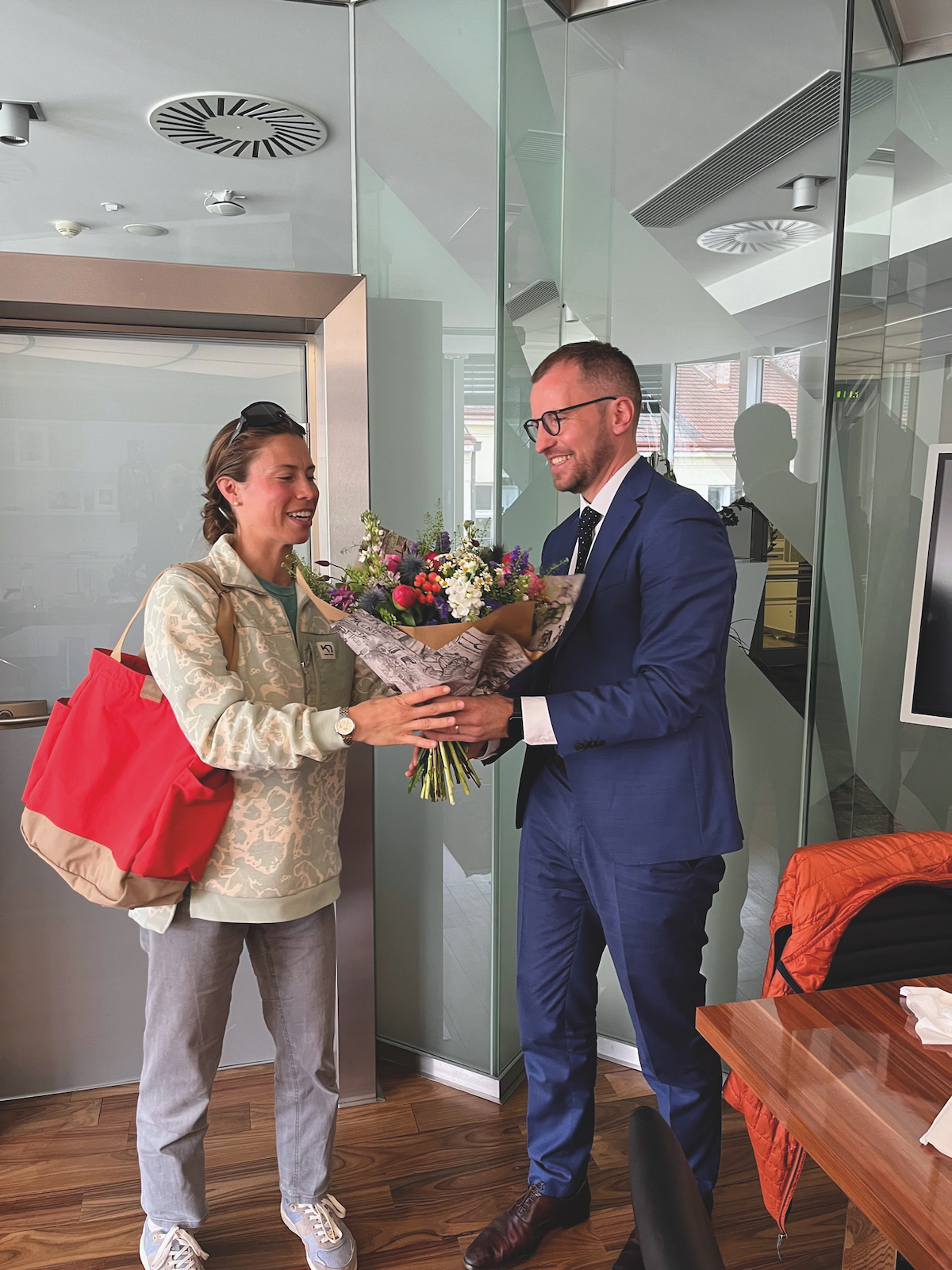
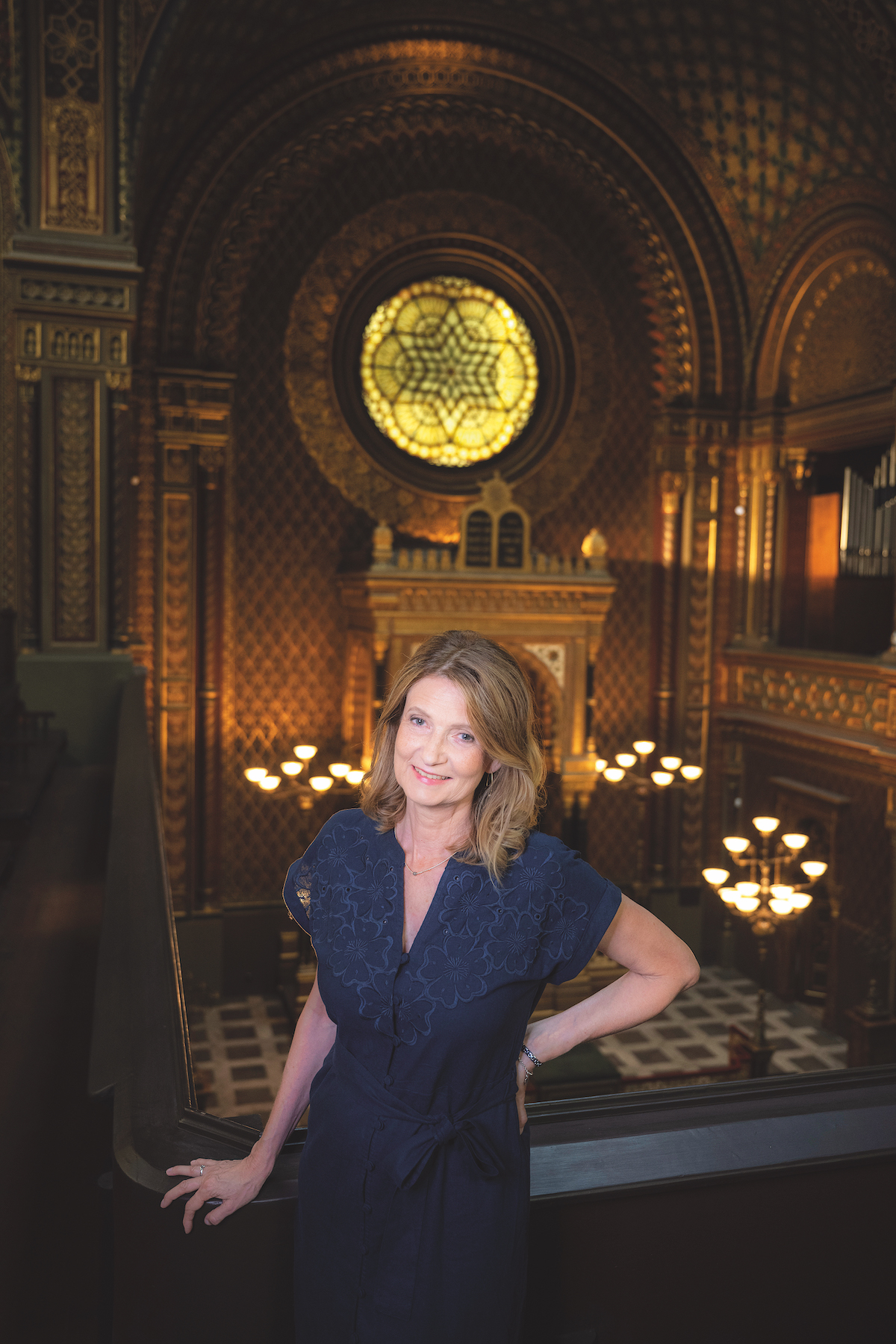
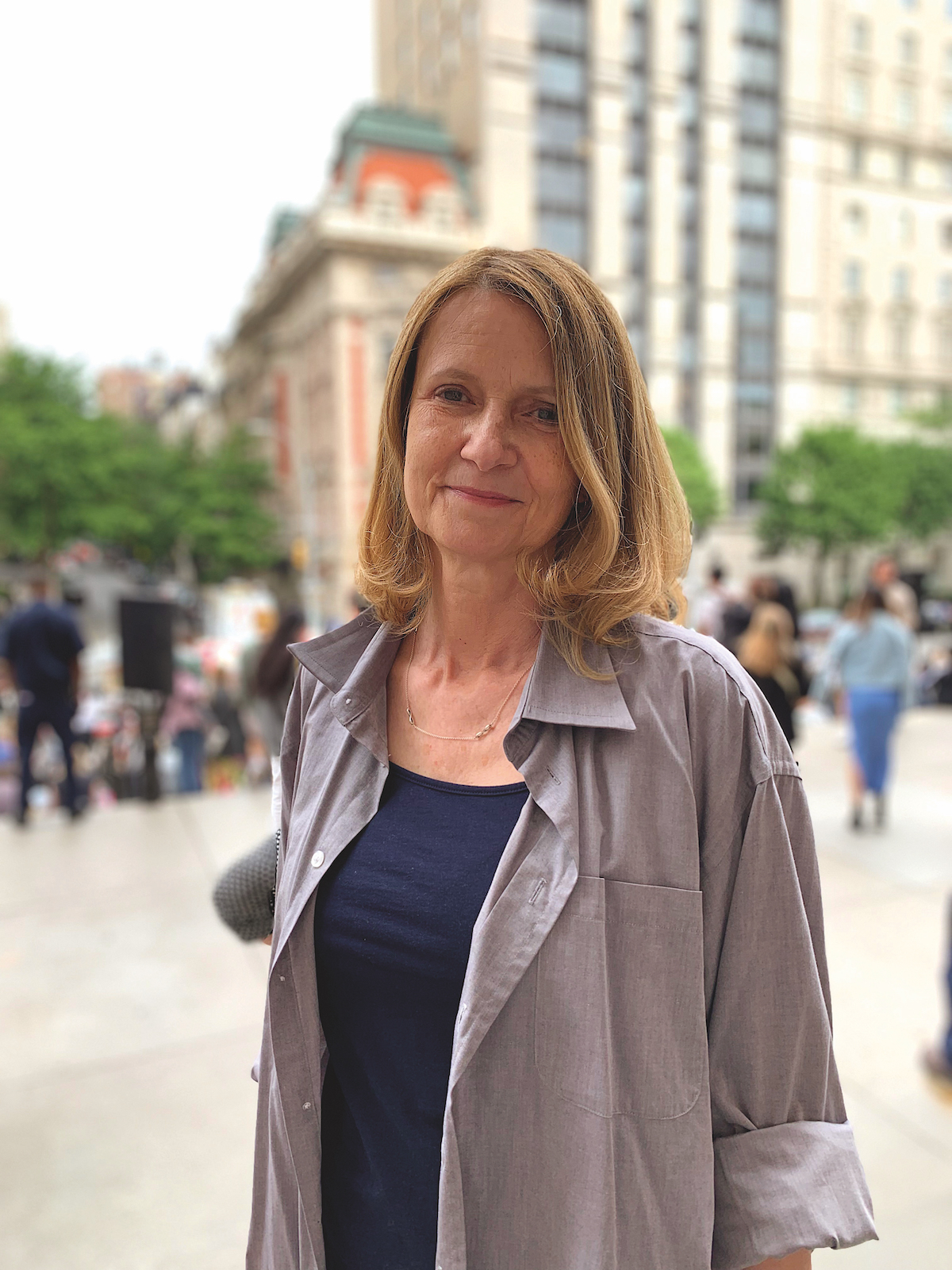



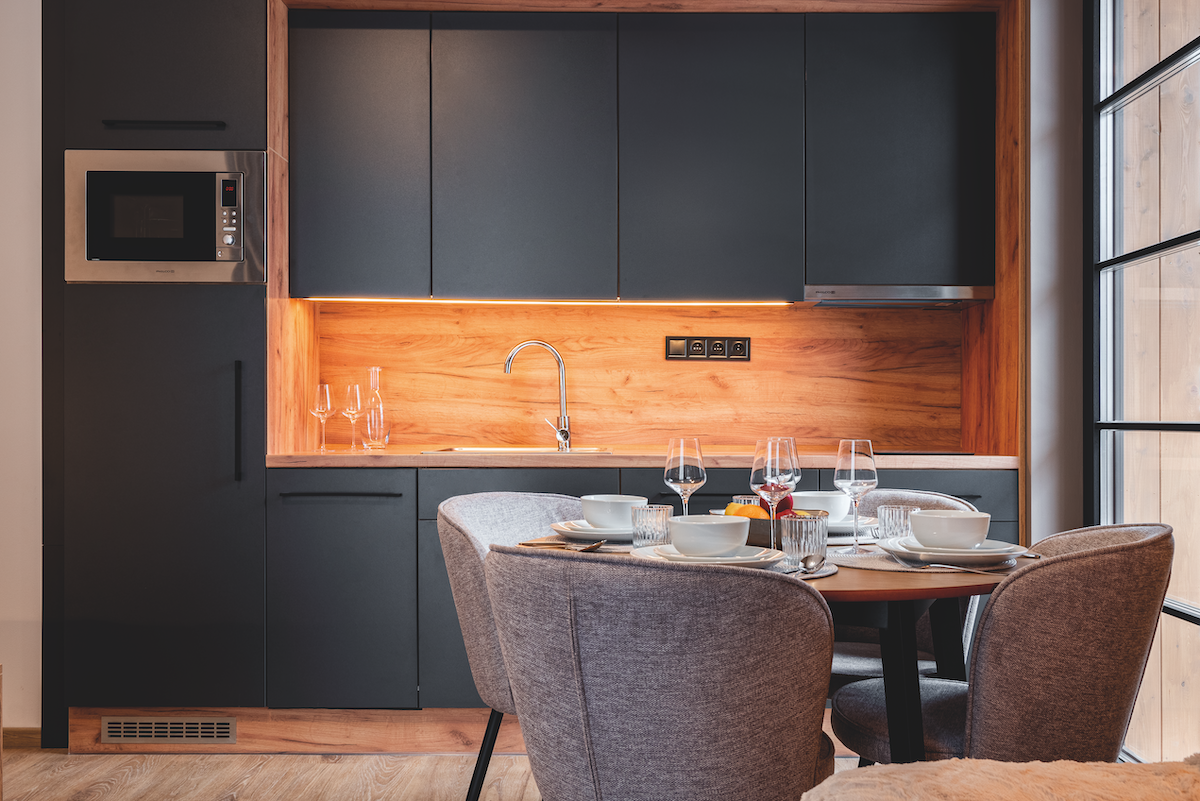
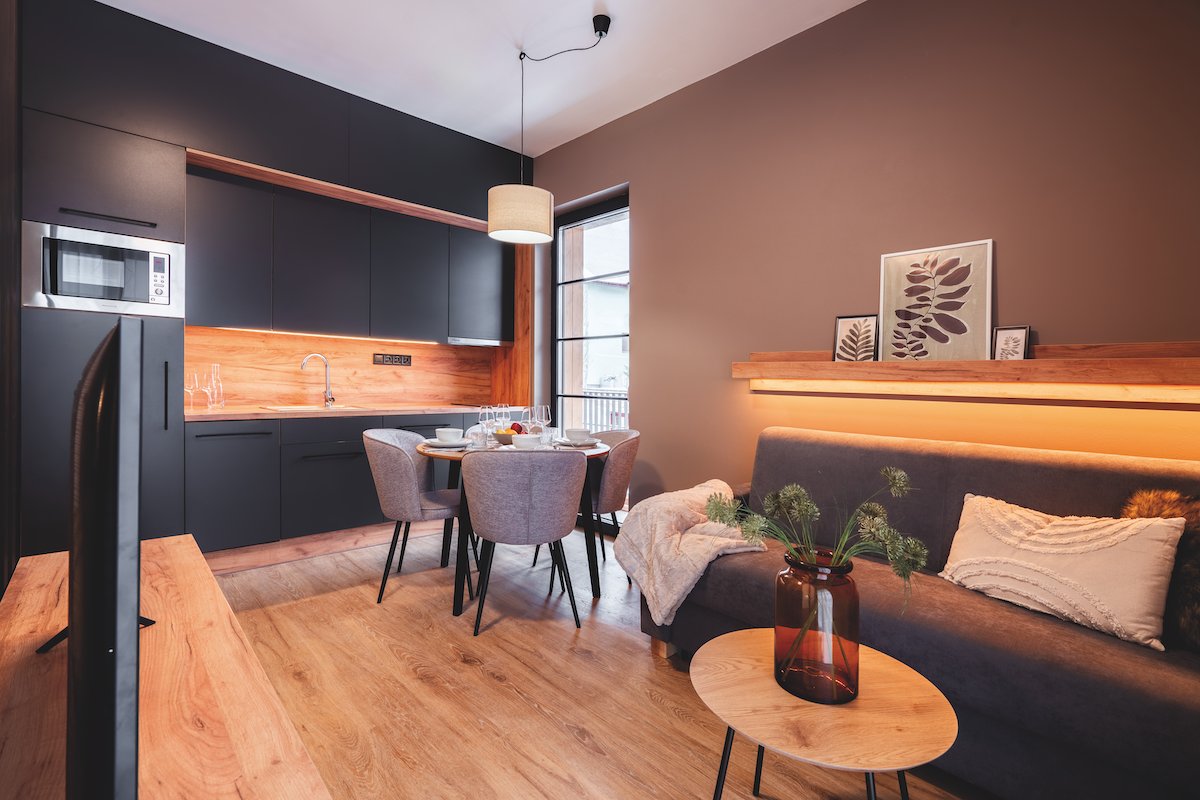
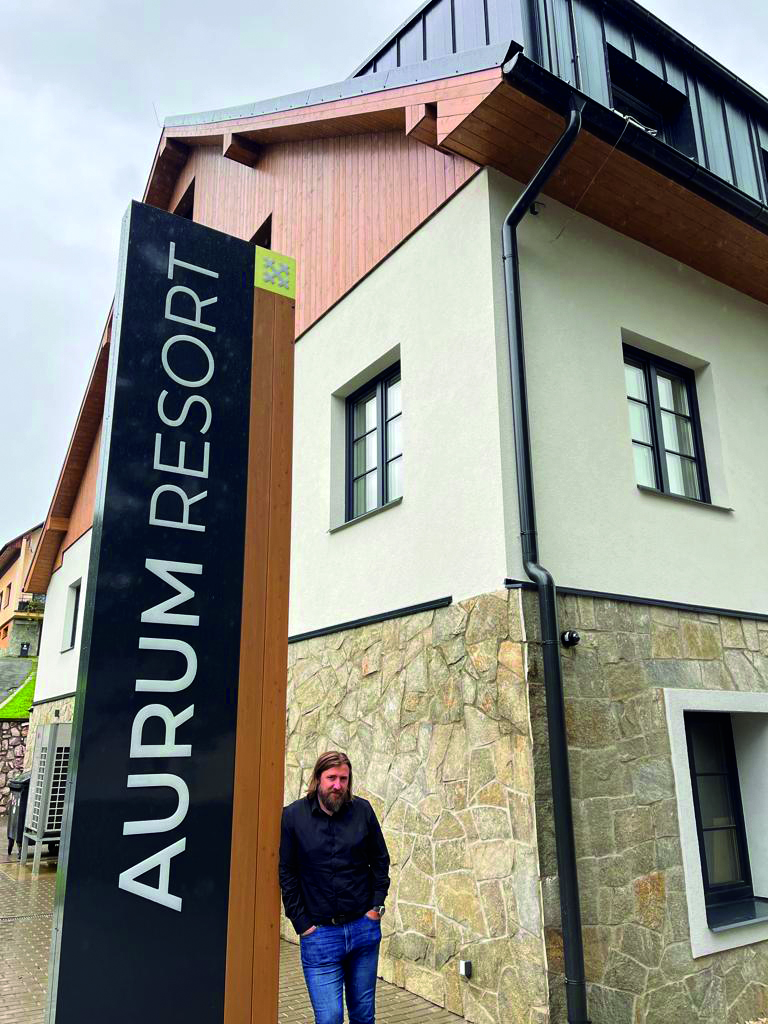
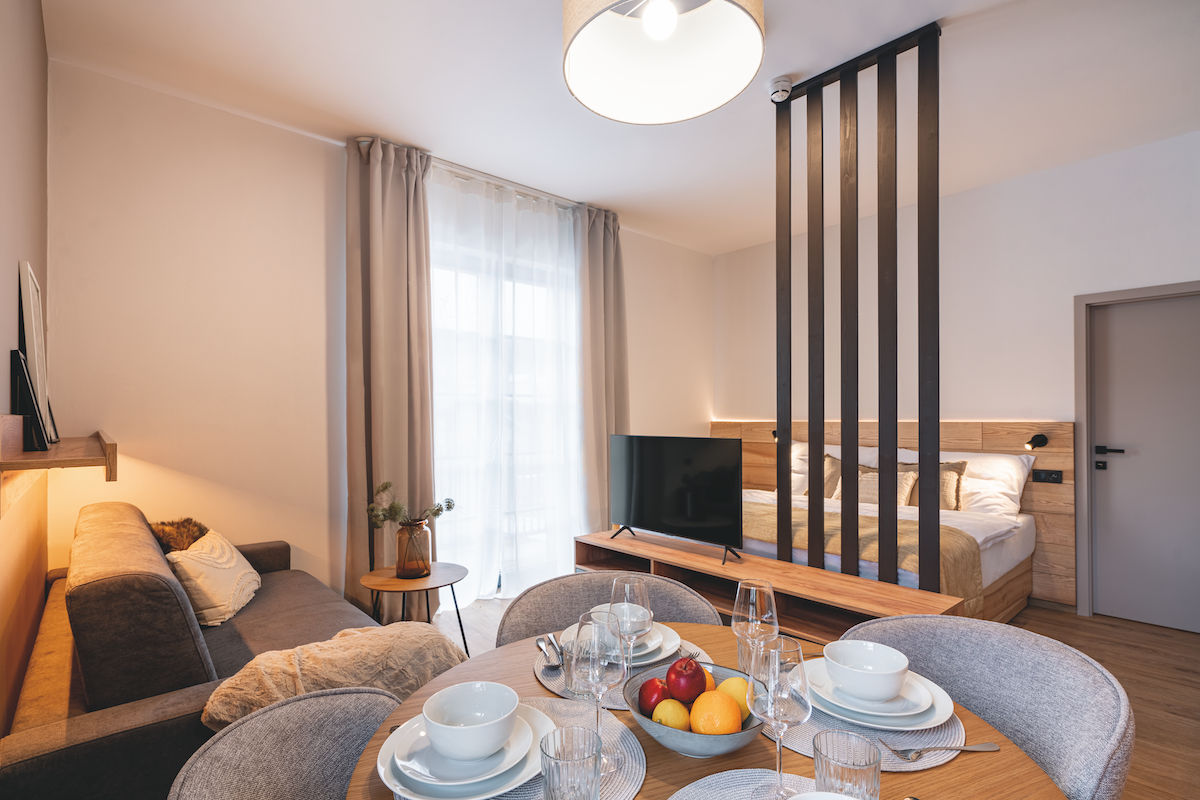
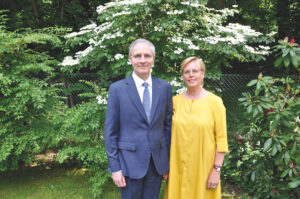
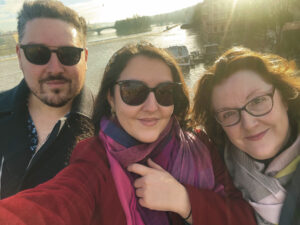
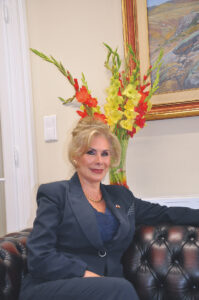
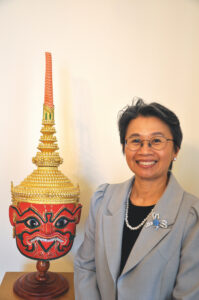















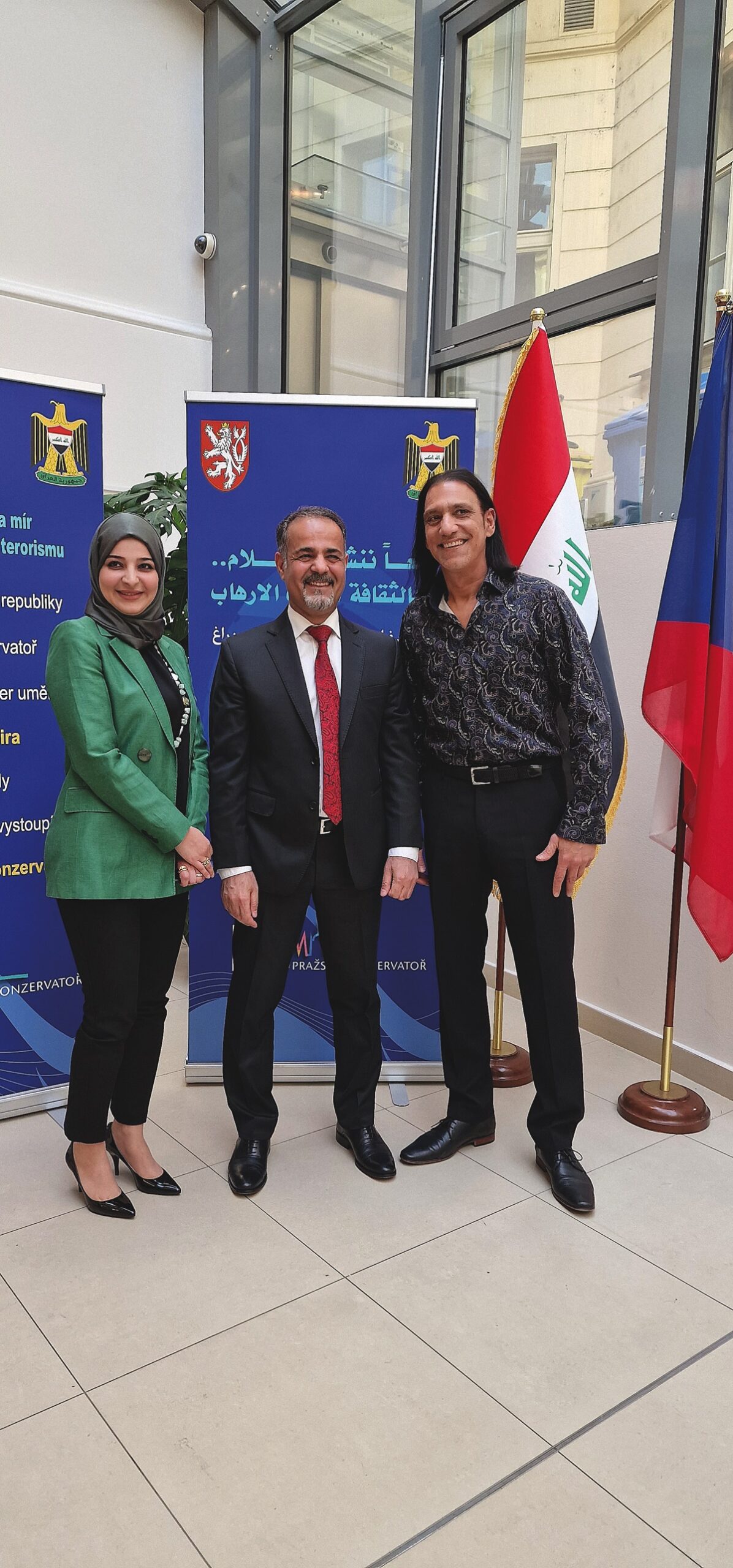
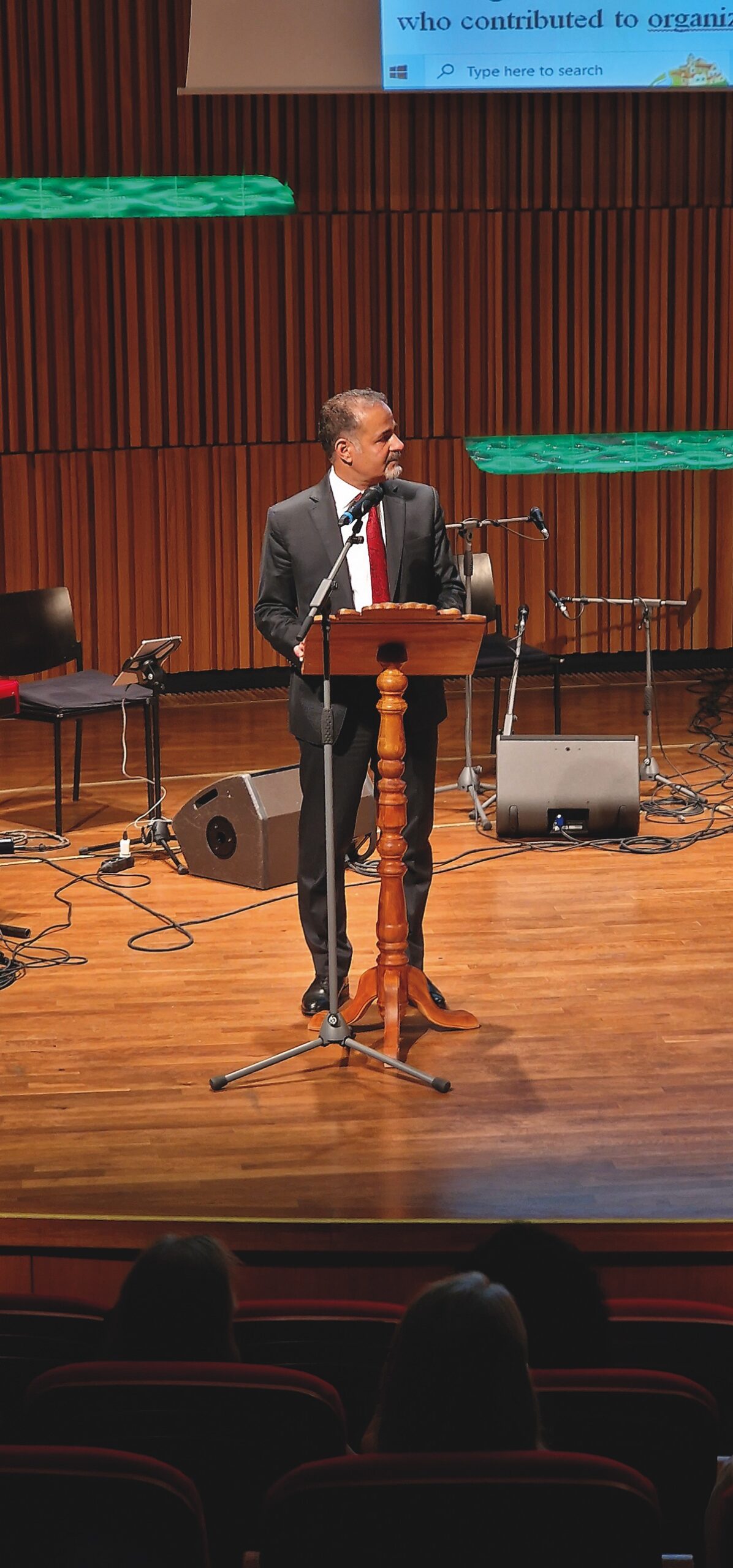
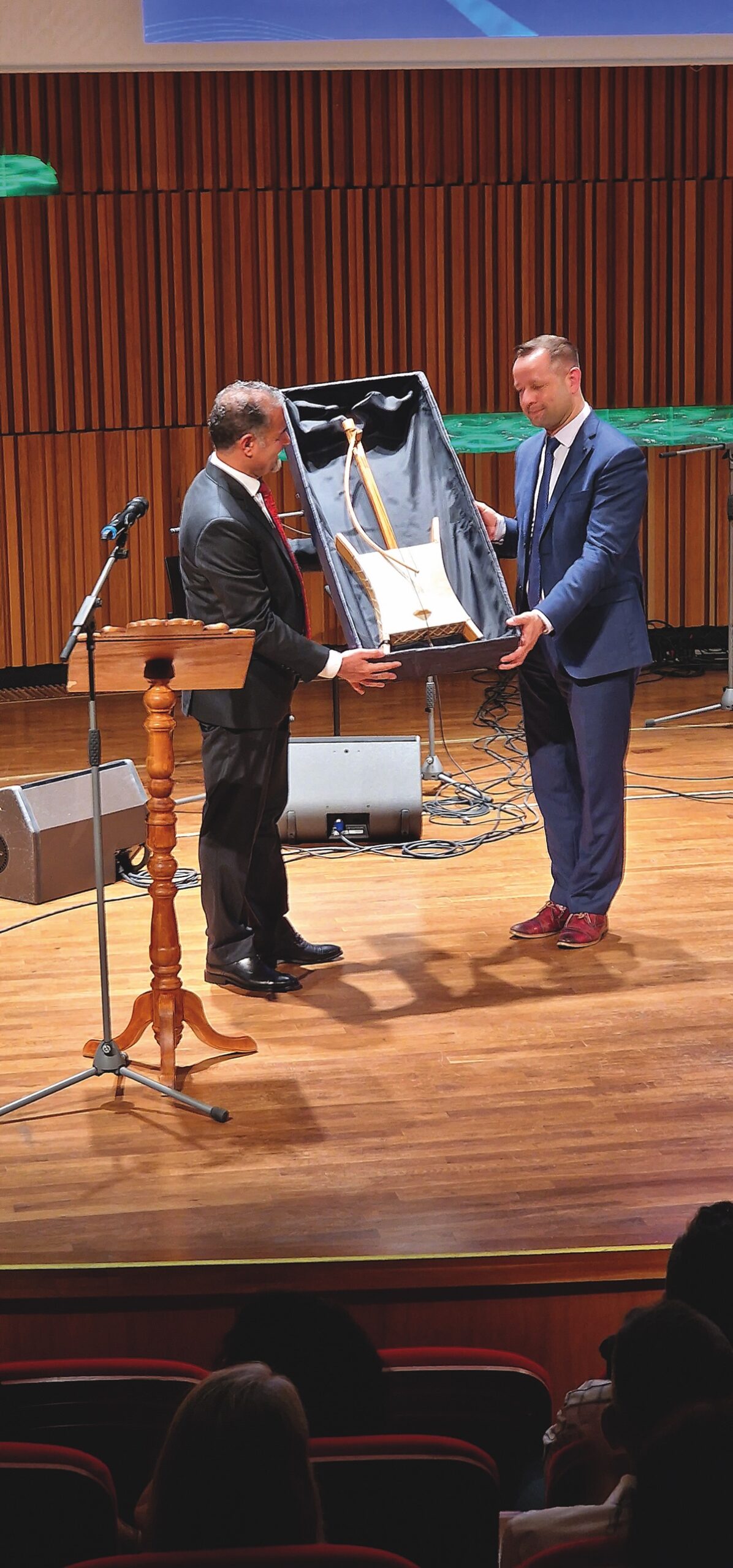



















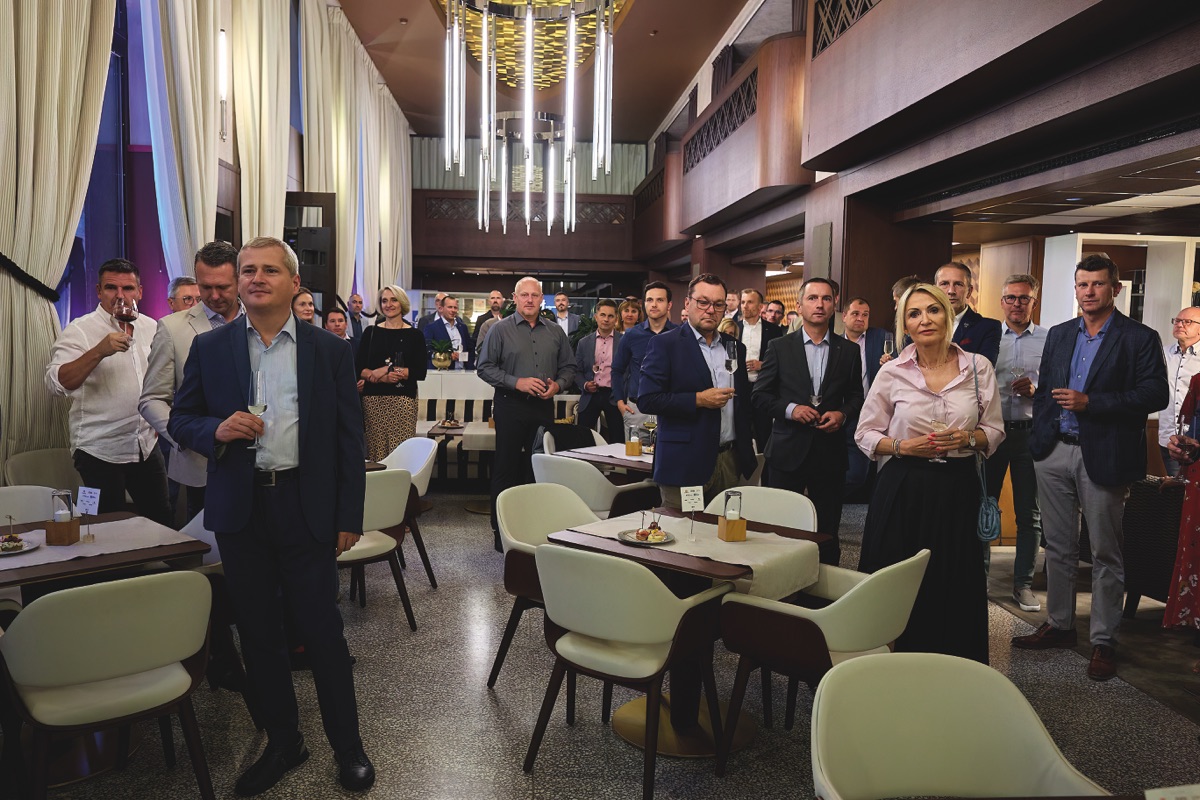
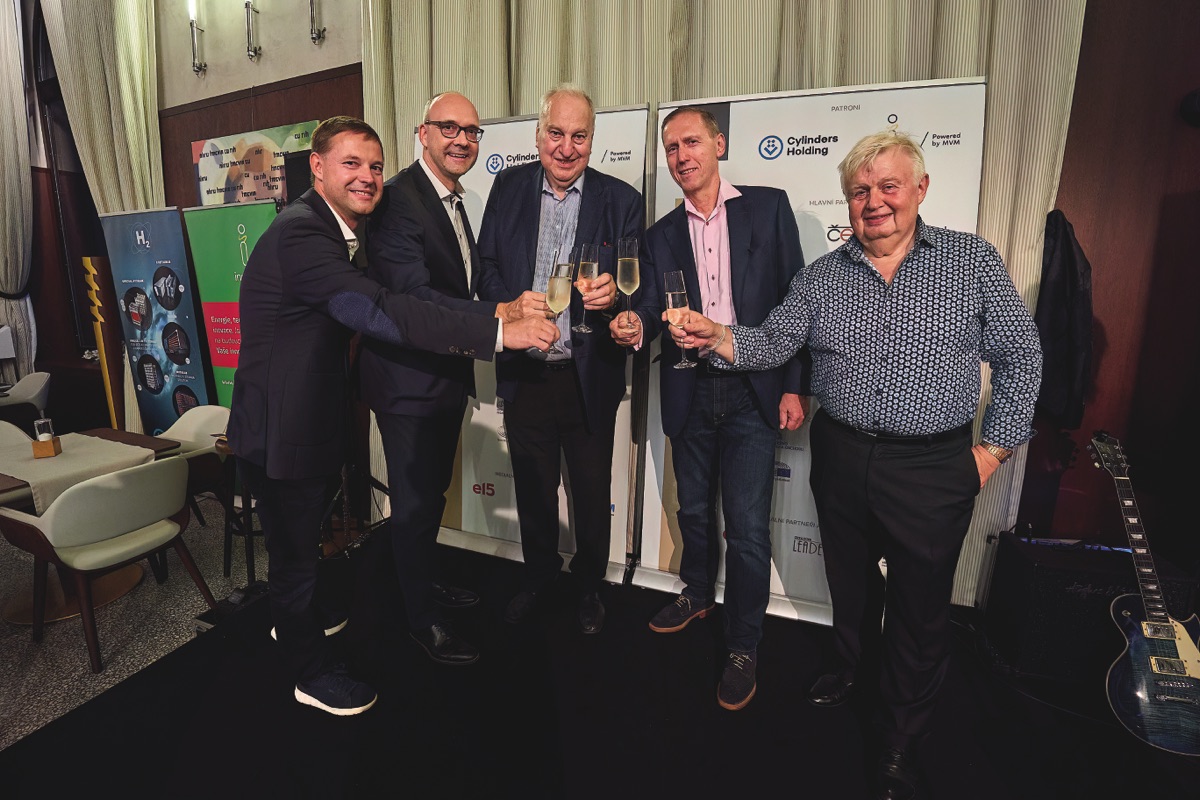
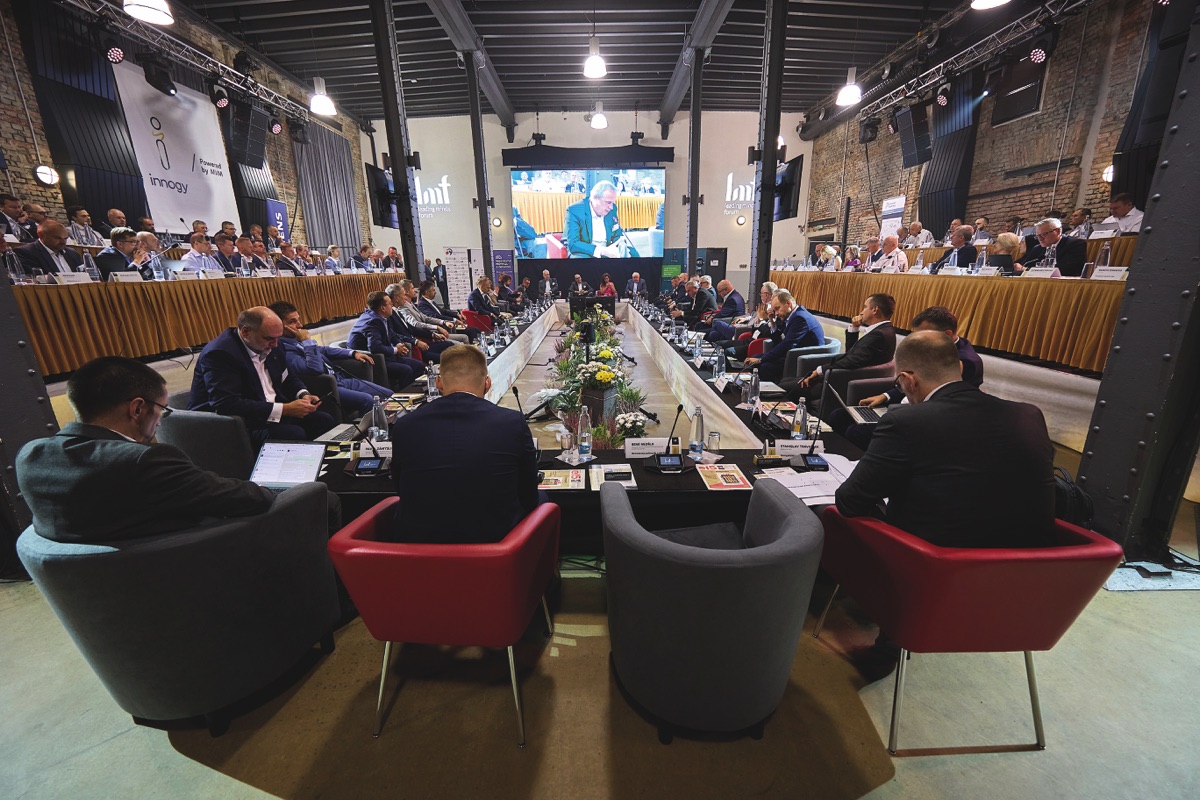
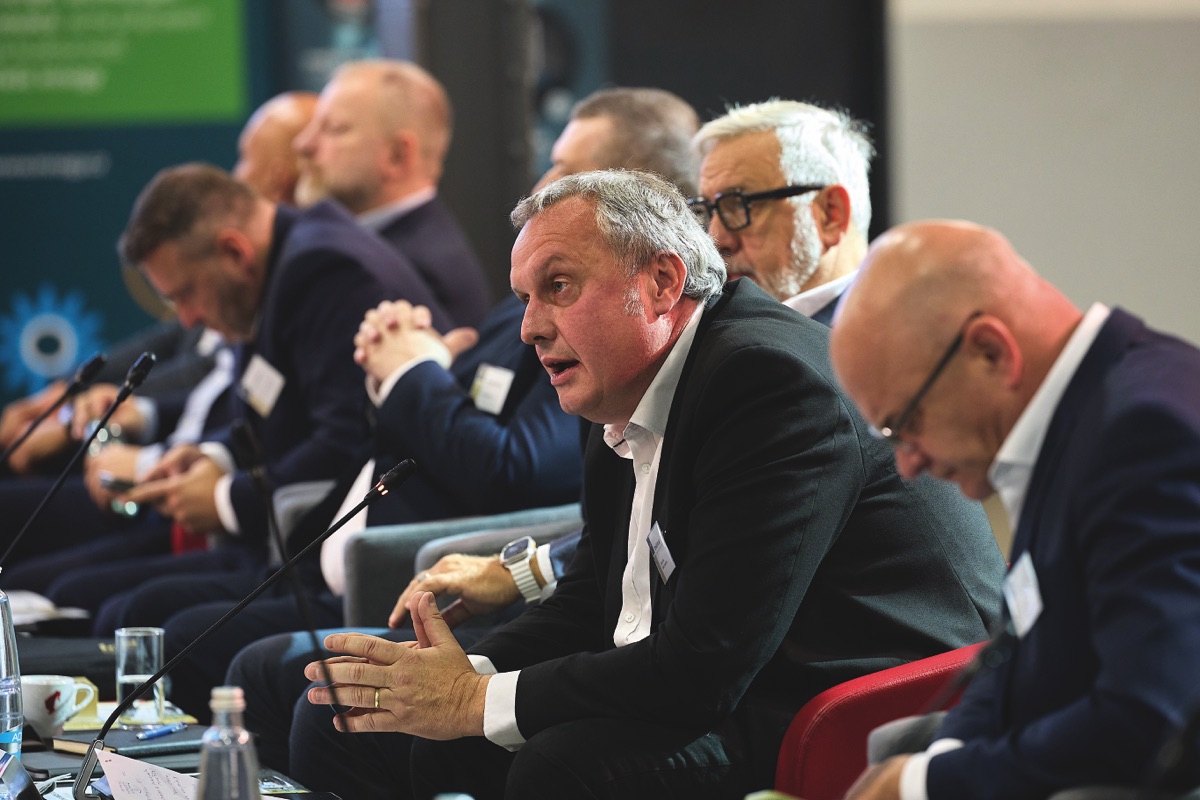
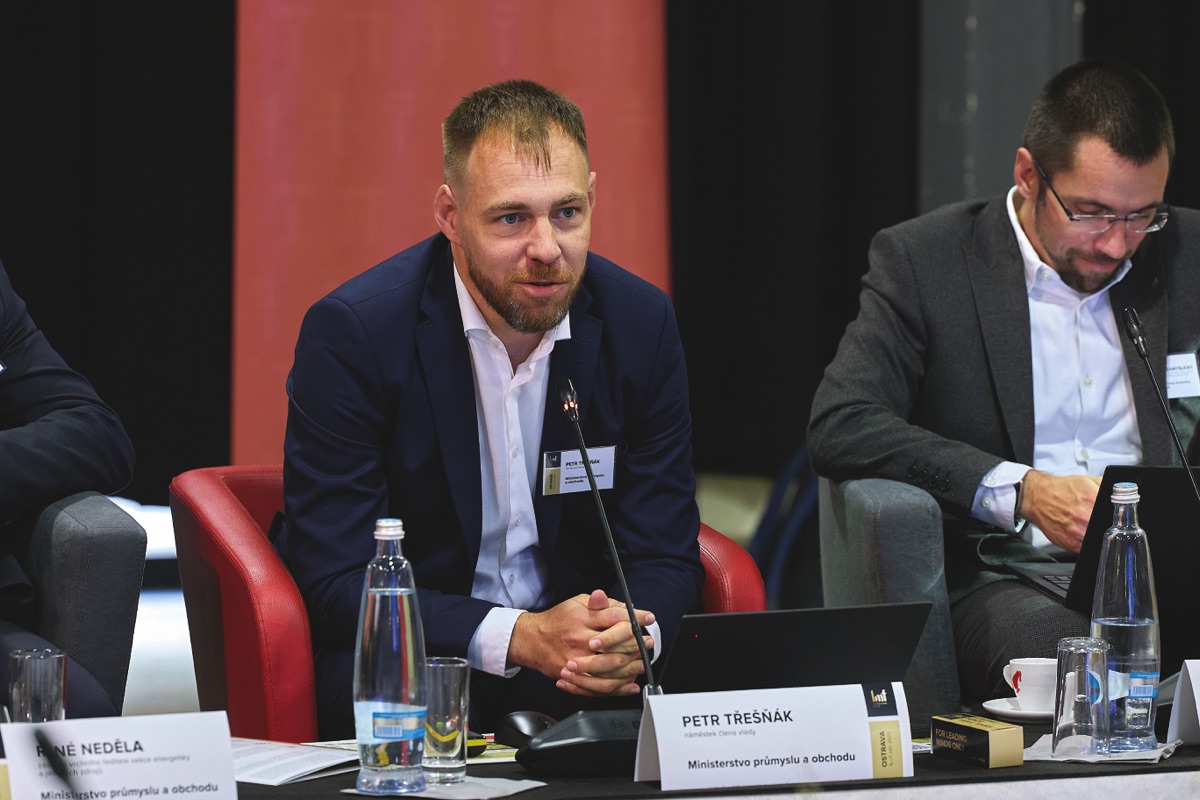
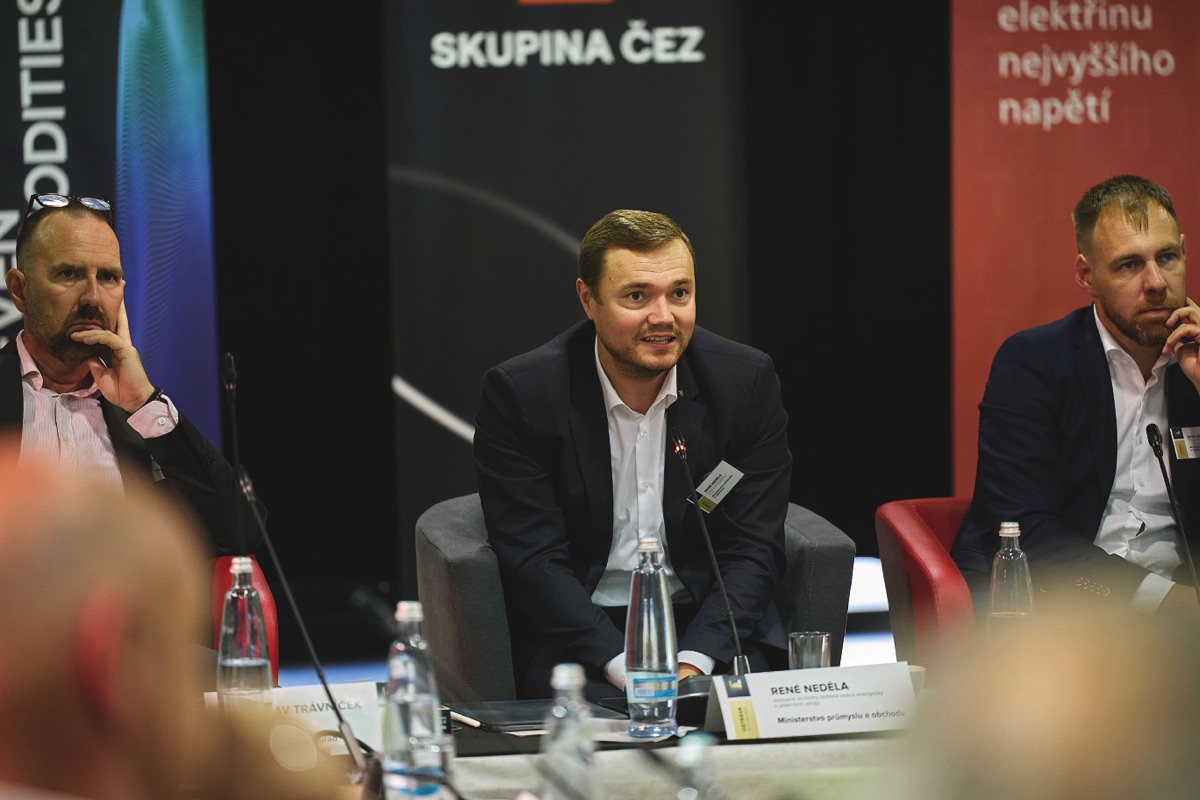
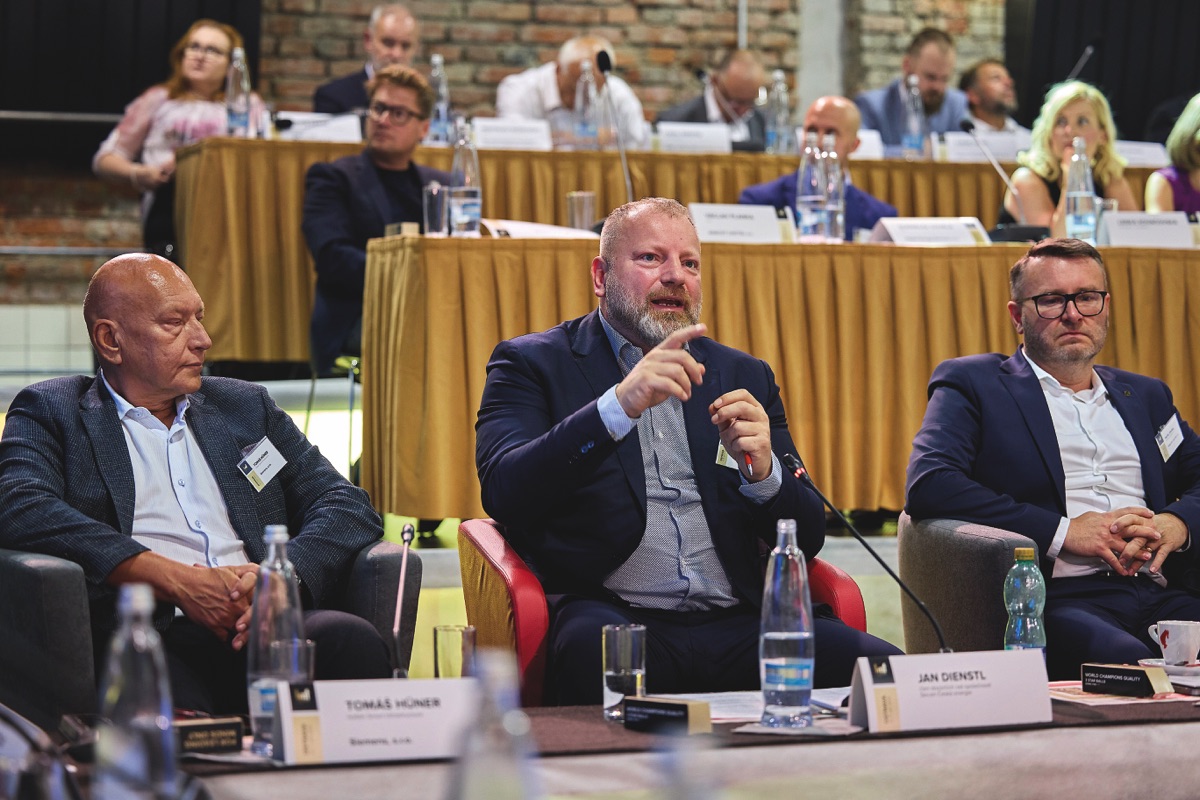
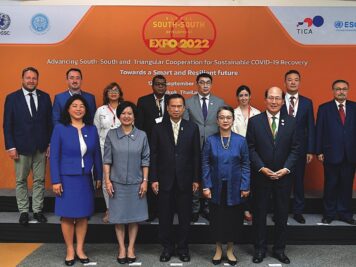
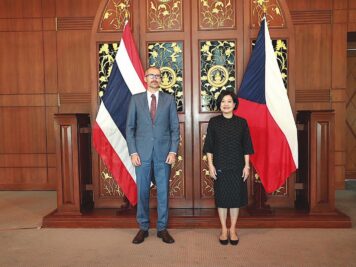
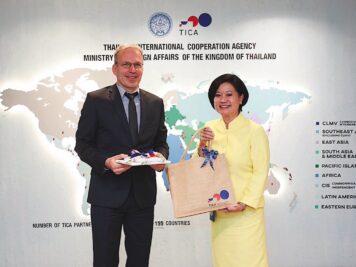
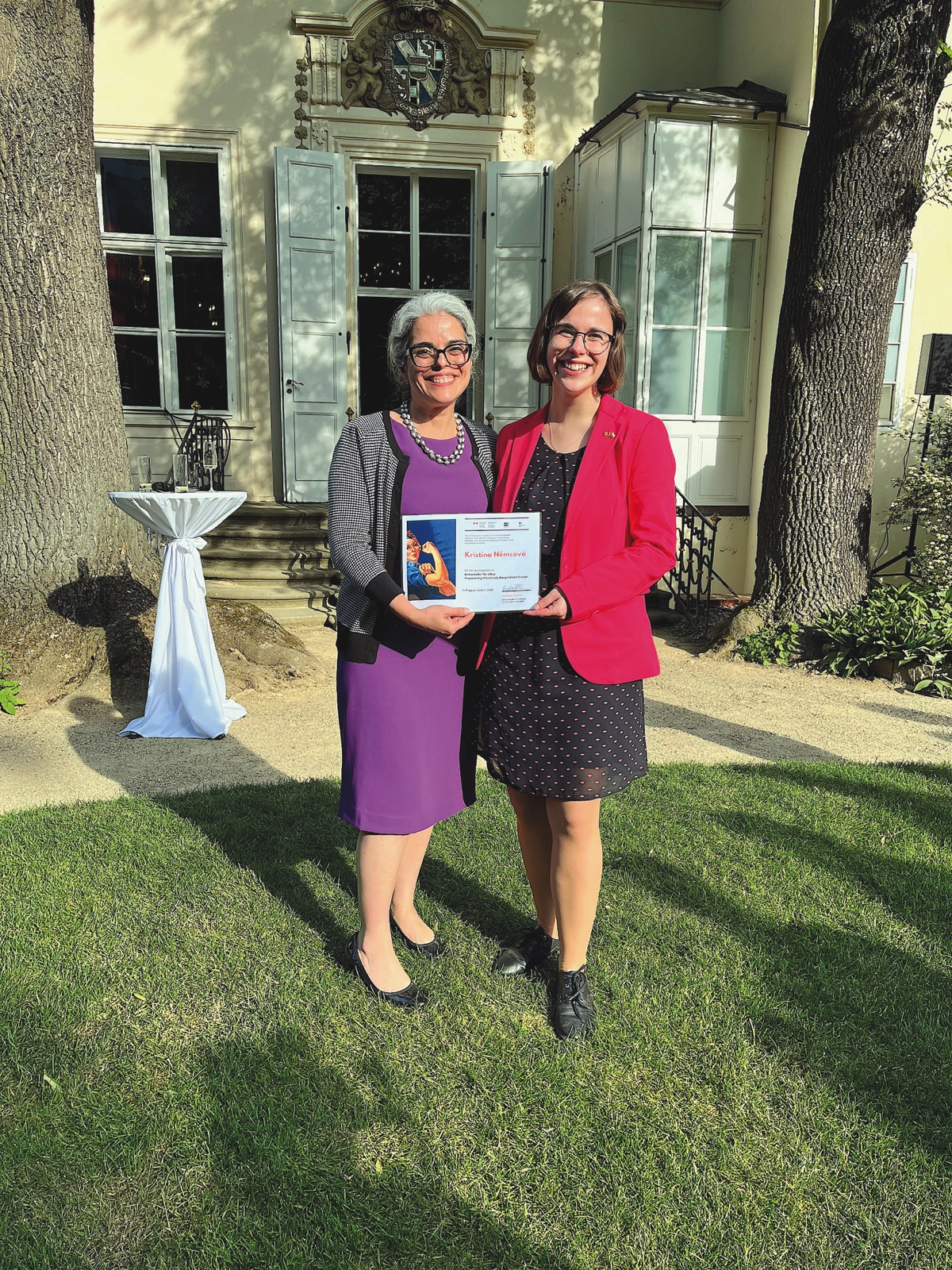
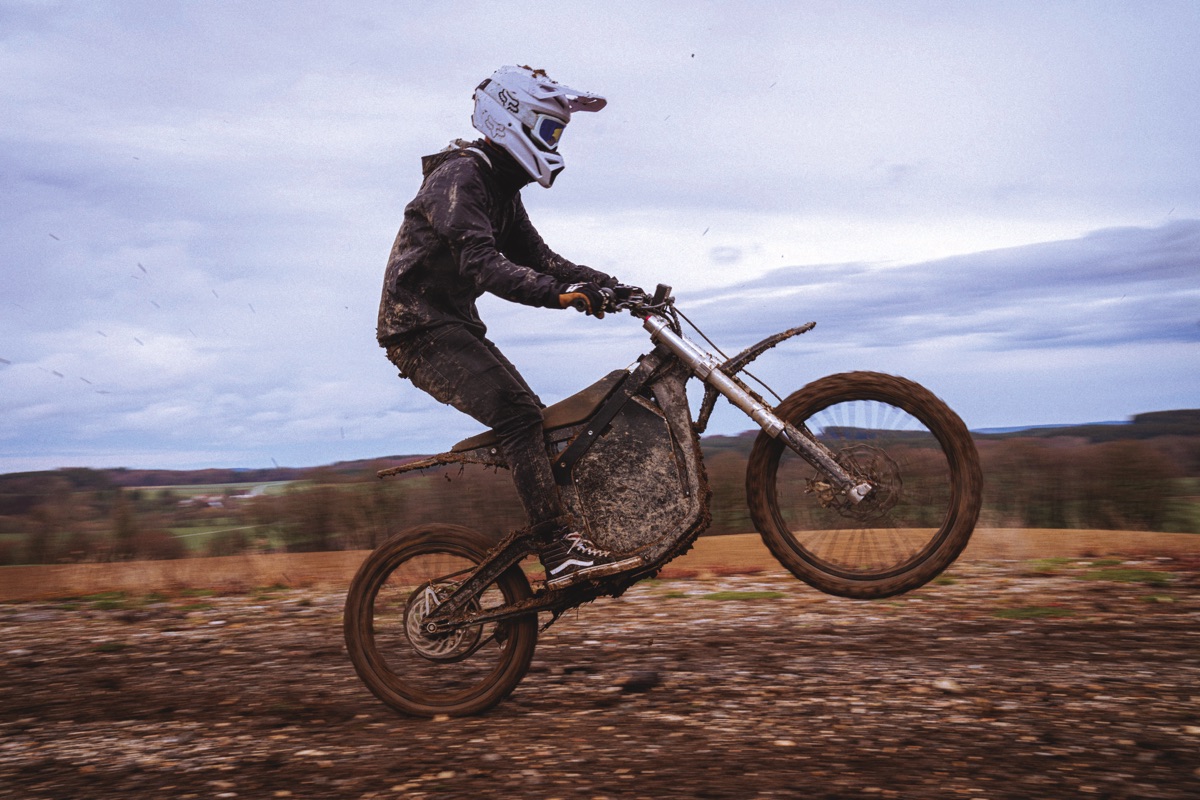
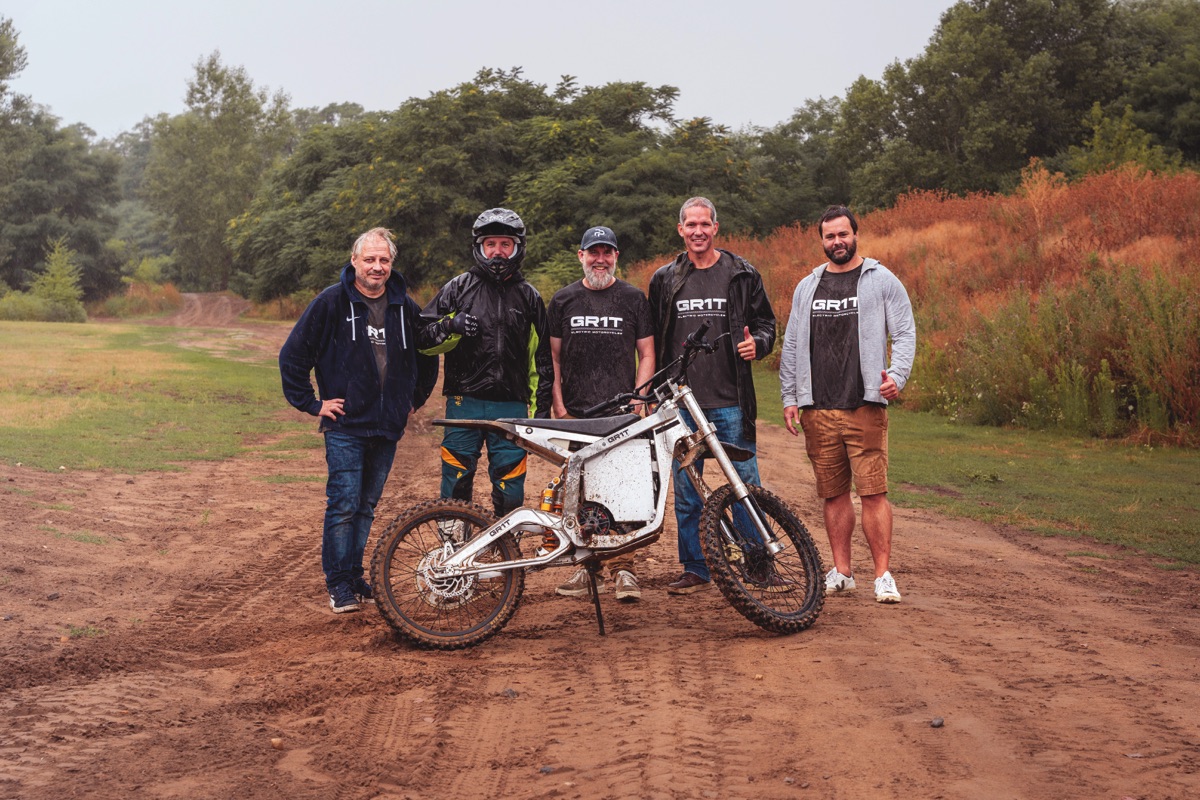
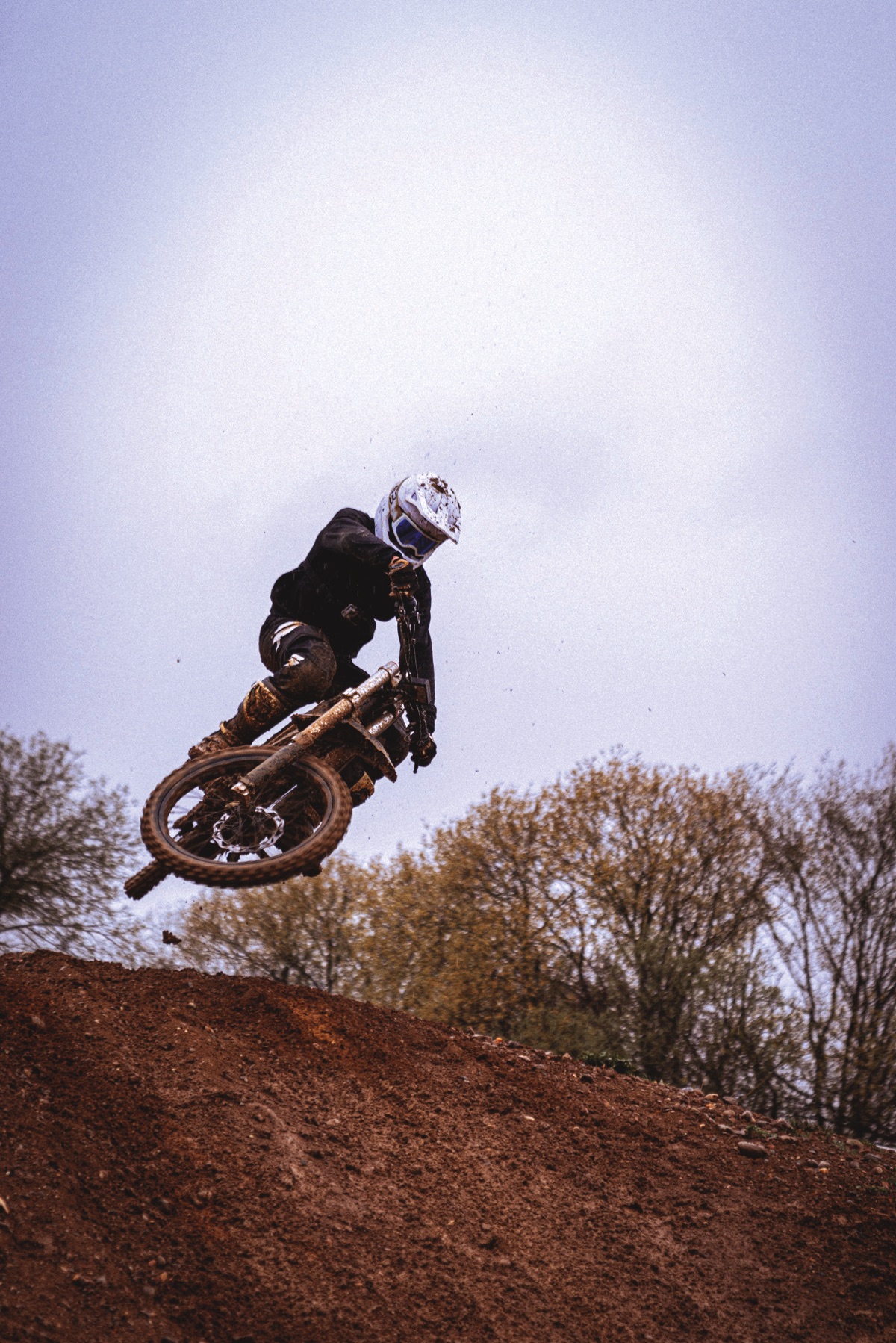

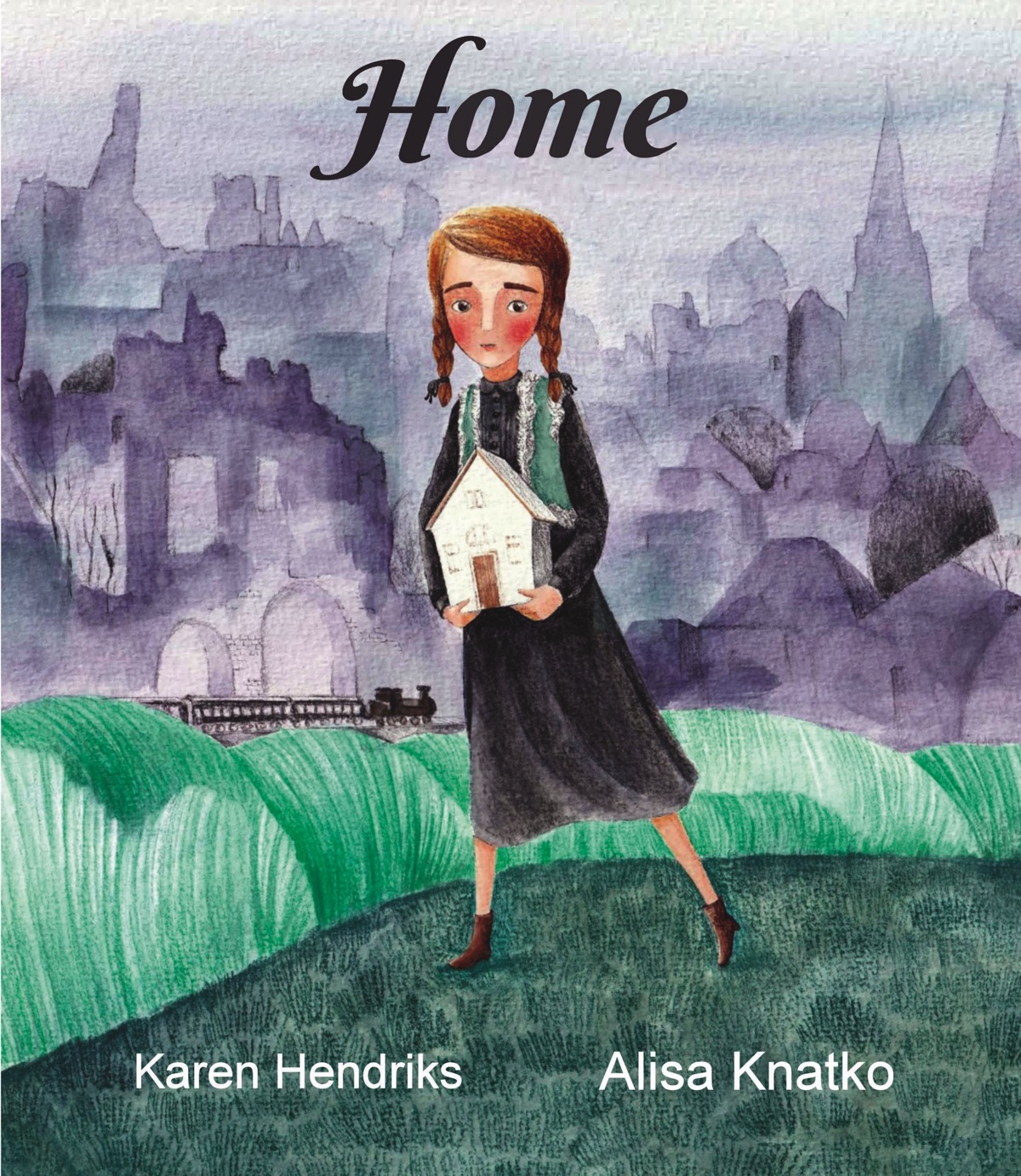


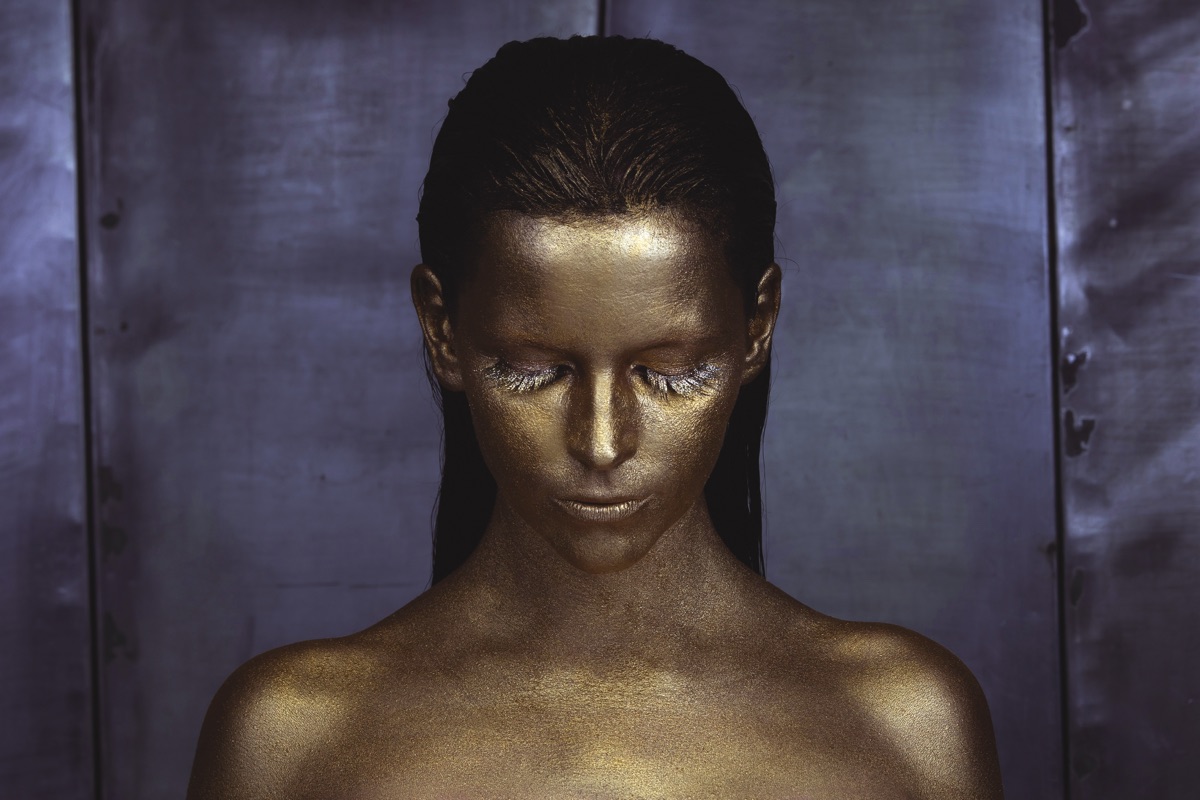
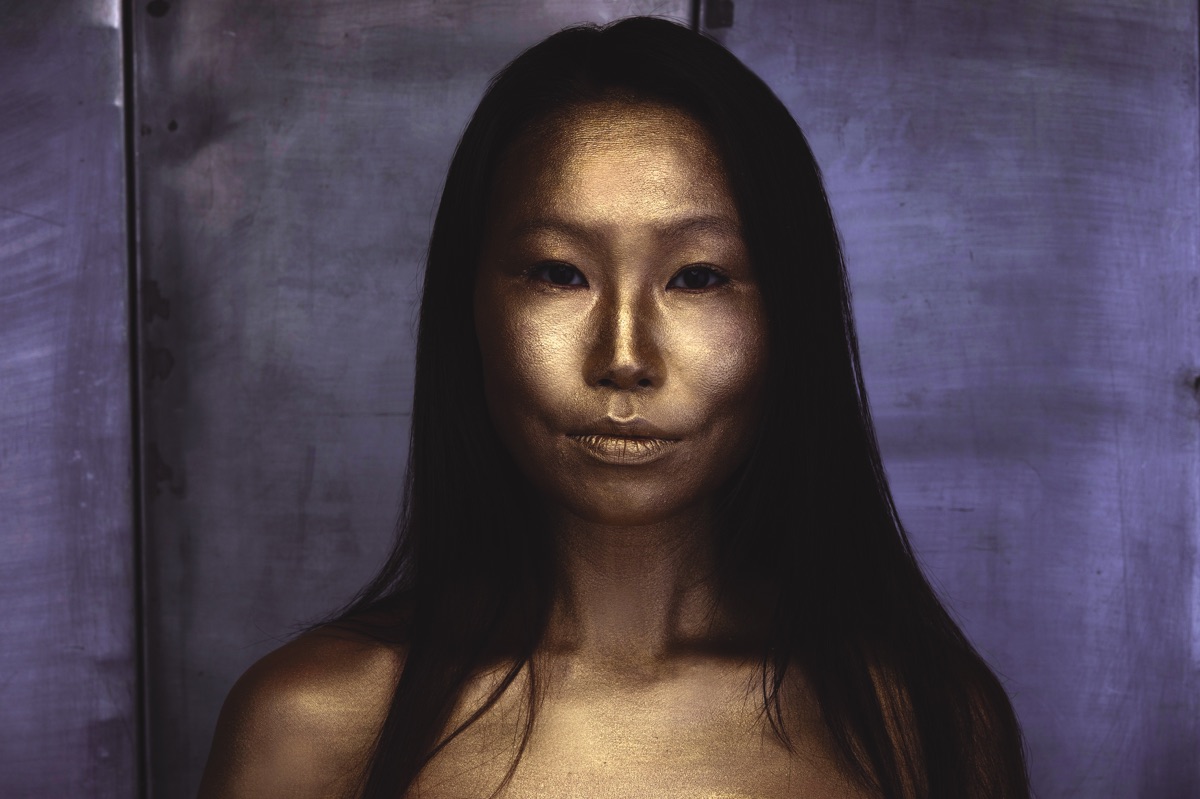
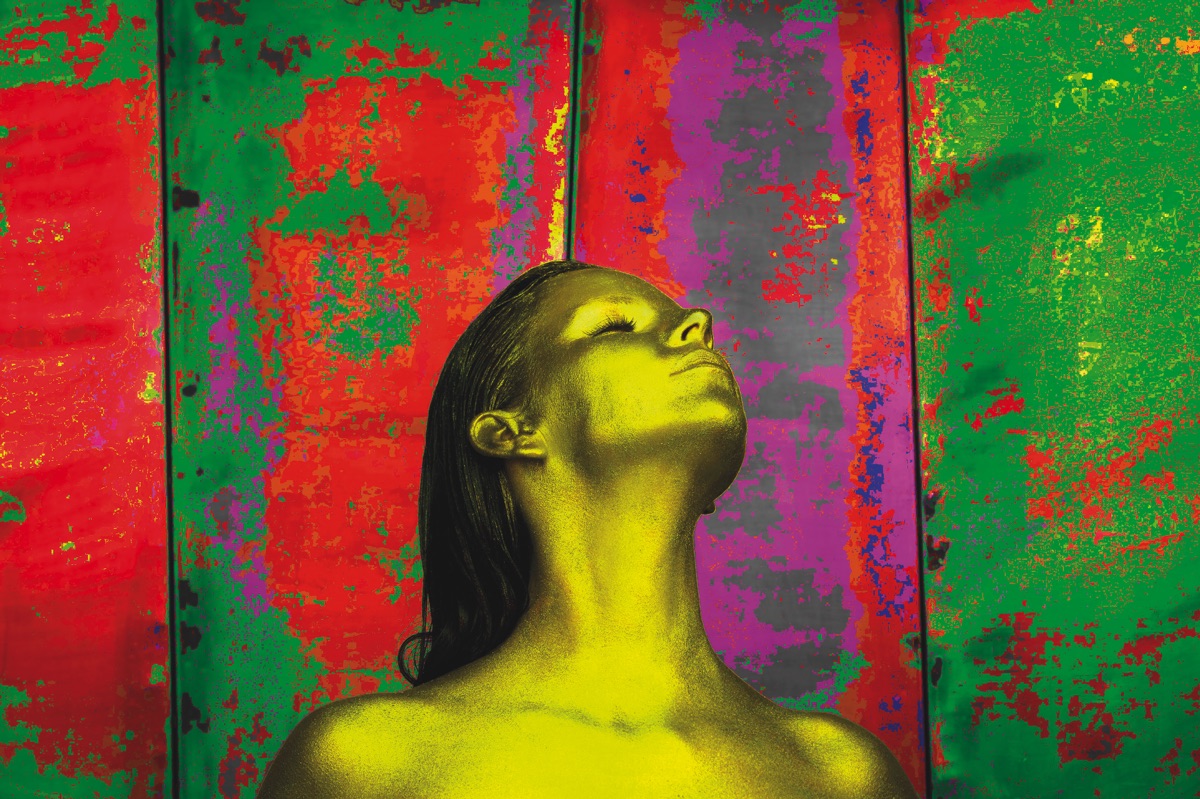
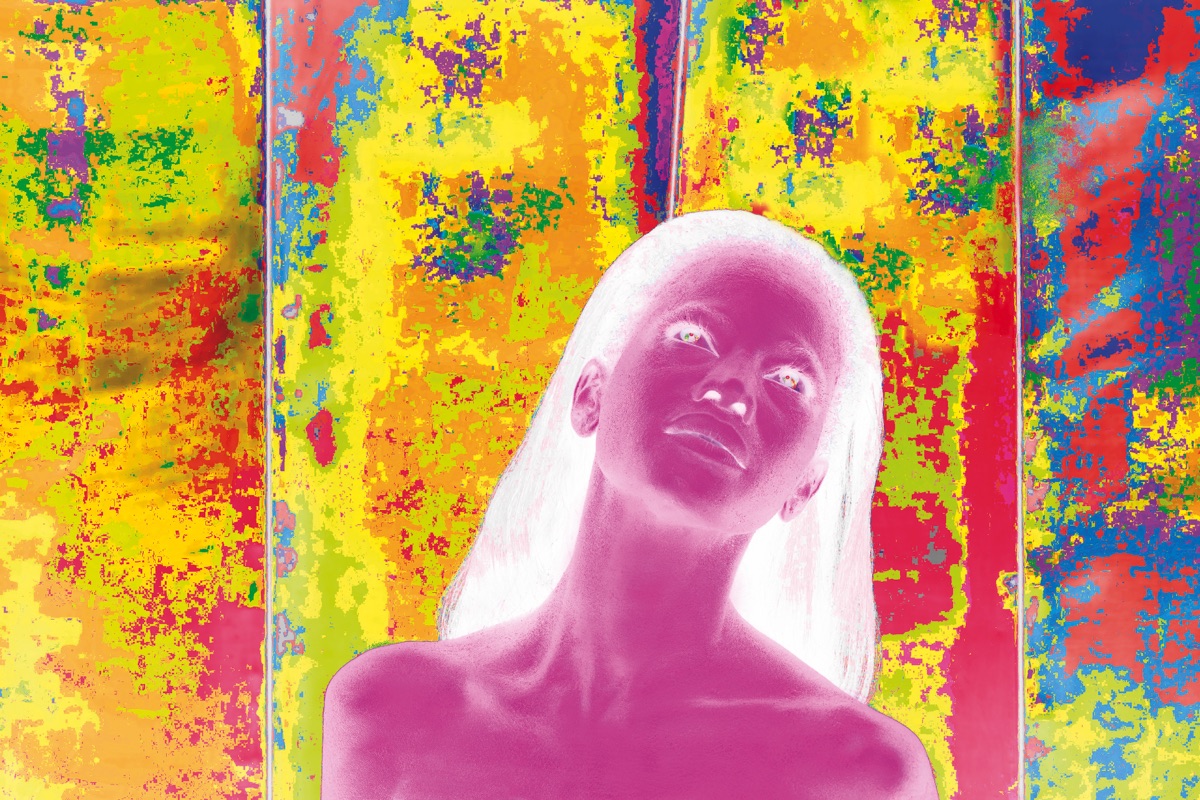
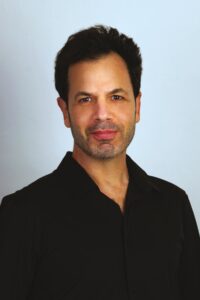 So, who is Shalev Man?
So, who is Shalev Man?